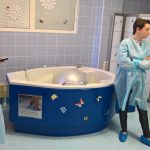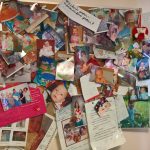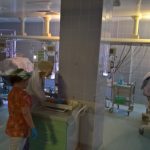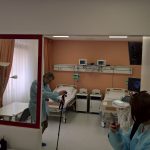Table of contents:
13/03/2019: Oxford 2: just some pictures…
19/09/2018: Amsterdam Crash Course in Experimental Economics
19/09/2018: University of Warwick Summer School on the Economics of Well Being
19/09/2018: Korean Society and Language
19/09/2018: Student Accomodation in London at UCL
18/09/2018: Going Abroad to Study
01/12/2017: California in Summer
26/10/2017: Chinese Course at the University of Trier, Germany
24/10/2017: Visiting South Korea (or Seoul to be precise)
30/08/2017: Data science in Ukraine
29/08/2017: Belgium and Holland (Amsterdam)
27/08/2017: Pictures: Saint Petersburg in the summer
14/06/2017: Discovering Russia – part 4
28/05/2017: Discovering Russia – part 3
20/05/2017: Discovering Russia – part 2
15/05/2017: Discovering Russia – part 1
09/02/2017: Cooool Times abroad…
16/11/2016: Second month in Russia, and…
30/09/2016: Year Abroad in Russia – First Month gone by
10/09/2016: Experiencing China and learning Chinese – August in Beijing
All posts on one page:
09/11/2020
Learning Russian
This post offers some of the resources I used while learning Russian. Writing my own grammar overviews, talking to Russians and vocabulary apps where probably the other key activities that helped me learn best.
- General resources:
- Entertainment
- Shows with subtitles:
- Reading:
- TRKI material:
- I did the TRKI 3 in 2017. Below are some of the resources I used to get ready, though it was hard to find much on the test online.
- Уровни (levels):
- Представления (online material):
- https://howtogetfluent.com/the-russian-trki-4th-certificate-the-ultimate-advanced-language-exam/
- http://www.fluentin3months.com/forum/general-discussion/russian-c2-%d1%82%d1%80%d0%ba%d0%b8-%d1%87%d0%b5%d1%82%d0%b2%d1%91%d1%80%d1%82%d1%8b%d0%b9-%d1%83%d1%80%d0%be%d0%b2%d0%b5%d0%bd%d1%8c/page-2/
- https://howtogetfluent.com/my-russian-trki-third-certificate-results-insights-for-your-advanced-language-exam-preparations/
- https://howtogetfluent.com/project-advanced-russian-or-steppe-ing-up-for-the-trki-3rd-certificate/
- https://howtogetfluent.com/improving-intermediate-to-advanced-writing-skills-in-a-foreign-language-operation-write-russian-right/
- http://www.fluentin3months.com/forum/my-language-mission/fluent-in-russian/
- http://www.fluentin3months.com/forum/my-language-mission/fluent-in-russian/
13/03/2019
Oxford 2: just some pictures…
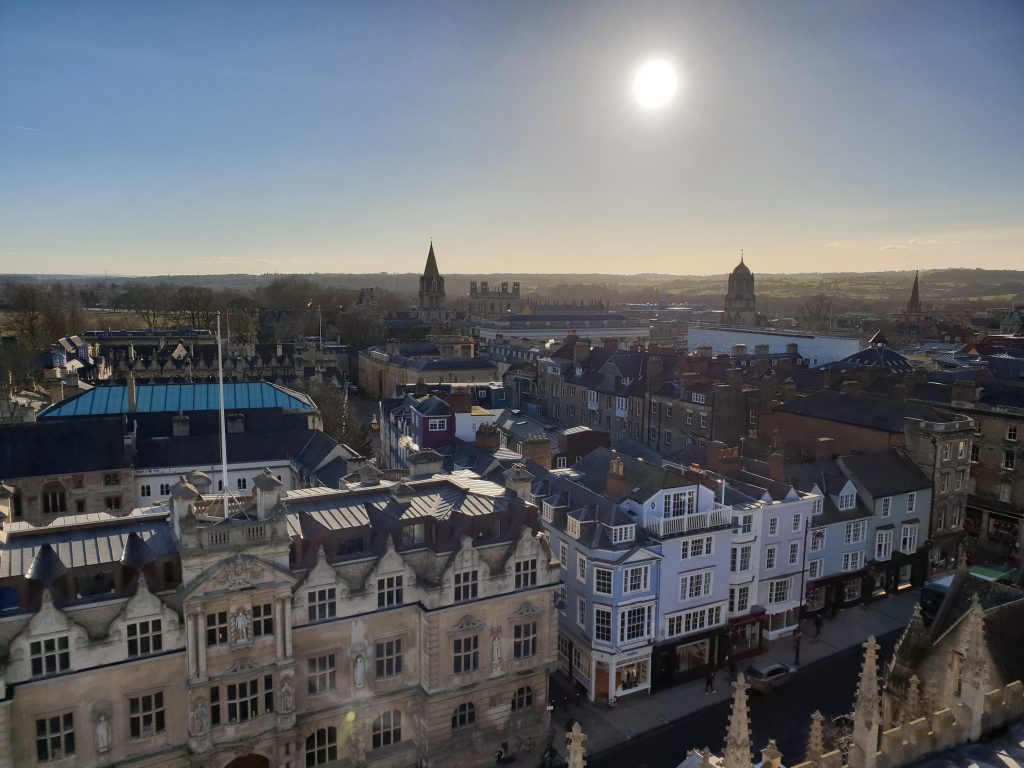
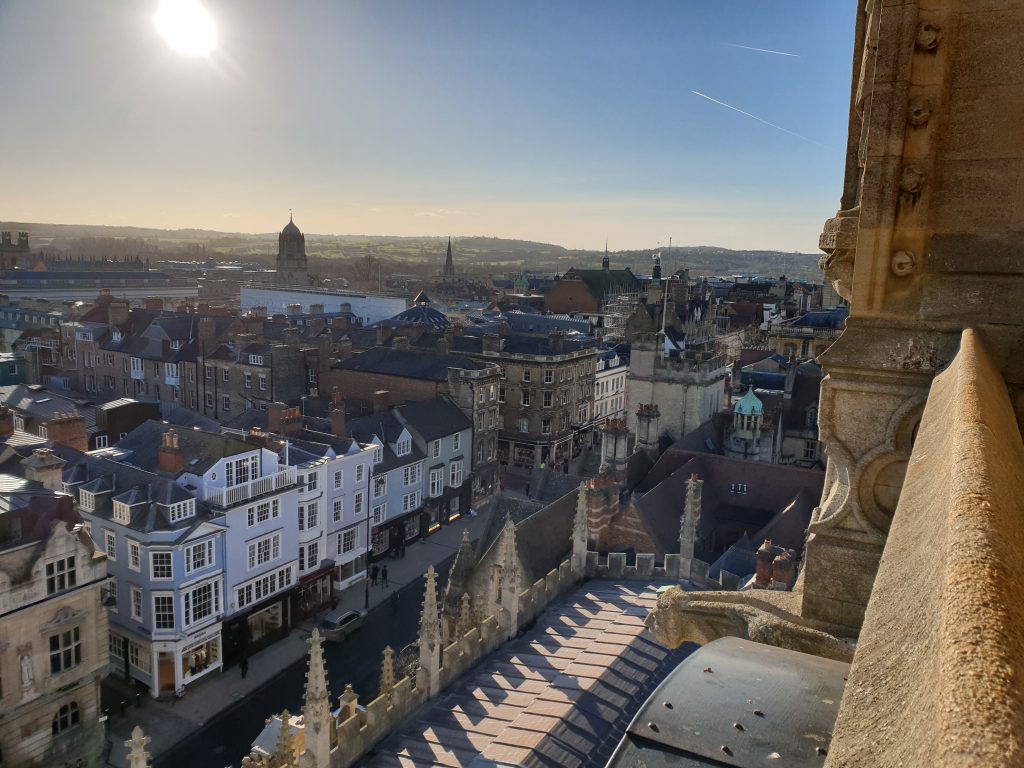
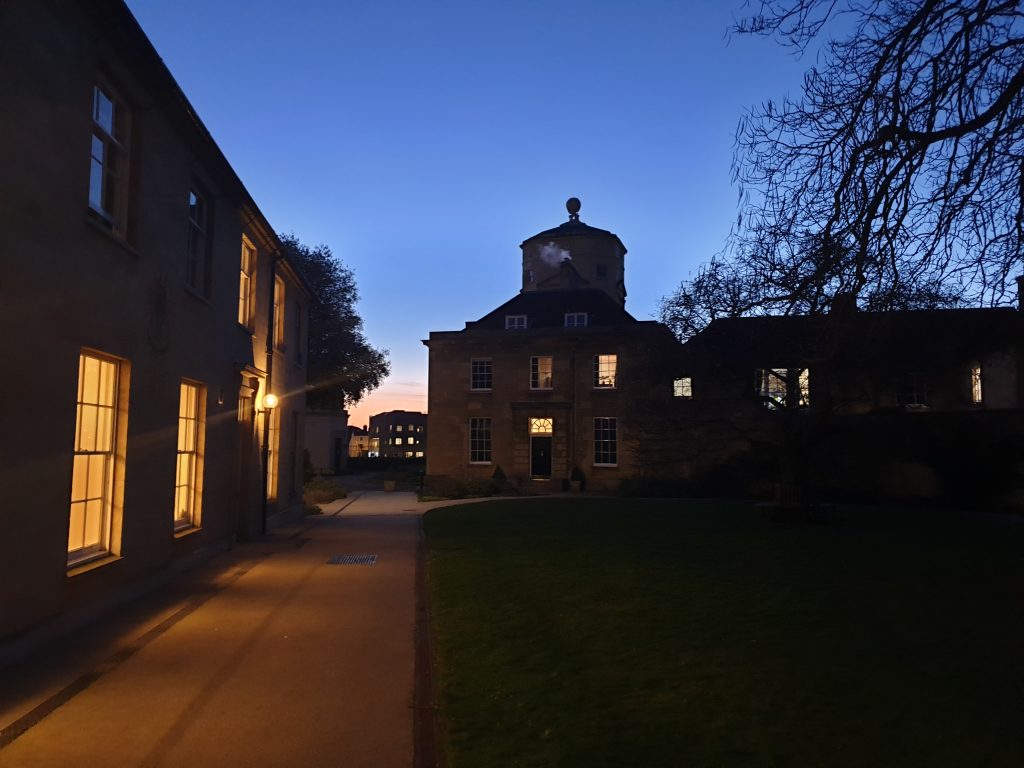
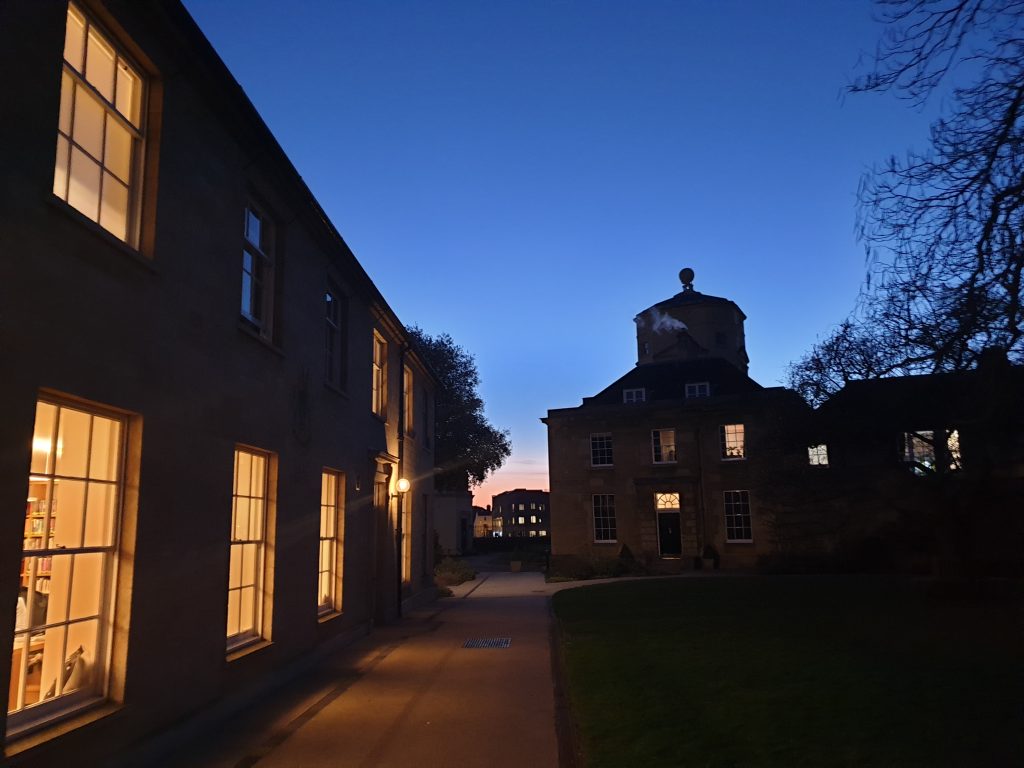
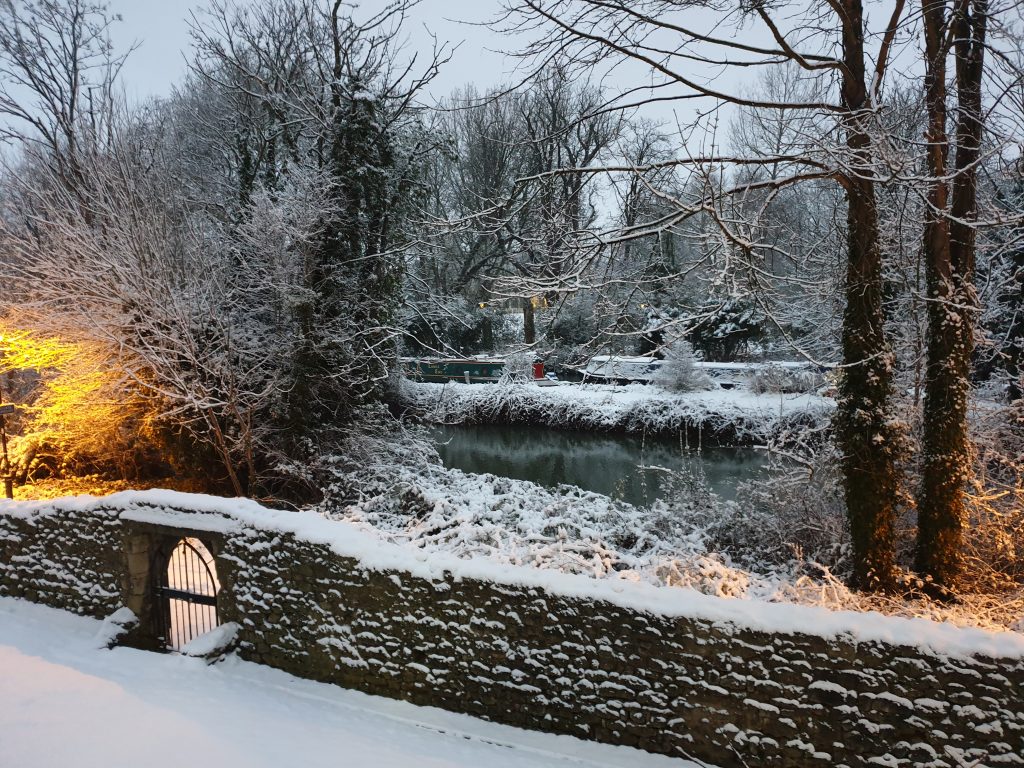
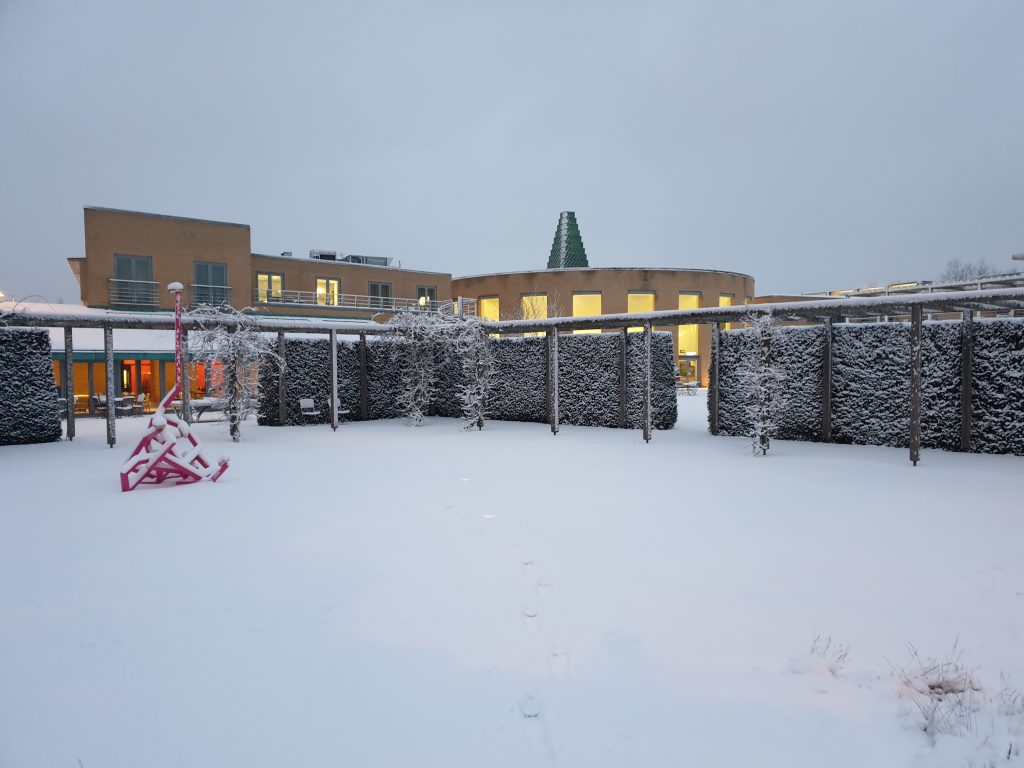
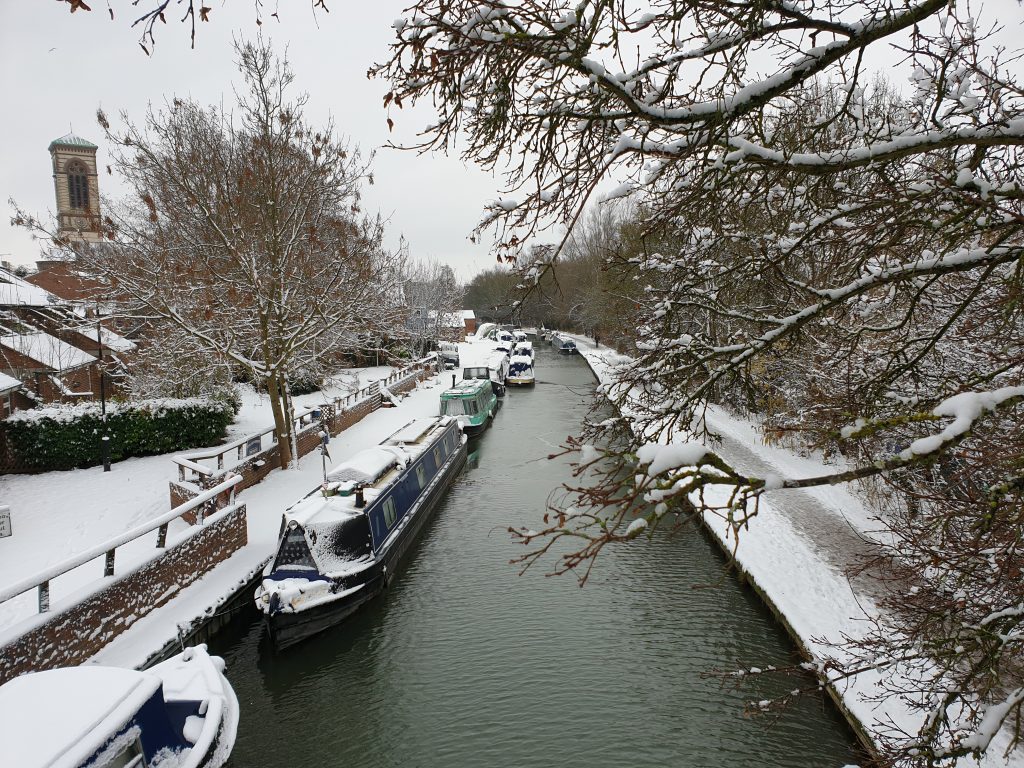
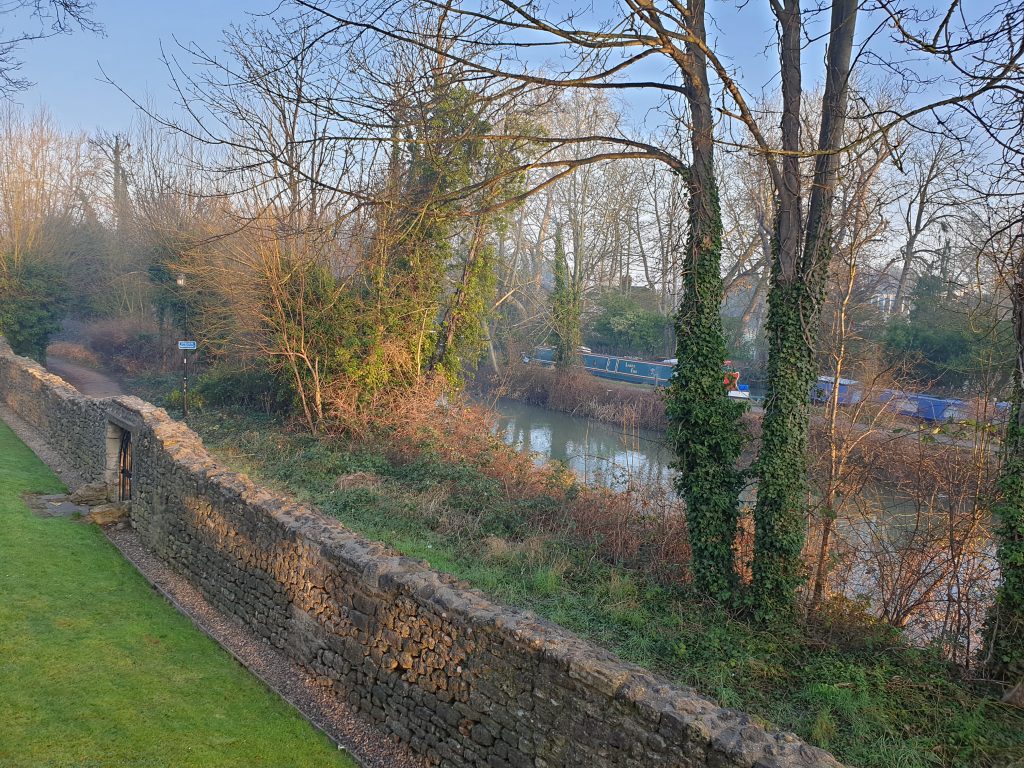
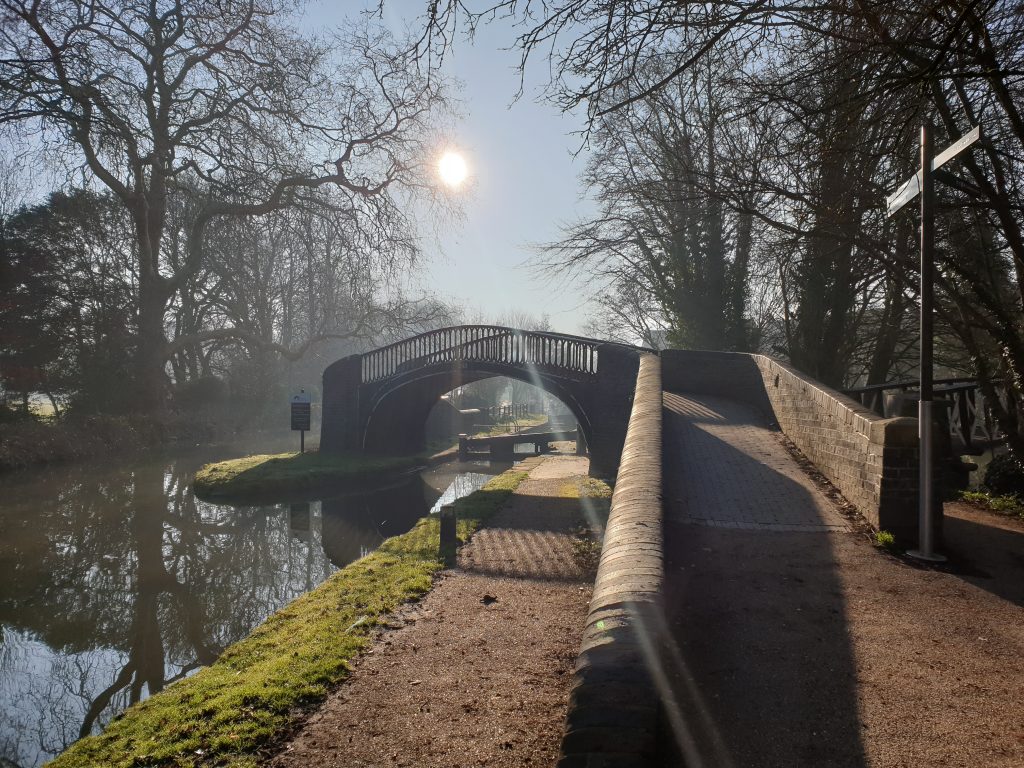
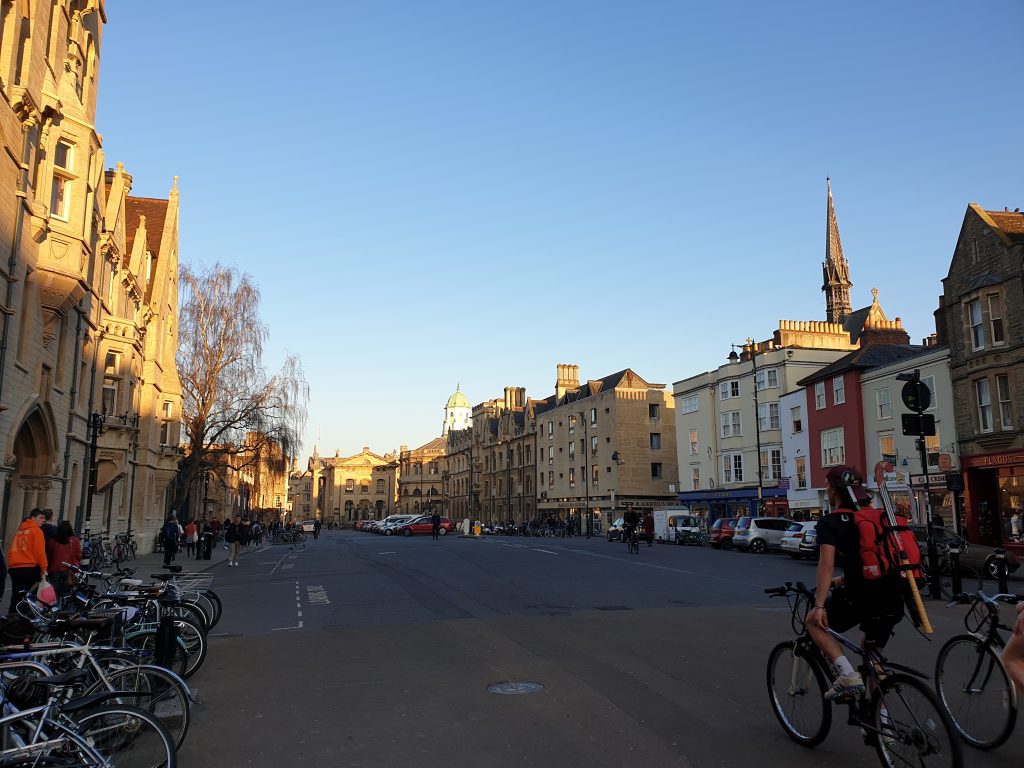
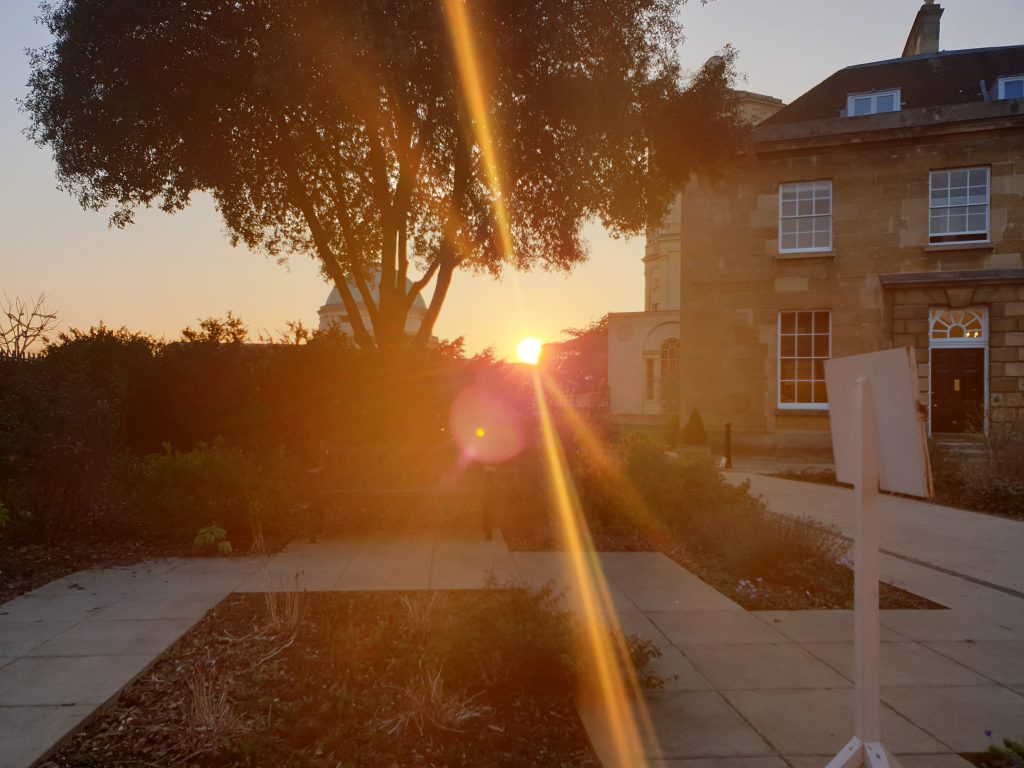
29/09/2018 Oxford 1
Oxford and I have known each other for some time, although it took me a while to get some meaningful attention from it. Oxford has hosted me at least 5 times already until now: for the University open day, interviews for PPE, Model United Nations and two conferences at the Said Business School (SBS). Now that I have started studying for my DPhil, I get to experience this magic place every day for much of the next few years. What a privilege. Below are some pictures I took back when I used to visit Oxford starting in 2013. Those times were the start of a hopefully fruitful but certainly passionate relationship that ironically I have now picked up again mostly for research and not so much for the university. Although of course it is an amazing place for research and somehow the two go hand in hand. Some background on Oxford:
- Oldest university in the English speaking world.
- Made up of more than 40 constituent colleges and halls. They are like houses in Harry Potter to some extent where every student has their “home” within the university. I am part of Green Templeton College, only available to graduate students. I have really been enjoying that community of graduate students and researchers. Among others, it allows me to live right next to SBS.
- SBS, my schoool and the business school of the university, was founded in the year I was born in 1996. It has since developed into a strong school with a great building and community. I already liked that when I came here for conferences earlier and studying here is mind-blowing.
- Two of the other outstanding institutions in Oxford are
- All Souls college: a beautiful college right in the centre made up of roughly 100 fellows. It does not take undergraduates and has been home to many exceptional academics such as Amartya Sen. They run an exam every year over the course of two days that I recently sat. The prize for the two winners is a 7 year fully funded fellowship at the college.
- Oxford Union: the debating society of Oxford housed, again, in a beautiful building in the centre. Many great speakers visit this place every year.
I like a few things about Oxford. First, nature here is beautiful. Second, the buildings and spires really do inspire at least if you feel like me and can only marvel at the history and meaning of the place. The beauty of is breathtaking. Third, compared to London everything is much closer together, even more so when you have a bike. Fourth, more than in any other place I know everyone I meet is nice, mostly down to earth and interesting. Fifth, it places great emphasis on sports. There are also a few things I “dislike”. Firstly, it is rather small. For example, there is no real supermarket in the centre except for a few small convenience stores. Secondly, I think I will learn to “dislike” that it gives you so much cool stuff to do while not stretching the usual 24h/d to more. Makes FOMO (fear of missing out) seem real. I am going rowing for the first time today because that is what you do here apparently. Makes sense since it needs lots of willpower so lets see how it goes. However, I also try to remind myself that the metric for success here is not so much how much I love my time here. That is a given it seems so far. Instead, I should strive to use this incredible chance to make a difference. I really hope that will go well, fingers crossed.
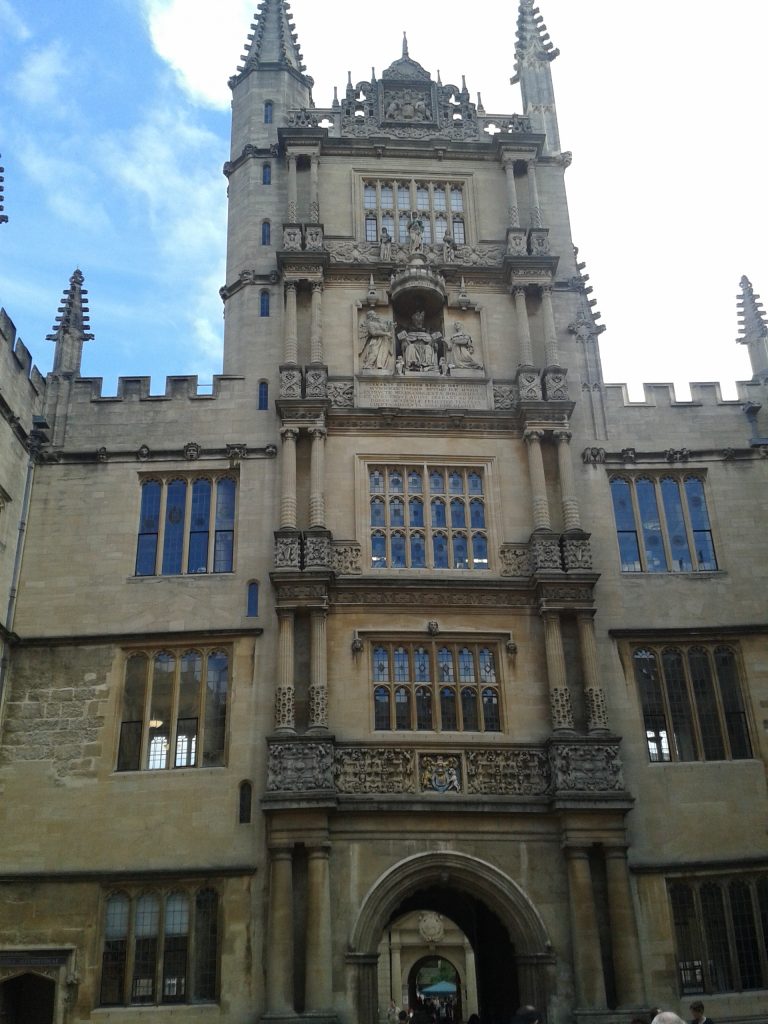
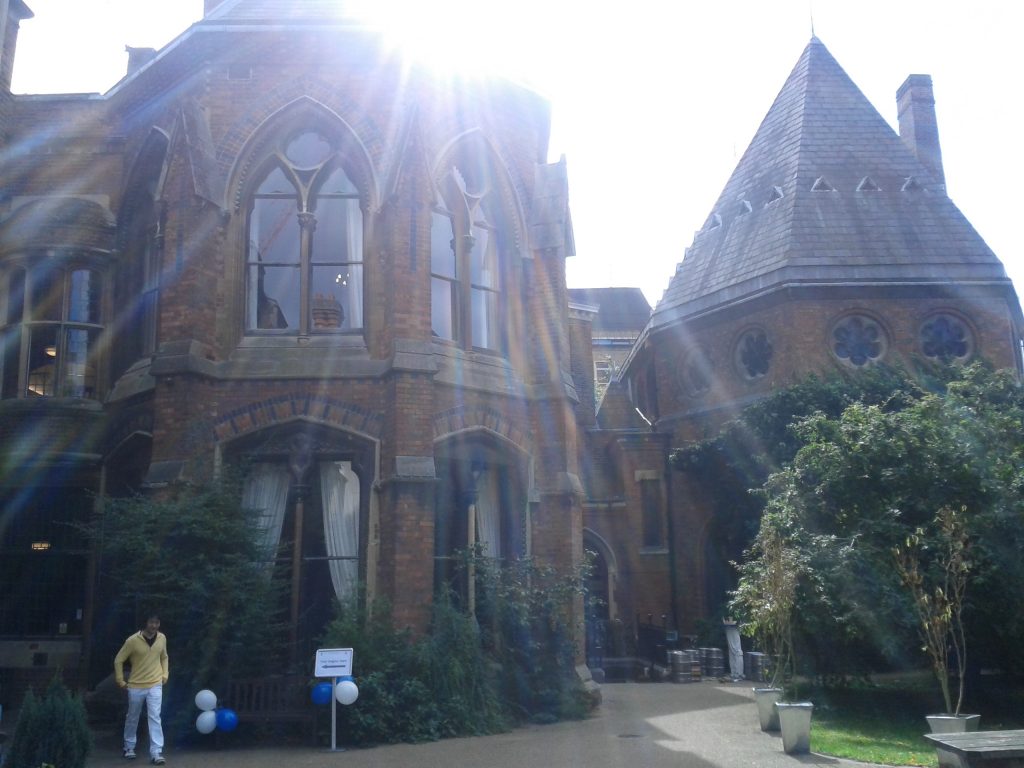
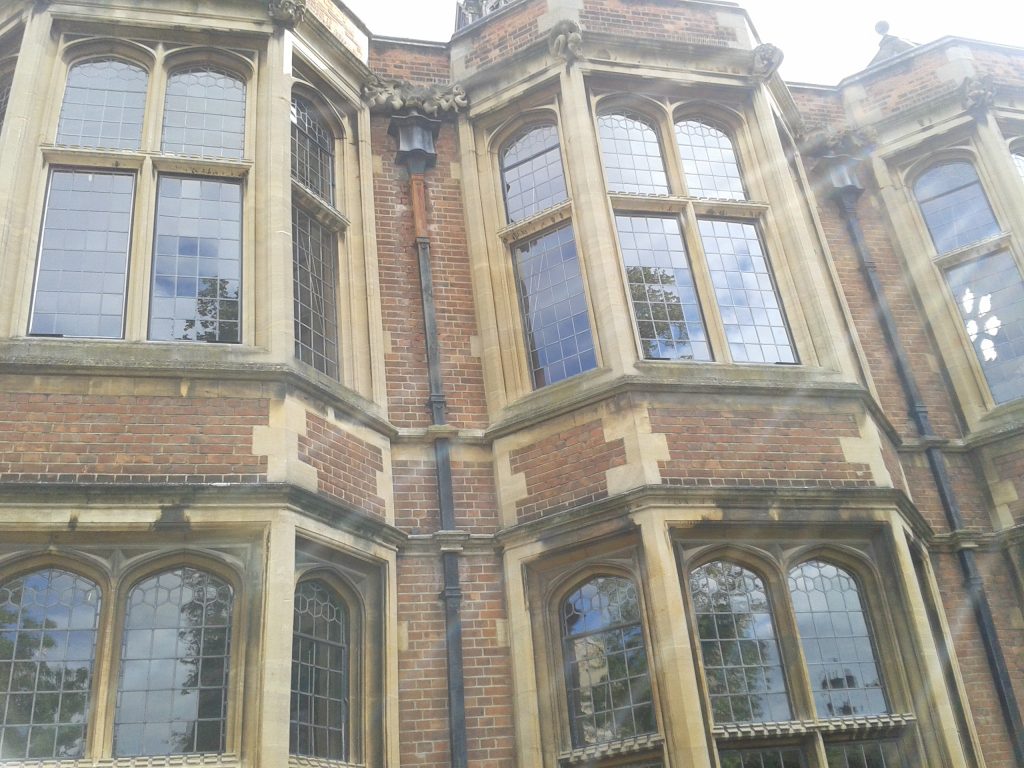
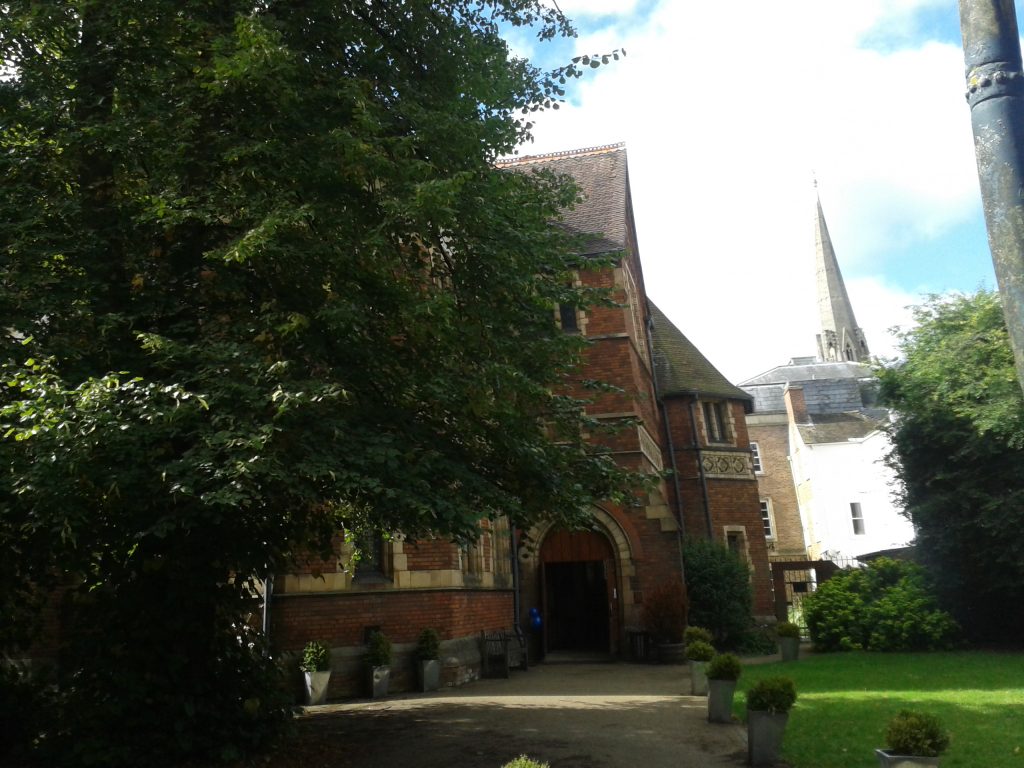
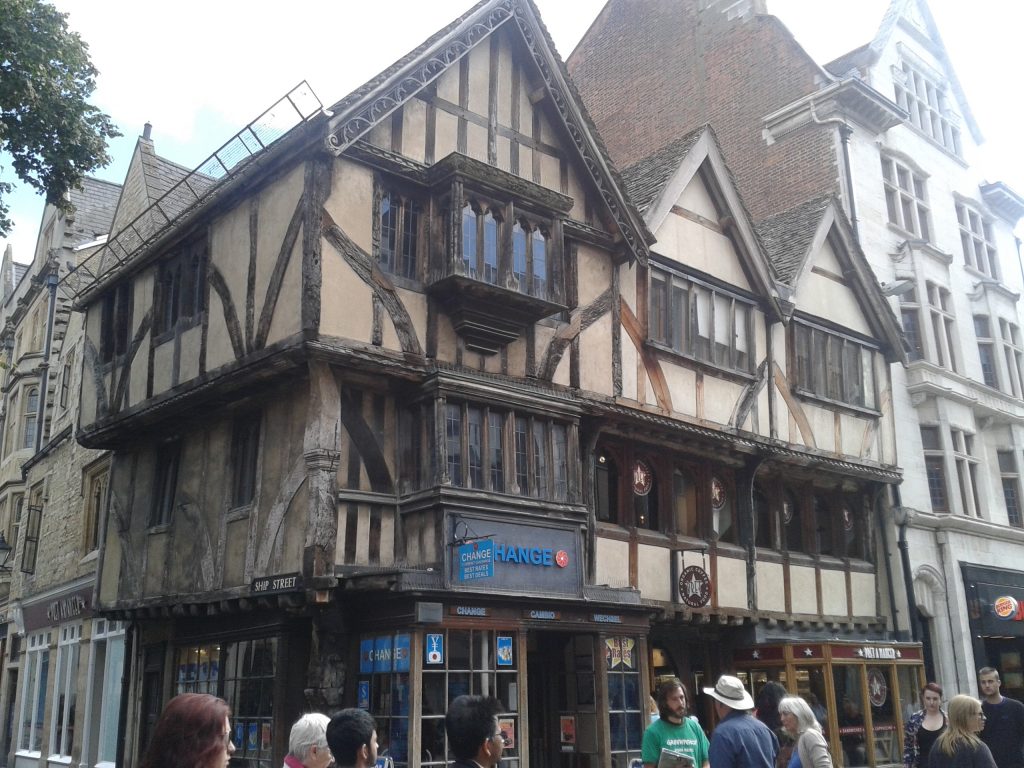
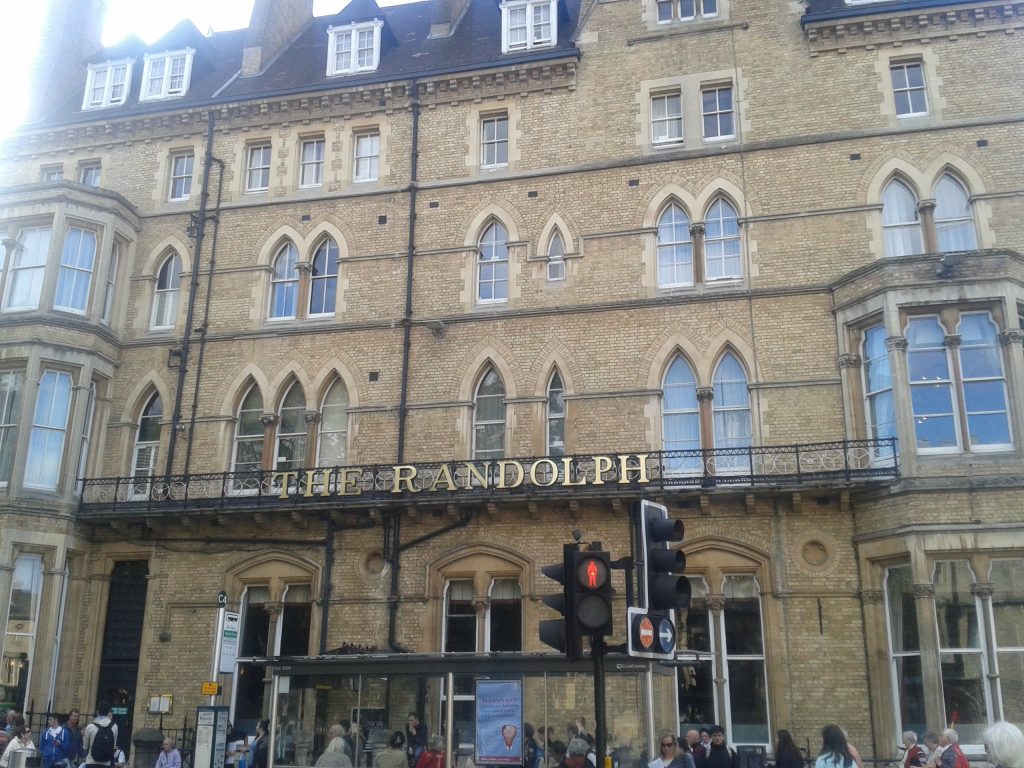
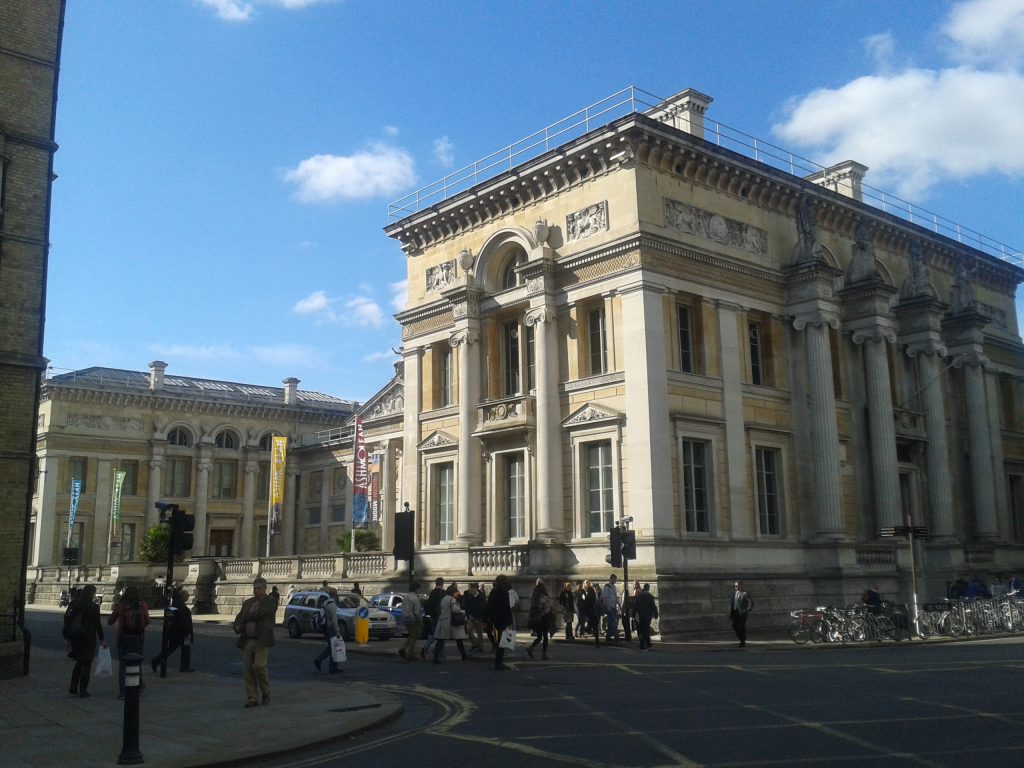
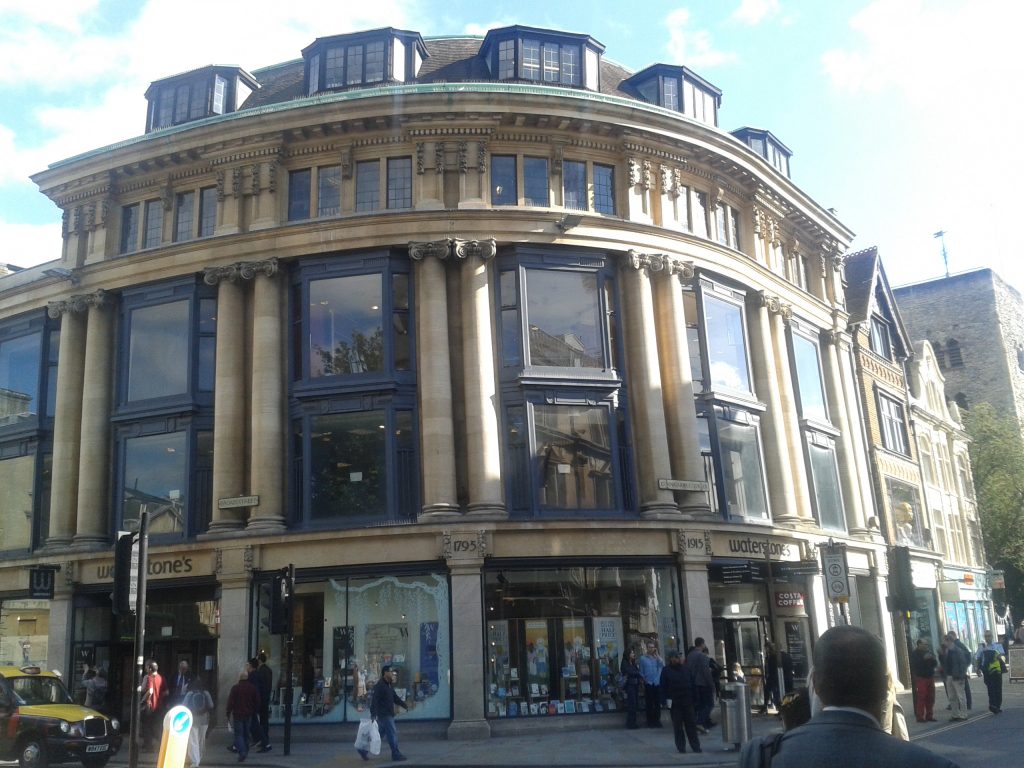
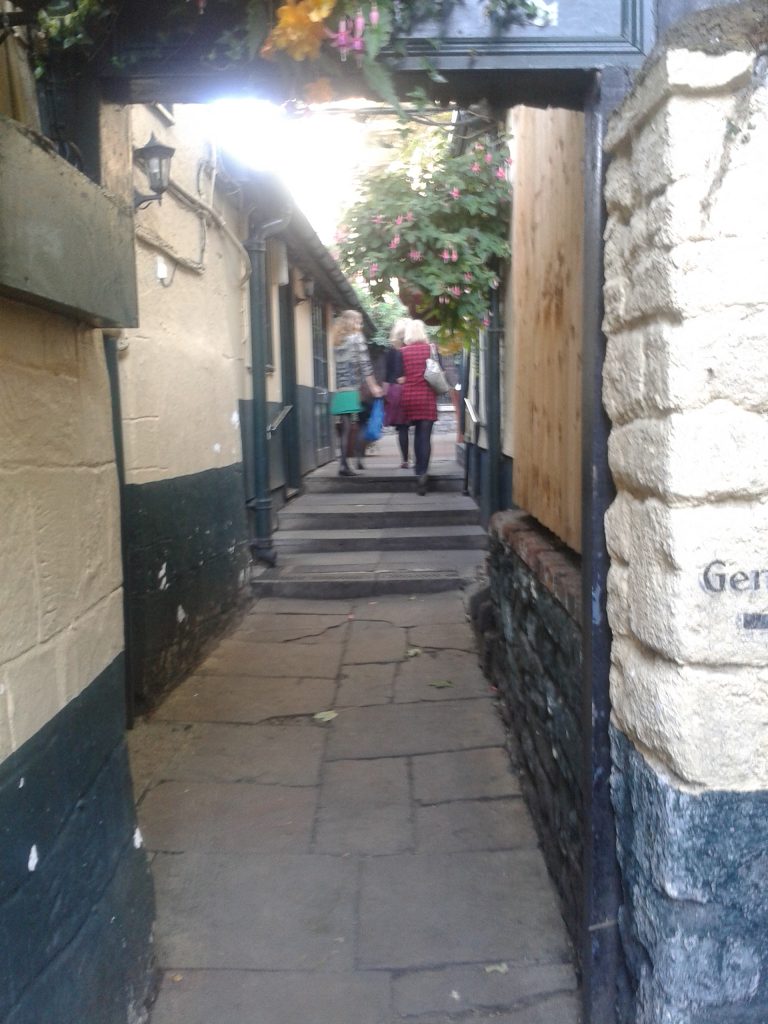
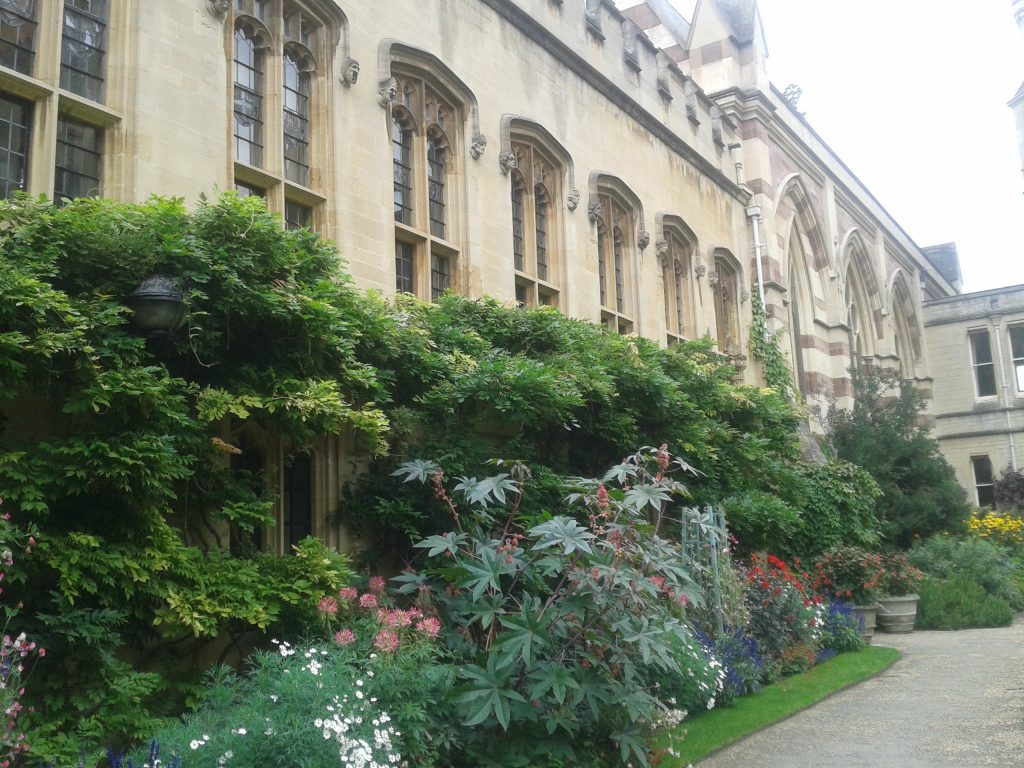
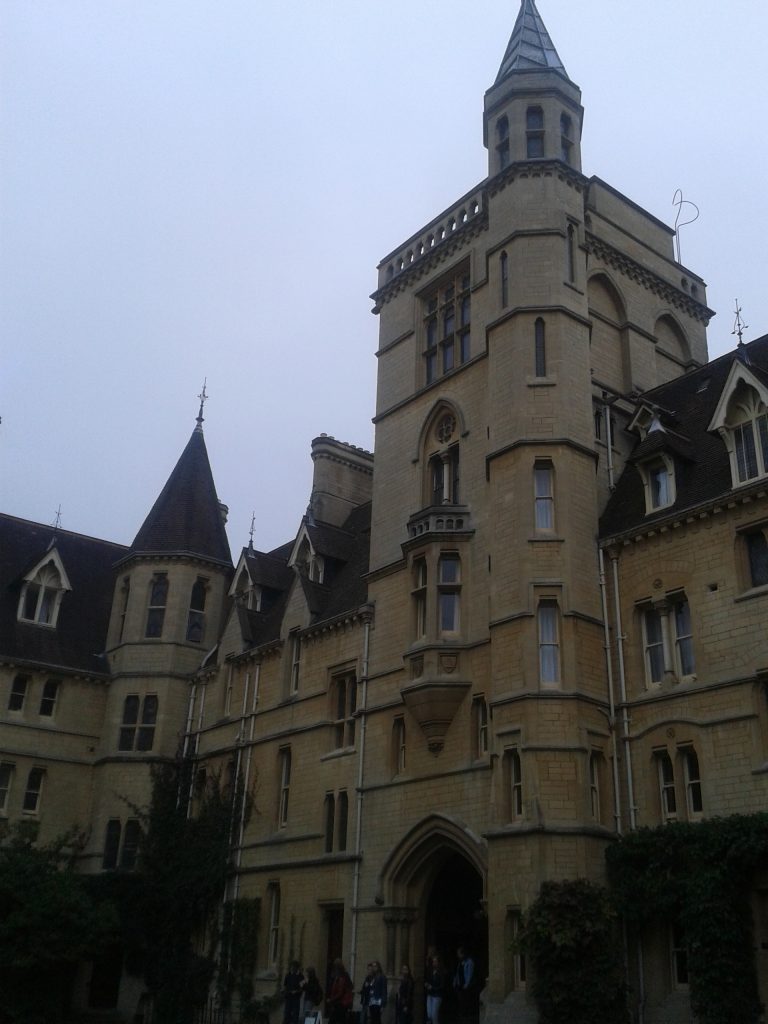
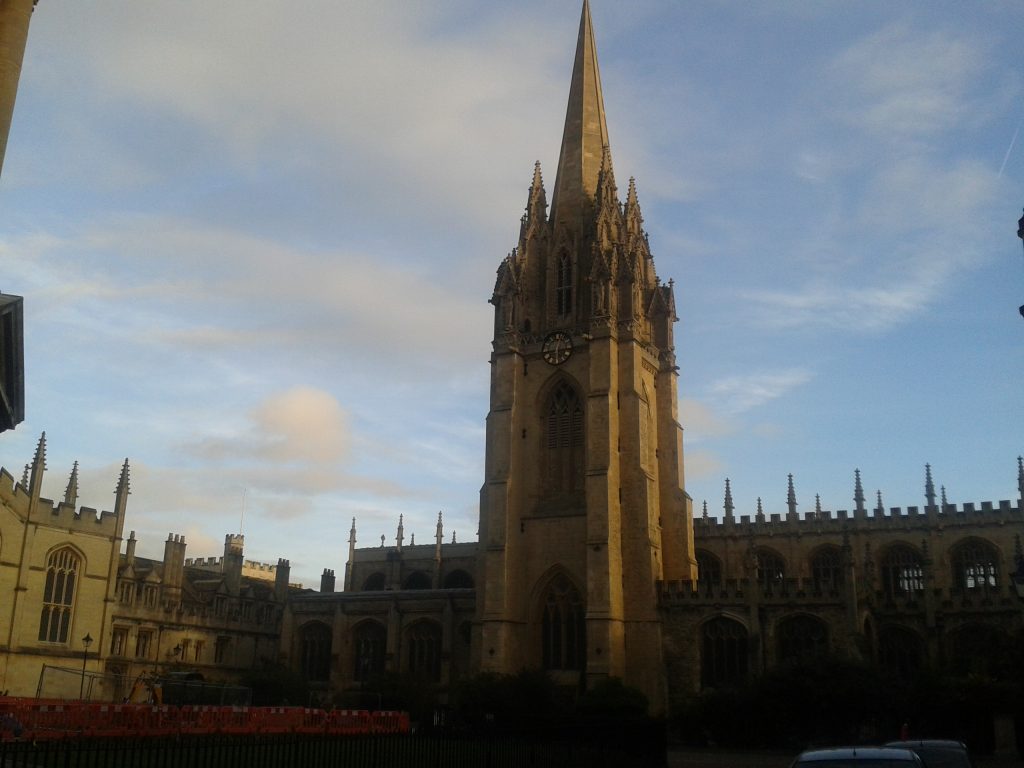
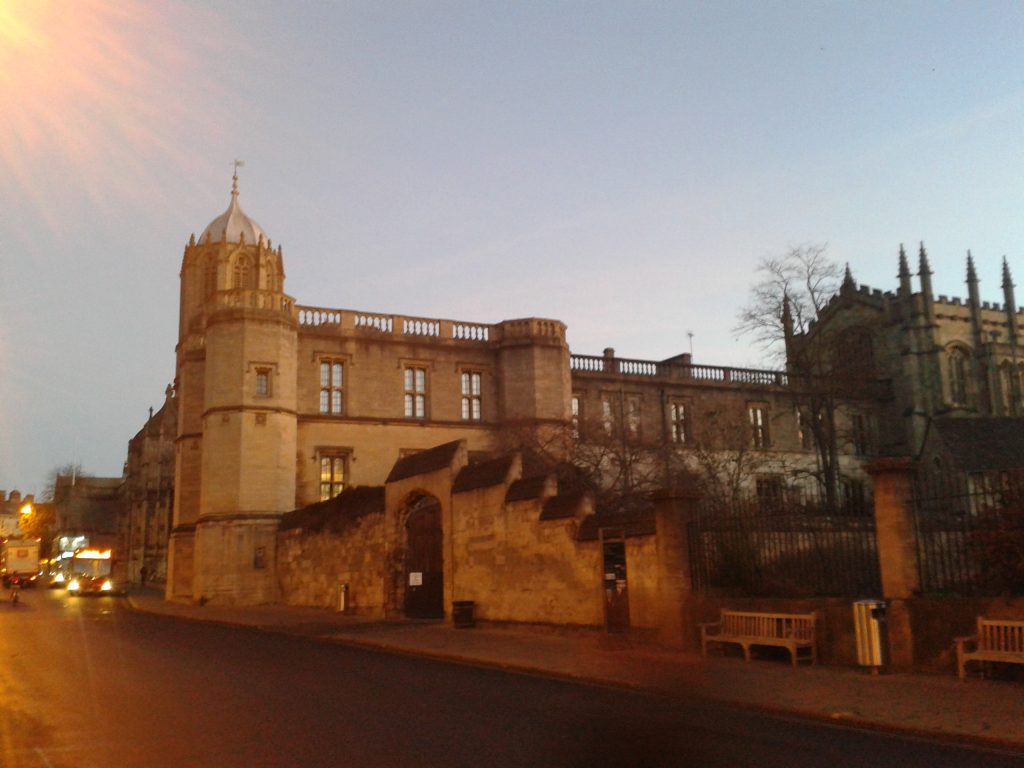
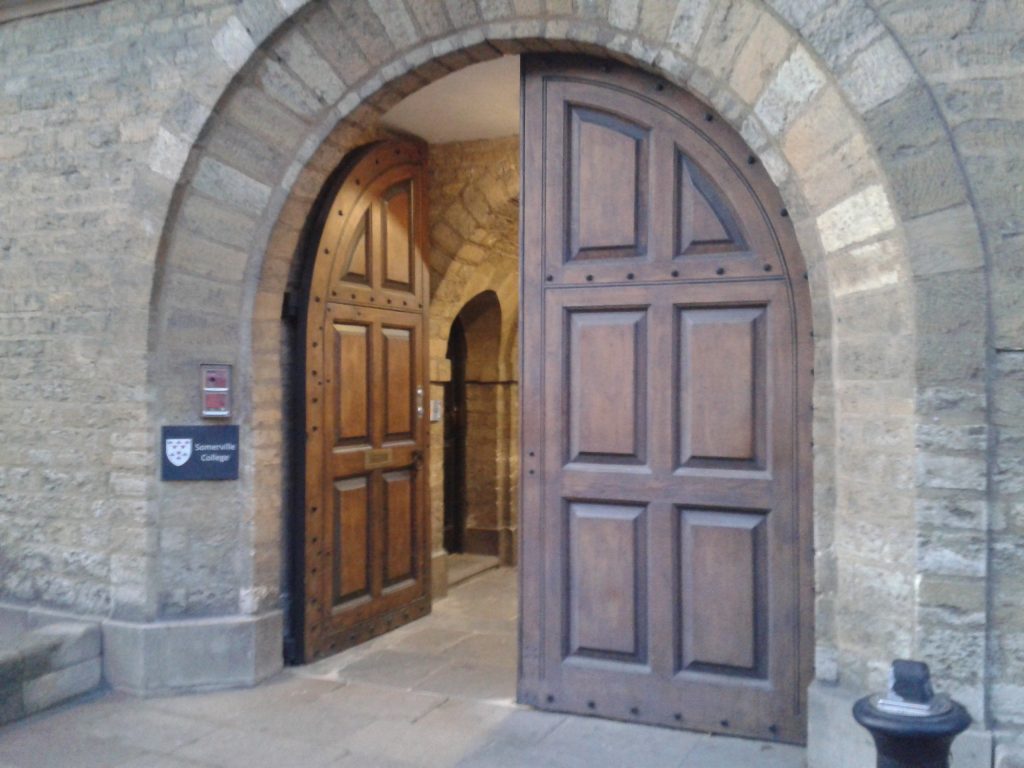
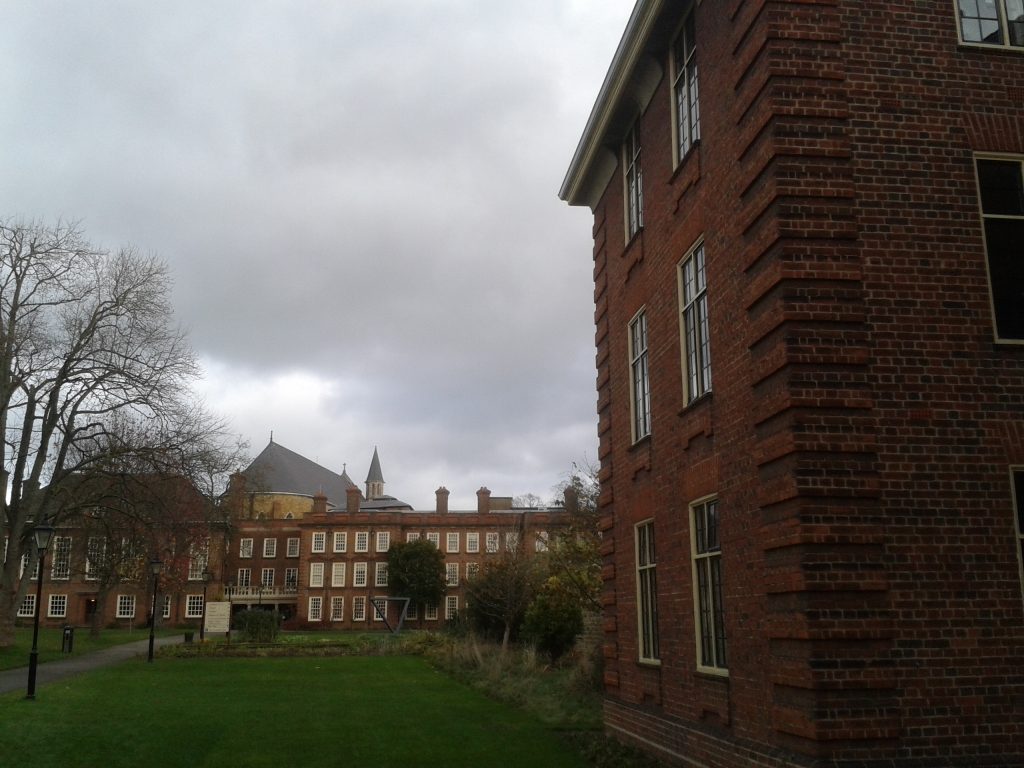
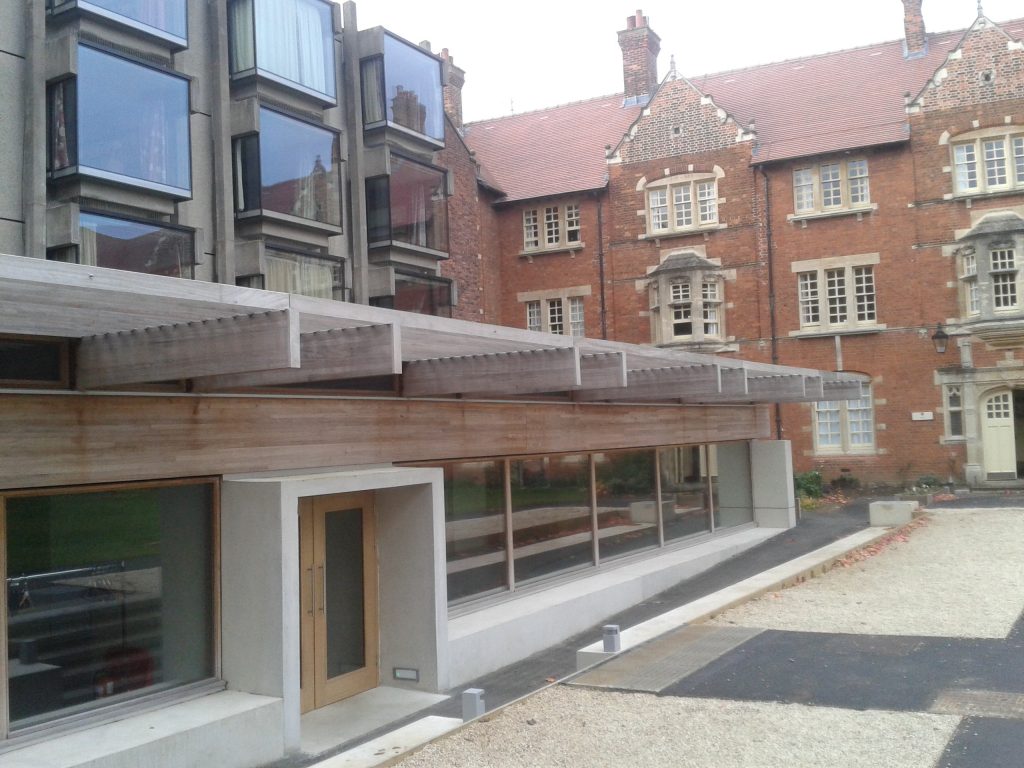
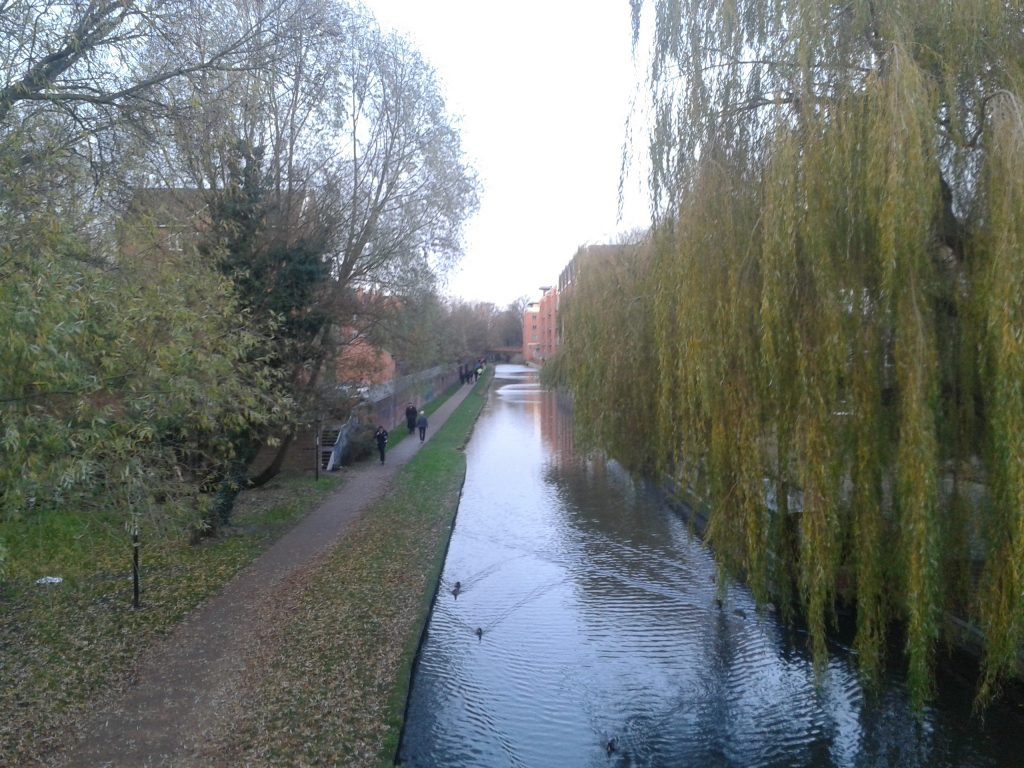
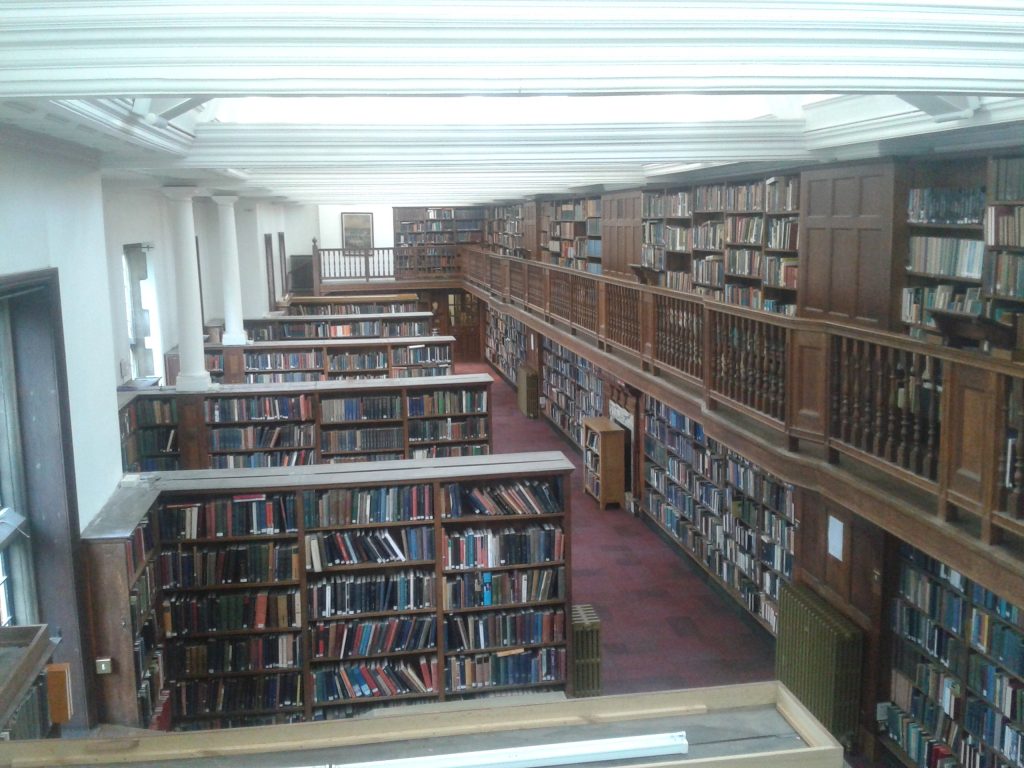
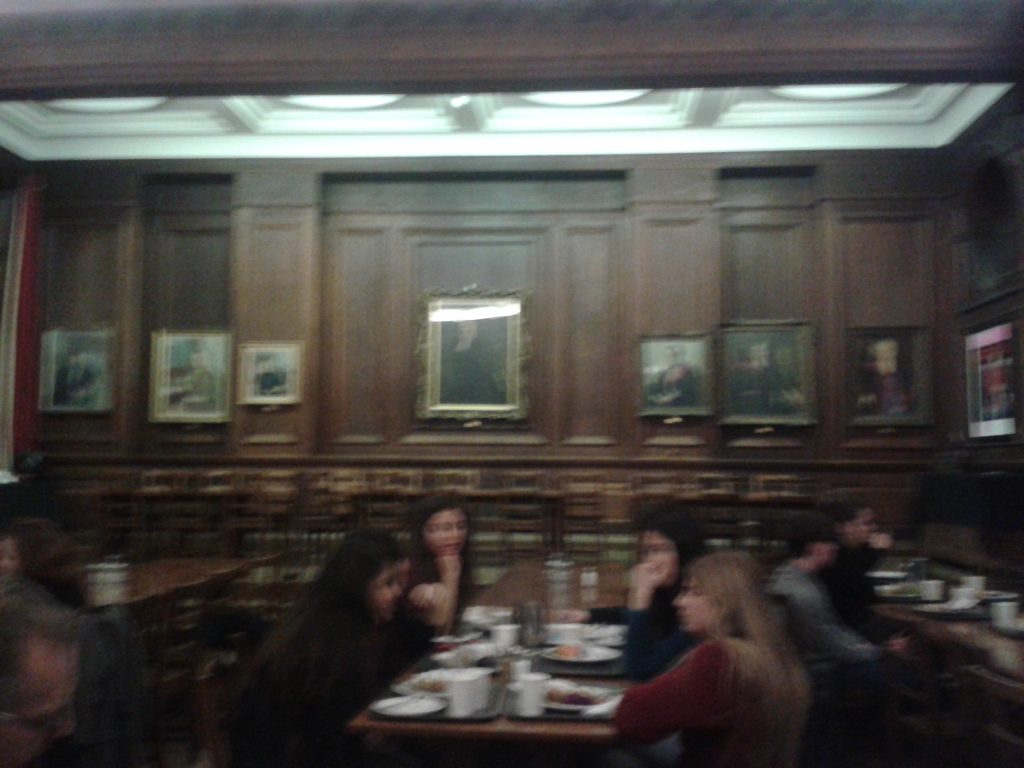
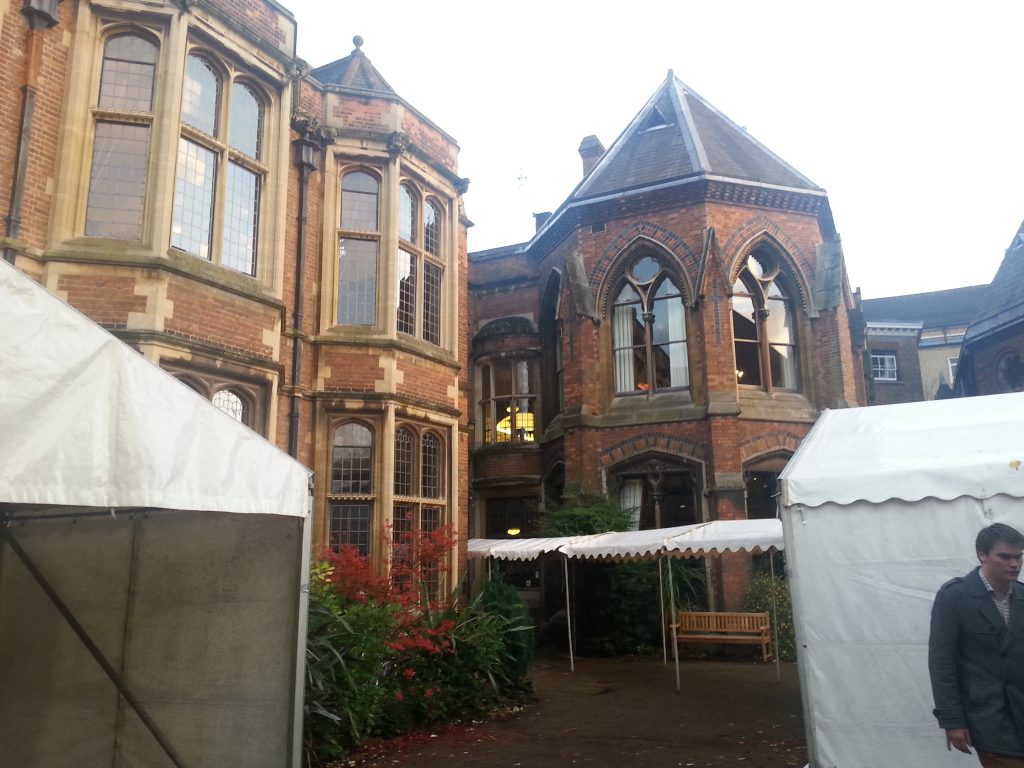
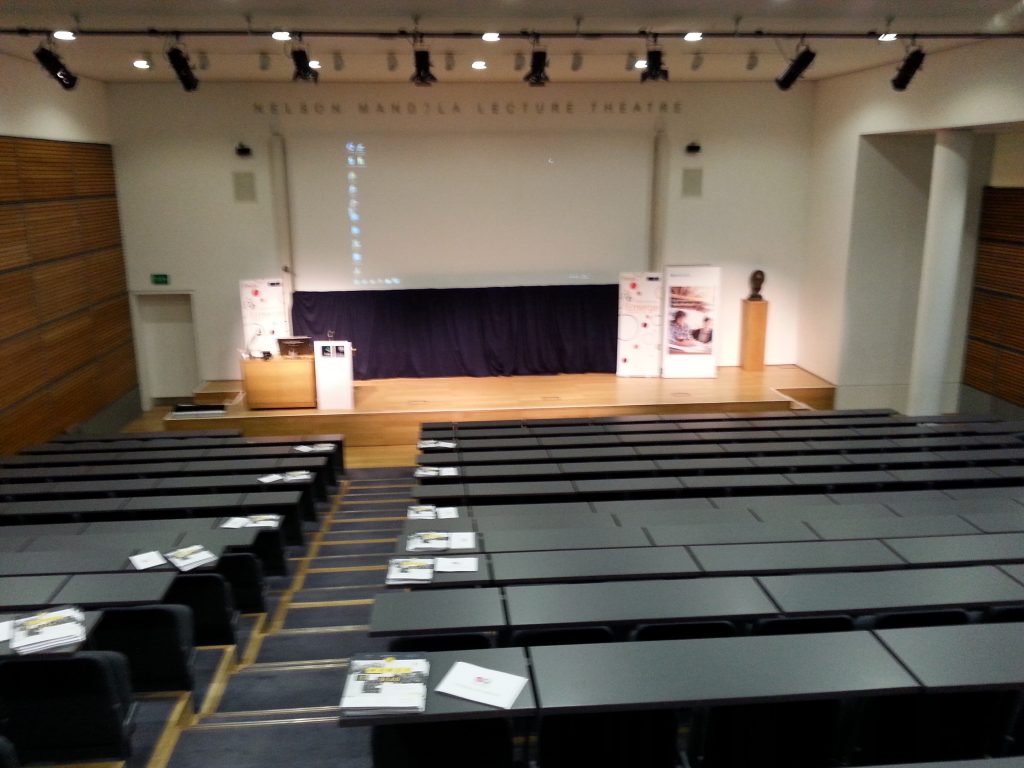
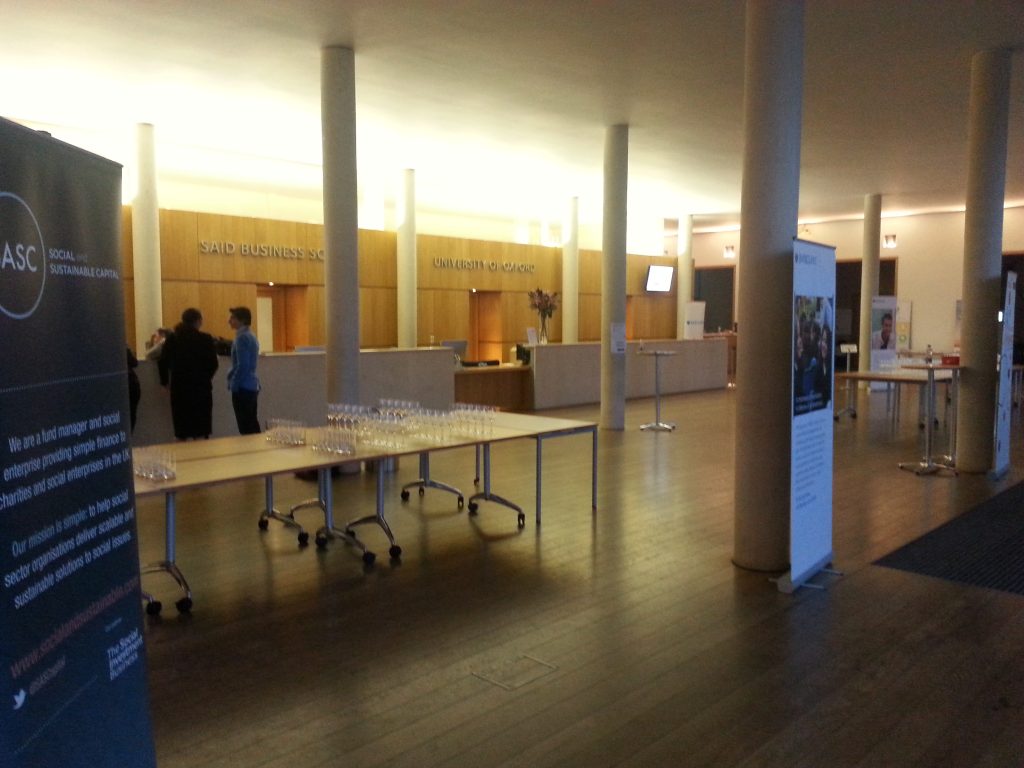
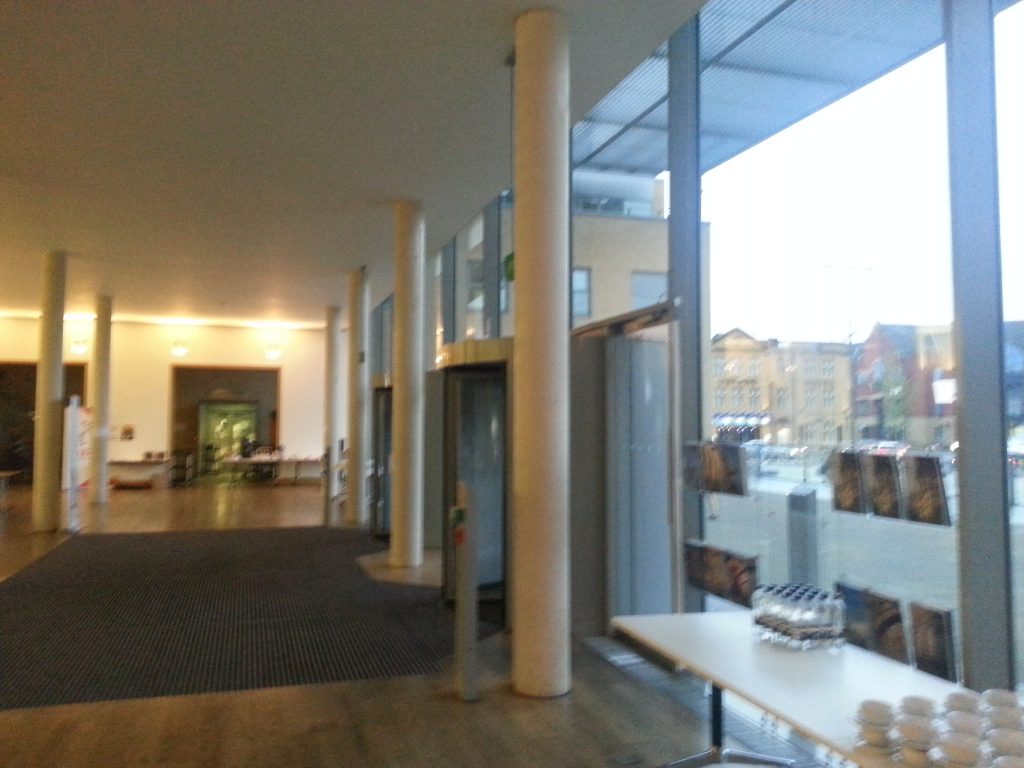
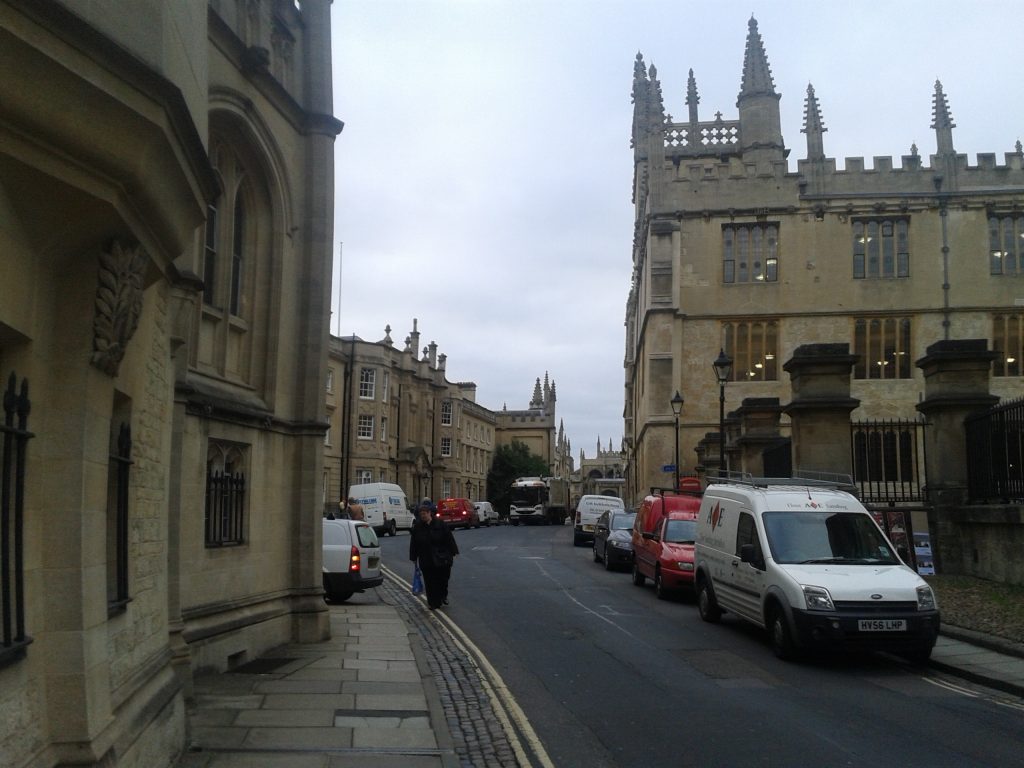
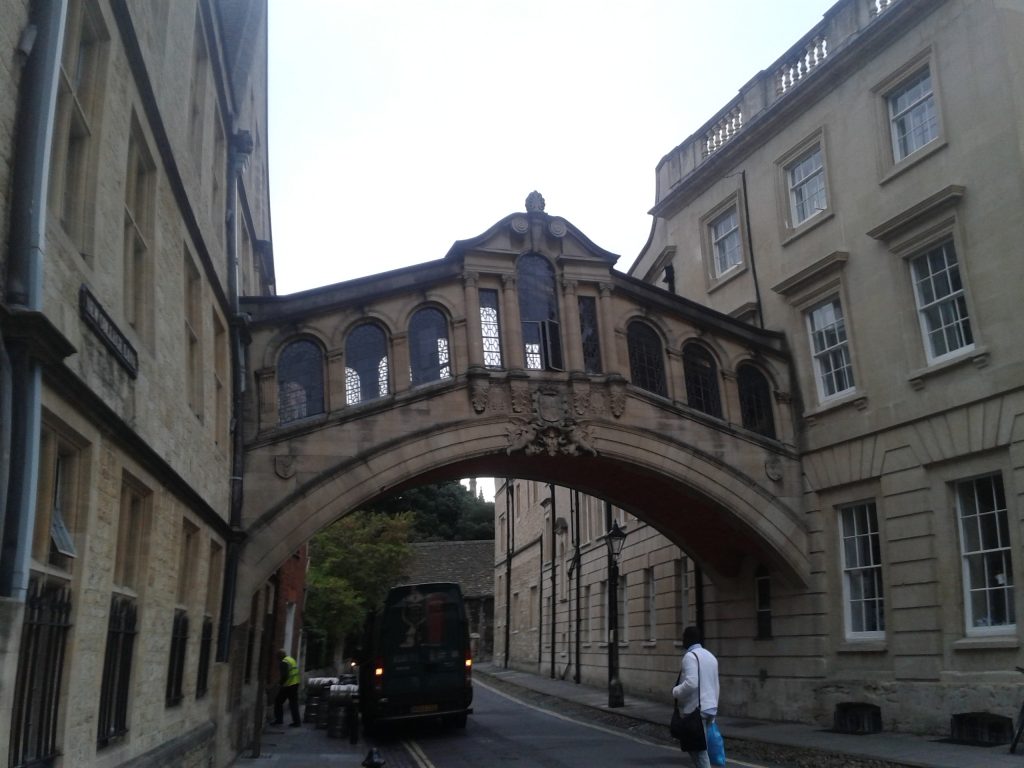
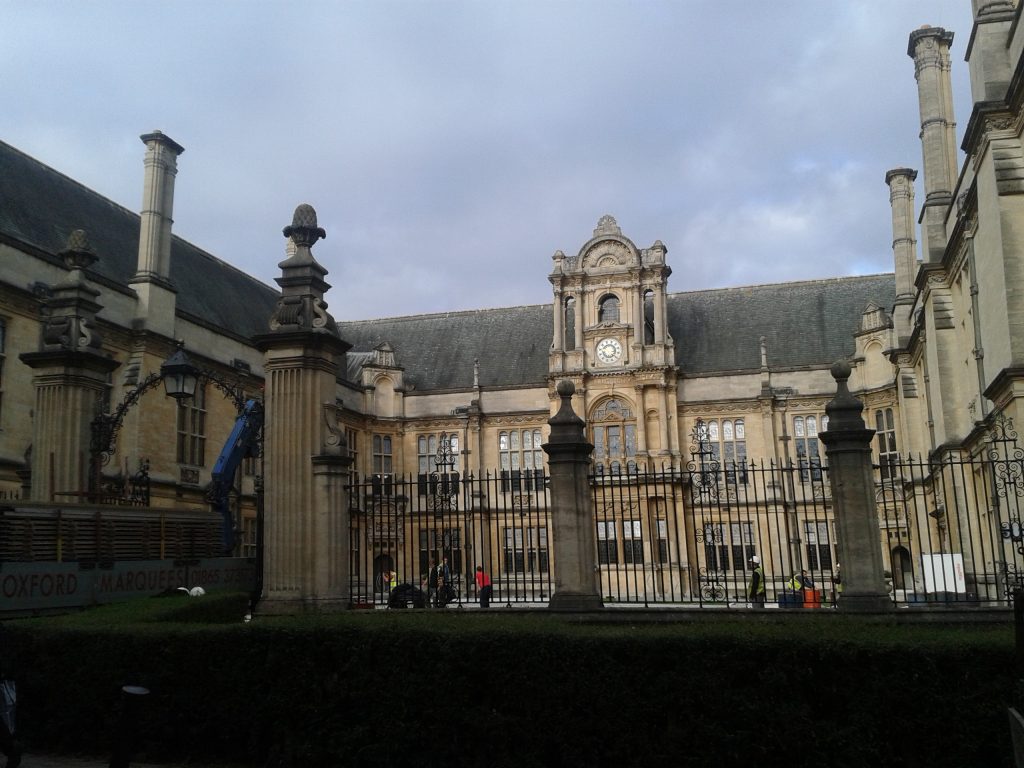
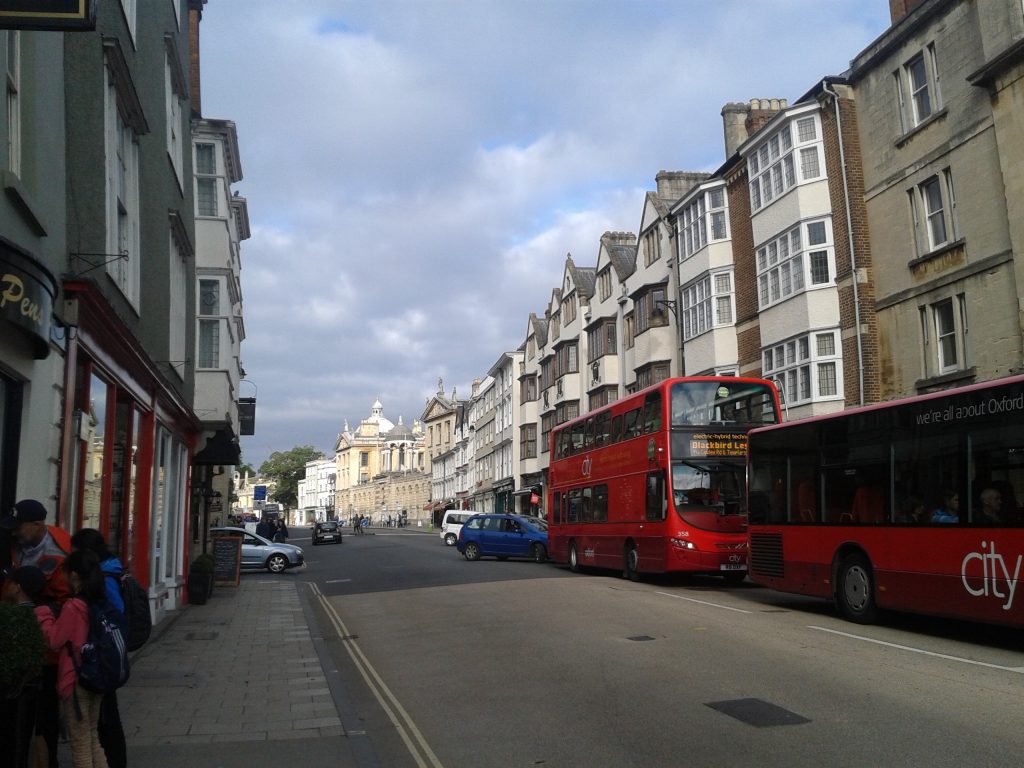
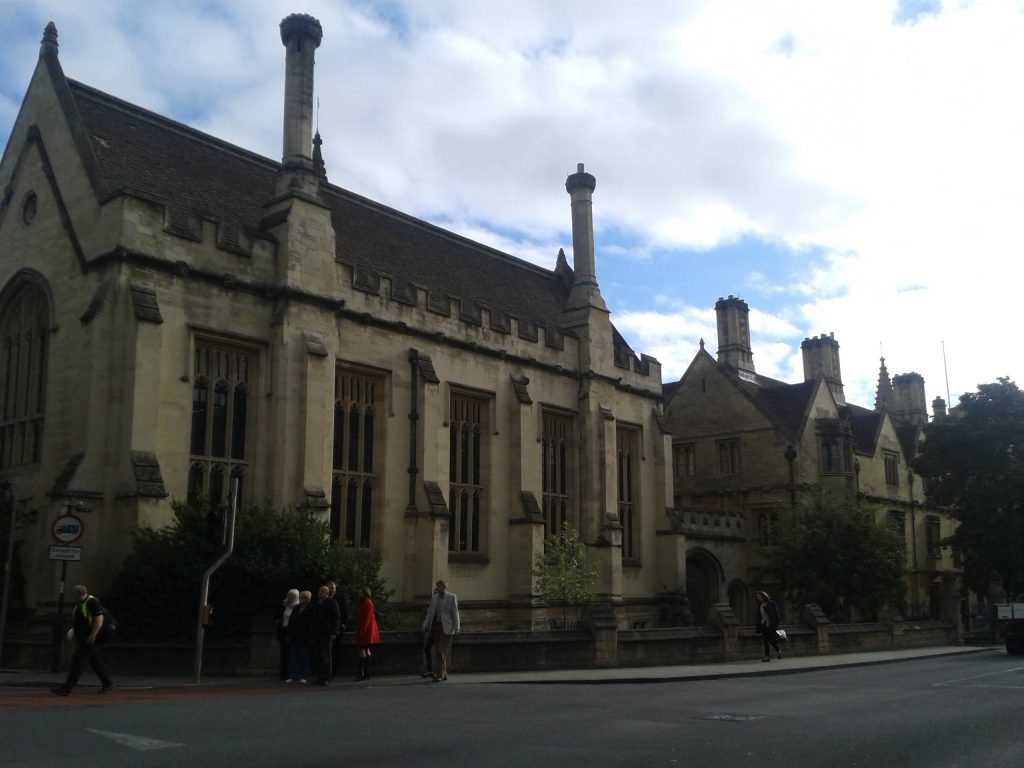
19/09/2018 Amsterdam Crash Course in Experimental Economics
The Tinbergen Institute and the University of Amsterdam co-hosted this one-week workshop. Artur Schram and Jeroen van de Ven hosted our group of roughly 25 PhD students. After some introductory lectures we got to design and run our own experiments in groups of 5. My group ran an experiment on how secrecy affects difficulty choices. Given that we ran it on the other participants the results won’t really be insightful beyond our group. However, within our group subjects chose more difficult tasks if their results were to be made public than when they were kept secret. Maybe this is because PhD students tend to be rather motivated. It was also nice to live in Amsterdam for a week. It is incredibly expensive and the only reason why I managed was my hostel: Hans Brinker is amazingly cheap at just 150/week including breakfast. It was just 20 minutes from uni by foot and so I walked through the canals each morning.
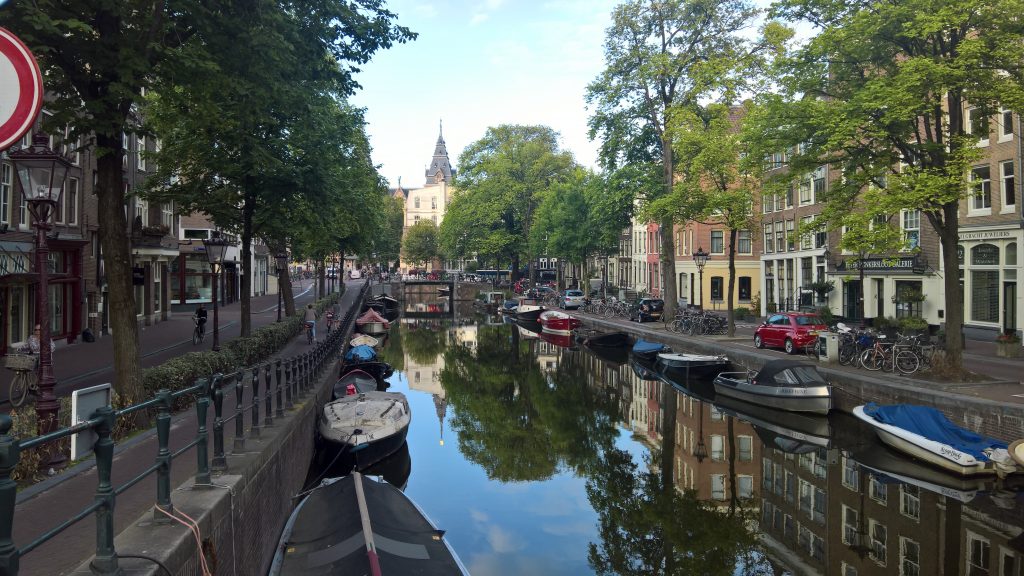
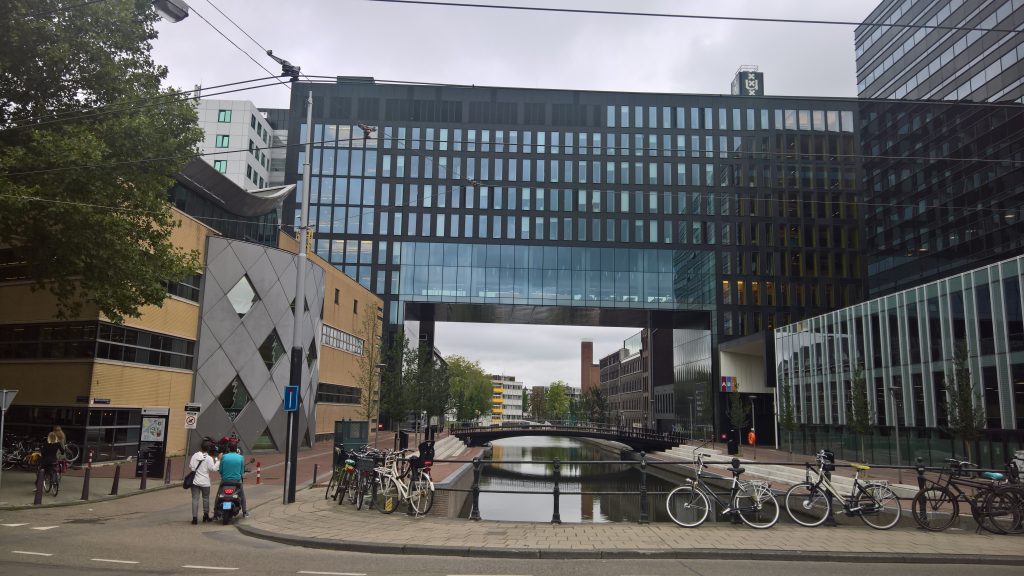
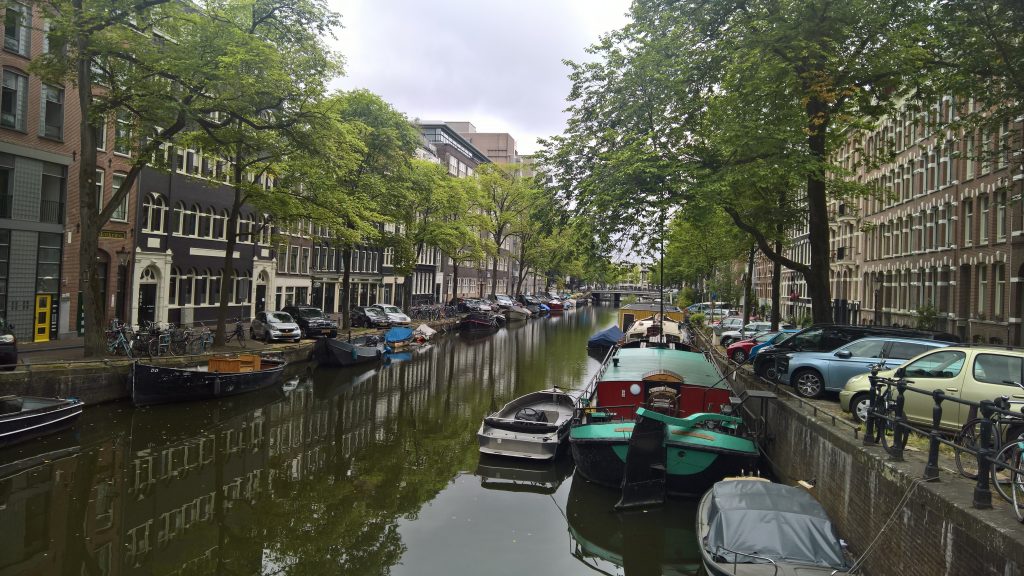
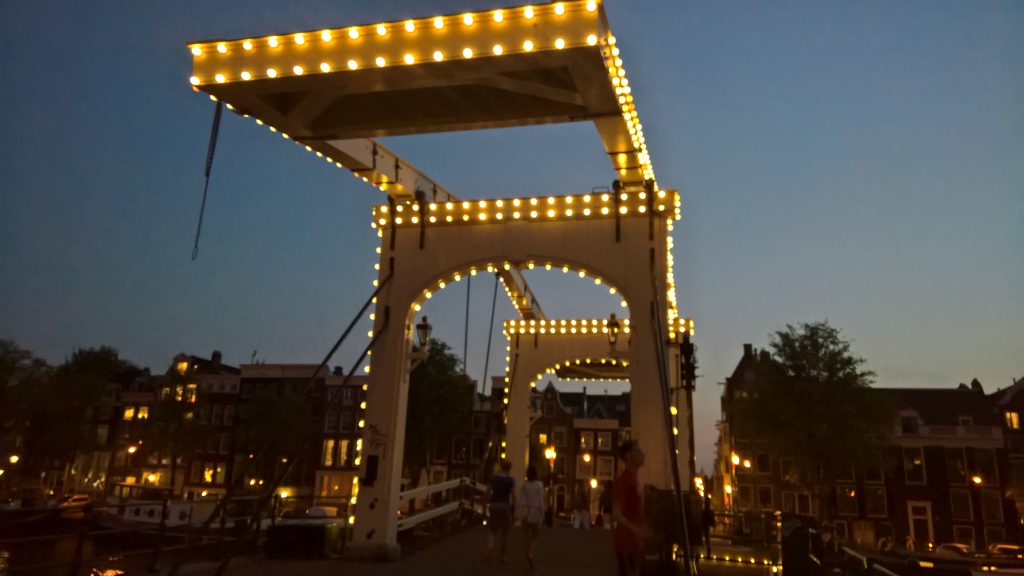
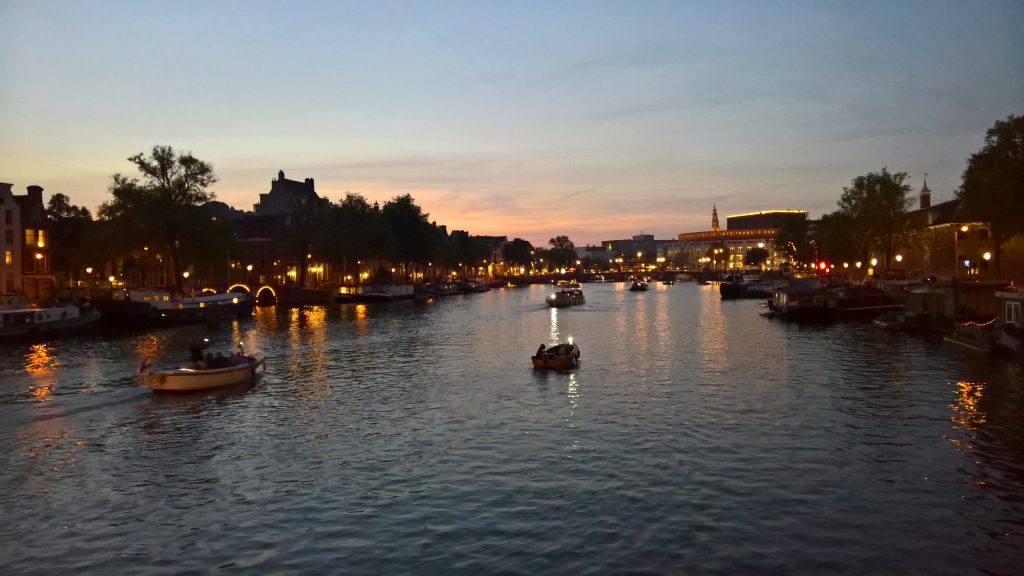
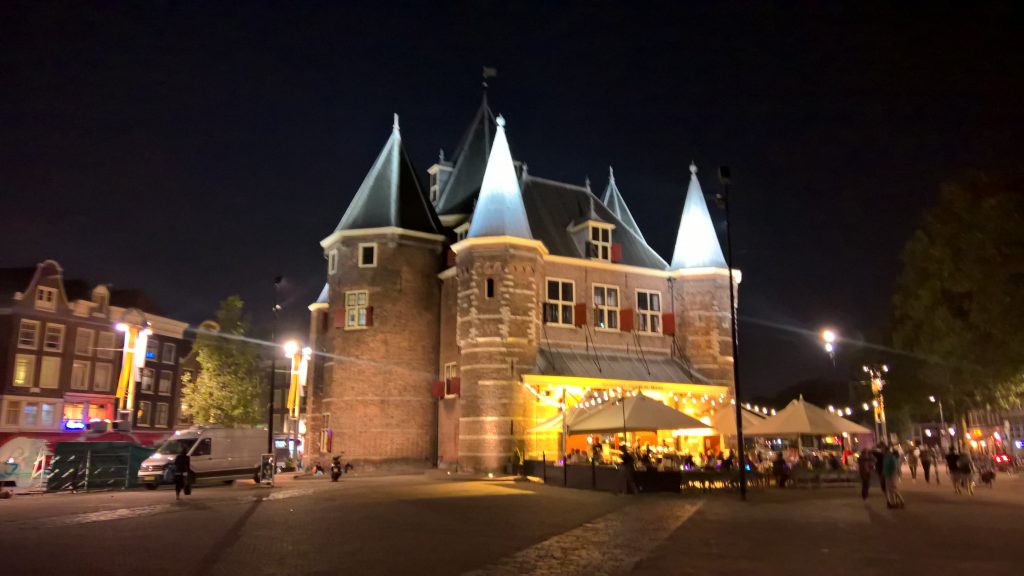
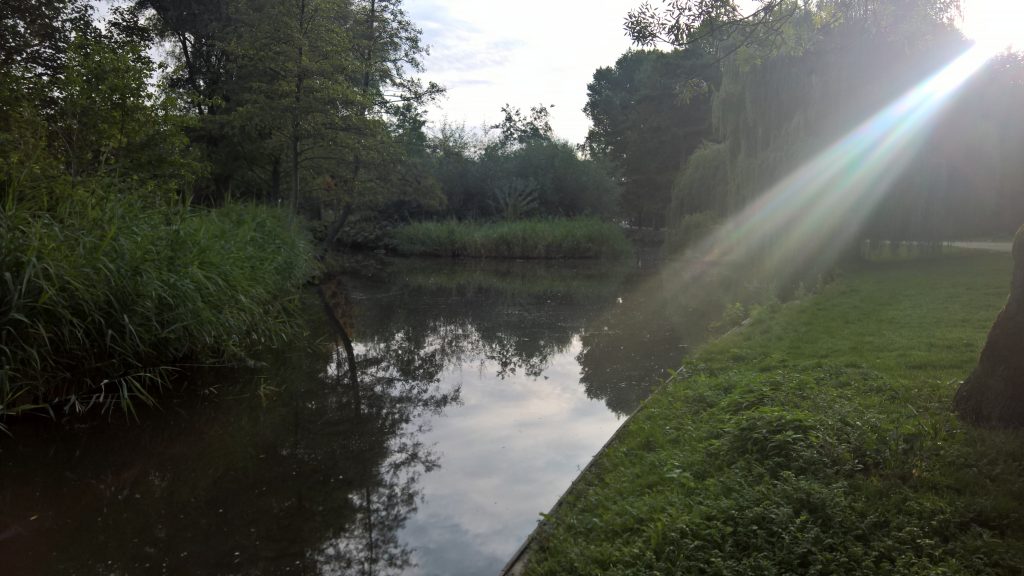
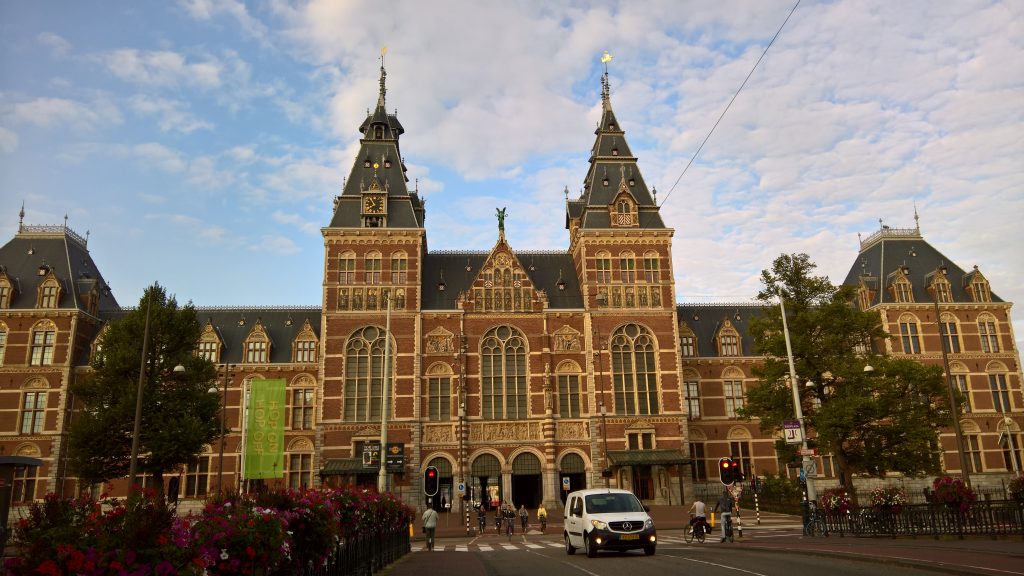
19/09/2018 University of Warwick Summer School on the Economics of Well Being
4 days in Warwick hosted by Warwick Business School. It seemed like many of the European academics in this relatively new and thus field were present. In addition, the organisers had managed to invite Carol Graham (Brookings), Matthew Adler (Duke) and Ashley Whillans (Harvard) from the US. The group of attendants was made up of industry practitioners as well as PhD students. It felt much like a conference. The topics of the conference varied. Besides some general introduction to the study of wellbeing, most of the them were based on the expertise of the invited academics. More info can be found here on Warwick’s website. The extra-curricular activities mainly consisted of a trip to Shakespeare’s hometown Stratford-upon-Avon, a few pictures below.
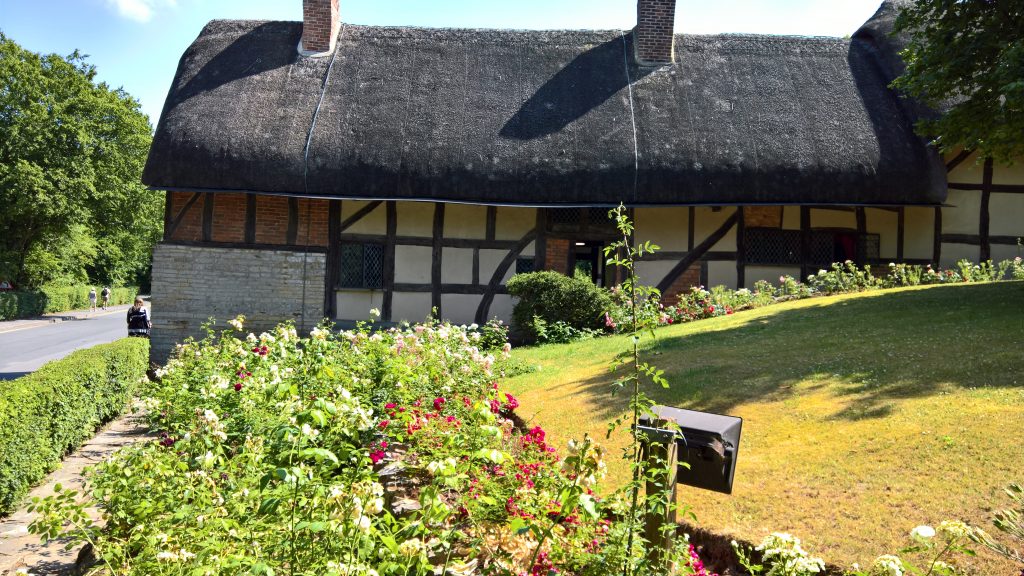
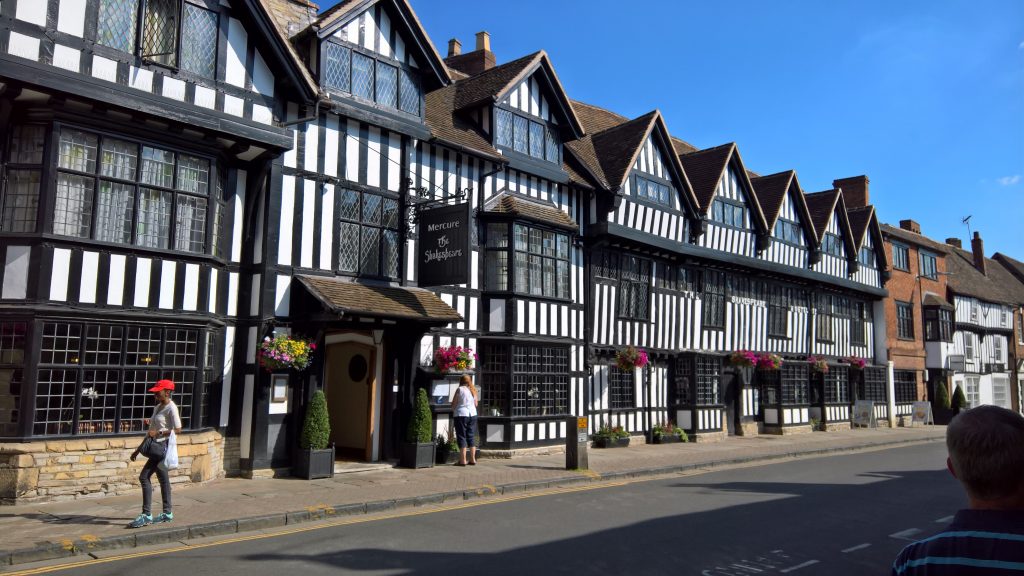
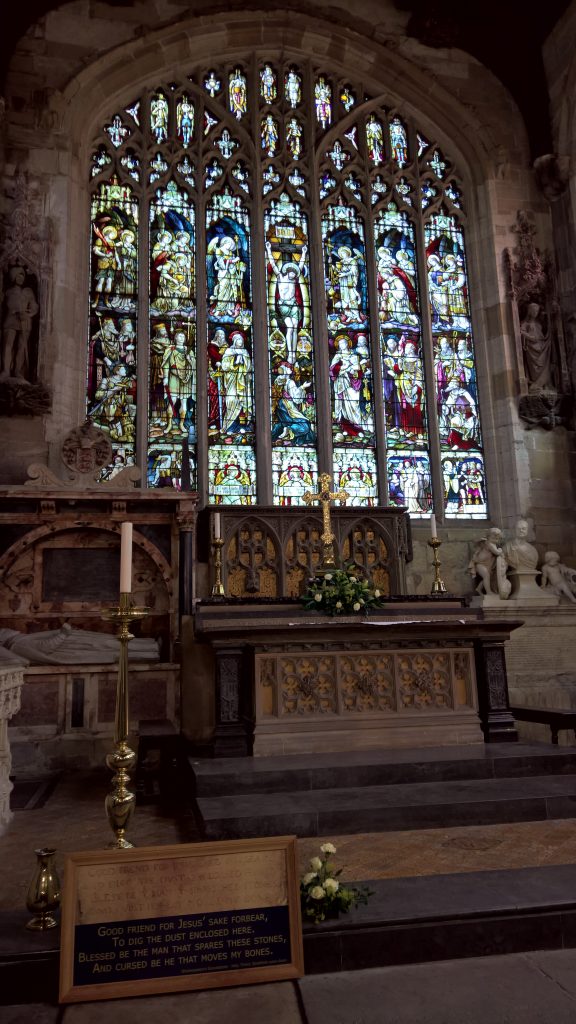
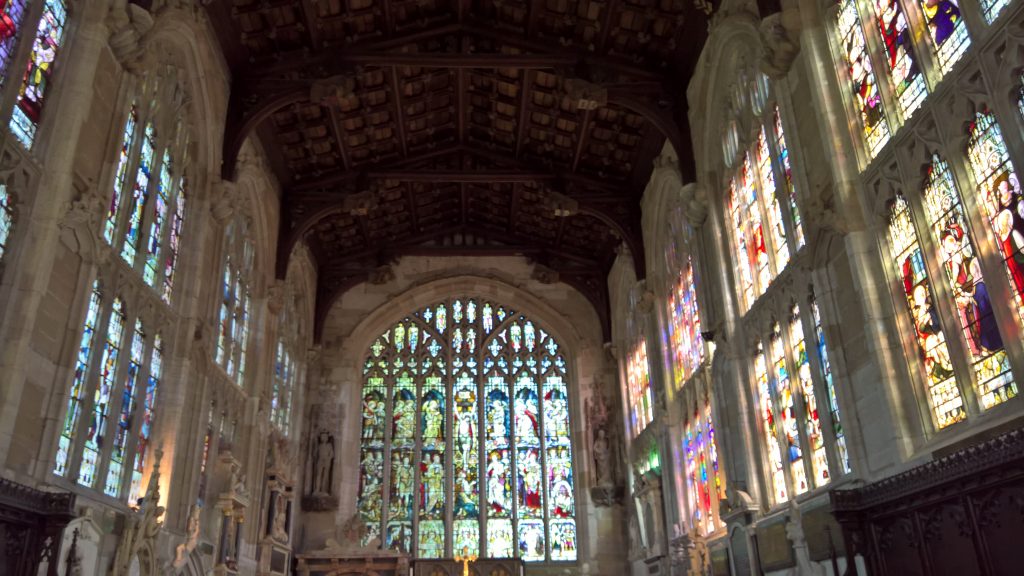
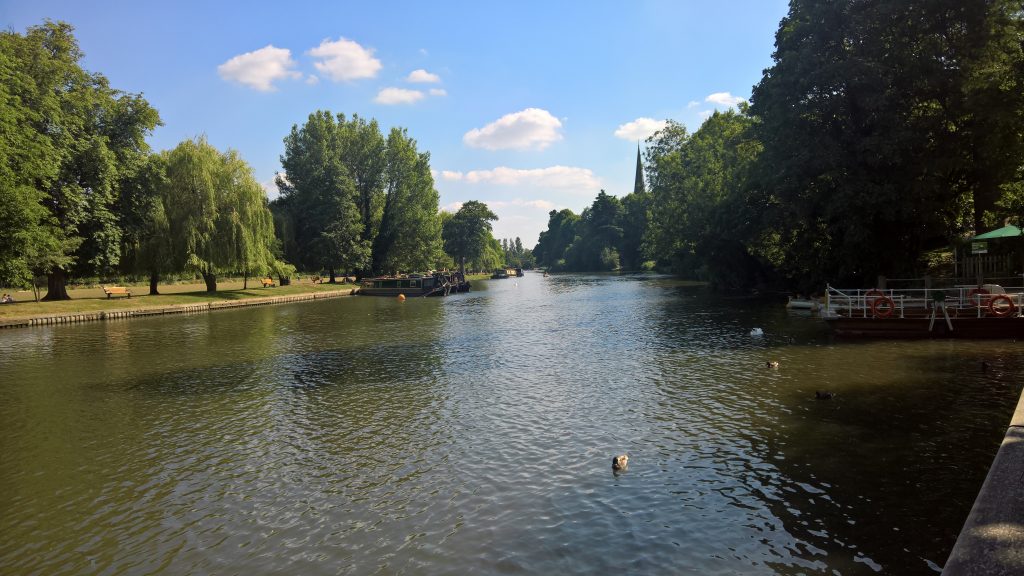
19/09/2018 Korean Society and Language
Returning to Seoul after last years short trip I set out to get deeper into its culture and language. The latter I tried to achieve by self-studying for a couple of weeks and then taking a language course at Ewha Womens University. I managed to make some progress in that time. The Korean letters are very intuitive to understand so that I could read and write after just a few days. This makes life much easier than when learning Chinese. Although grammar is also relatively simple as you don’t have to conjugate verbs, endings convey meaning and are thus plentiful and not very easy to learn. In addition, vocabulary is more difficult to learn than with a European language. I often thought many words sound extremely similar. Culturally I was introduced to one of the most important cultural institutions in Korea: the PC room. Gaming is not even limited to boys but also very popular among girls. It is very common and there is some fierce competition. Numbers suggest that Korean gamers play twice as much as gamers from other countries. Just to illustrate gaming’s importance; a Korean girl on a TV show said she wouldn’t date guys who don’t have pretty good gaming skills (she said platinum on LoL). Maybe the popularity of gaming is explained by how wide-spread technology is. I have never seen as many grandmas with huge smartphones like in Korea. It is also the country with the best internet coverage apparently. Other cultural phenomena from Korea include K-pop and the successful Korean film industry. In addition, I also ventured outside of Seoul for some time. First, we went to Sokcho, a coastal town on the Eastern side of Korea. Life is a lot slower here and industries like fishing and tourism provide most of the jobs in the region I think. Second, we went to the a weekend home in the mountains surrounding Seoul. One of the nicest days we had was in a valley where we swam in a mountain river. Korea is rather hot during the summer. It helped a great deal to have a hand-held fan. We also went swimming a lot and after each session I would keep my wet towel on my head to keep cool. Korean society is rather hierarchical, not individualistic and very paternalistic. Not very nice adjectives for a society from a young person’s perspective. The only explanation I could come up with is historical: society has been like this for centuries, which is illustrated by the hierarchical Korean language. Maybe confucianism and other asian philosophies are part of the explanation. Some of the implications are listed below. First, parents and elderly feel entitled to rather unnatural respect from everyone younger, or so it seems to me as a European. Unnatural among others in the sense that youth is not entitled to their own oppinion in some cases. Second, public life is very different from private life. People try to keep up a fassade of harmony and good manners in public. This involves all kinds of things you can imagine from not showing affection in public to being very artificial around strangers. I think one of the consequences of this is the crave for plastic surgery. This crave explains that Seoul is the worldwide capital of plastic surgeries. Almost half of all girls and some boys have undergone at least some form of surgery. Third, boys are still somehow seen as the bread-winners, more so than girls. This comes with perks but also with responsibility. Certainly more of what we would think of as a traditional ideal of the family. Despite this, I feel that democracy is impressively alive. Maybe I am biased by passing through the center of Seoul a lot, but the number of demonstrations I have seen indicate a high level of political activism. The recent impeachment of president Park is an example of a long list of political changes in which citizens participated actively. In addition, society is undergoing a whole range of changes more towards a liberal society. The rather large pride festival in Seoul is one indication for this. All in all, a very impressive country.
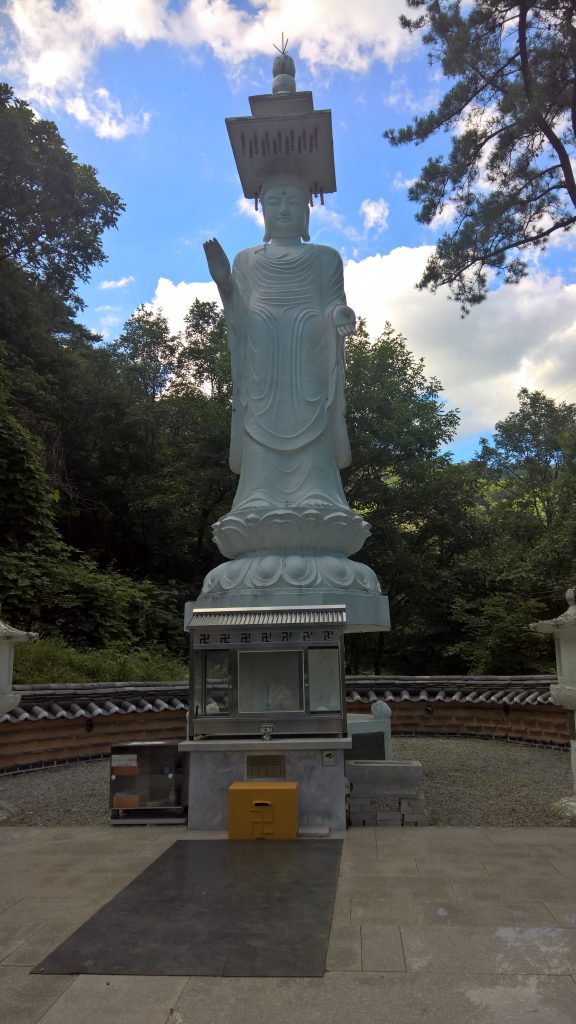
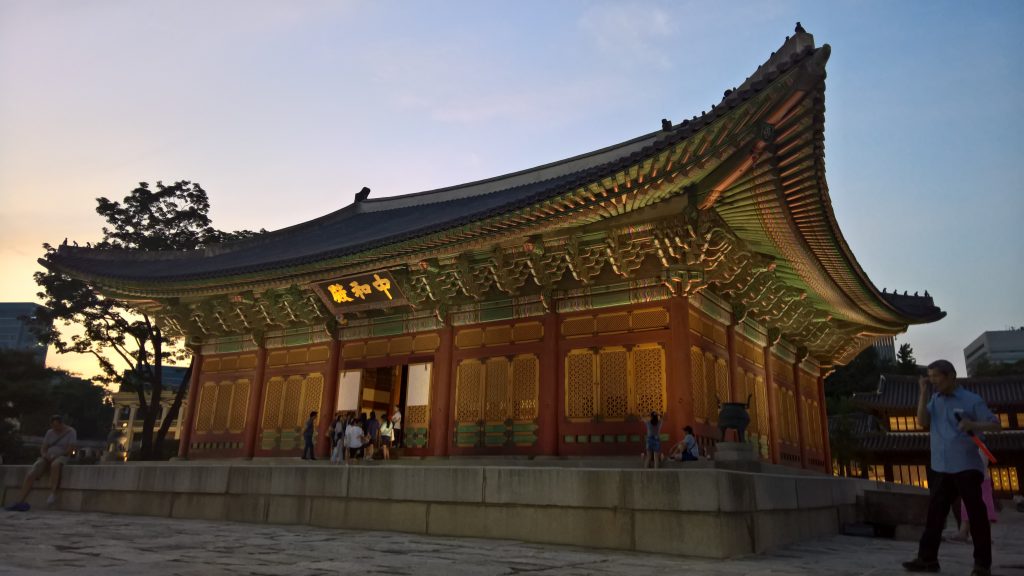
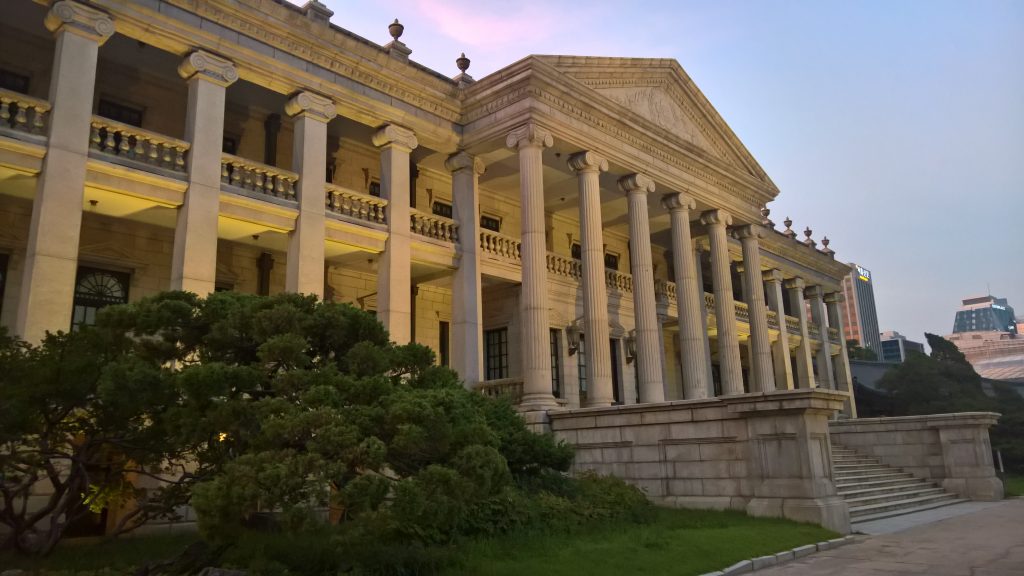
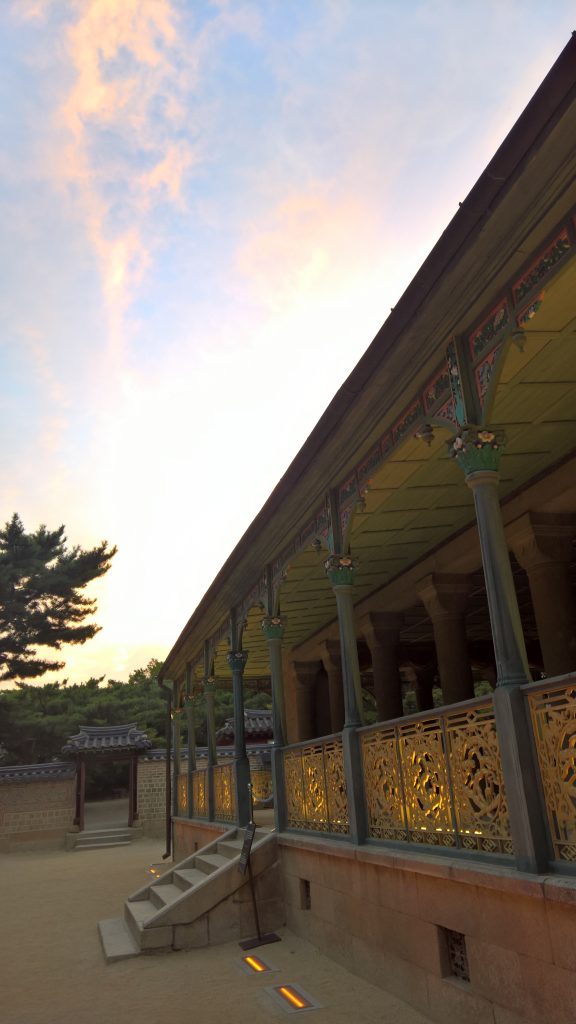
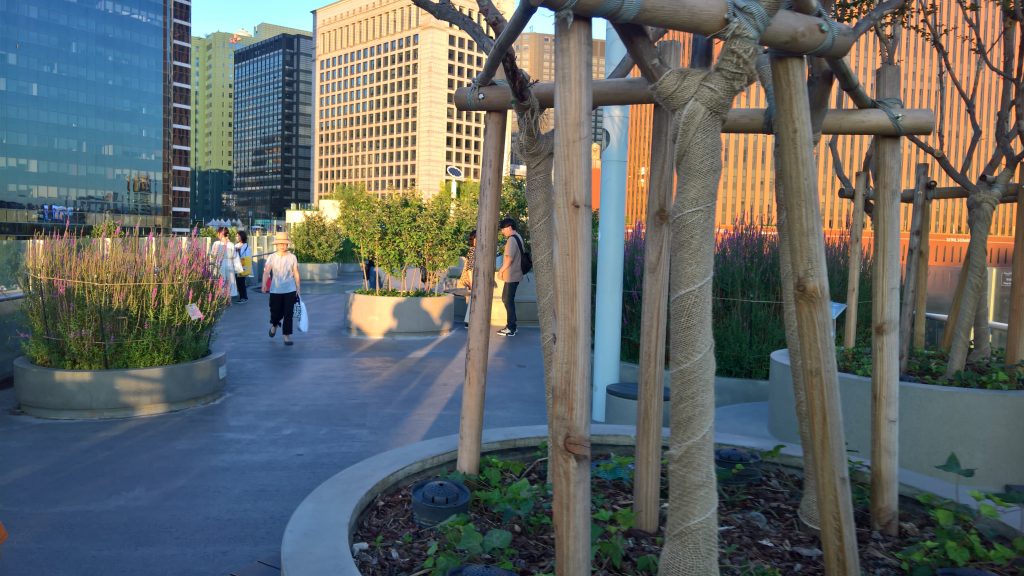
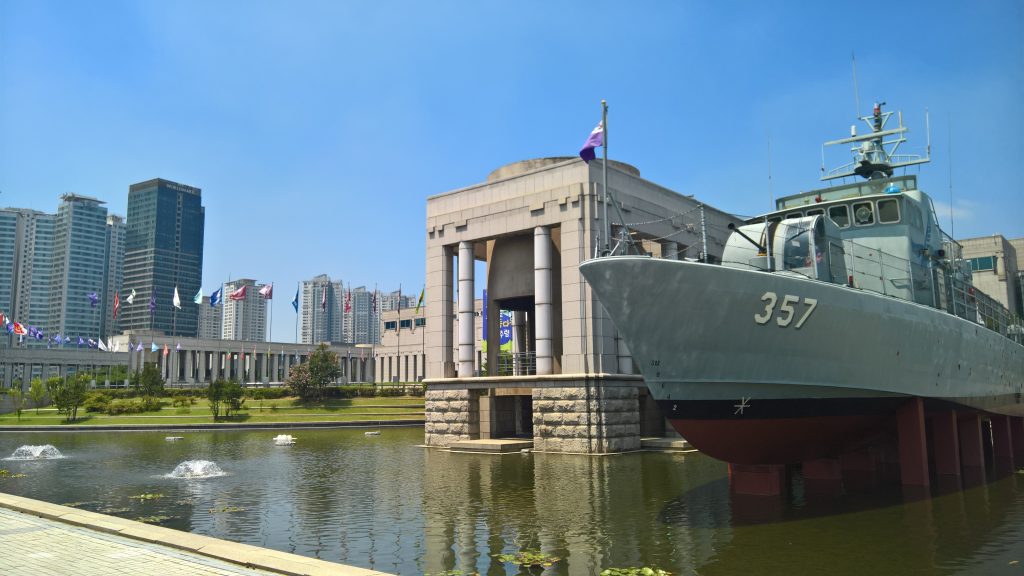
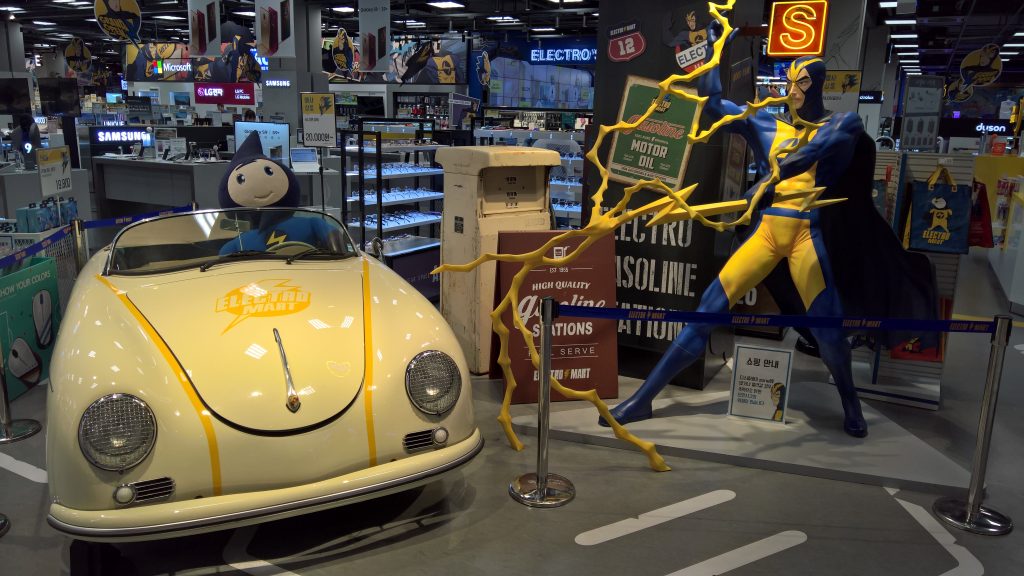
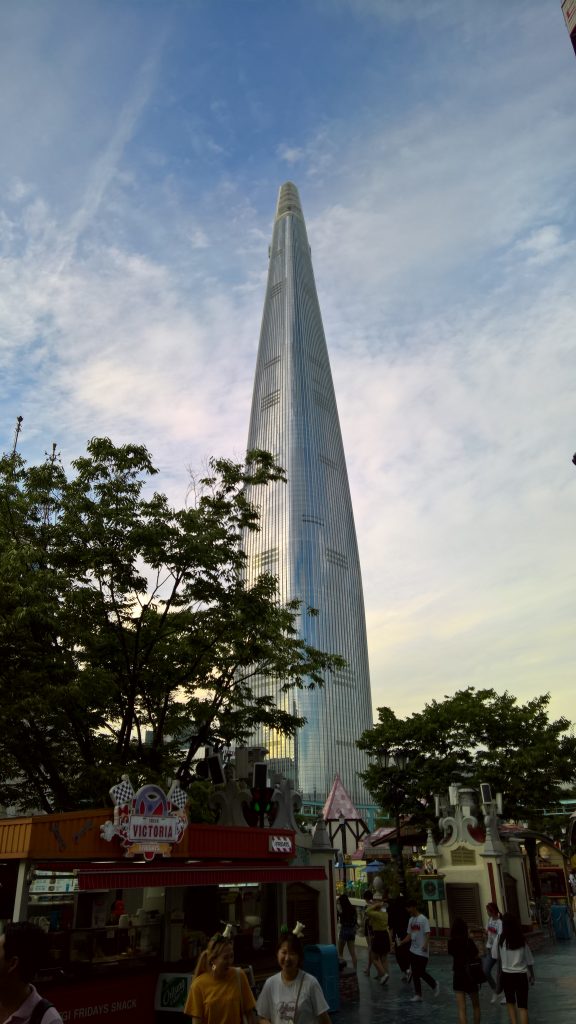
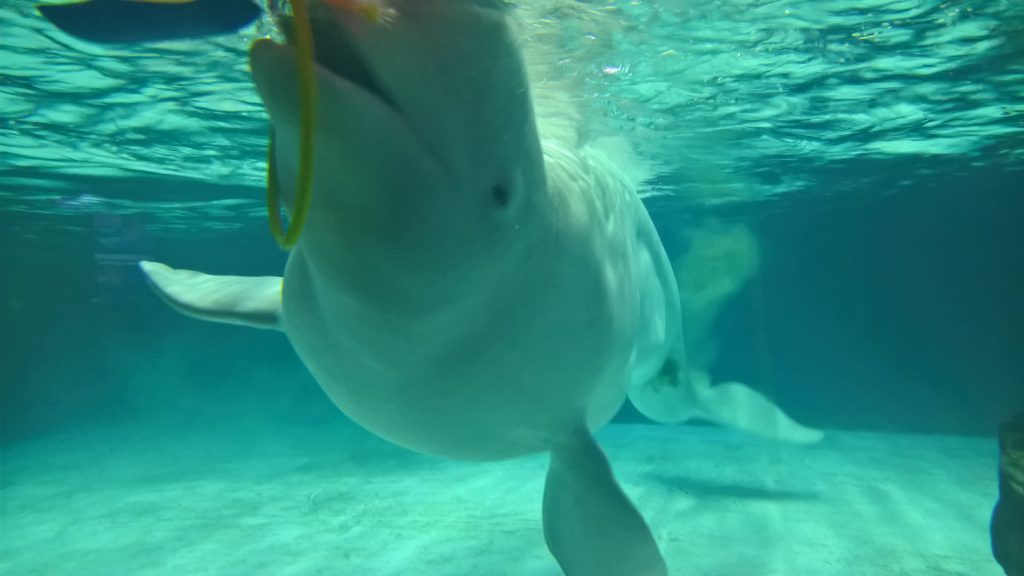
19/09/2018 Pisa and Florence
Pisa’s flair is impressive. I had never been to Tuscany before and all that makes it really does appeal to me. The weather is nice, life seems to be very relaxed, the buildings are old, beautiful and colorful and so on. Pisa is also really convenient to reach as the airport is only 20 min by foot from the city center. Florence more than Pisa adds to this its incredible role in history during the Rennaissance. Mare del Pisa (Pisa’s beachtown) on the other hand is what I think of as a typical Italian beach town. Enough said, I think the pics speak for themselves.
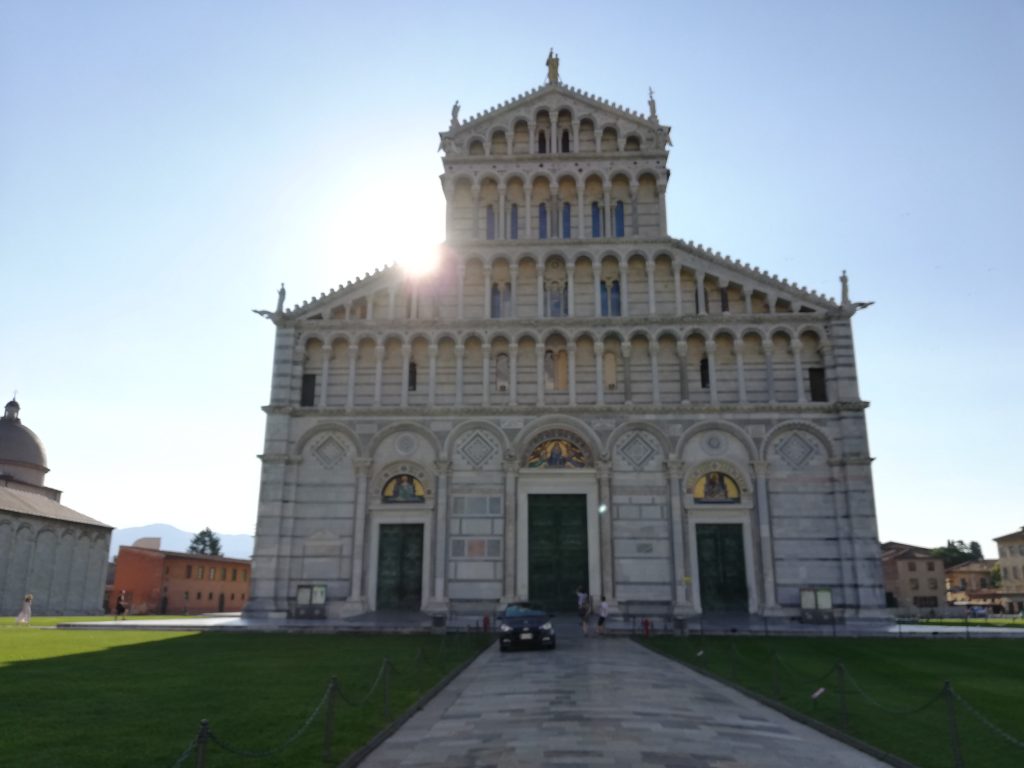
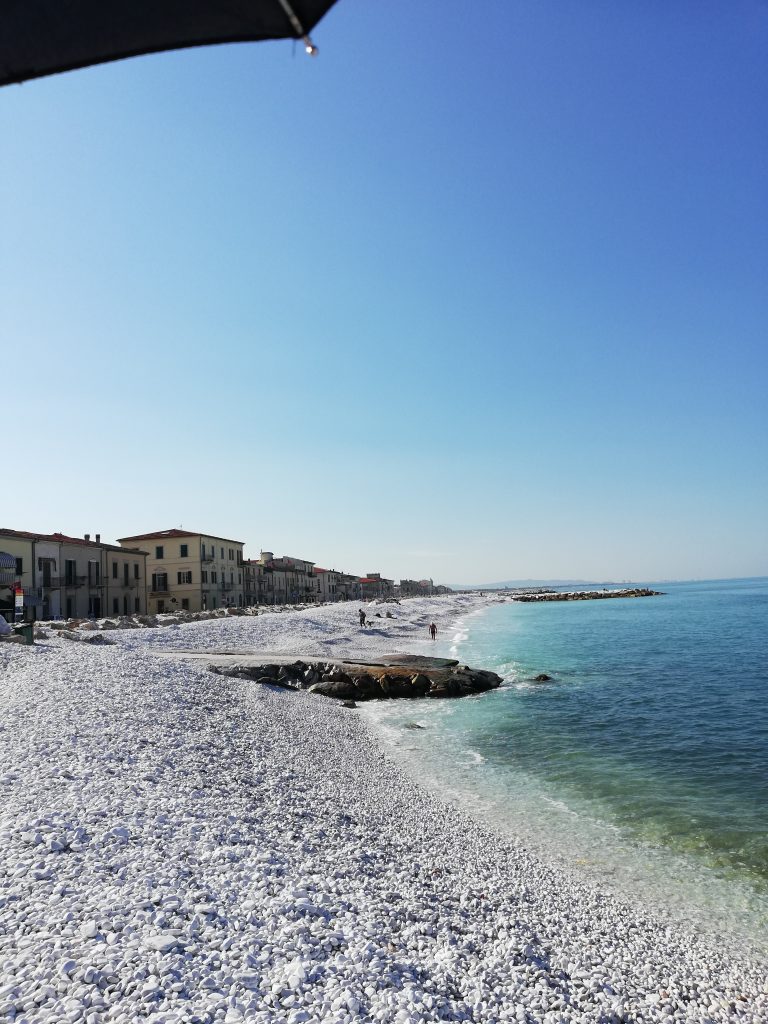
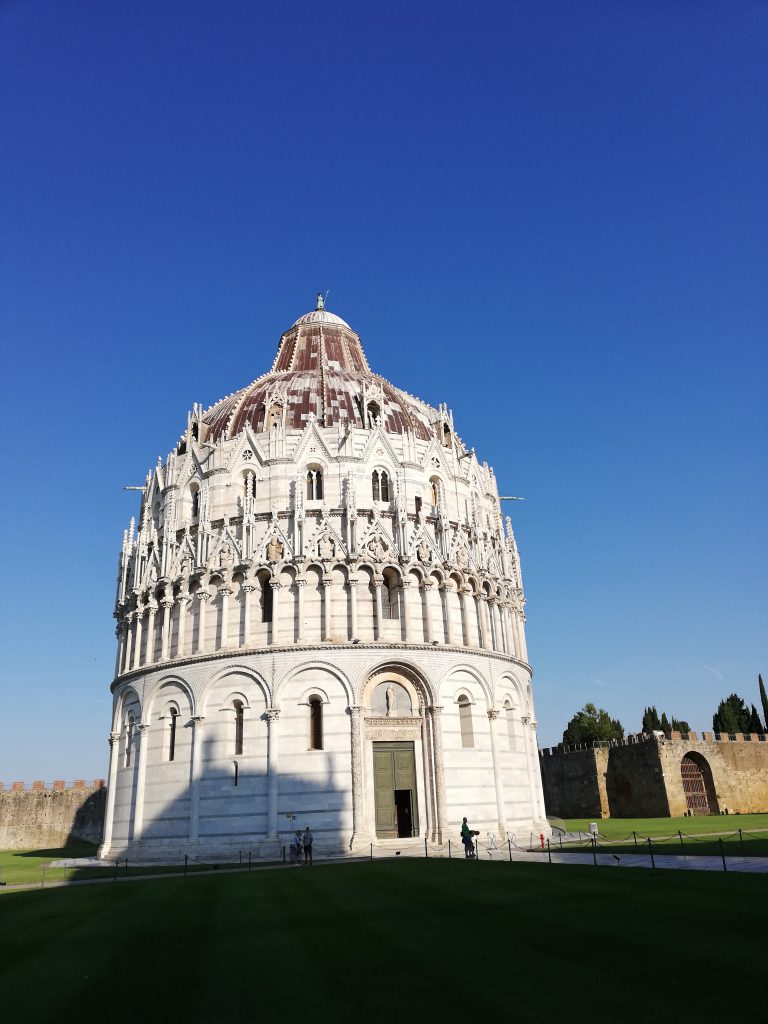
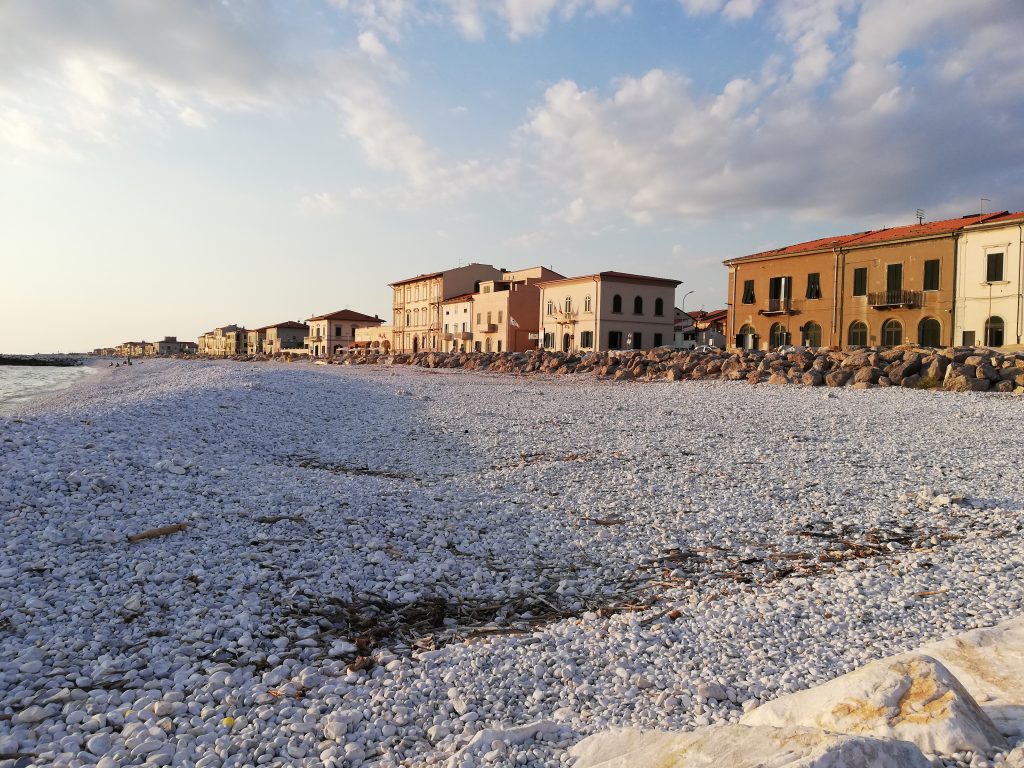
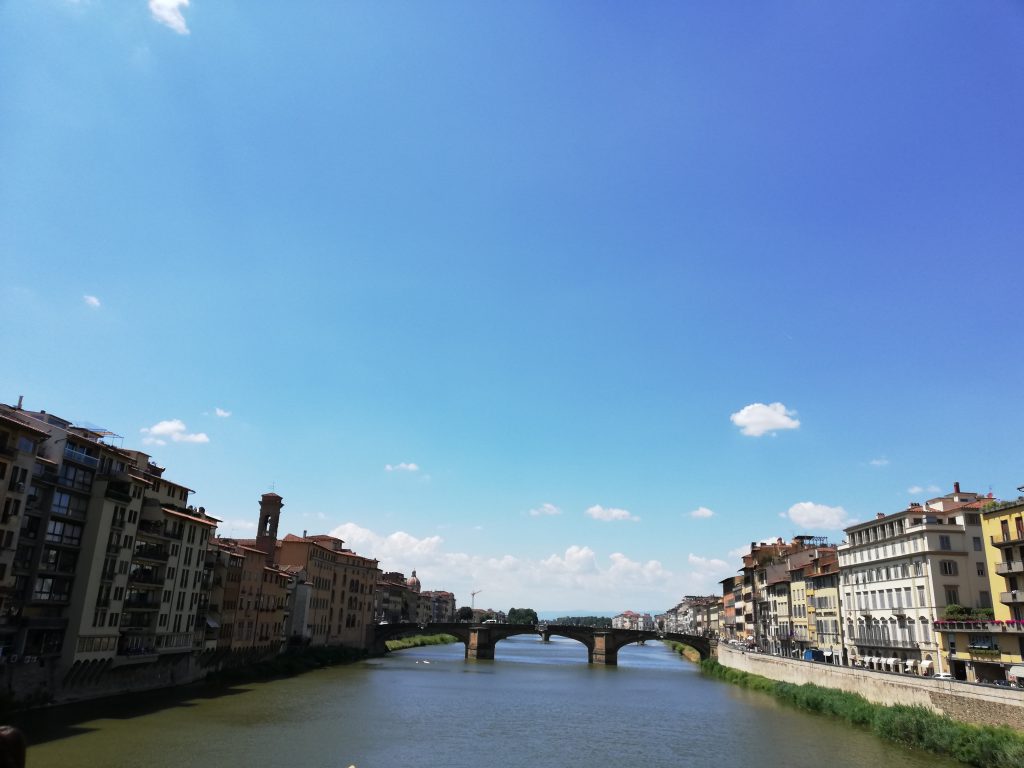
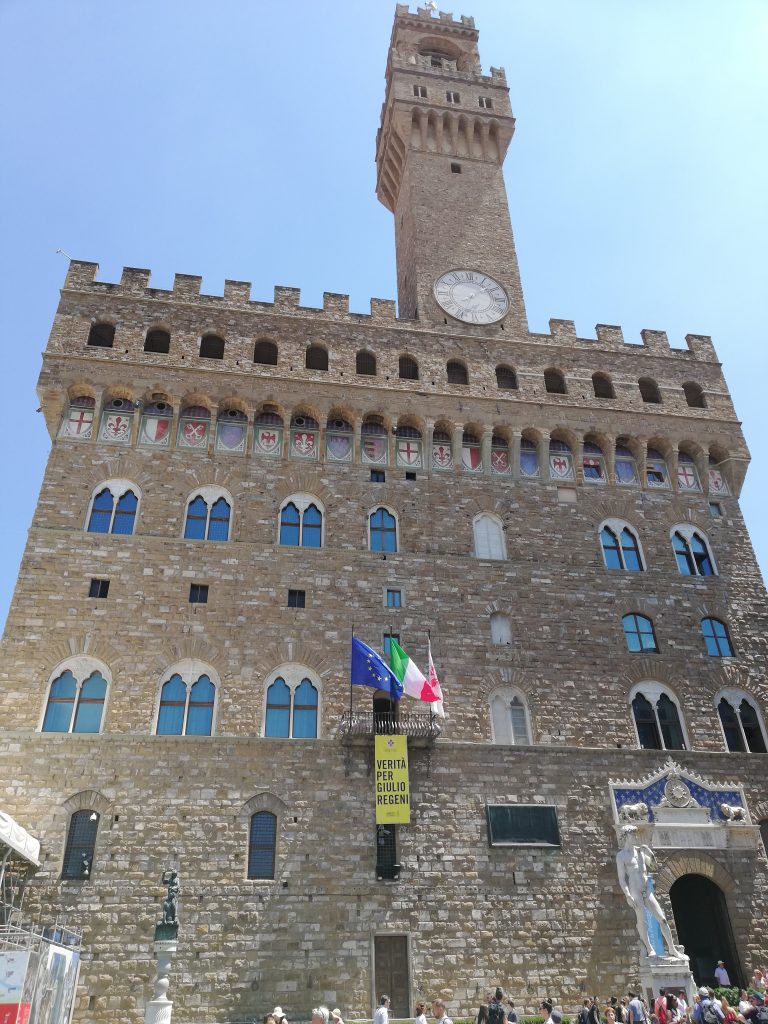

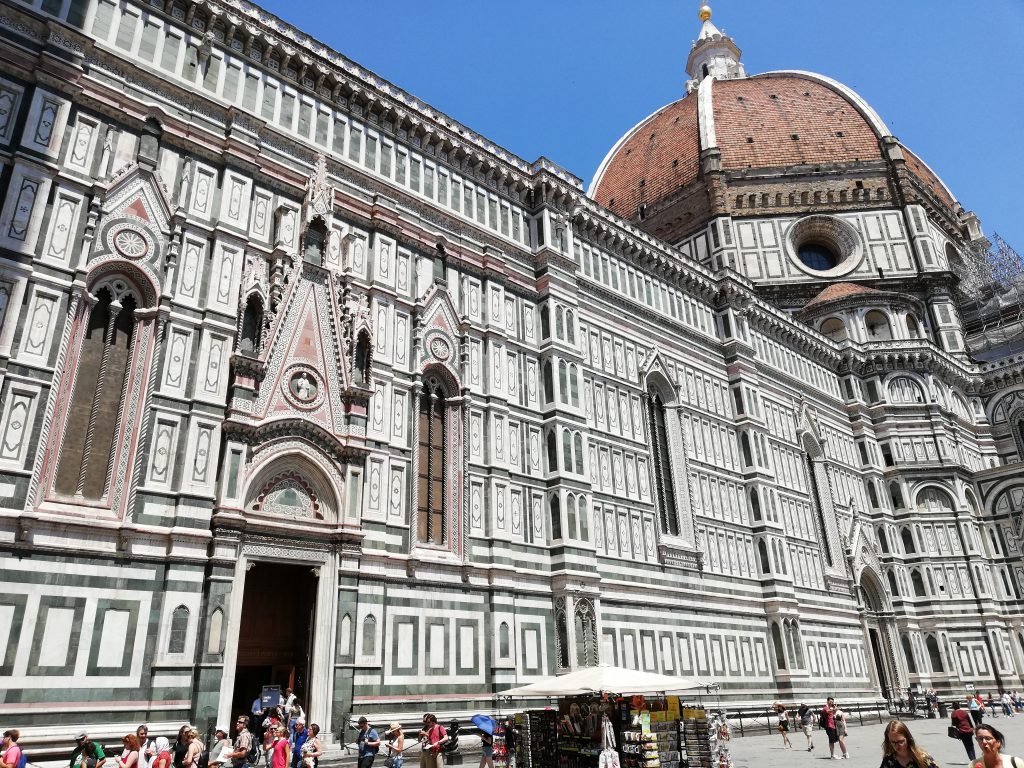
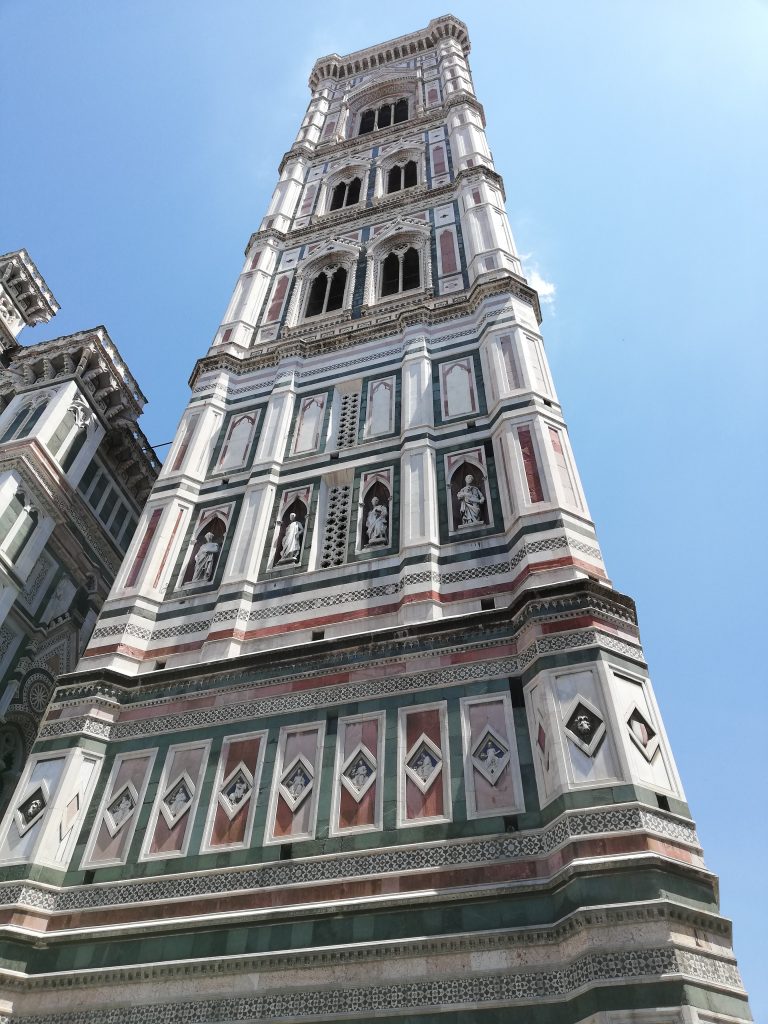
18/09/2018 Going Abroad to Study
I was at my old high school in 2017 to talk about my experience of going abroad and summarized the main points that came up during our discussion below. I gratefully acknowledge the support of the German Academic Exchange Service and the Student Forum of the Toennissteiner Kreis. If you are considering going abroad, in many ways there are no limits to where you can go: You can almost go anywhere in terms of location but also when it comes to the best universities around the world. This is conditional on putting some effort into organising and other external conditions. Besides, it is crucial to have someone supporting you financially etc.. Whether you have your parents, mentors or others supporting you, they need to be willing to invest the time and ressources it takes to get you through your time abroad. Questions the students had: Am I too young to go study abroad? A friend of mine in London was 15 when she started studying at King’s College London. She managed absolutely fine. I myself just got 18 when I went abroad and my classmates who weren’t yet 18 were all doing fine. It comes with some practical difficulties but nothing too big to be overcome. Can I afford studying abroad? I wasn’t too sure about this one either when I started. However, I have now graduated and looking bad I must say it was easier than I thought. First, there are a range of scholarships to access. Over the years I have received funding from the government, scholarship foundations and my university. Second, if you need to you can really make life cheaper than everyone says. For example, in my first year I lived in a triple room close to uni, which saved rent and transport costs. Third, you need someone or something who can provide you with the basic income and emergency funding. There are lots of options here from parents to loans. Is it worth it? If you don’t know the answer to that yet, think through it for yourself. It’s worth it for so many reasons, albeit not for everyone.
01/12/2017 California in Summer
This autumn, I spent a few weeks living right next to the University of Berkeley opposite San Francisco. I had been looking for an opportunity to return to the US after I had been once when I was 16. I lived in an AirBnB and flew AirBerlin, which turned out to be a problem because they cancelled my initial flight back because their leasing firm took away their planes early after the company had gone into insolvency earlier. After 1.5 hours on the phone calling all kinds of numbers, I managed to get booked onto another flight. What hit me right when I arrived at San Francisco Airport was the fog. It was early in the evening, but it was already almost completely dark because everything was covered in fog. Besides, I was surprised by the many homeless roaming around in Berkeley that sit at almost every second corner (or certainly at many). What is also interesting is how many Asian-Americans there are in Berkeley. Students with a link to Asia make up almost half of the student body. Moreover, I spent some time visiting the campus of UC Berkeley that was quite impressive in a range of ways. I had been fascinated by American universities like Berkeley before I came for a number of reasons. First, they seem to be quite big and campus like and not spread throughout the city like UCL in London. Berkeley for example is nicely organised around a bell tower in the middle with a picturesque and park-like campus. Second, their buildings are rather big in size and seem to be modern and state of the art, at least in the case of good universities like Berkeley. Third, I had heard a lot about fraternities and sororities and their houses and so it was interesting to see them – in Berkeley most of them are placed along a street right next to Uni. I guess what would come closest to these organisations in Europe would be societies and student clubs that own their own housing and have long and weird initiation procedure called “rushes”. What I also found is houses are very open and all students live in small houses. Plus, more of the students have their own car.
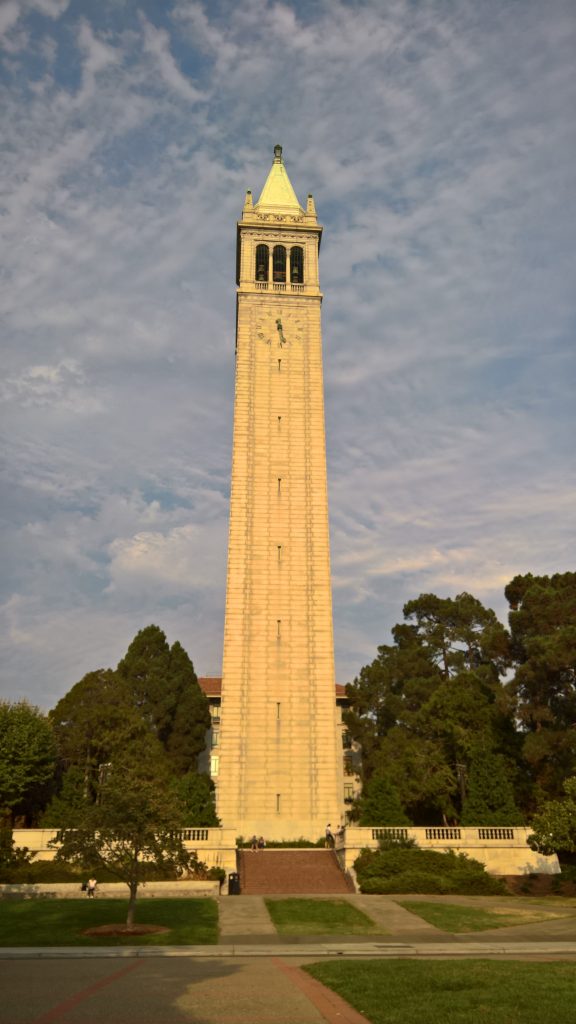
While in Berkeley, there were some very special moments like the following among others. First, running down at the bay where I joined the local group of alumni of my Russian alma mater for an alumni run.
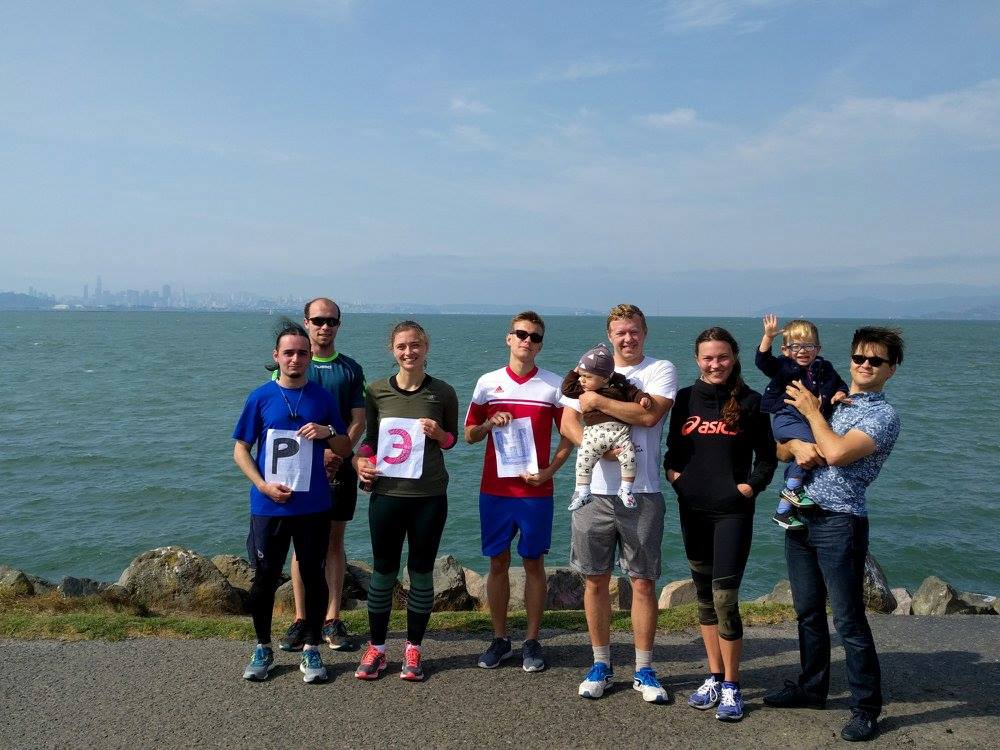
Second, several evenings when I had the chance to see the sunset while returning home. The sun is particularly full in California and palm trees and the sea make it even more impressive.
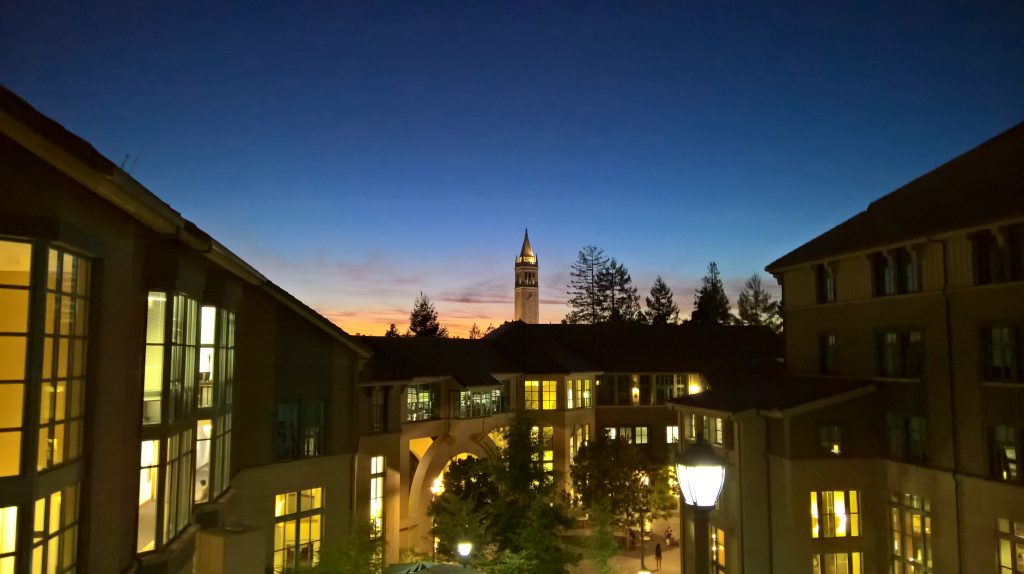
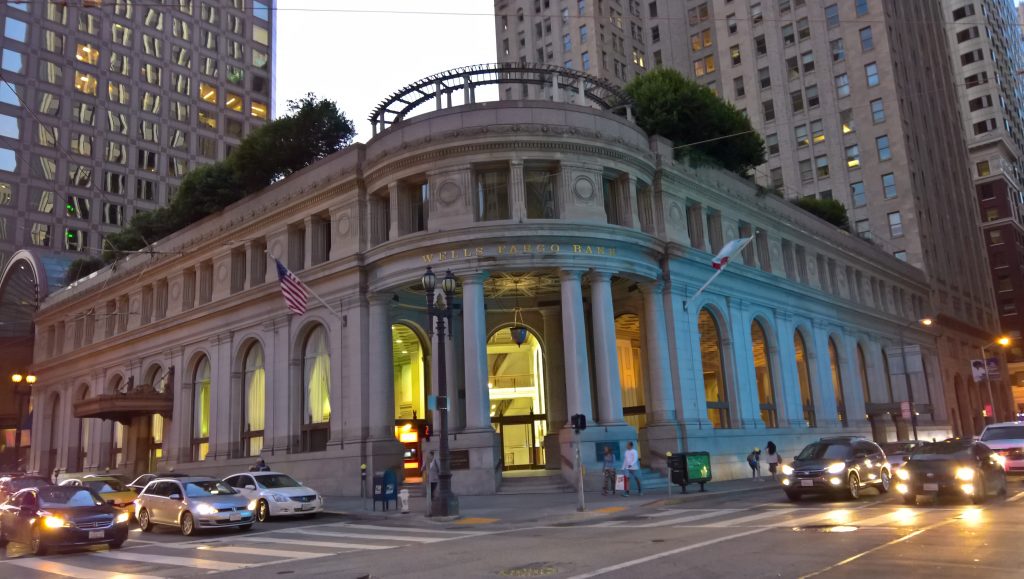
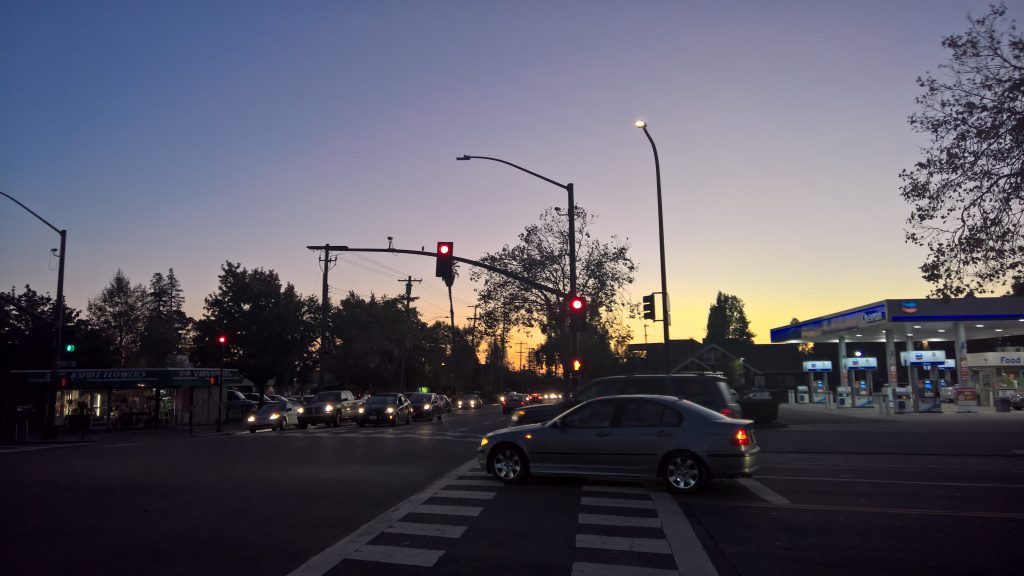
Third, we went to a lake to swim in the national park that is right next to Berkeley.
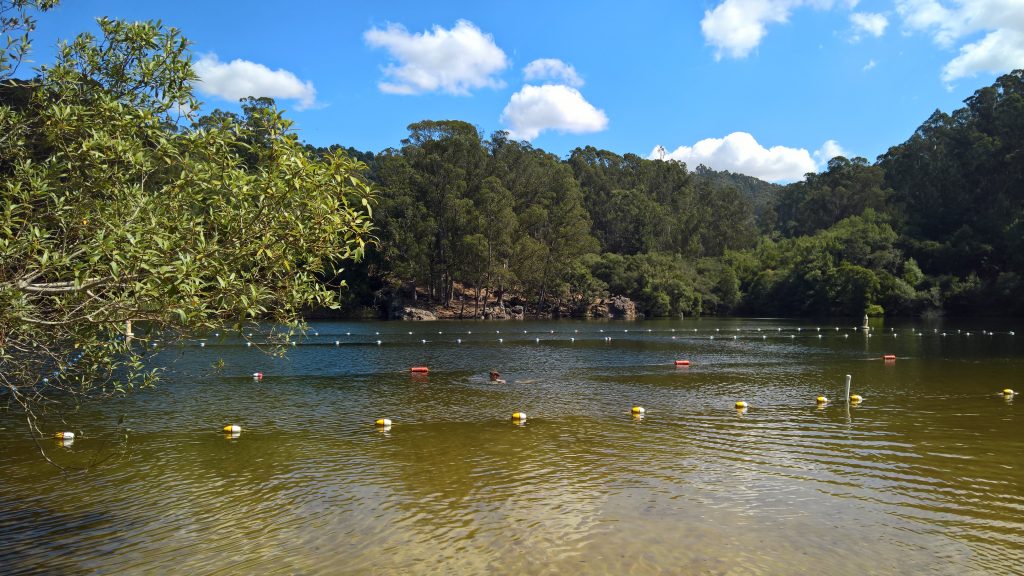
I also saw some other places beyond Berkeley. Although I lived in Berkeley for most of the time, I sat the TOEFL during my time there and thus explored Oakland a little bit that lies between Berkeley and San Francisco. Besides, I went to San Francisco a couple of times for varying reasons and went into the suburbs to eat a “blooming onion” at a restaurant.

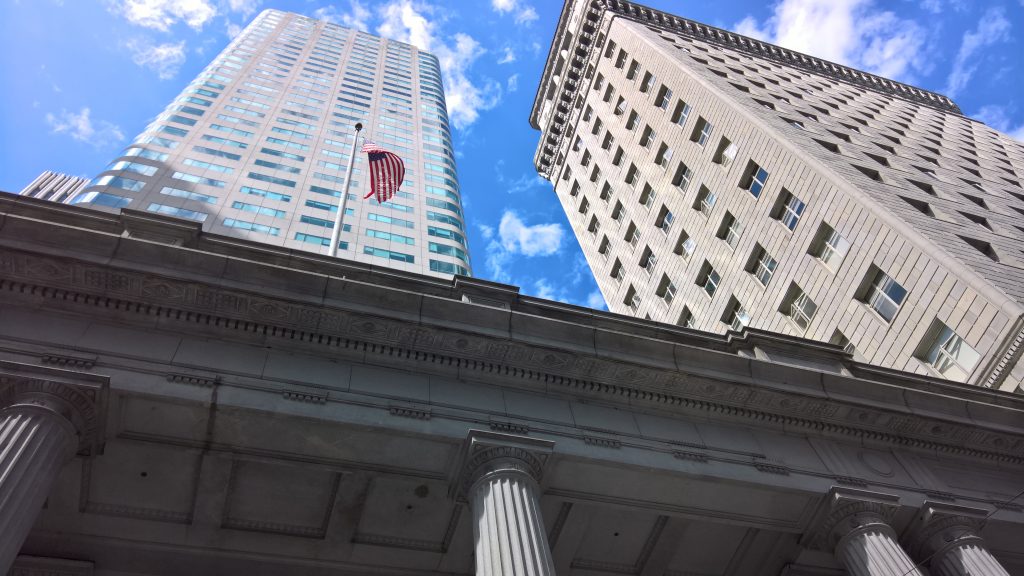
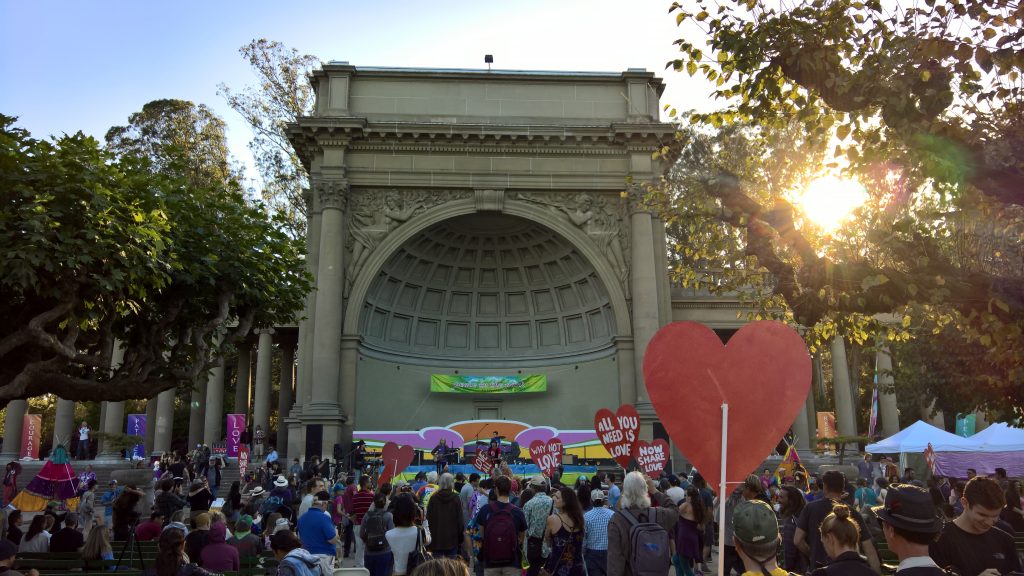
26/10/2017 Chinese course at the University of Trier in Germany
Trier claims to be the oldest city in Germany. It has certainly been around for a long time and is home to the University of Trier that is the convenor of a Chinese course that I was invited to by the German National Academic Sciences foundation. It forms part of the selection process for a China scholarship that is awarded based on the outcome of the language course and a selection interview. Trier is a beautiful and not to big city that is mainly famous for two things: it’s Roman history and being the birthplace of Karl Marx. The latter explains why there are many Chinese tourists roaming around in the city. Another reason for a visit is its’ wine making history that was particularly strong in the suburb that I stayed in. The local “wine fest” that took place on the day I arrived supposedly attracts a million visitors, which is quite respectable for a suburb with just over 100 inhabitants. Studying at a German university This was my first time studying at a German university. We were at the department for China studies and thus being taught by the Chinese teachers that normally teach students of China Studies. The university has a real campus that was planned all at once in the 80s meaning that everything is similarly looking (whether nice or not is up to you). I found it to be quite nicely integrated into nature and I certainly enjoyed having more space than at UCL where being in London’s centre means a chronic shortage of teaching and learning spaces. Plus, the mensa (cafeteria) offered nice food for a change that included exotic stuff like a wok stand and a burrito place with a bbq corner right next to it. Learning half a year worth of Chinese in 3 weeks We had lessons from 9 until 4:30 every day except for Sunday for the whole three weeks, which meant quite a lot of work outside of the classroom. There was of course a lunch break as well. I was assigned the course for people with prior knowledge, which meant I (with 3 weeks prior course experience) was together with students with courses worth 1 year of university level Chinese study. This would have been fine, but I was not prepared for the complexities of trying to learn a lot of characters in such a short time. There were roughly 40 new characters to learn every day, each of which represents a sequence of strokes that are luckily somehow following a pattern and even logical sometimes. Nonetheless, I had great difficulties with writing them on request. Plus, while I was quite good at Spanish after 4 weeks of intensive learning in the summer of 2014, this time my skills hadn’t increased nearly as much. The main factor in this as I understood was that one must learn how to read every sign one sign at a time, which is extremely time consuming. The language itself is very basic and the grammar is a dream after trying to learn Russian for the last few years where you have six cases (adjective, dative etc.). Chinese doesn’t have cases and so everything is just a logical addition of words. 我在大学学习汉语 for example means literally I at university study Chinese. You neither have to conjugate the verb depending on gender etc. nor do you have to worry about plural. Just add 们 (men) after any person and it makes it plural. I could go on for hours about how great Chinese is. Another example is weekdays that work the following way: Monday is Week 1, Tuesday is Week 2 and so on. Numbers are also used for months in a similar fashion. In the future, I will try to be more consistent with my language and above all character praxis. Thus, I hope to gradually increase my knowledge of characters, which I see as the main challenge when learning Chinese. The grammar and talking seems to be manageable. Below you can find some pictures of the city, the university and my dorm.
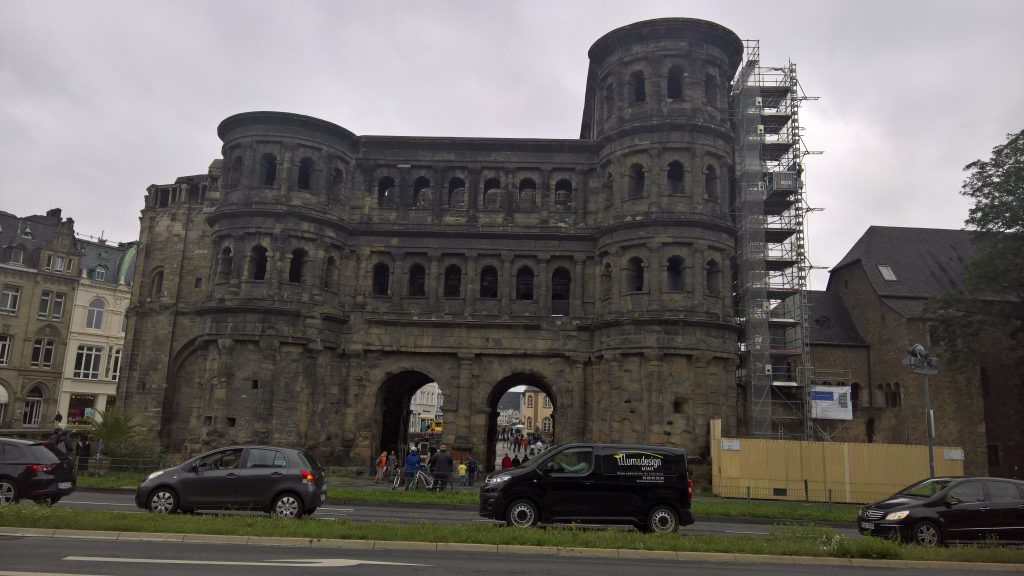
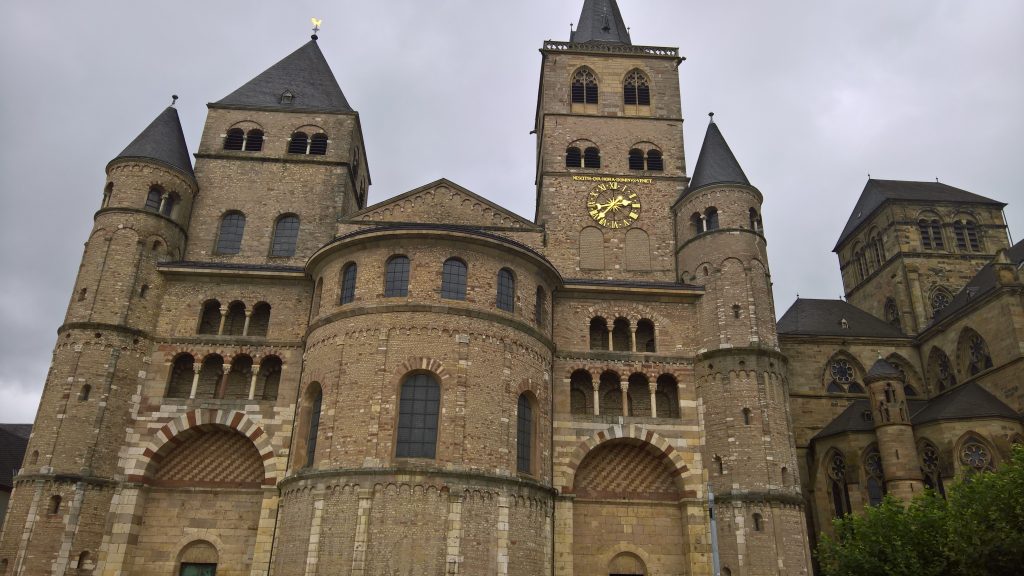
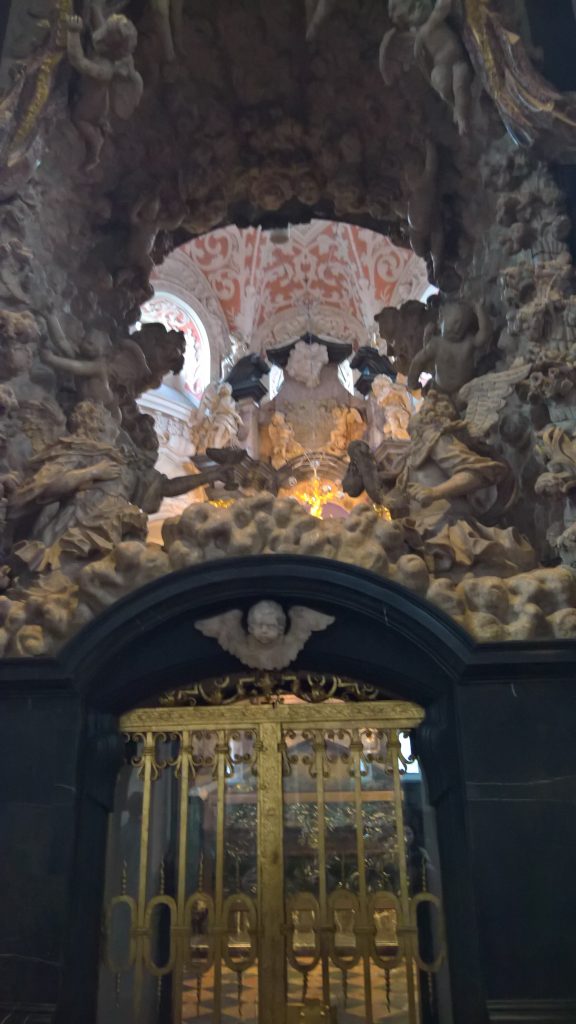
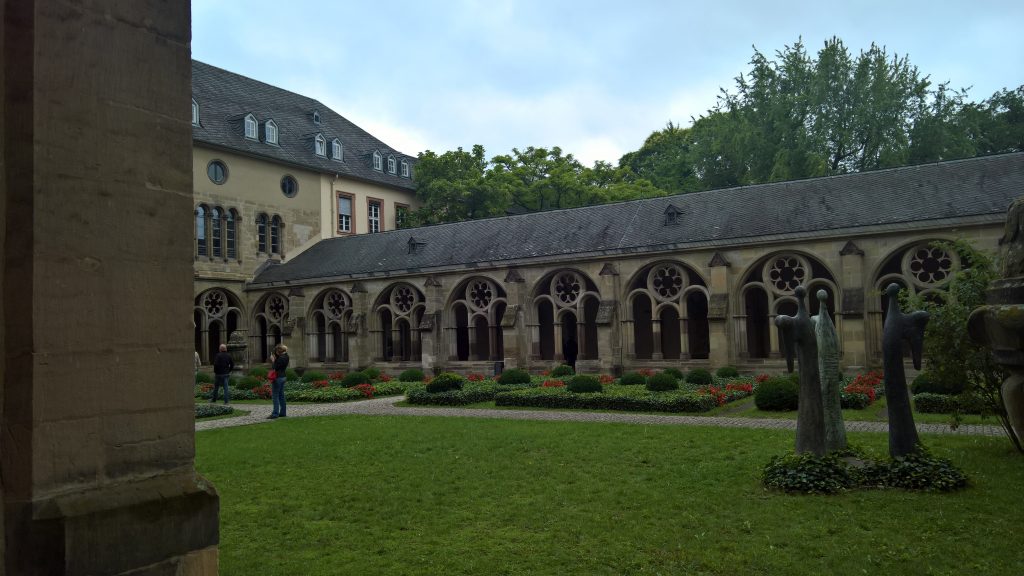
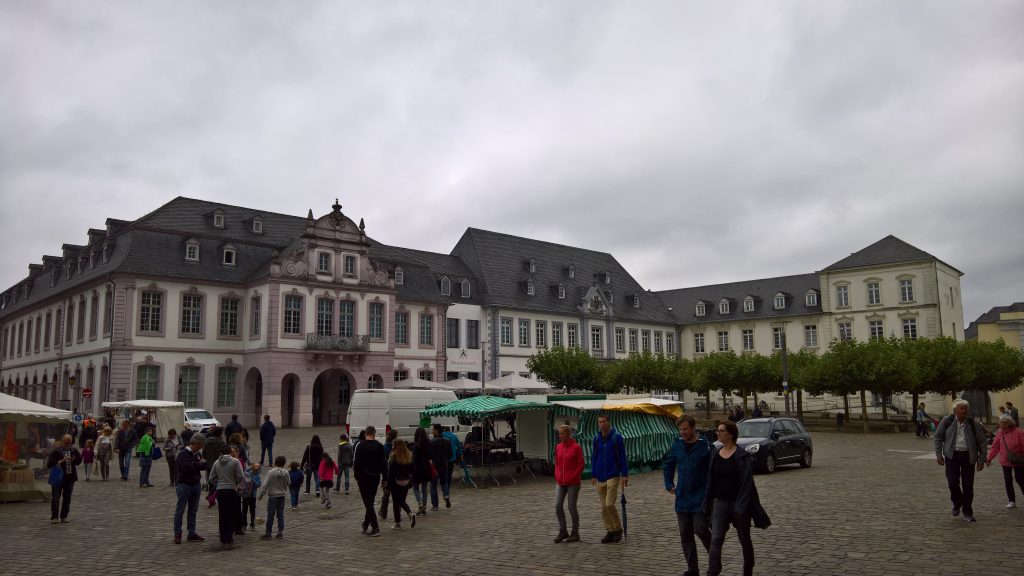
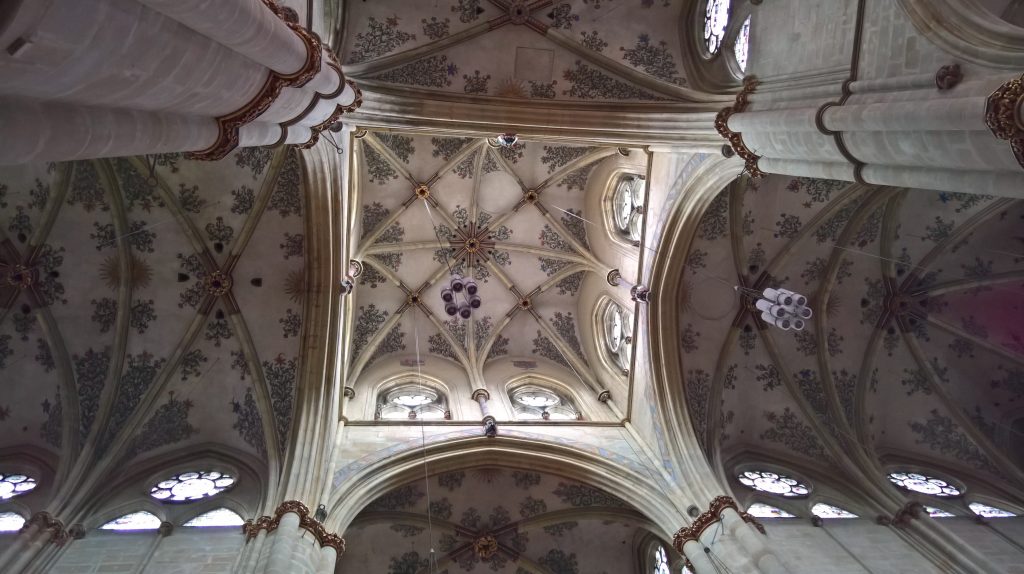
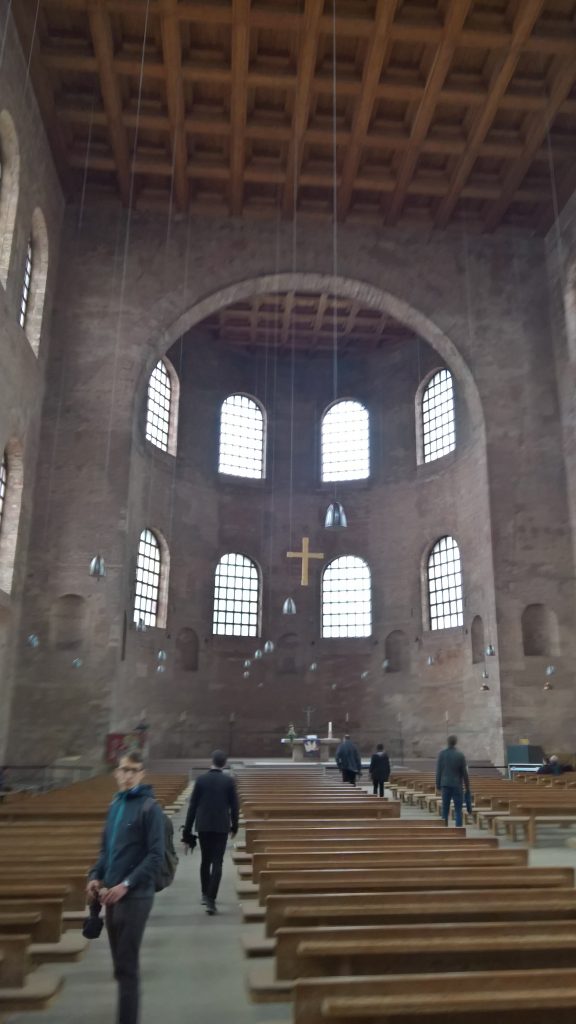
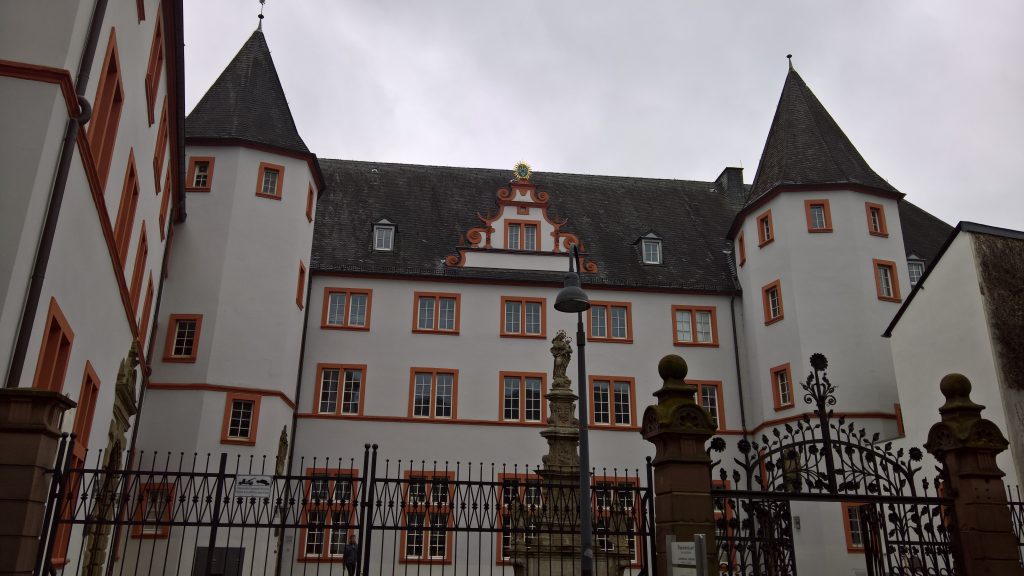
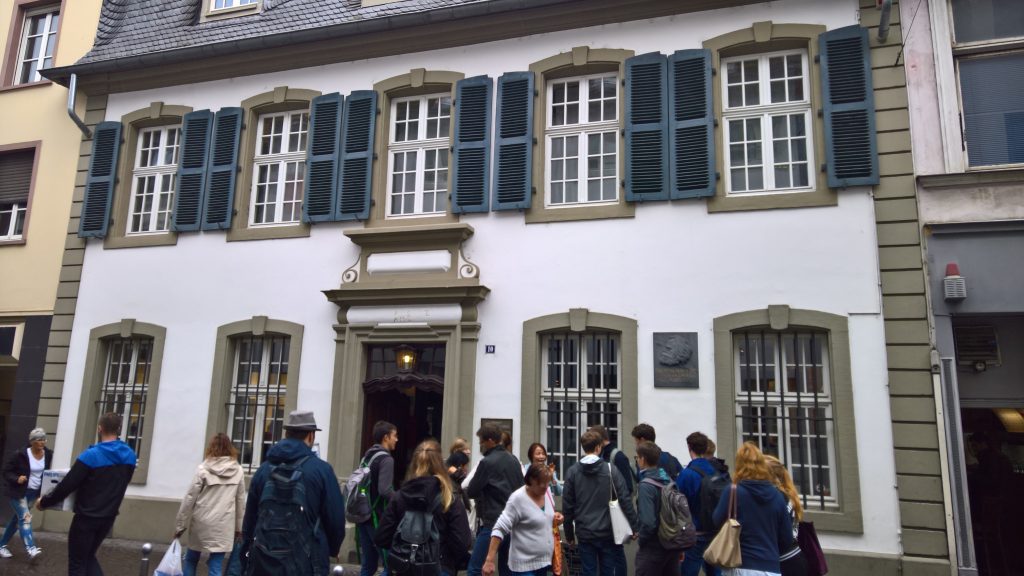
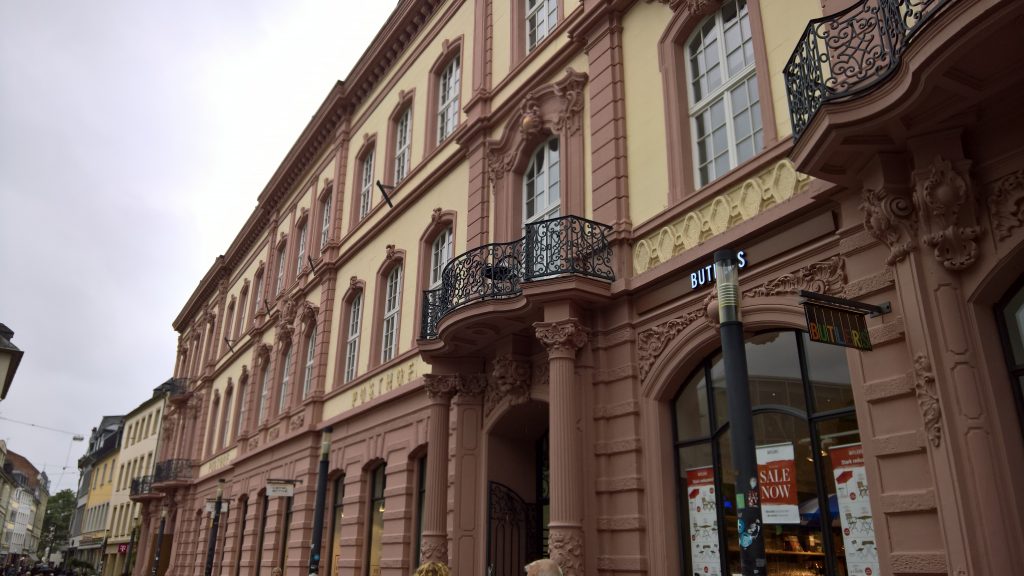
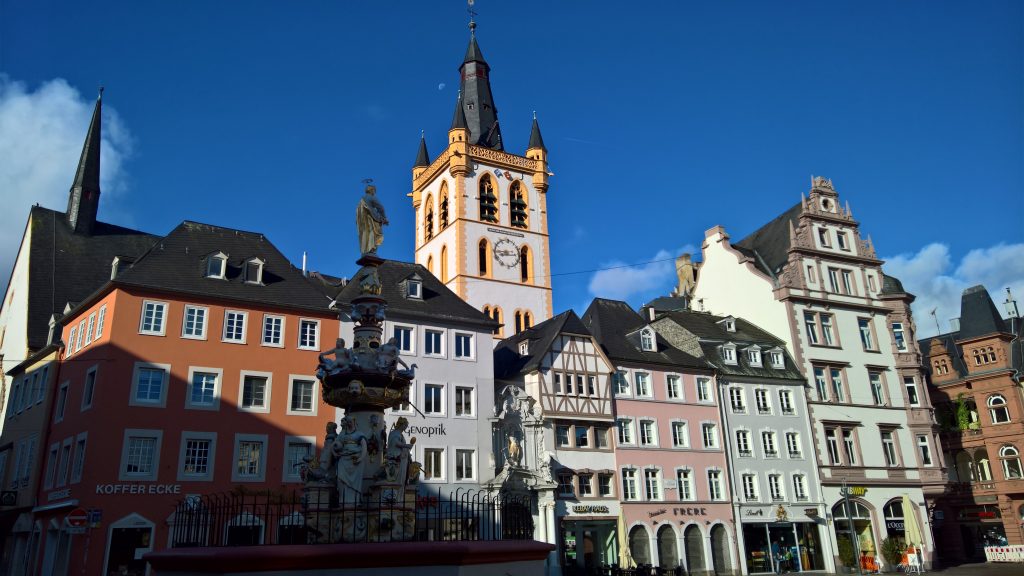
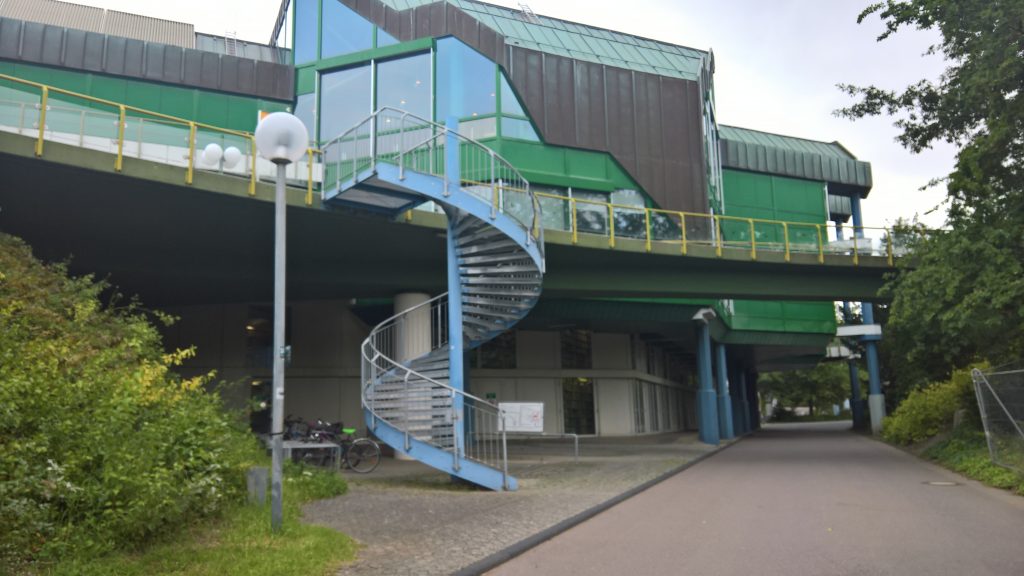
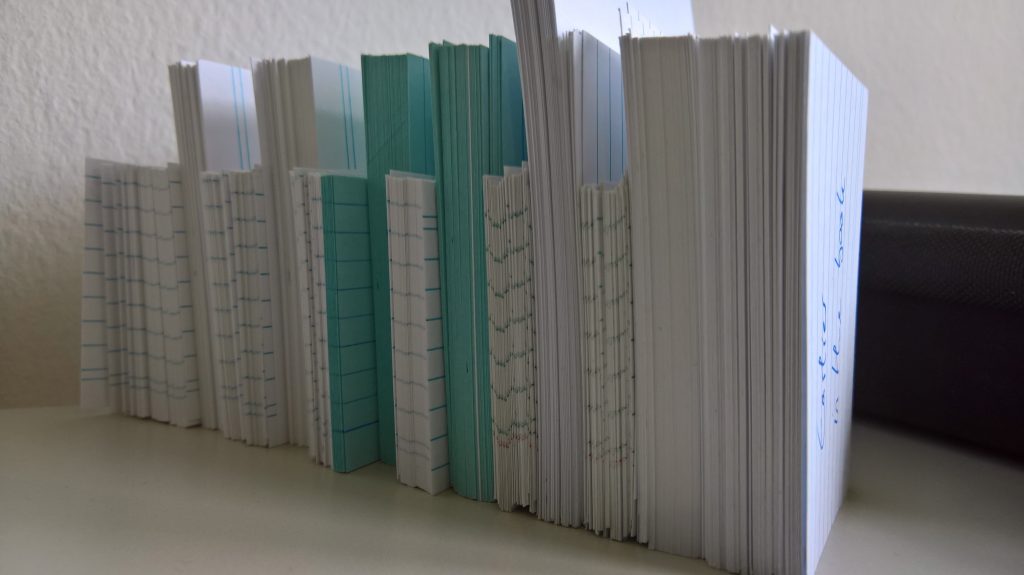
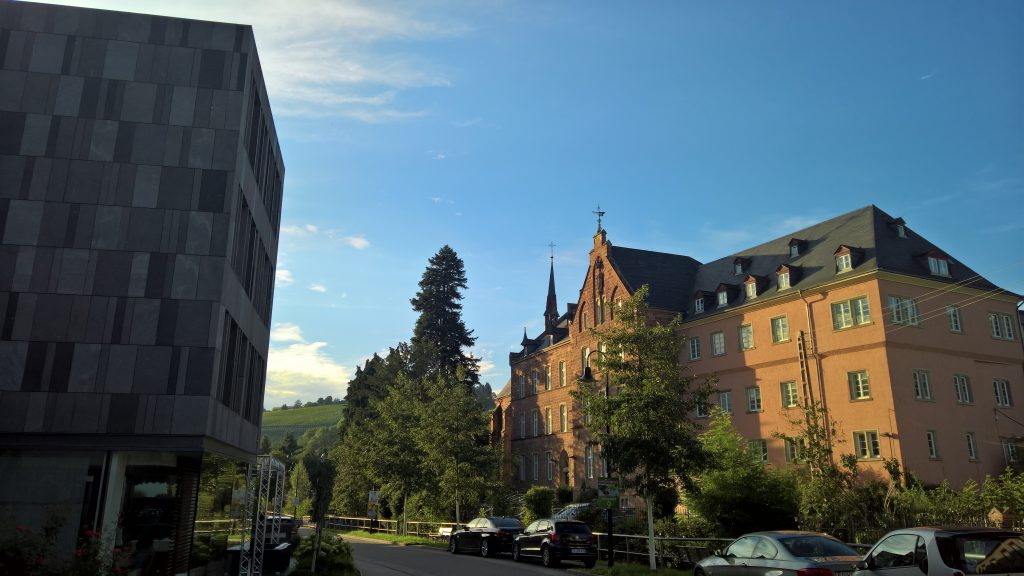
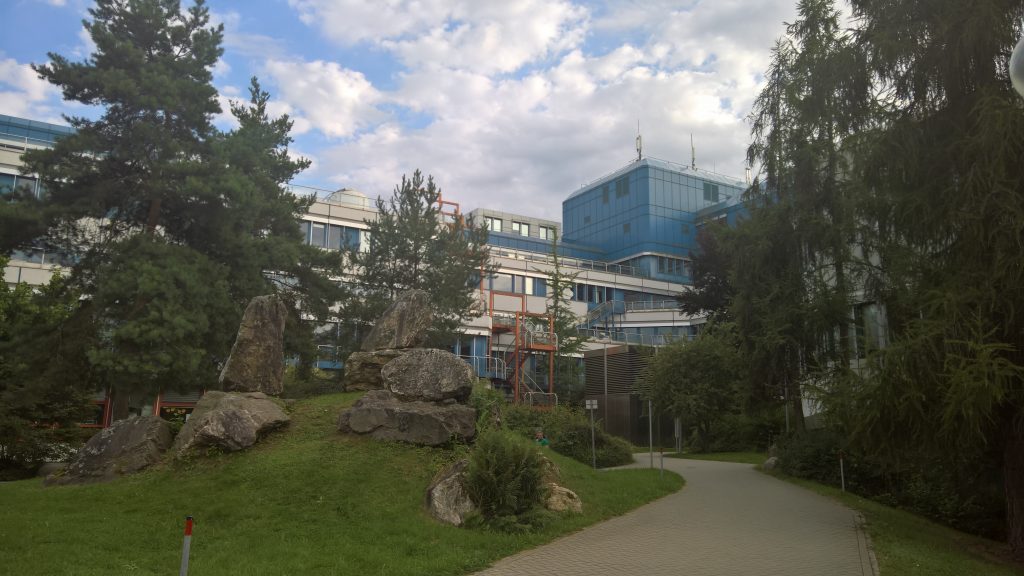
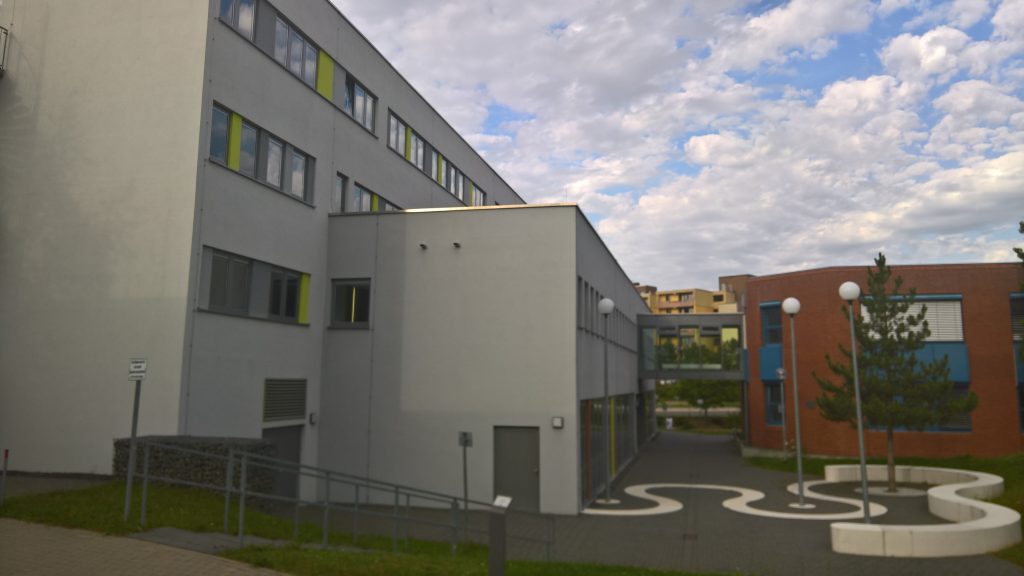
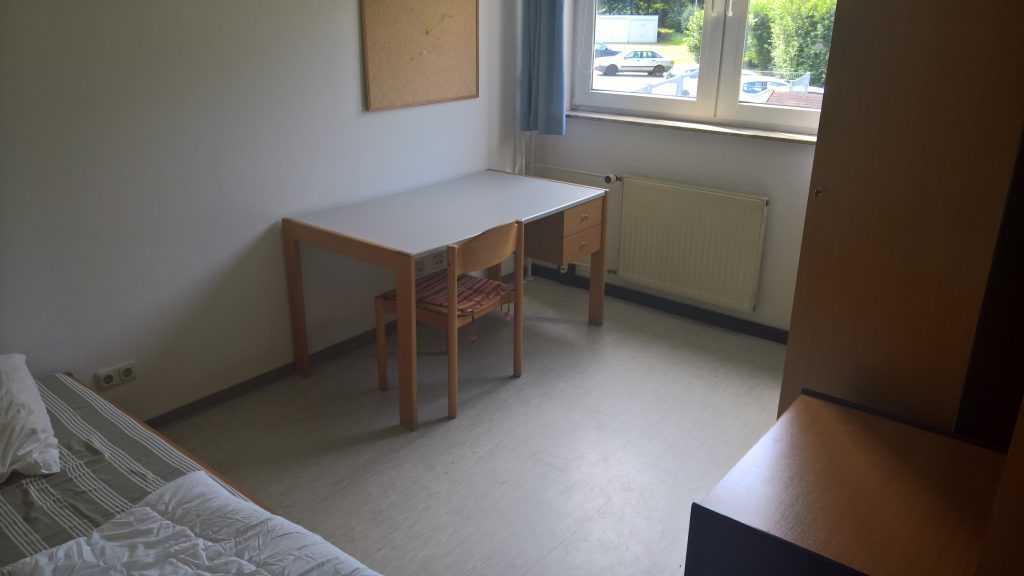
24/10/2017 Visiting South Korea (or Seoul to be precise)
After learning a little bit of Korean (hardly more than reading the alphabet that roughly corresponds to what we understand under alphabet), I went to Seoul. This was my first time in Asia that I was not in China (not counting Singapore) and there are some key differences between what I saw in Seoul and what I saw in China. Korea can be described as the Switzerland of Asia for a few reasons. First, it is rather small compared to its neighbours. Korea has around 50m inhabitants whereas Japan already has beyond 100m and China is well-known for its population size. Second, it is quite well developed and plays a very important economic and cultural role in its region. On the one hand, companies like Hyundai, LG and others are popular worldwide. On the other, Korean K-pop and make-up are just some of its cultural exports that are especially popular in Asia. Third, it’s quite traditional in its values that are very strict in comparison to Europe. Fourth, Koreans live democracy quite intensively in that there are many demonstrations and constant stands on the main road in front of the palace. Protests in Korea have a history of resulting in important change. Fifth, everything is quite nice – the infrastructure works well and the appearance of Seoul is quite neat in some areas and traditional but well-kept in others. People say that the difference between Koreans and Chinese is that Koreans have nice and white teeth. Unrelated fact: Koreans are also crazy about plastic surgeries. All in all, it is just impressive to see how this country has developed from the ruins of the Korean war in these few decades since then. This rapid development means that Seoul is quite an impressive city as the biggest of all cities in South Korea. It features some aspects that Western cities would profit from, including rapid bus services that have their own lane in the middle of the road. There were a few things that were “typically Asian”. First, the cicadas are making incredible noise during the day in the summer just like in Beijing. These are bugs a little bigger than hummingbirds that vibrate with their tails making horrible noise with which they locate their mating partners. Second, we went to a water park that was packed like no other water park that I have seen and required everyone to wear a swimming west and a cap. It was also nicely integrated into a huge shopping centre on the 3 upper floors of the building that also housed a winter paradise. Third, the streets are very crowded at times and the tickets for a popular attraction we went to (night sessions in the palace) are gone in a matter of minutes, even if they are sold newly each week. One aspect that was interesting was that there were special tickets for foreigners that weren’t gone yet and weren’t in high demand either as far as I could see. Nonetheless, there are quite a few foreigners everywhere and particularly in some parts of the city. Fourth, people go crazy about their phones and the characters and designs associated with them. For example, one of the chains you can find everywhere owns stores that sell chat app characters. Just like China, Koreans have their own chat apps (Kakao talk) and search engine (Naver). To sum up, this culture we’ll hear more of and if it is just that hardly any society worldwide is so divided between people who like a style of music and those who don’t. Seeing a tug of war at a Korean festival between lovers and haters of K-pop showed that people passionately support their respective side.
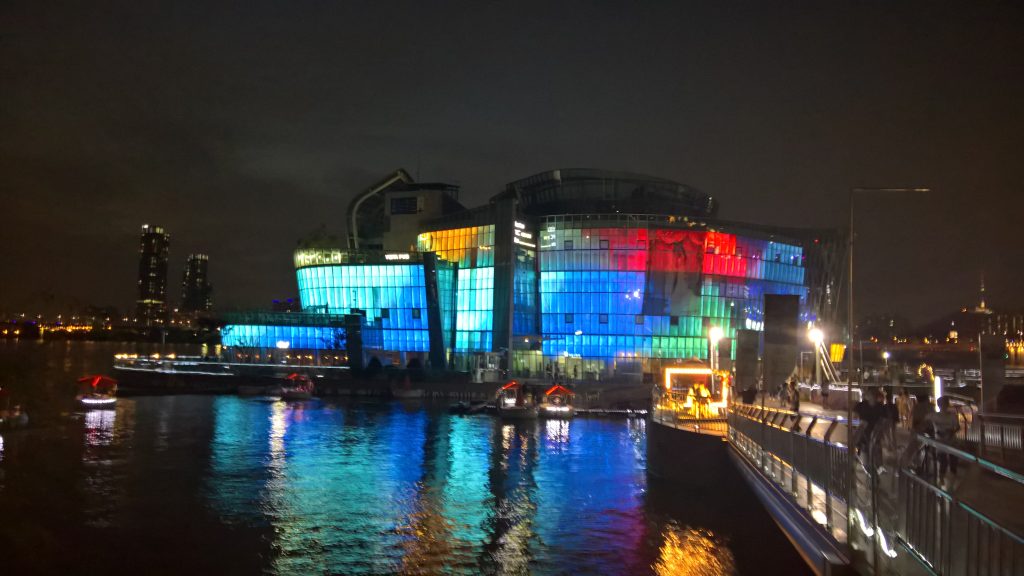
30/08/2017 Data Science in Ukraine
What, where, when: For July I was at a summer school in data science at the Catholic University of Lviv. Lviv is the “westernmost” city of Ukraine and used to be part of the Austrian empire. Consequently, the flair is not as Ukrainian as it could be I was told. Indeed, the city looks quite European and quite beautifully so as you can see on the pictures below. I was also impressed by the infrastructure in Lviv. Although its’ infrastructure and buildings were not that well-preserved at times, it even had its own bike sharing network. Like in Russia the price level was quite good for Europeans and so transport was very affordable. Lviv has a very warm atmosphere, which might partly have been due to the weather that was quite warm during the summer Why data science? Data science is quite interesting at the moment because as technology expanded in the last few years, so did our capabilities in exploring data with it. Machine learning and AI (artificial intelligence) are all belonging to data science and in principle not more than algorithms written in one or the other programming language (as far as the easier areas of it are concerned). What we learned in data science: After two introduction courses in Statistics and Machine Learning for the first 4 days we could choose our own courses to pursue 4 topics of our choice. I chose Sentiment Analysis, Natural Language Processing, Recommender Systems and Social Network Analysis. Each of these do what it says on the cover. Sentiment analysis tries to use data to find out about the feelings of the person submitting it, say using a text message finding out what mood it was written in. Natural Language Processing is concerned with all things human language processing by computers, which is already in our phones with programs that understand our voice instructions or recommend words on the keyboard. Recommender systems is what analyses user preferences to suggest the best things to look at next. Apparently, video streaming site customers use this service for a significant portion of their video consumption. Lastly, social network analysis logically analyses social networks meaning that it tries to get pieces of information out of your internet footprint on all the social media you use. The last 4 days were spent on projects we could choose. I chose a project in medical AI where we were analysing alzheimer patient data to see what trends could be observed in the development of their disease. It was interesting that we as students were working on cutting edge research and could even share the results with the research lab of a hospital afterwards. Why UCU (Ukraine Catholic University in Lviv)? The German Academic Exchange Service organizes a number of summer programs each year under the “Go East” umbrella that it endows with scholarships. Although I didn’t get a scholarship for the program it still seemed useful enough for me to try out. Albeit unexpectedly so, UCU is actually a very modern and unique initiative in Ukraine. The country can only be happy to have such high-quality education being offered that I was quite surprised with. Partly foreign-financed, the university has ambitious plans for the future and is already showing an impressive line of achievements. As you can see below, the buildings are modern and interesting learning space.
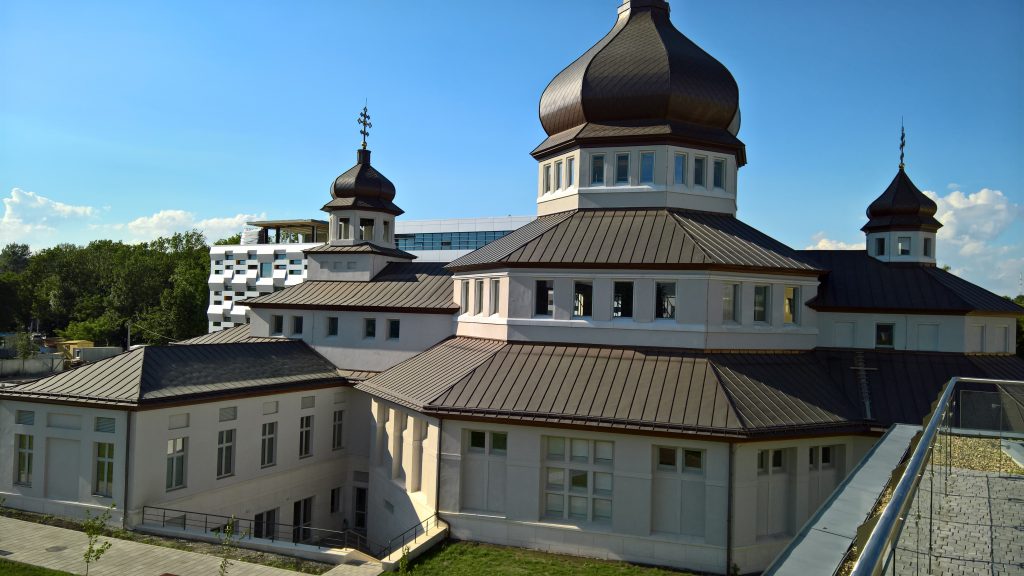
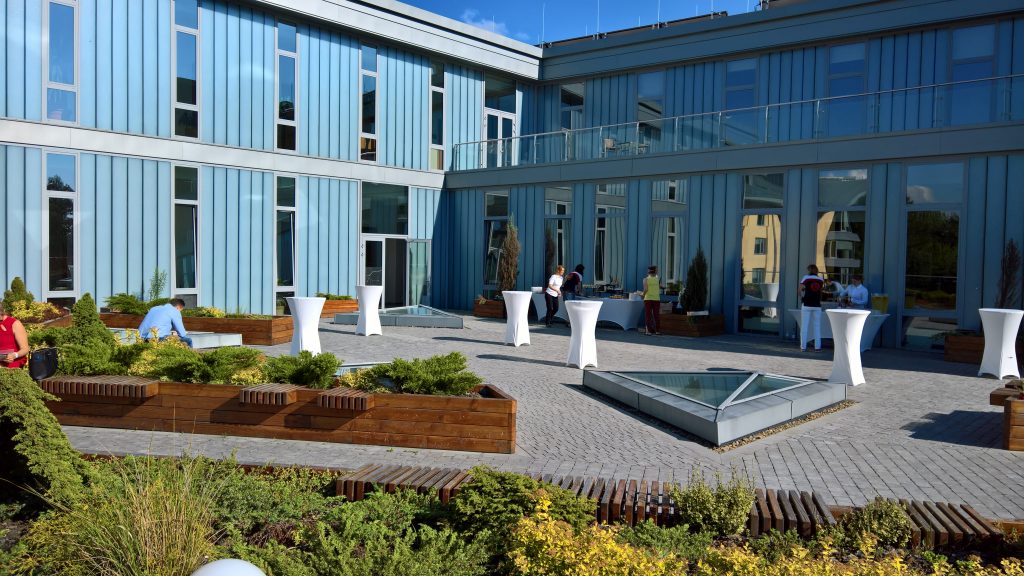
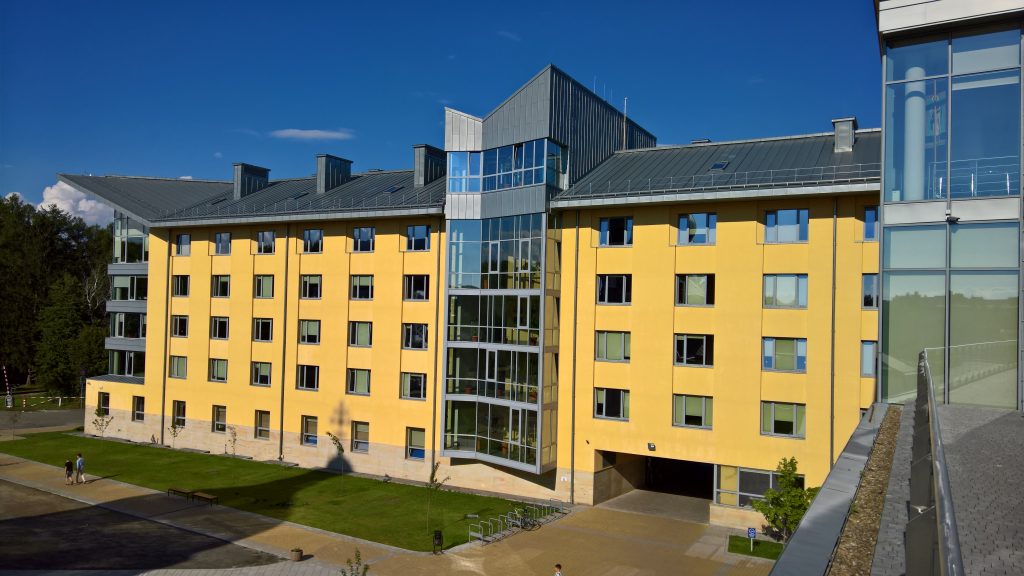
Extracurricular activities: The organizers organized a city tour, a castle tour (that I didn’t join) and a pub quiz. The planned movie night was replaced by a meeting in the pub. Besides, I also went to play tennis once with a friend. Below you can find some pictures of Lviv.

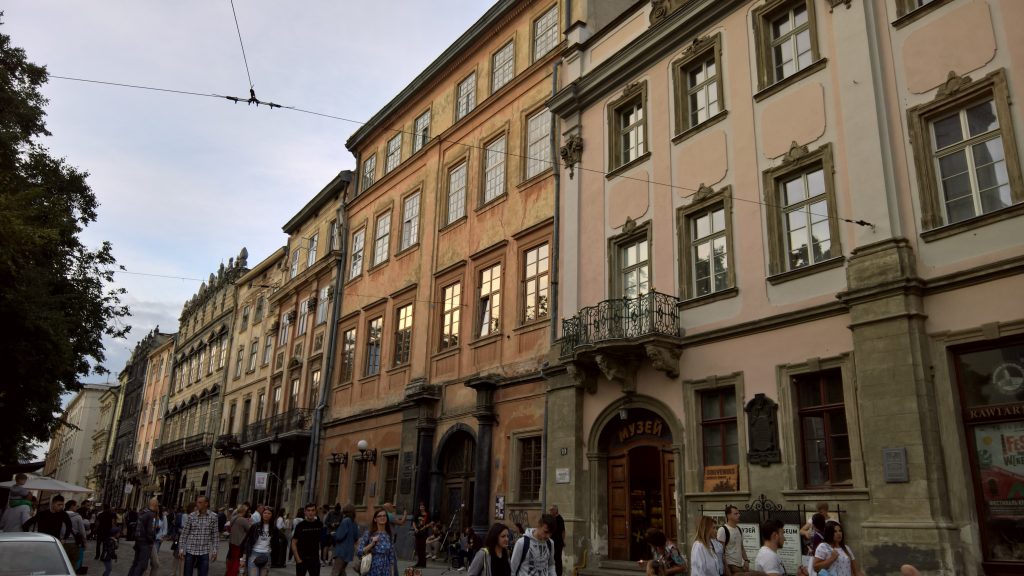
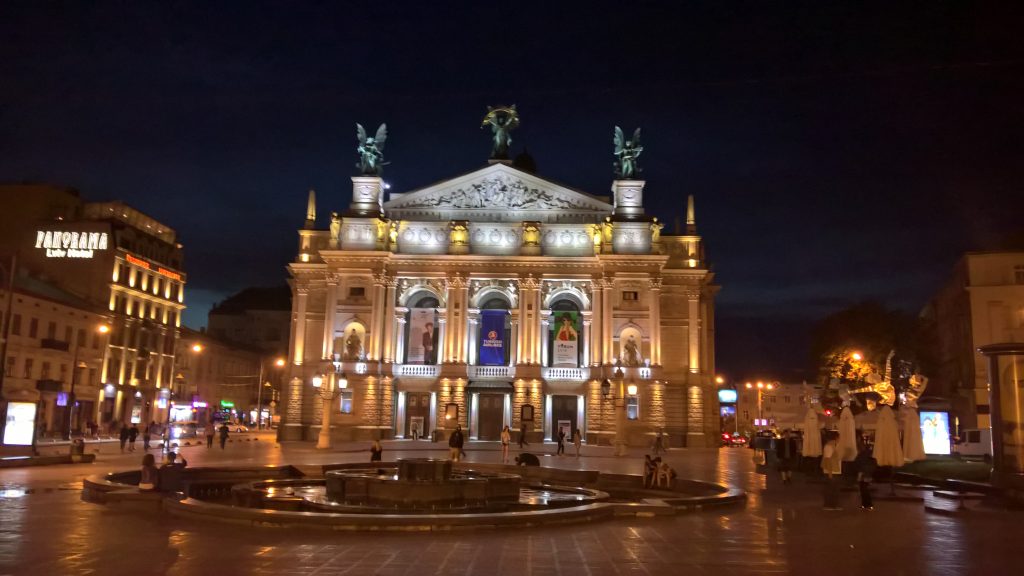
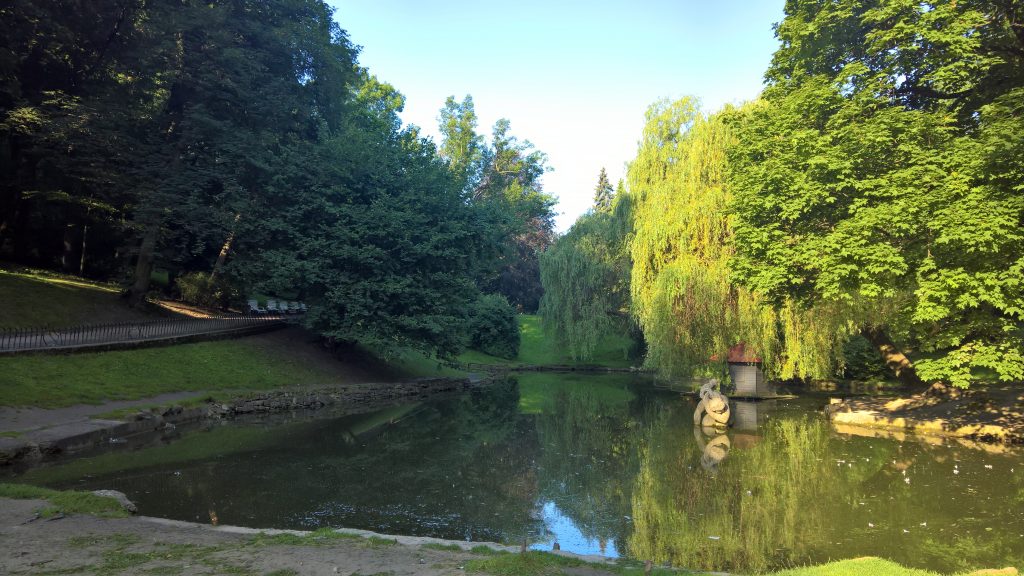
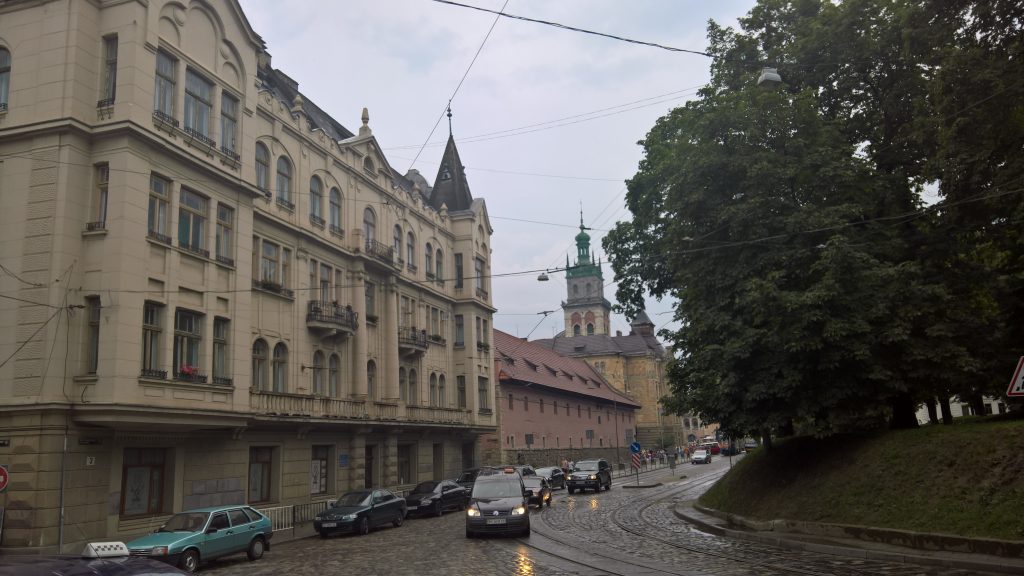
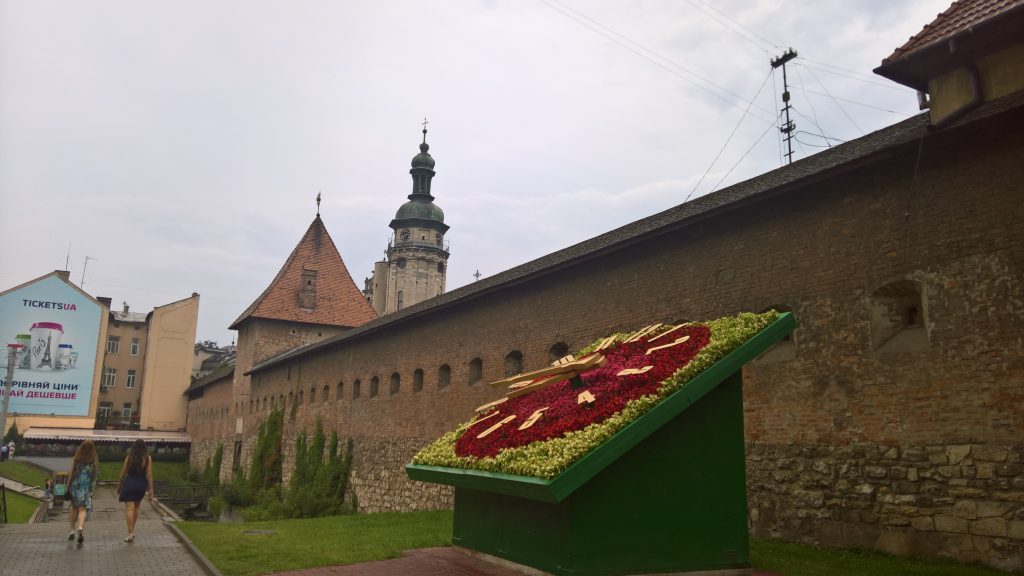
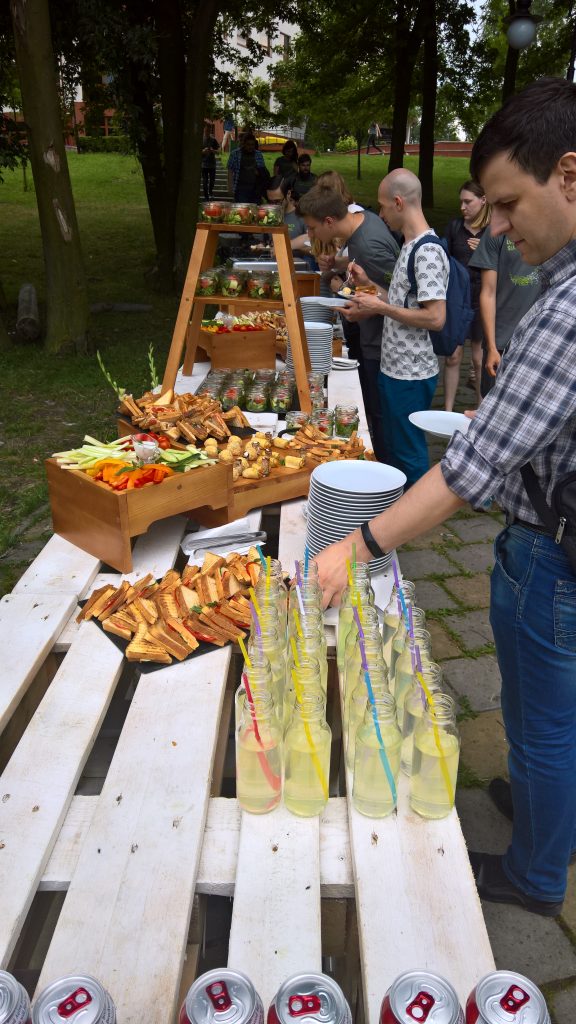
29/08/2017: Belgium and Holland (Amsterdam)
After coming back from Russia, I went to Belgium and Holland for a few days, the first time for me to visit those two countries. For most of the time I stayed in Antwerp but my girlfriend and I also did some trips to Amsterdam, Brussels and Ghent. The general impression of Belgium and Amsterdam is quite nice. It seems to be like Germany for the most part just that the language is different and that there are some local features unique to each city. One notable general difference is that restaurants are a lot more expensive but no less frequented and that the cities seem more lively. Antwerp is a very lovely and rather small city except for its huge train station that is especially impressive at night because it goes way below the ground in a grand aula under the historic dome. One feature I noticed is that it has go lots of flags hanging everywhere as you can see below on the city hall.
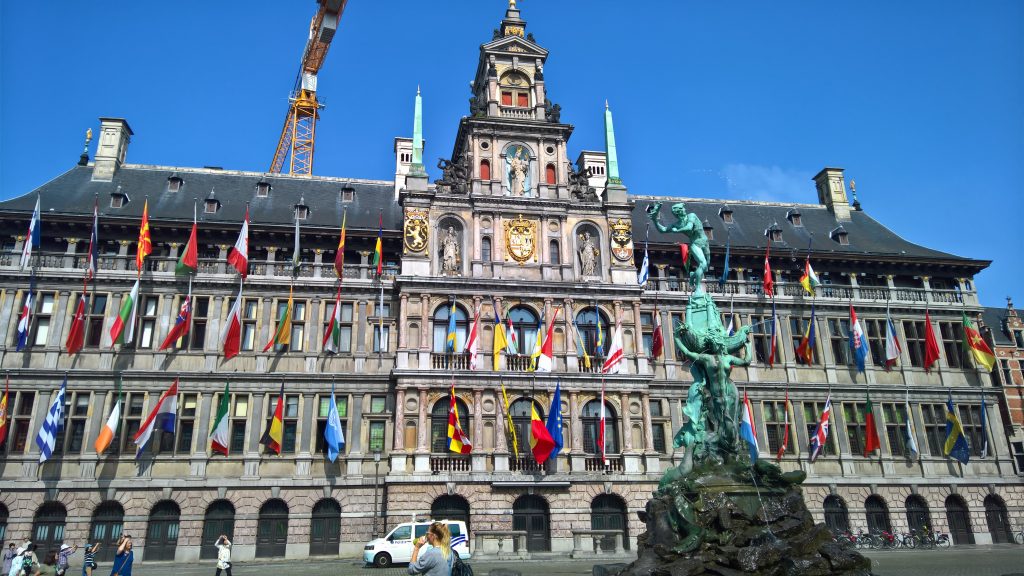
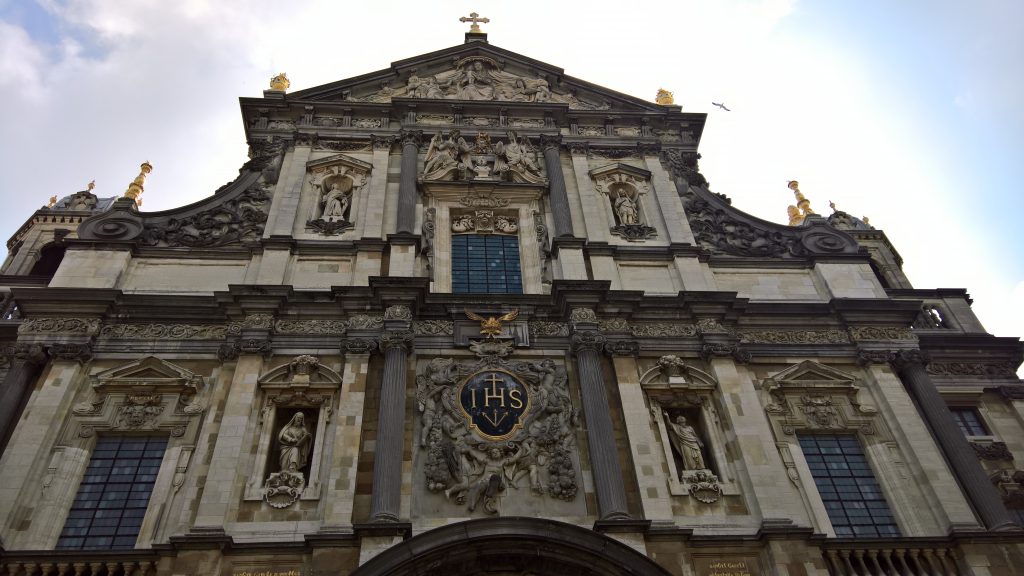
Brussels on the other hand is quite old in many parts and certainly has the flair of a big european city. What is exhausting is that part of the city is located up a small hill but that makes for great sundowns in turn when sitting on the hillside.
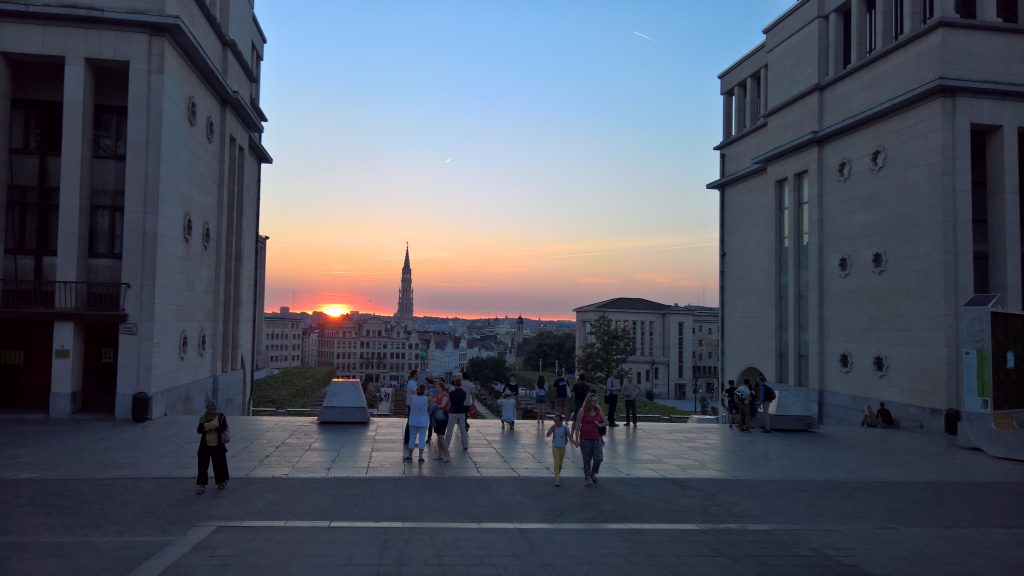
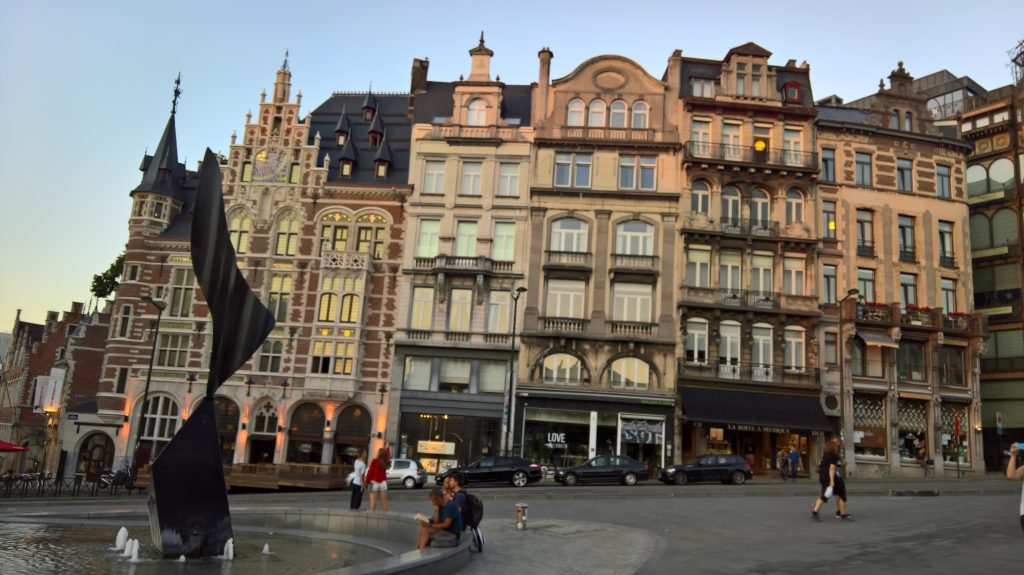
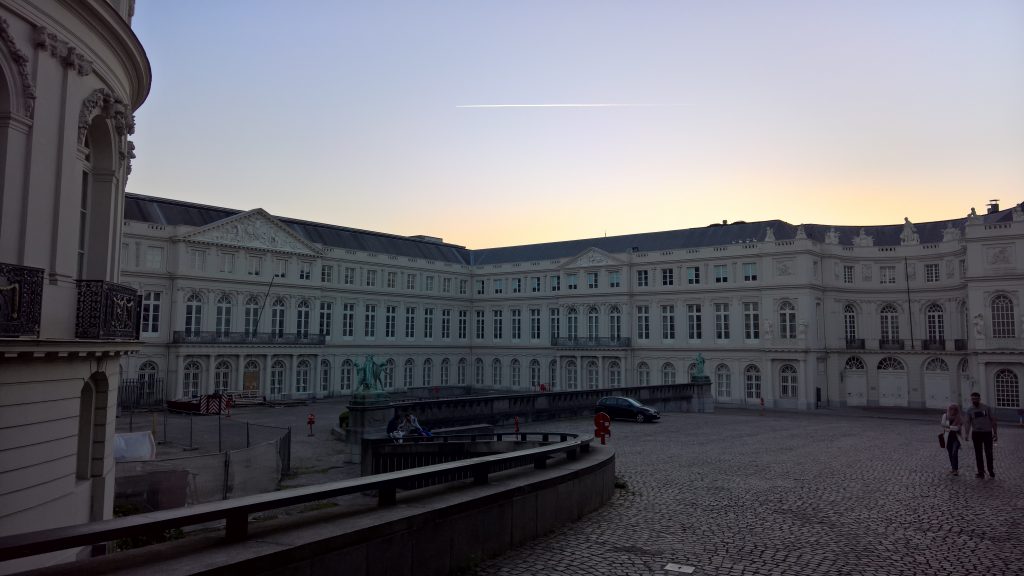
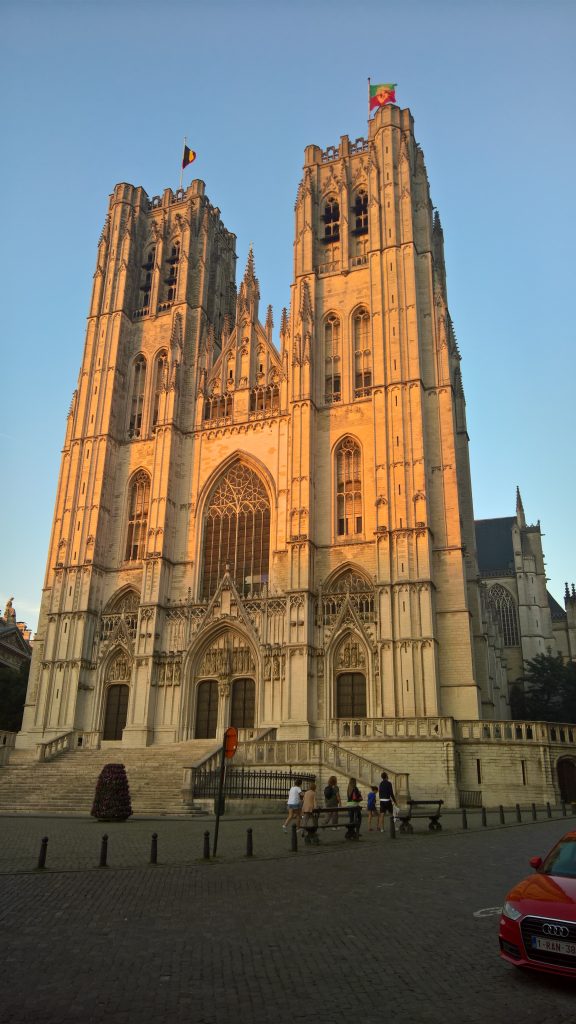
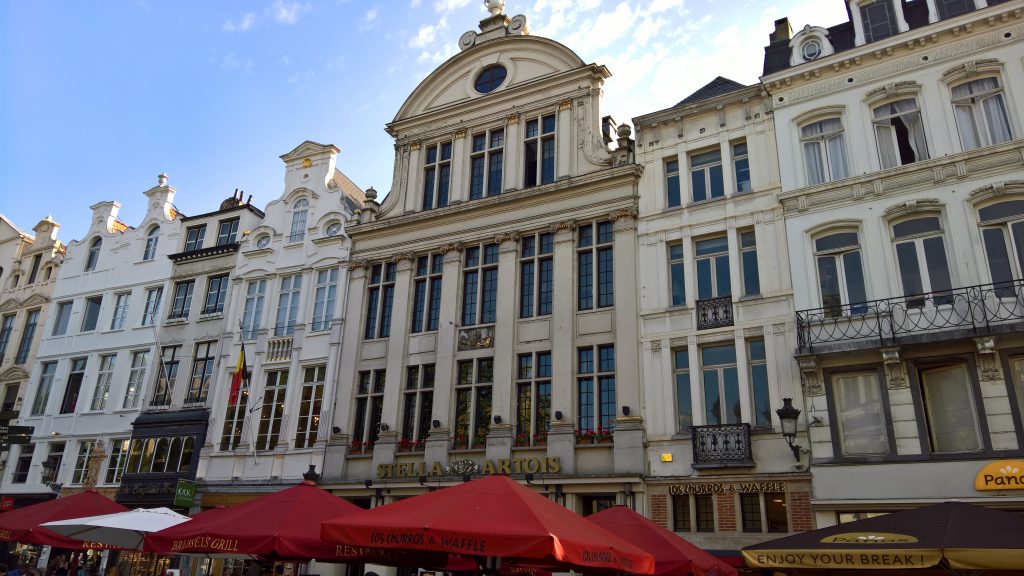
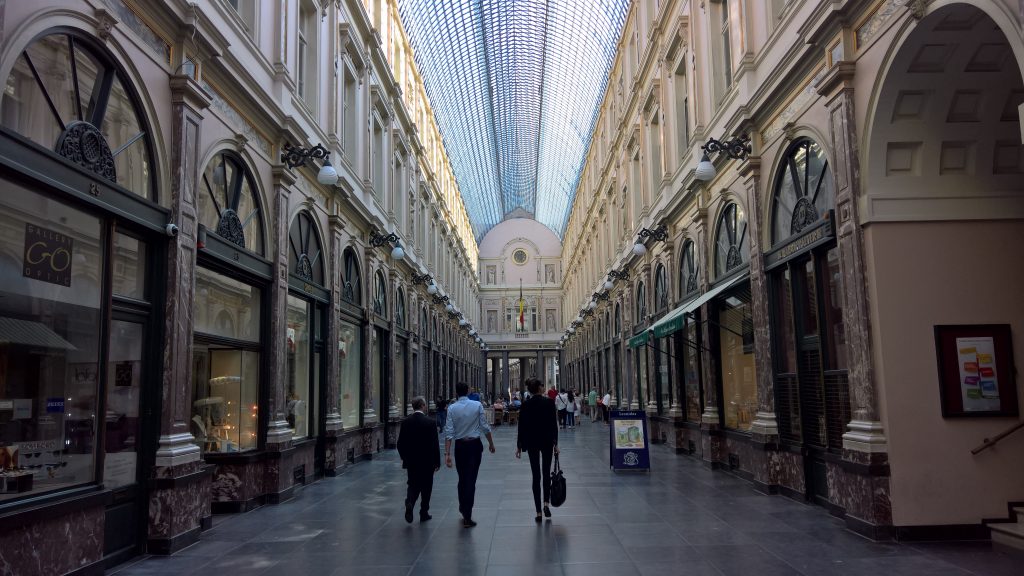
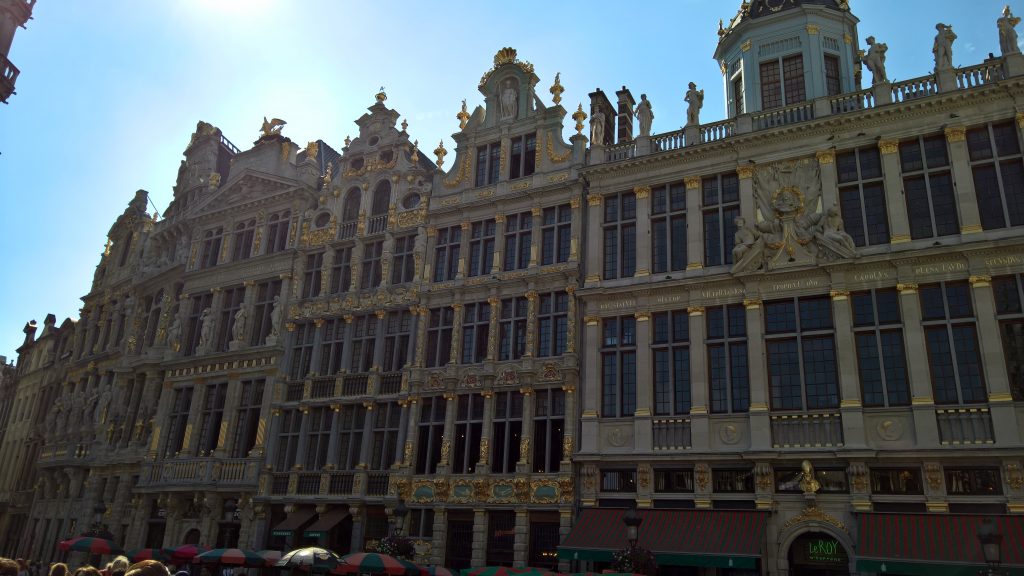
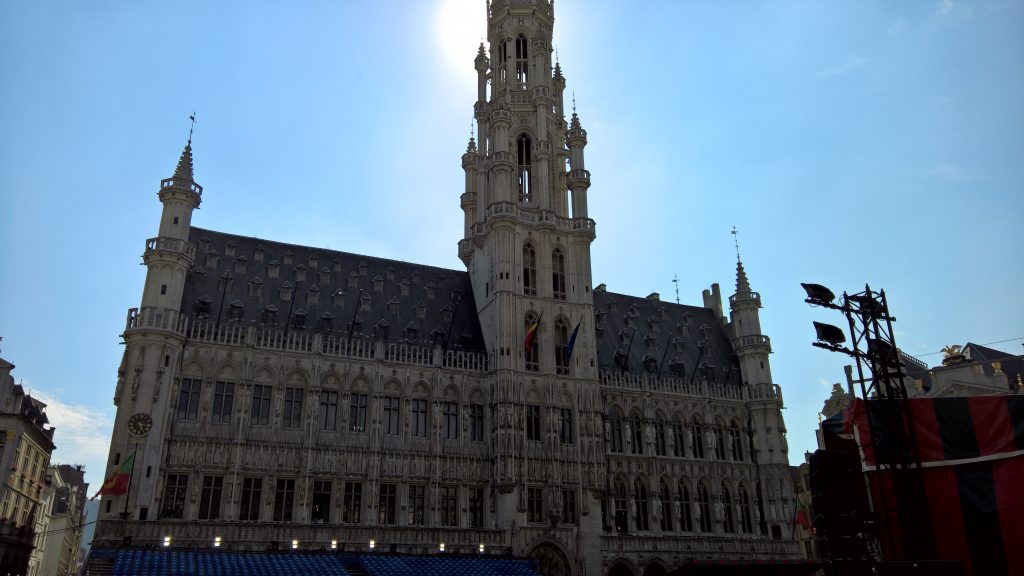
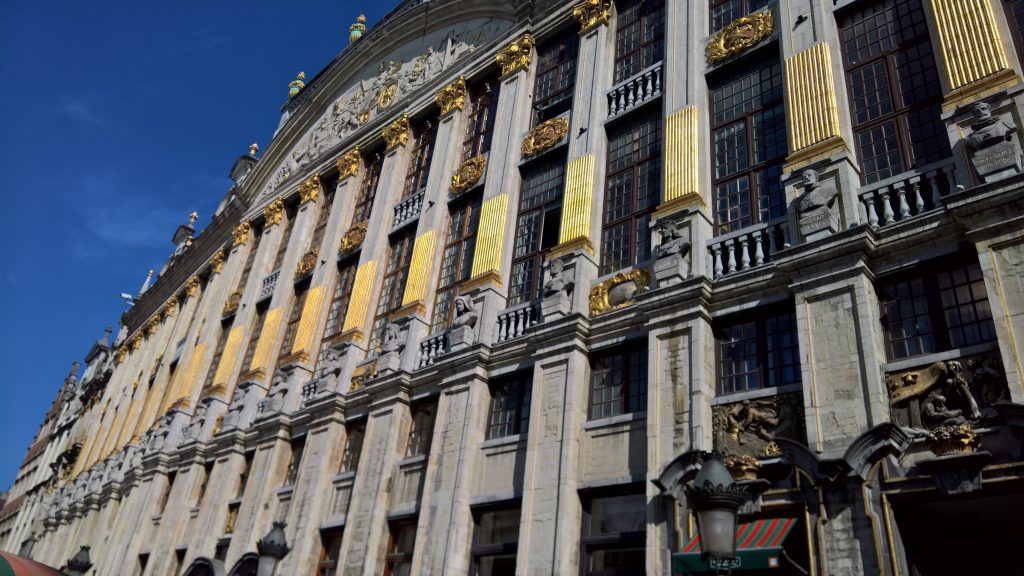
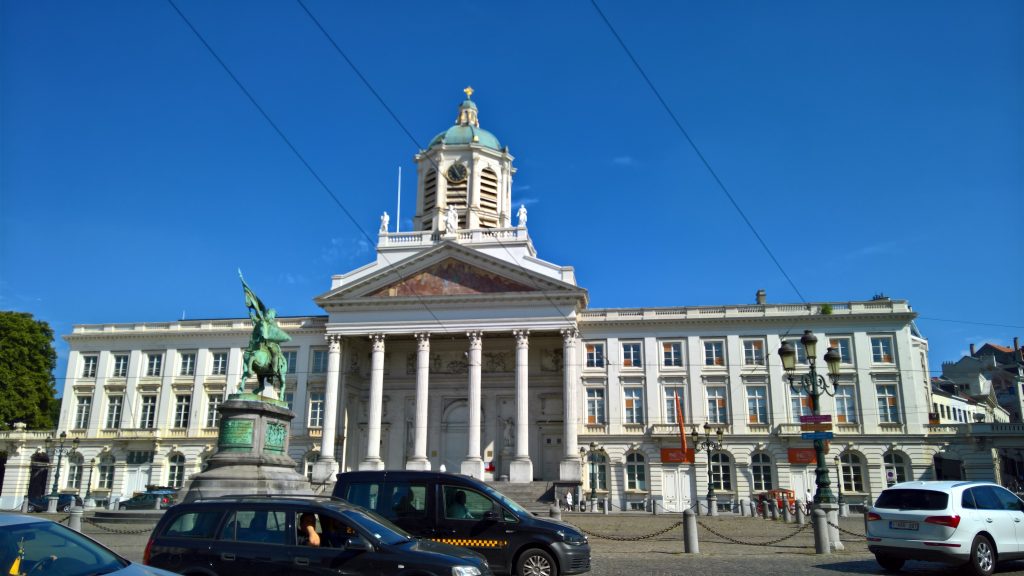
Amsterdam is many people’s favourite city and that is certainly understandable when you visit it. We rented a bike for most of our stay and the canals are a great way to discover the whole city. Logical when the whole city is made up of canals? As you can see on the pictures the typical street in the centre really is just a small road to the left and the right of a canal flowing in the middle. Of course you also smell weed the moment you step out of the train.
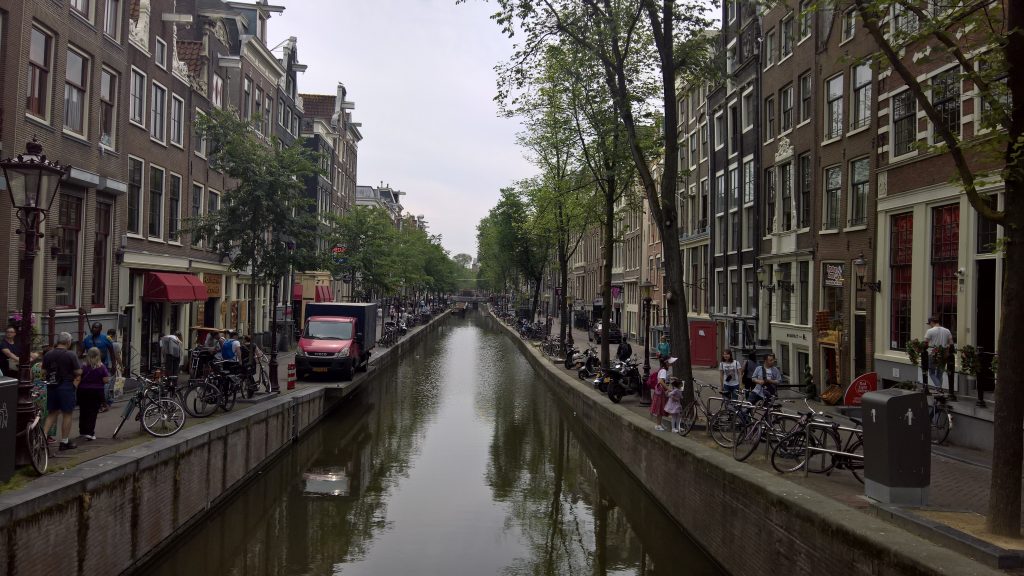
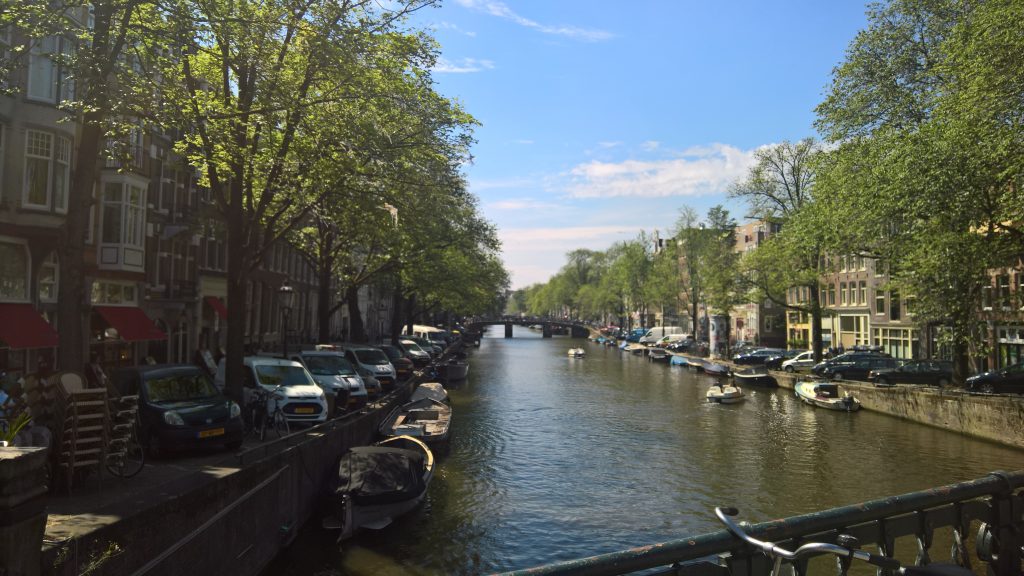
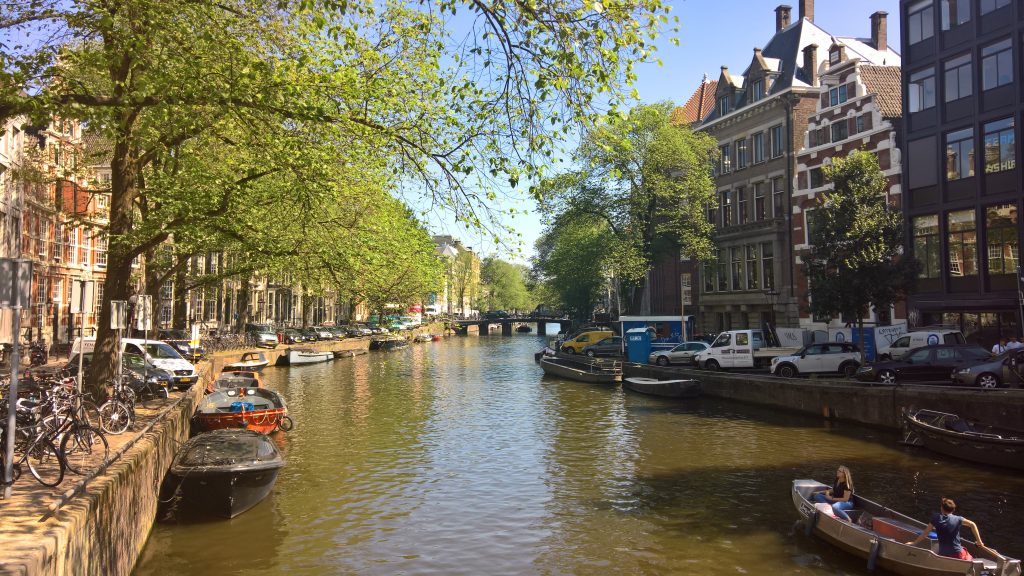
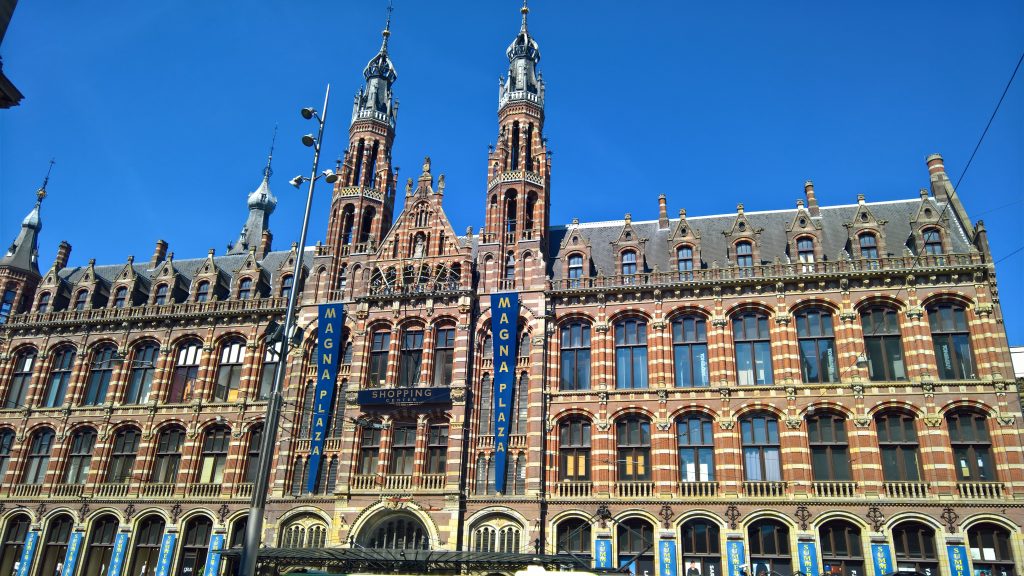
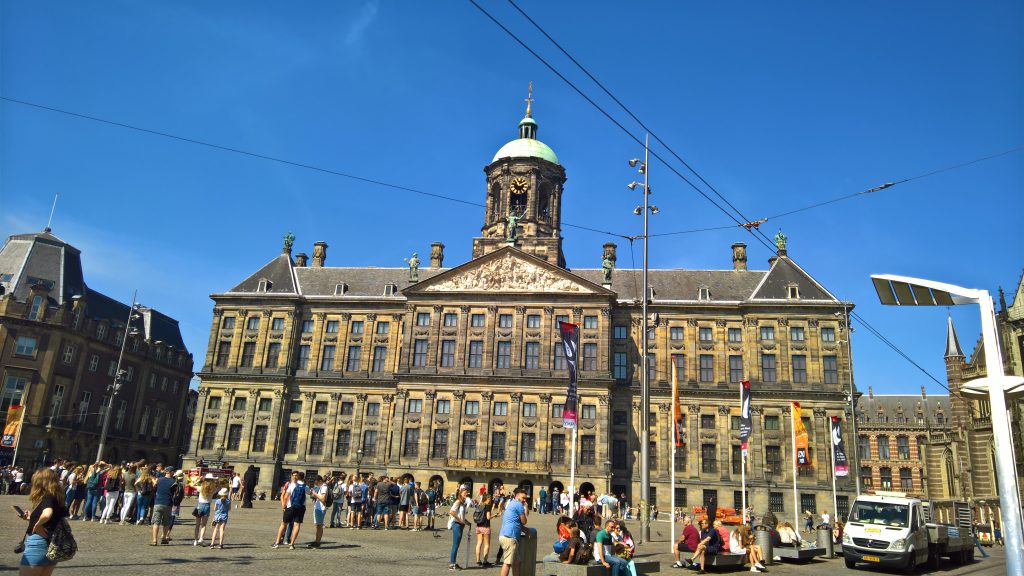
27/08/2017: Saint Petersburg in the summer:
Although I had already been to Saint Petersburg in the winter the summer is a completely different story. The flair of the city becomes very warm and the beauty of the buildings, parks and palaces seems more vivid in the sunlight. Plus, it hurts less because you don’t feel like the wind is just unbearably cold. The highlights in pictures of a 3 day trip I made with my girlfried are listed below. It is a even more of a crazy city in the summer as you can see. I could now take some time to write a description of all the places in the pictures below but instead I thought I keep this as a quest: those who want to find out about the depicted places can do so through their own research independently. These places are all well-known so it should not be too hard. Saint Petersburg is one of these cities where having done a little bit of research is useful. Enjoy the pics!
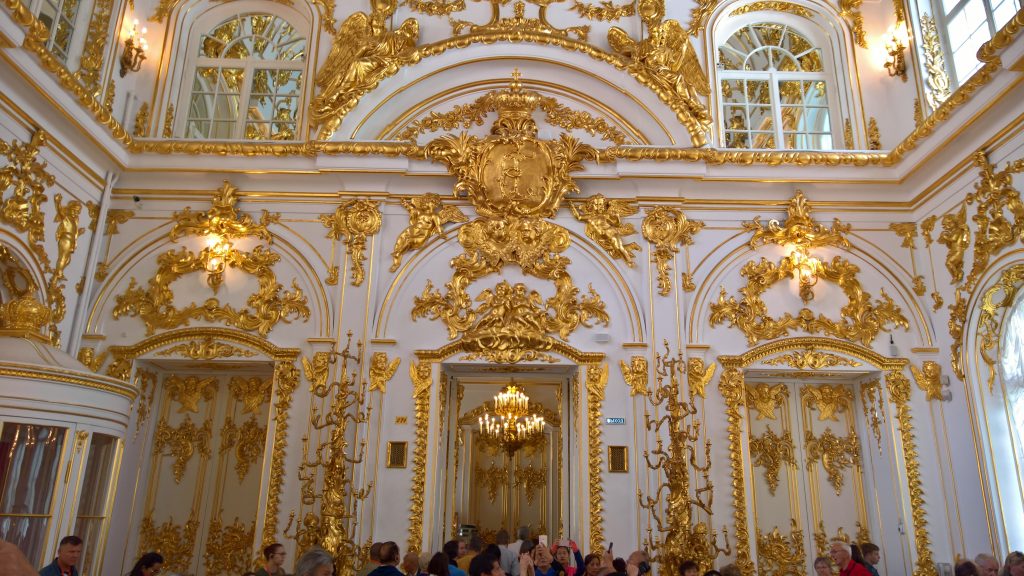
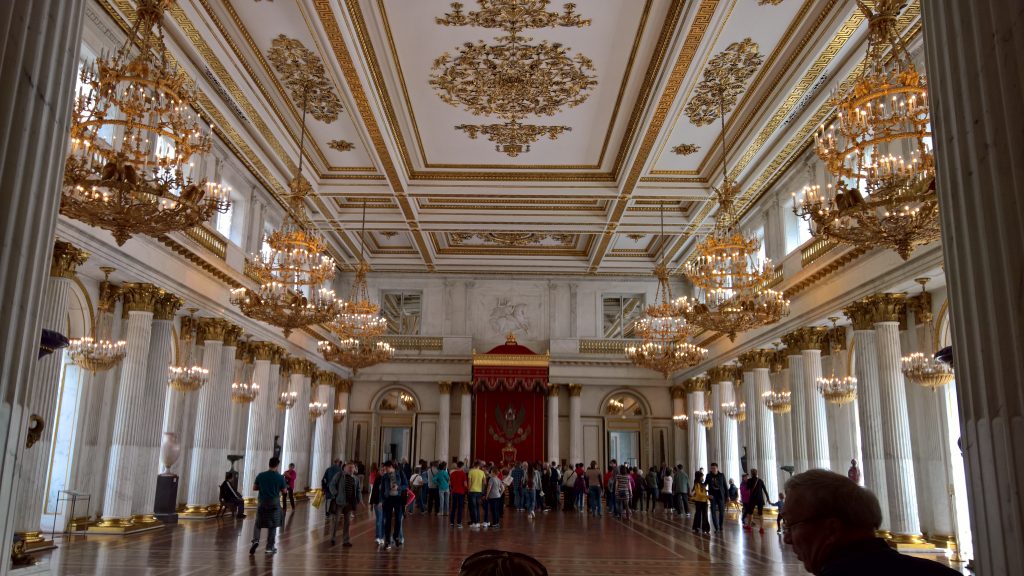
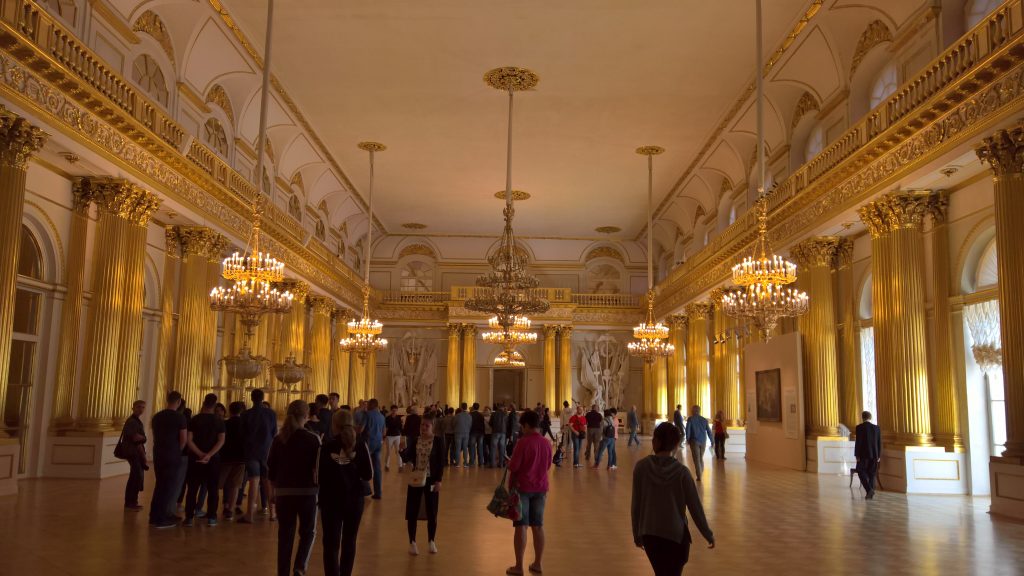
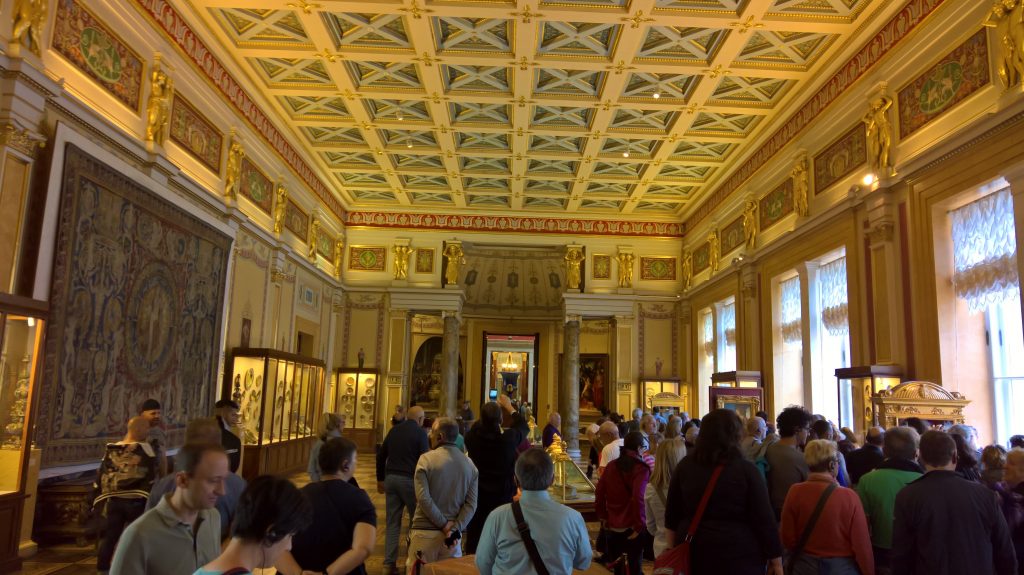
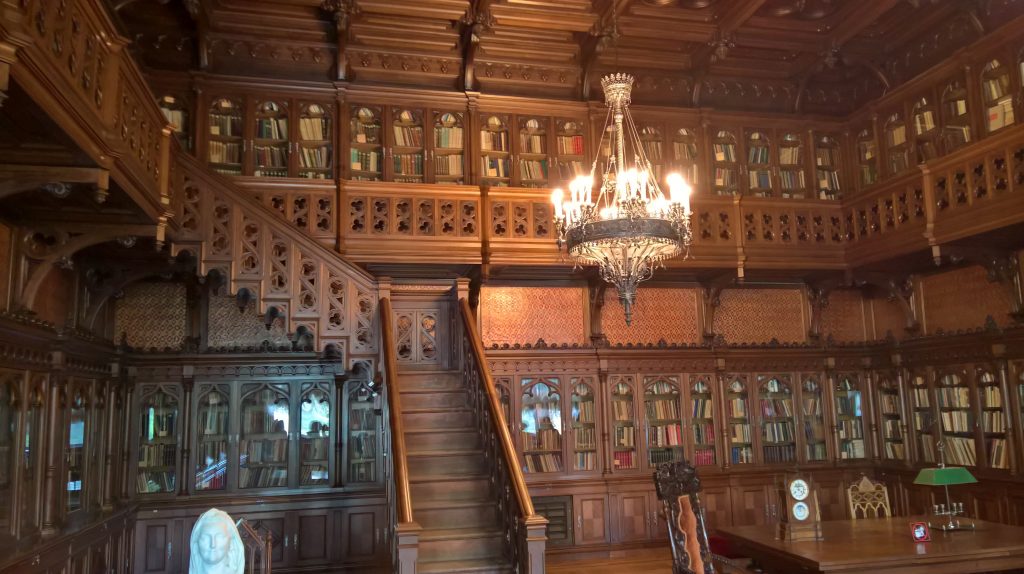
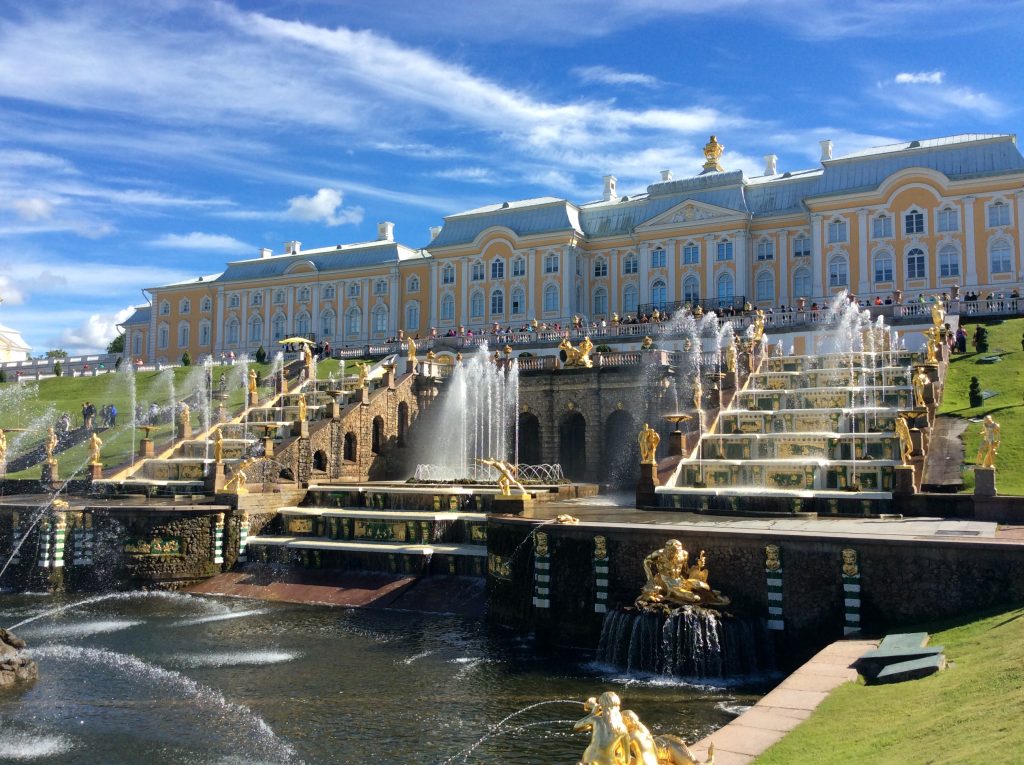
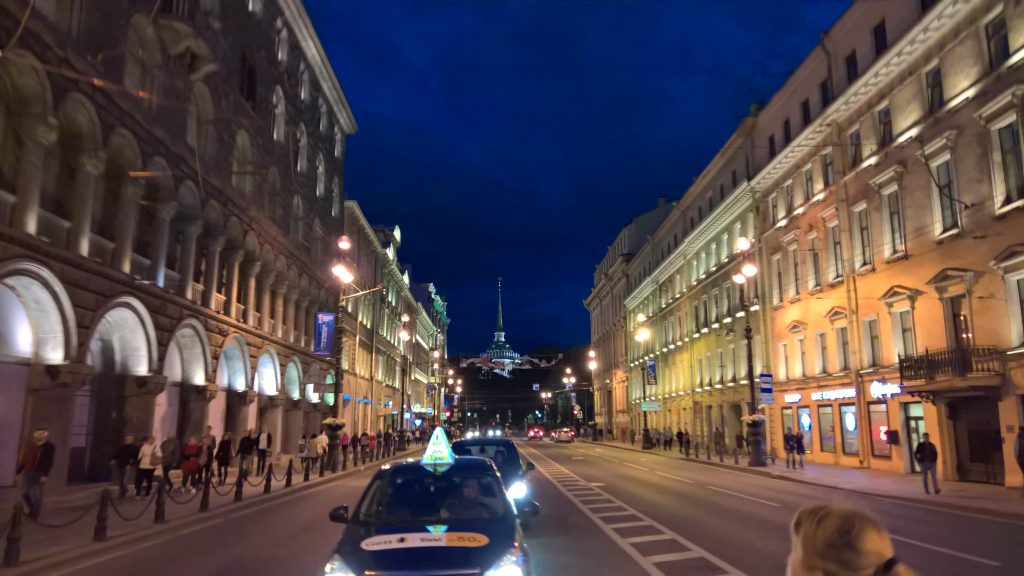
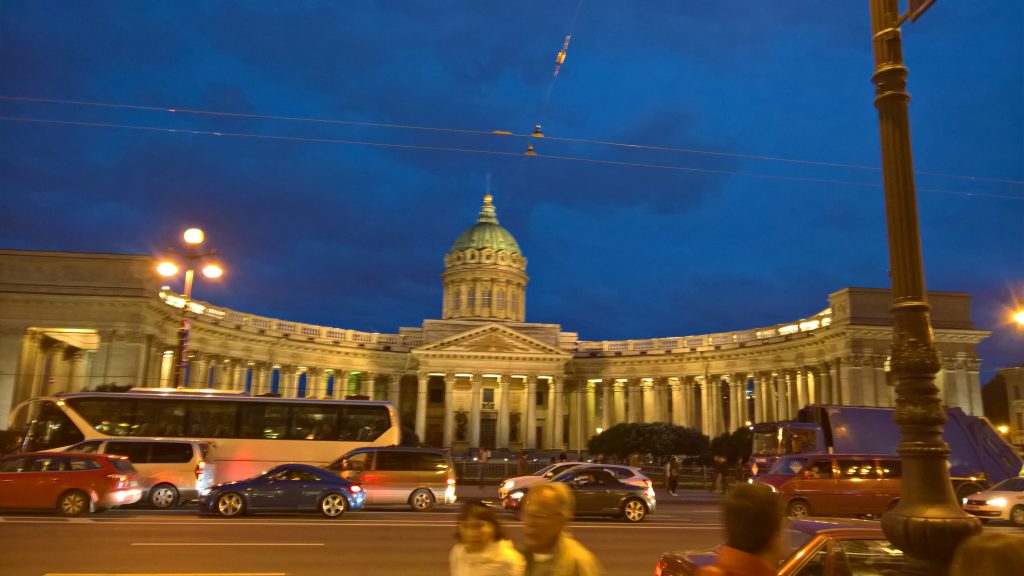
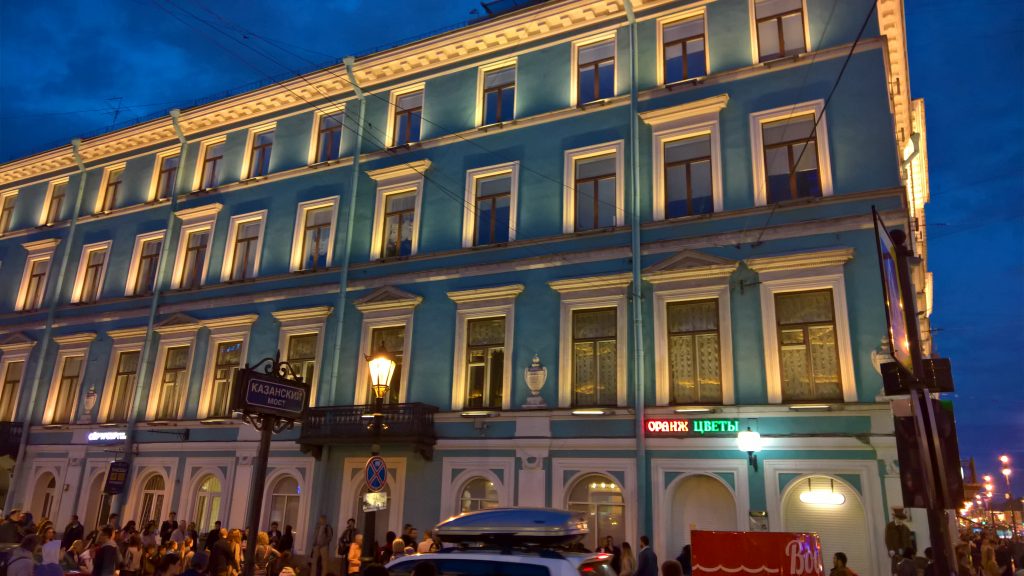
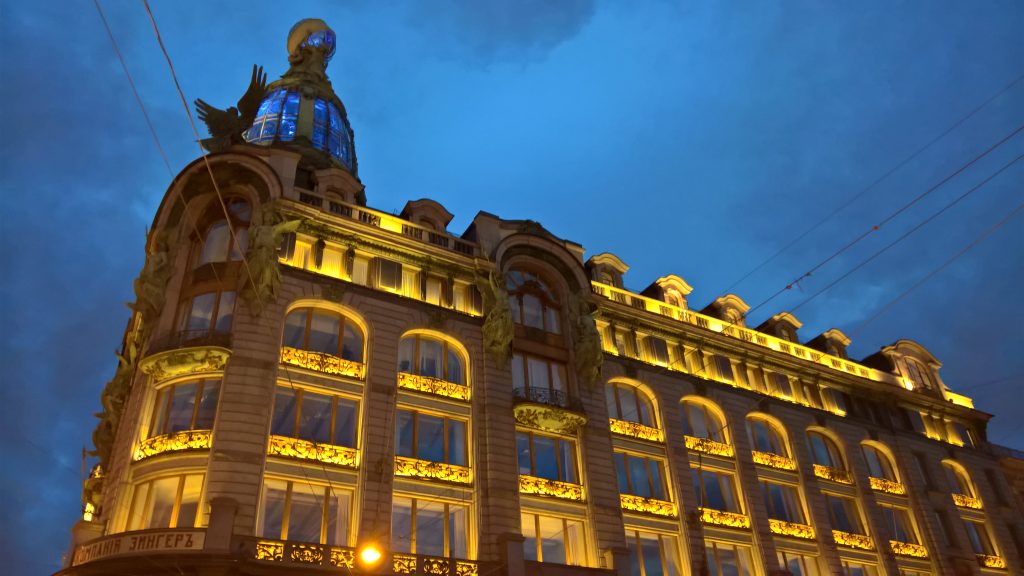
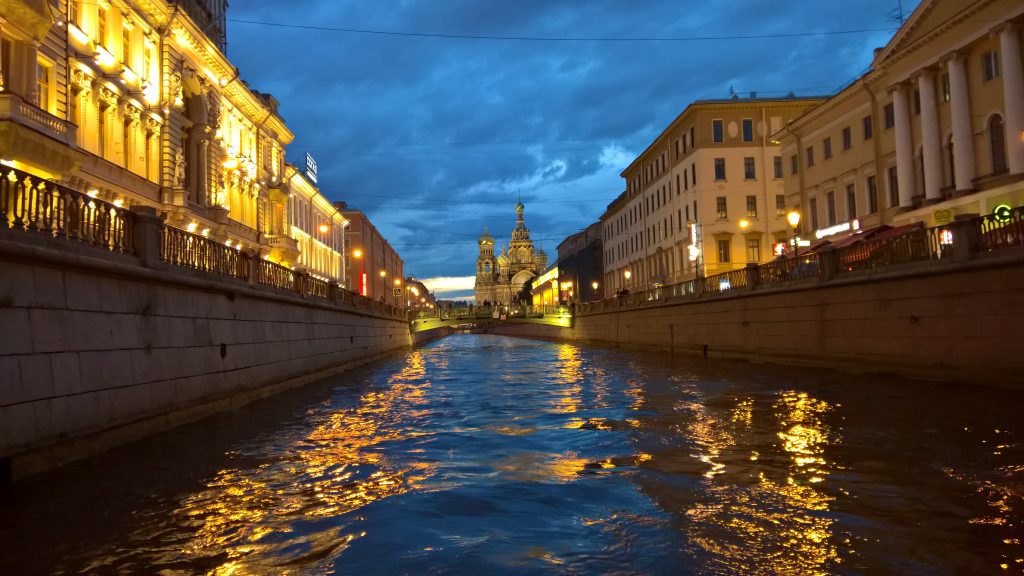
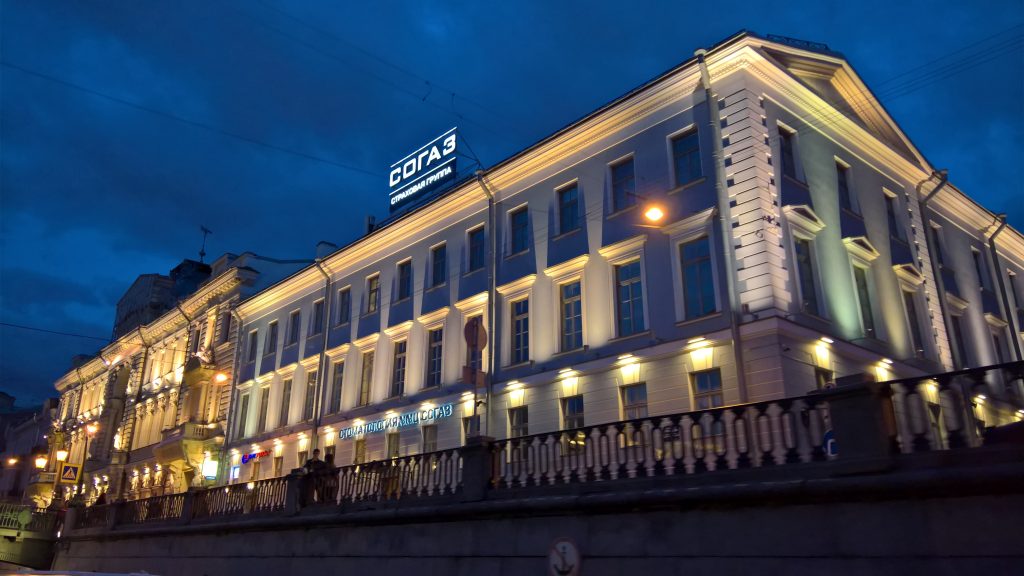
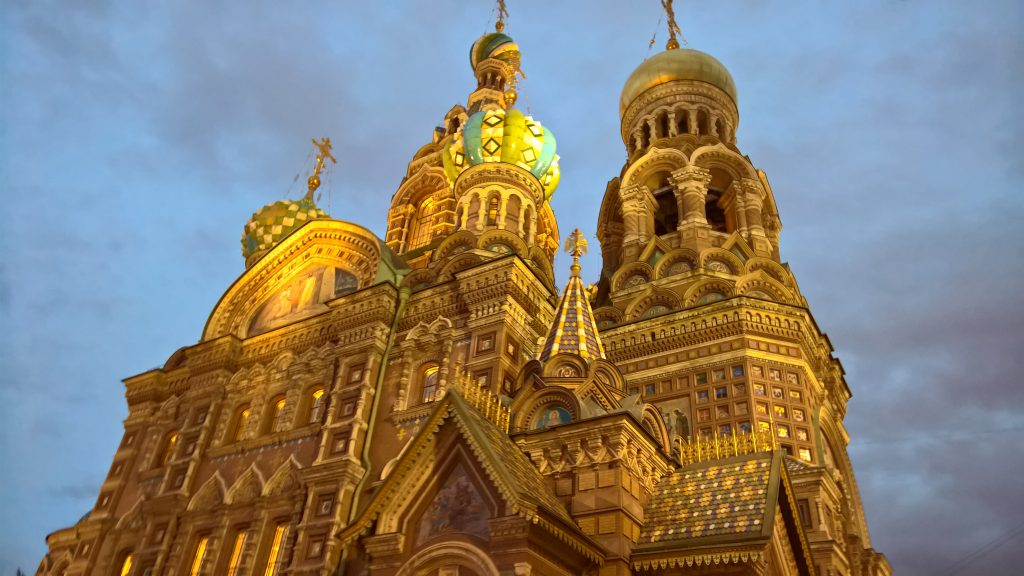
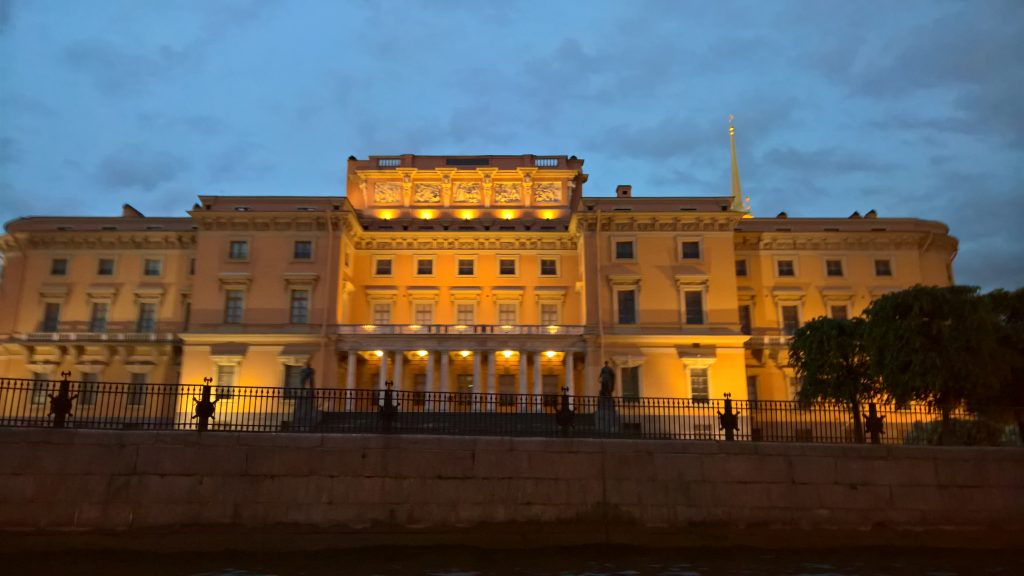
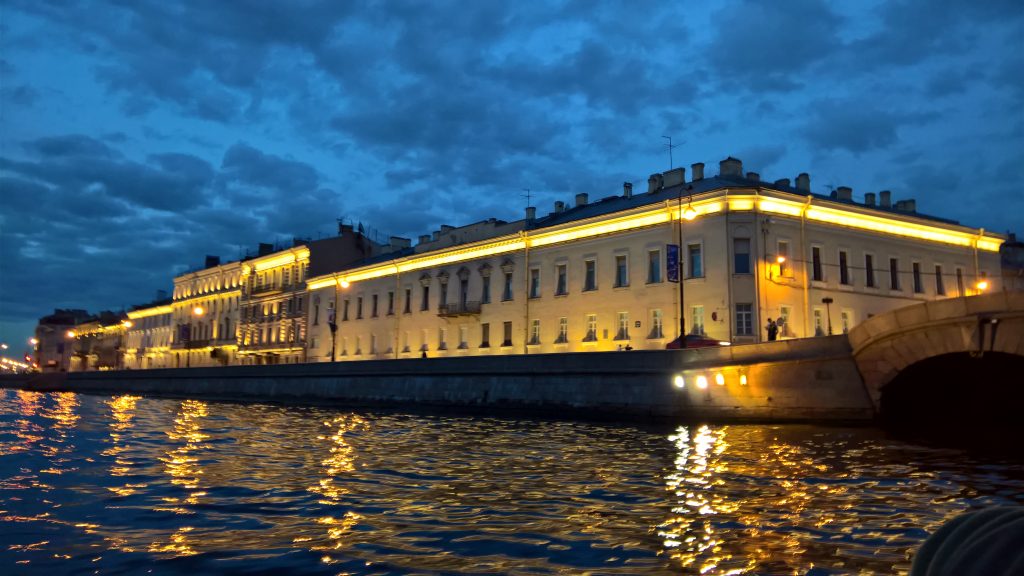
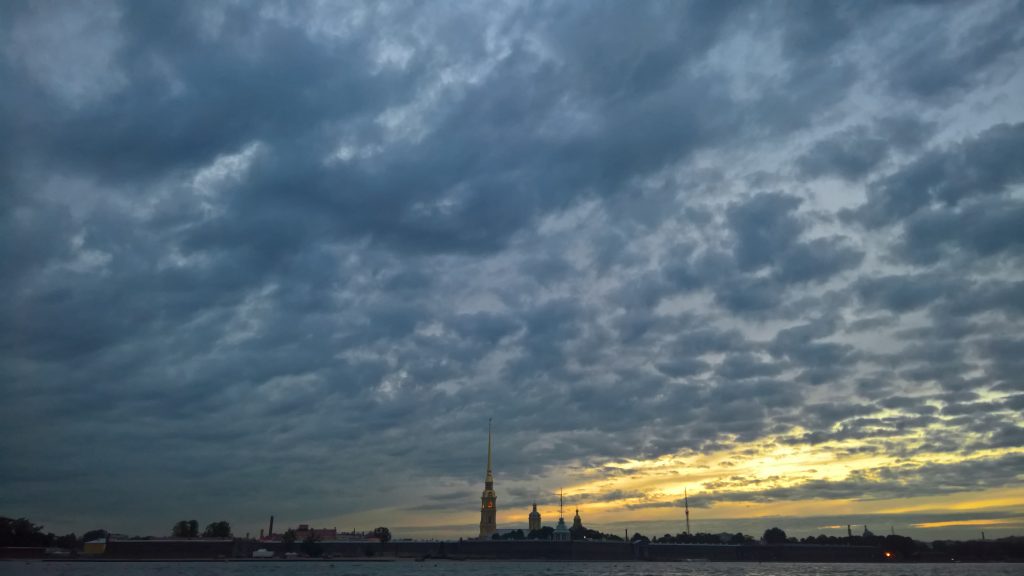
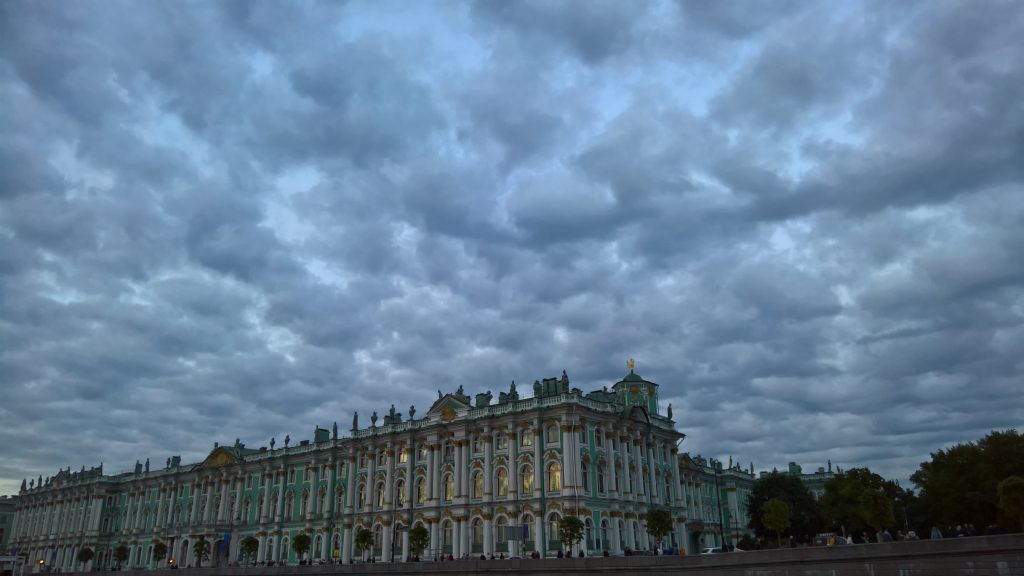
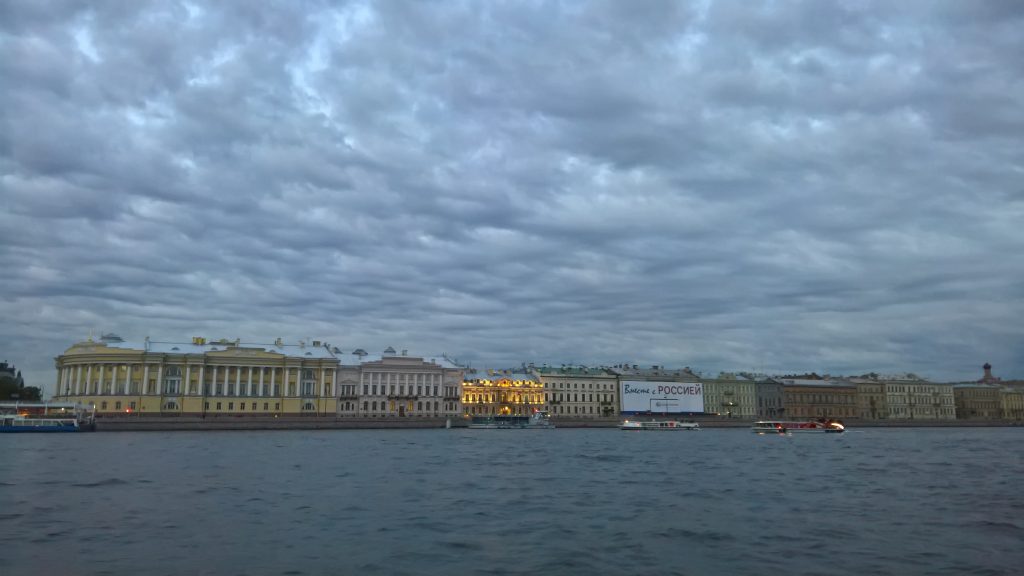
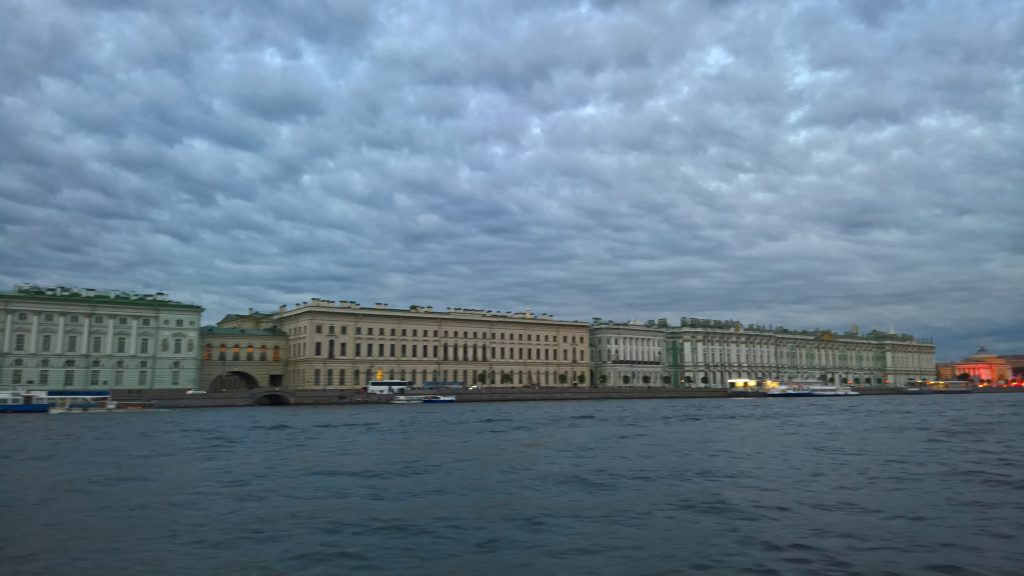
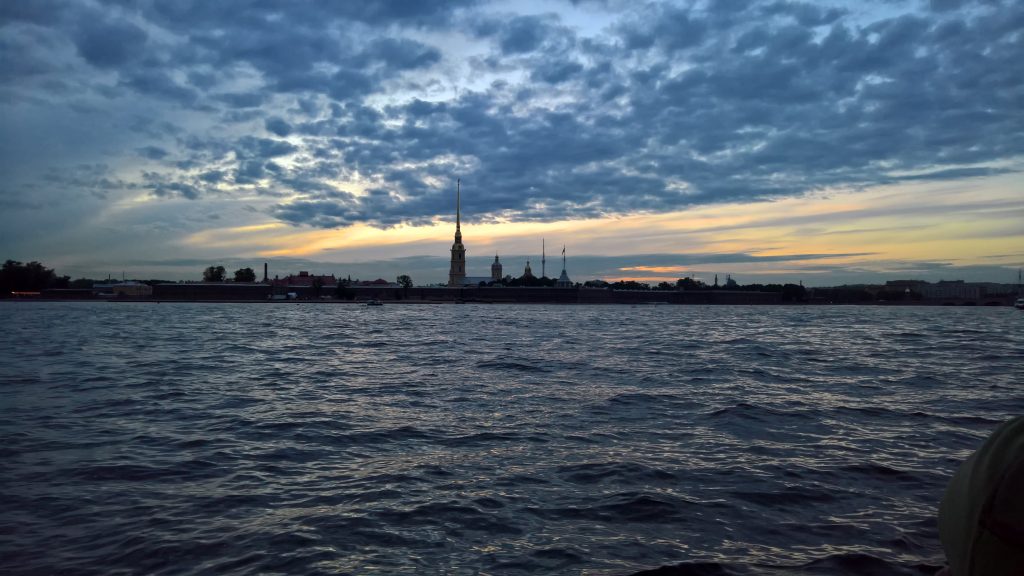
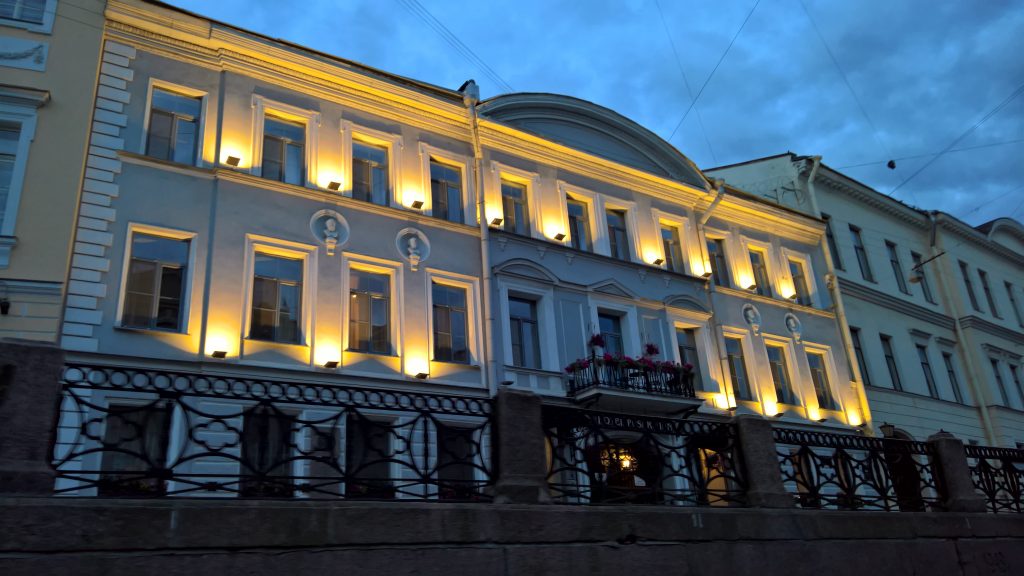
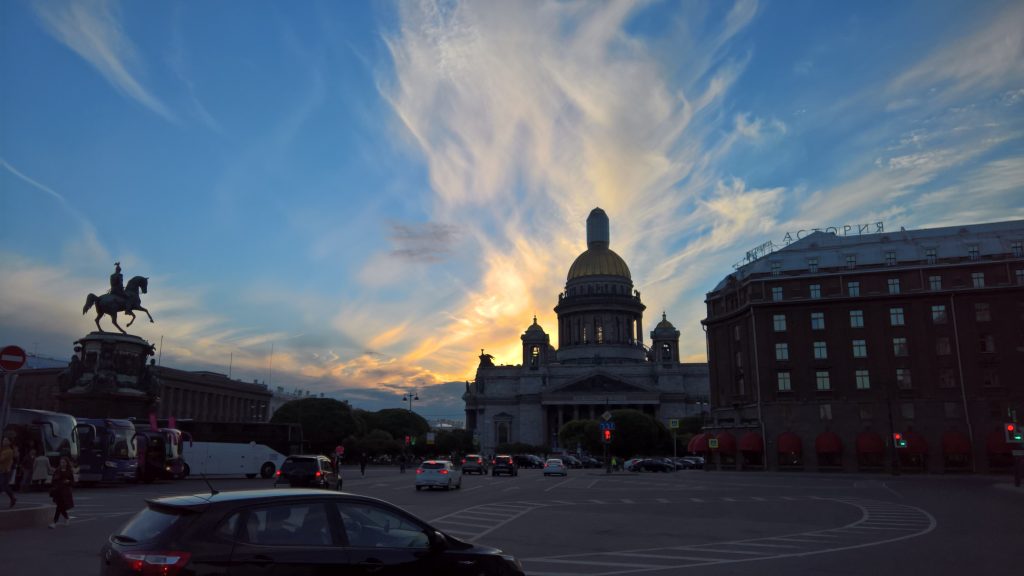
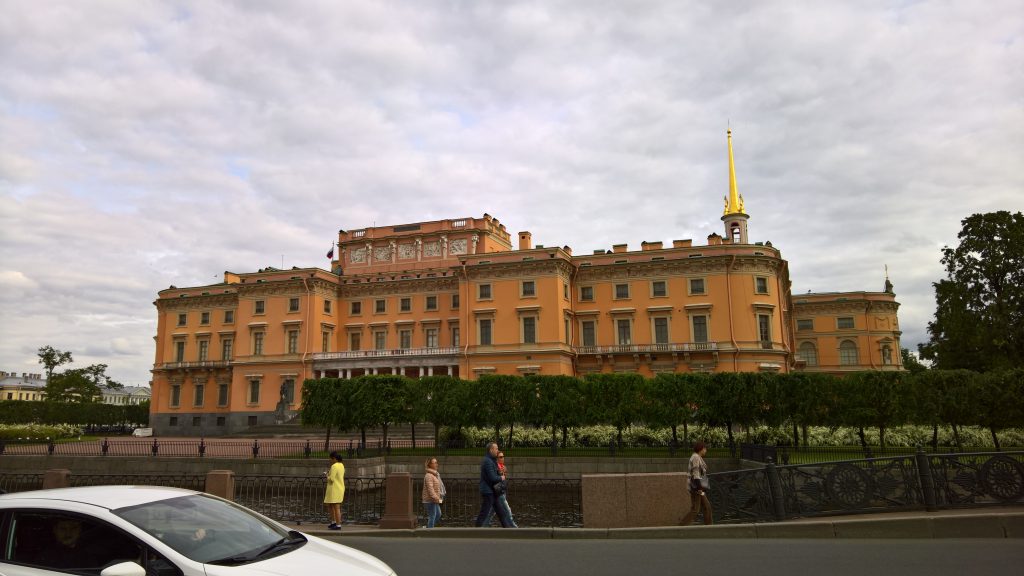
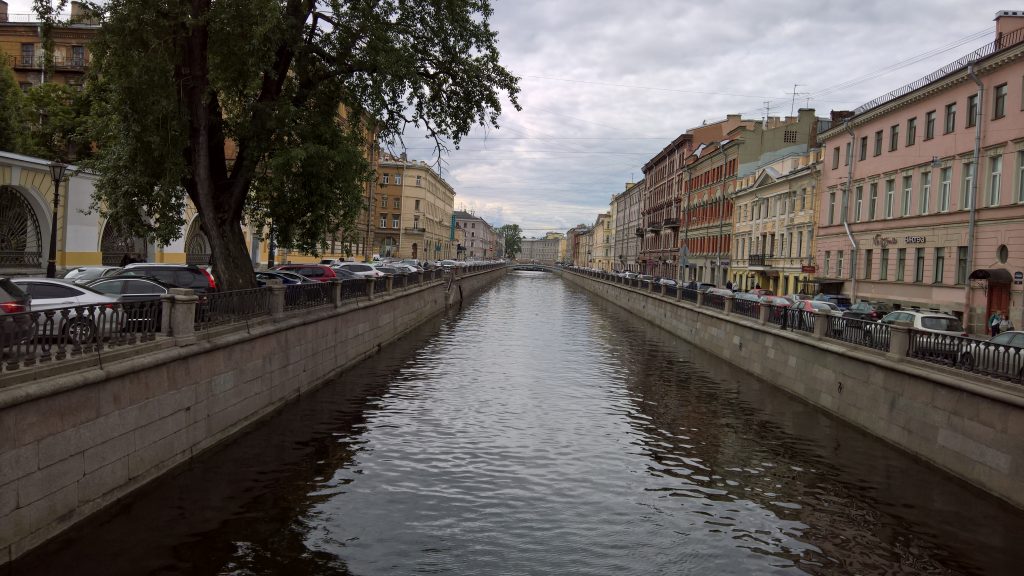
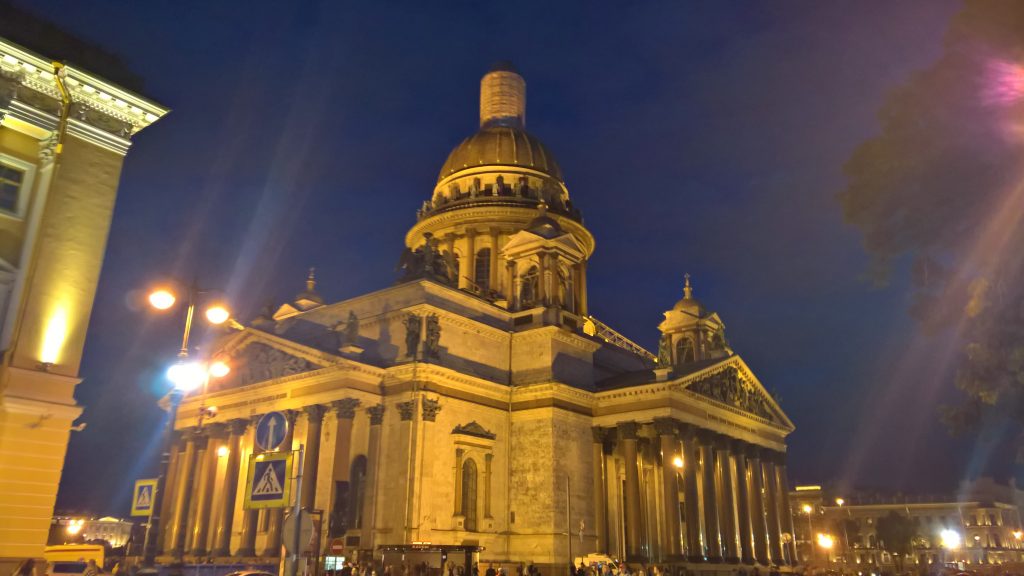
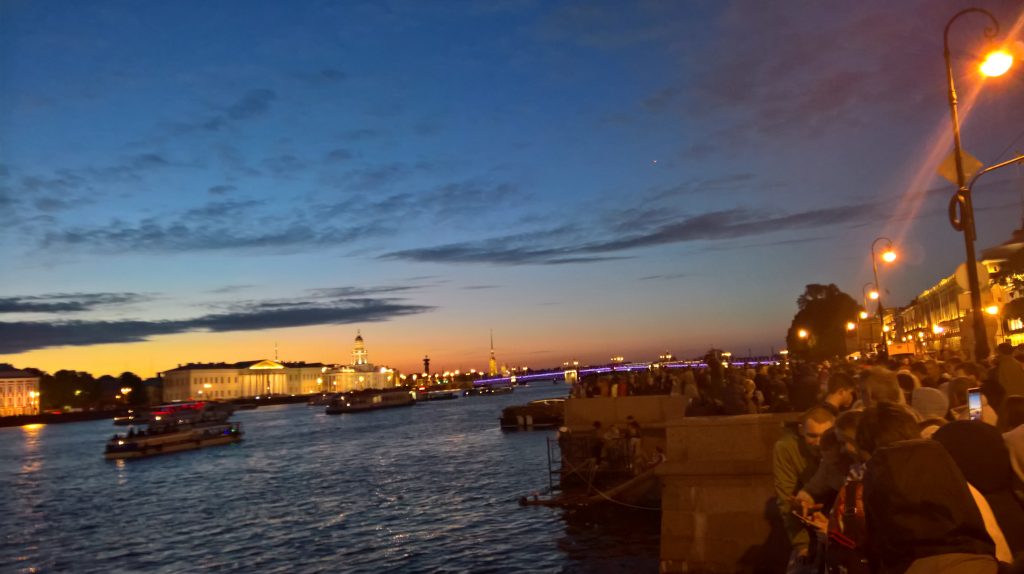
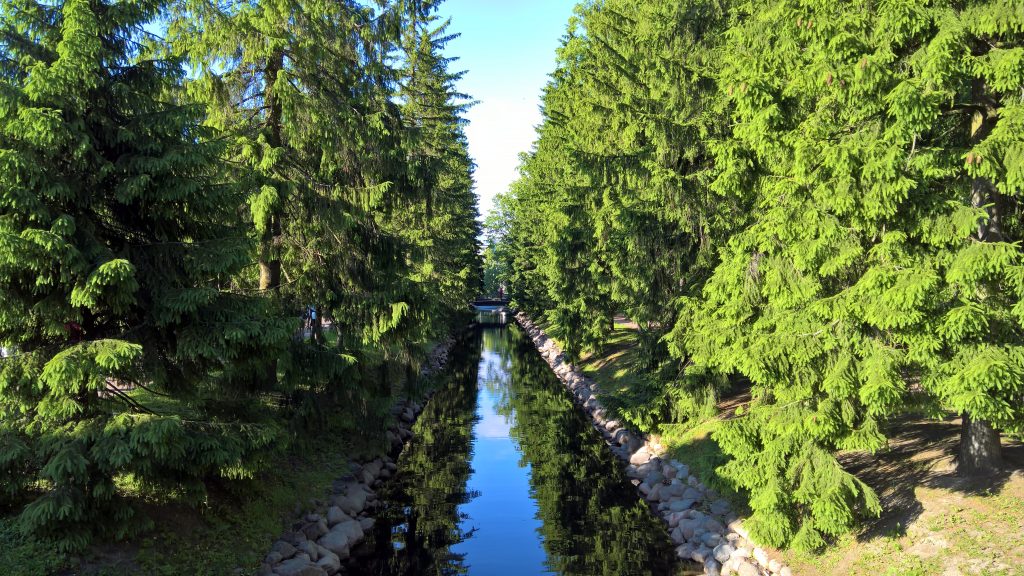
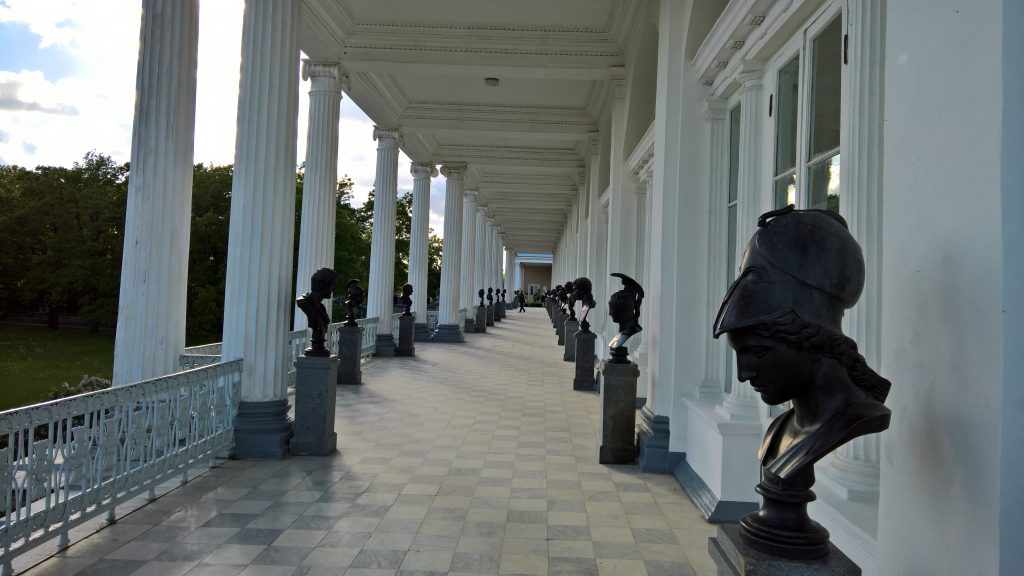
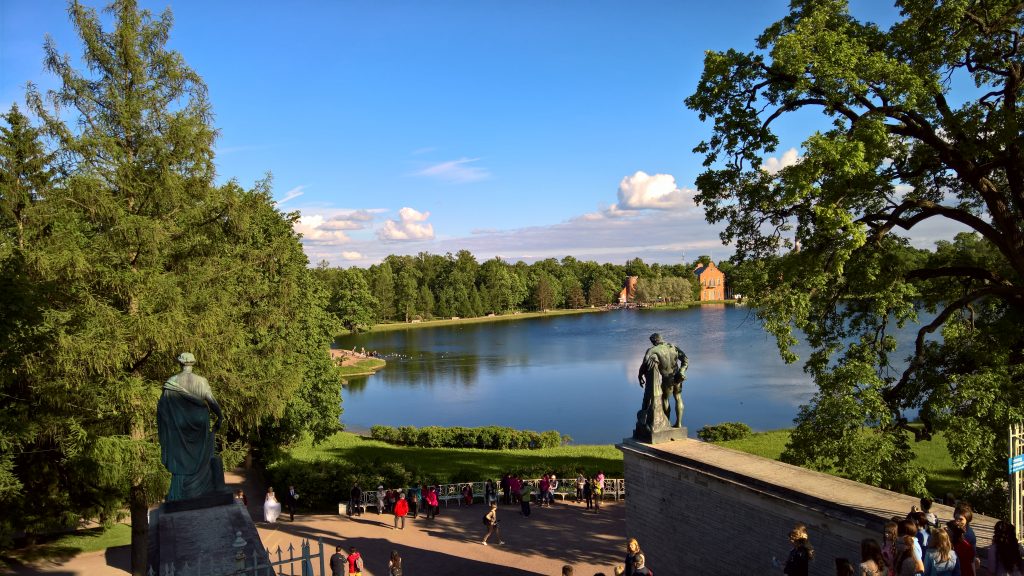
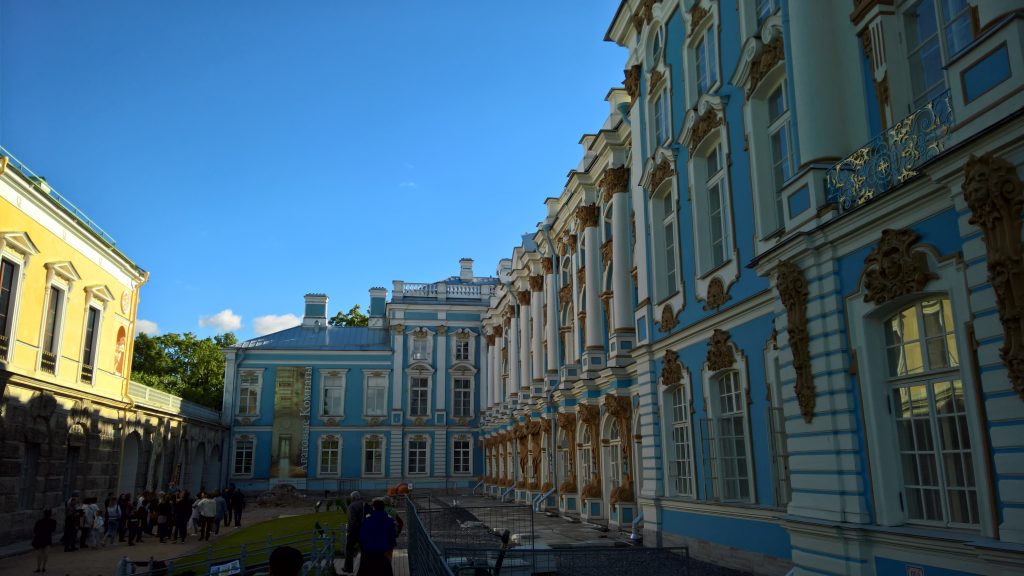
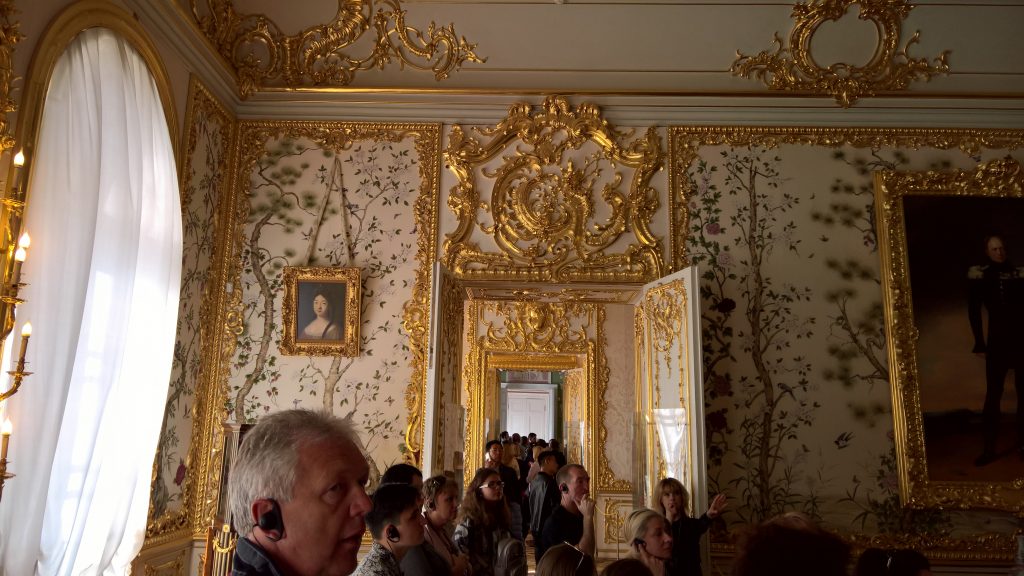
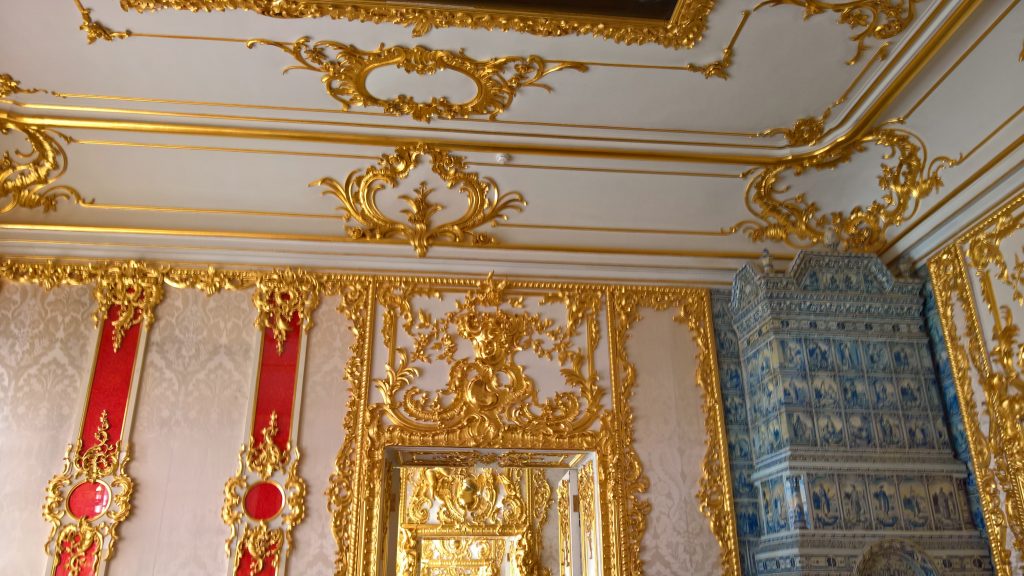
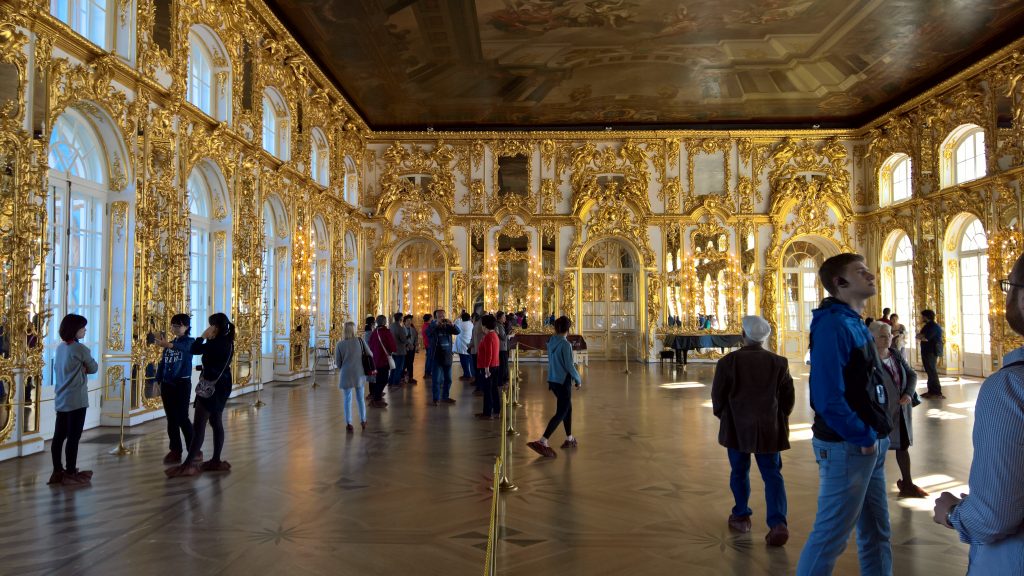
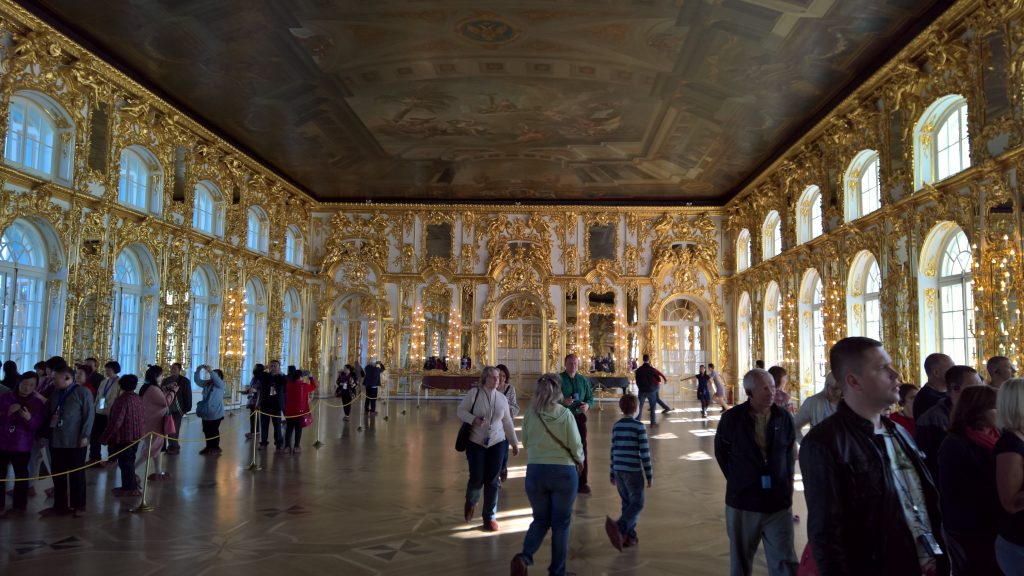
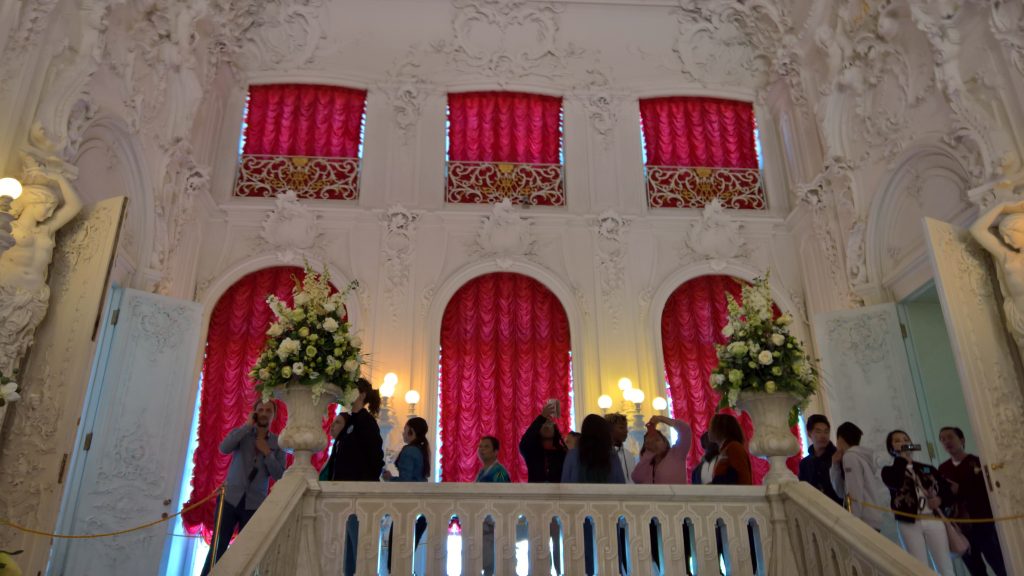
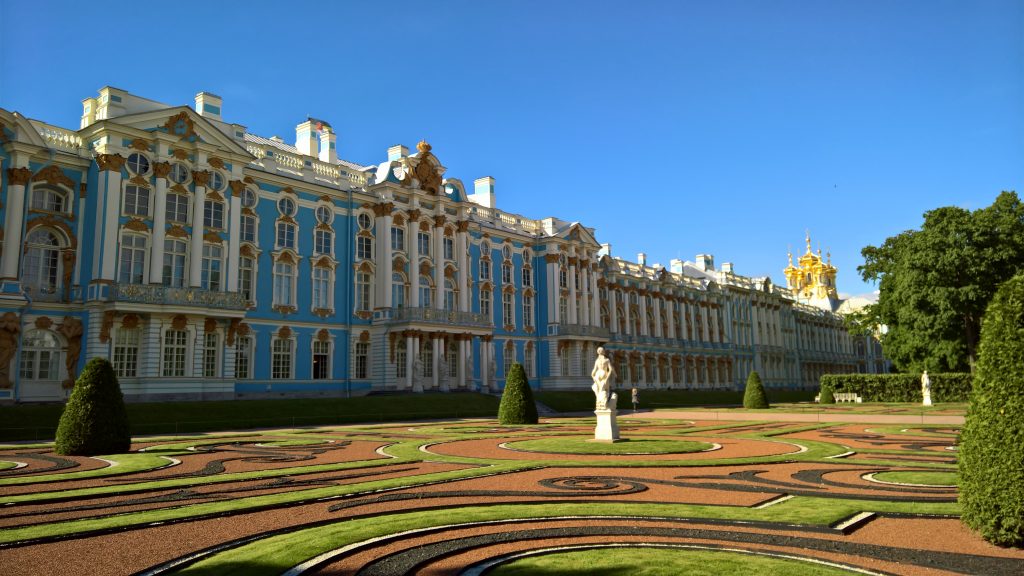
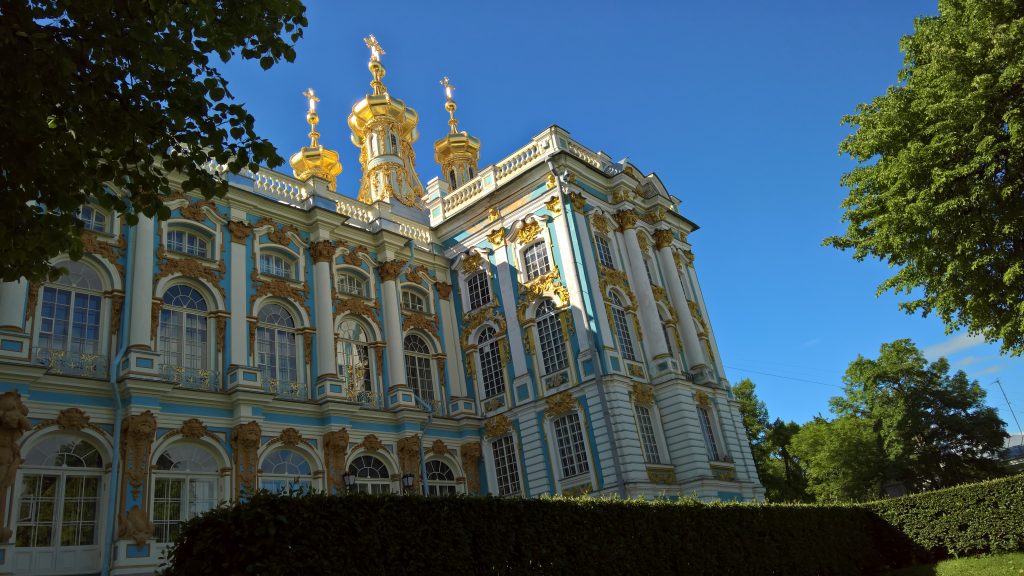
14/06/2017 Discovering Russia – part 4: Comparing Russia, Germany and the UK
This is the announced final post of the “Discovering Russia” series that seeks to compare my experiences with Russia and its culture with other countries I have lived in. Right away, I want to put in a disclaimer at this point: I in no way intend to be judging any of the countries and cultures I am talking about and I don’t claim that what I say is necessarily true. All this is just my personal impression of these countries that have all developed over centuries in their own right. In addition, because I would like to be more objective in my analysis I would like to use data to analyse this question. I guess the role of my personal impressions is thus mainly filling the data with life. The data used comes from the 6-D Model© developed by Geert Hofstede (2010). If we take his data on Russia and compare it with Germany and the UK respectively we get the following graphs.
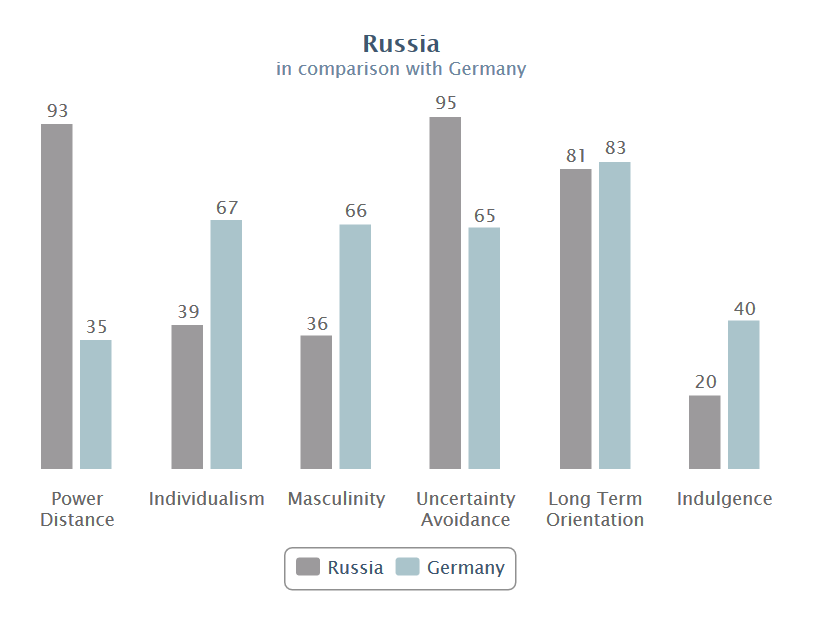
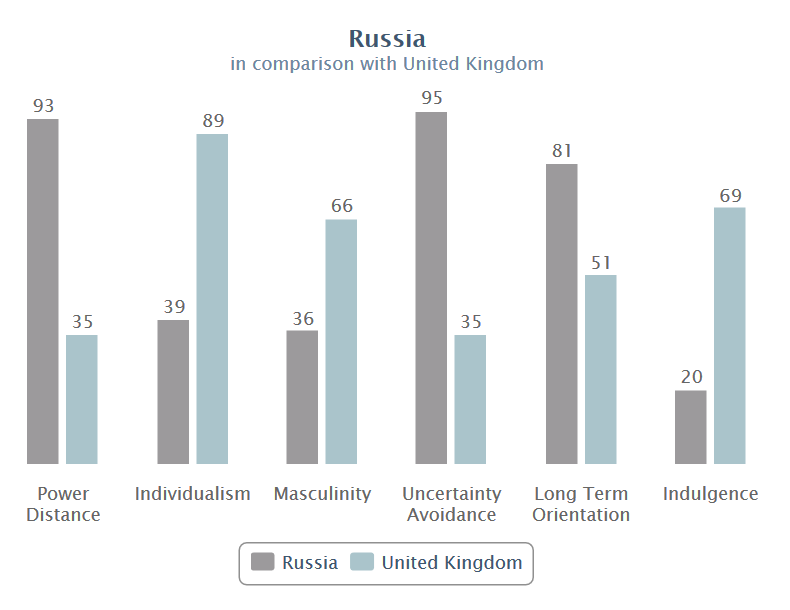
Whereas I feel like I cannot comment that well on two of the dimensions (uncertainty avoidance and long-term orientation), the other aspects describe differences that I think I recognize as described in the comparison that follows.
Russia: In many ways Russians just talk straight. Two examples of that are the following. First, more often than in Europe, girls on the street might just be addressed by guys that find them attractive. Second, it also occasionally happens that people say how they feel and let everybody know loudly that they are not doing very well. Furthermore, what is fascinating is that contrasts can be found everywhere in Russia and a good example is the way people talk to you: you can feel hurt and alone one moment because somebody shouted at you for standing in the way and minutes later you find yourself in a fun conversation with a caring babushka (grandmother) who wishes you that you find a girl who “holds you tight and never lets you go again”. On that note, wishing everyone well is actually widely spread in Russia: Success, good mood, health and others are all things you wish someone in Russia when saying goodbye and greeting each other. Lastly, friendship is an intimate and deep relationship and it takes a while until you call someone your friend. In the data, power distance (acceptance of power inequality) stands out as one of Russia’s most distinct features. According to Hofstede, it can partly be explained with the centralization of power in Moscow and leads to the huge importance of status symbols like foreign cars and western brands. Their importance is quite obvious in Russia: why obvious? Because as soon as you get off the plane in Moscow you get confronted with a high number of expensive “inomarki”, a special word in Russian that stands for foreign cars.
Germany (where I grew up in Stuttgart in the south): First, Germans don’t say and show what they feel like in public as much. This is not as extreme as in the UK where the answer to “how are you” is normally “fine thanks” but still not as open as in Russia where you can see people’s moods even in their face expressions. I think that one reason for this is that Germans are incredibly worried about how they come across and fare against others. The 6-D Model© incorporates this in the seemingly odd masculinity score where masculinity stands for the extent to which a society is driven by competition and wanting to be the best. Another interesting aspect is that regional differences are very pronounced in Germany. There are very strong differences between regions, both in terms of quality of life as well as culture. Another aspect is the different dialects everywhere, although they are becoming less and less important I feel. Russia on the other hand does not seem to have much of a difference in dialects, despite the huge size of the country. A significant difference between Russia and Germany is also that friendship is less strong of a term in Germany. Your friends might well be no more than your local “gossip group”, so a friend is not necessarily your soulmate like here in Russia. This might explain Germany’s higher score in individualism (degree of interdependence in society). In contrast, Russia is a place where friendship and regional bonds with neighbours are very important. Even the language incorporates this: you don’t say “I am going out with my friends” but “we and my friends are going out”.
UK (or rather where I currently live in London, which can be very different from the rest of the UK): The UK is also very individualistic and heterogeneous in many ways. Especially in London there is not one dominant London culture but many different cultures all mixed together in some way. London is at the most extreme end of the personal freedom scale: everyone is very relaxed and people dress as they wish. Coming across in a certain way isn’t that important as long as you are polite and don’t disturb anyone around you. What stands out to me is that indulgence (how well people control their impulses) is way higher in the UK than in Russia and I think I understand what this is talking about. British are known worldwide to be controlled and polite. Scenes like the famous queue on every corner of the city enforce this stereotype. In Russia, I could certainly not observe a queuing culture like that. An interesting habit of Russians in queues is that people just note who they are behind and then come back later to join the queue again at that very place. In summary, this last post of the series offered a very brief comparison between Russia, Germany and the UK. Among the main findings is the difference in power distance that are very obvious on the streets of Moscow. Other differences worth noting are around the model’s masculinity measure, individualism and indulgence. All of these are differences I can back up from my own experience to some extent. With this I would like to conclude the “Discovering Russia” series. I hope that it offers relevant and insightful perspectives. Last but not least a small anecdote about Russia and how it never ceases to surprise: Generally, Russian healthcare doesn’t have the best reputation. However, to every rule there is an exception and so when I was recently given the opportunity to look behind the scenes at a private clinic in Moscow I saw a modern and top nodge clinic where I would happily be treated anytime if need be (although, this seems highly unlikely given that it is a women and children hospital). More precisely, the Perinatal Medical Centre (PMC) in Moscow that is the first private maternity hospital and has already delivered more than 30000 babies to date. It is part of the MD Medical Group, a listed company that is one of Russia’s success stories and still growing year on year. The reason for my visit was an invitation to a press gathering on the occasion of the opening of the new Miscarriage Treatment Centre at the PMC. CEO Kurtser welcomed us with leading members of his team at a short press conference before they showed us the centre and its facilities. The excursion completely changed my idea about healthcare in Russia and showed that there are western-style medical services available.
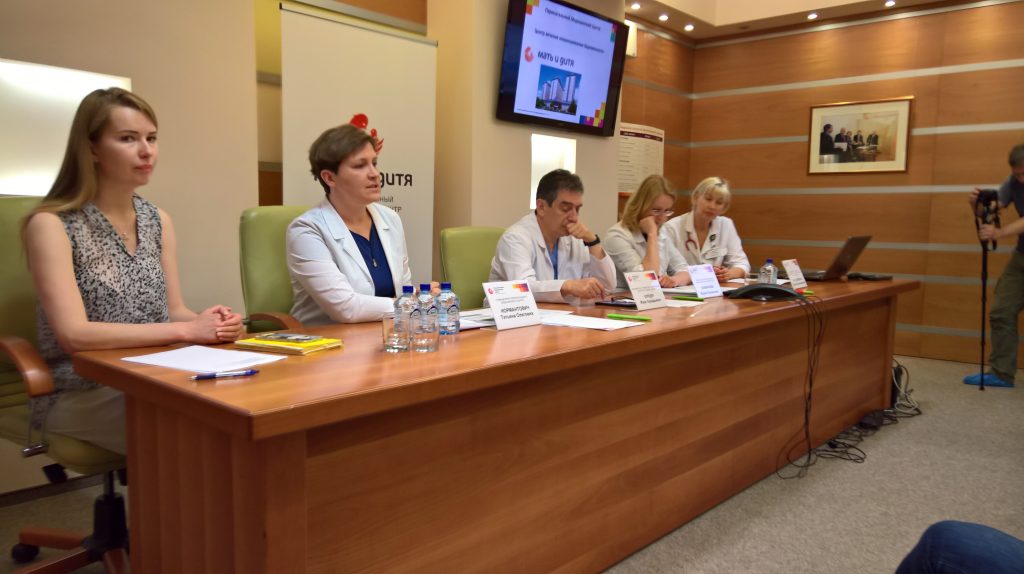
28/05/2017 Discovering Russia – part 3:
This is the third of four “Discovering Russia” posts respectively describing journeys I undertook with a travel companion that end in a last post comparing Russia with other countries. Our third trip took us to another region in Moscow just across the river. Given that Moscow is enormously big, you can spend weeks of holidays in your own city without ever seeing the same things. What was crucial was the bike sharing system in Moscow, which allows you to rent bikes for the whole day for just a few rubles. The limitation on every trip is 30 minutes though, so we went from station to station each time docking in and out just to reset the timer. Our trip took us to the financial center of Moscow at first, where the rise of the cities’ skyscrapers began a few years back. Afterwards we went through the green ring of the city – a ring formed by parks around the inner city. Eventually we ended up in Sokolniki park, the biggest park in Moscow from where we took the Metro back.
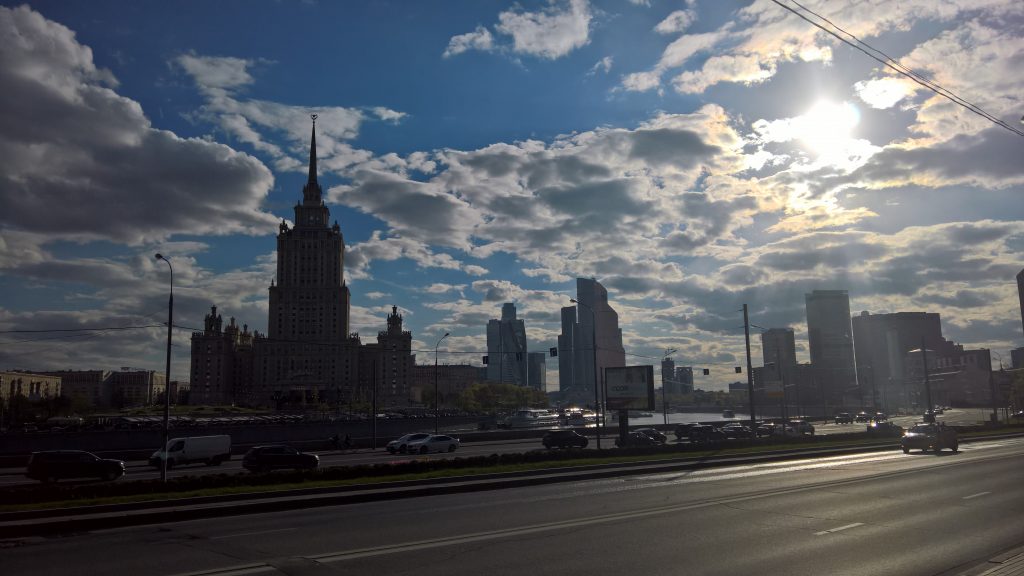
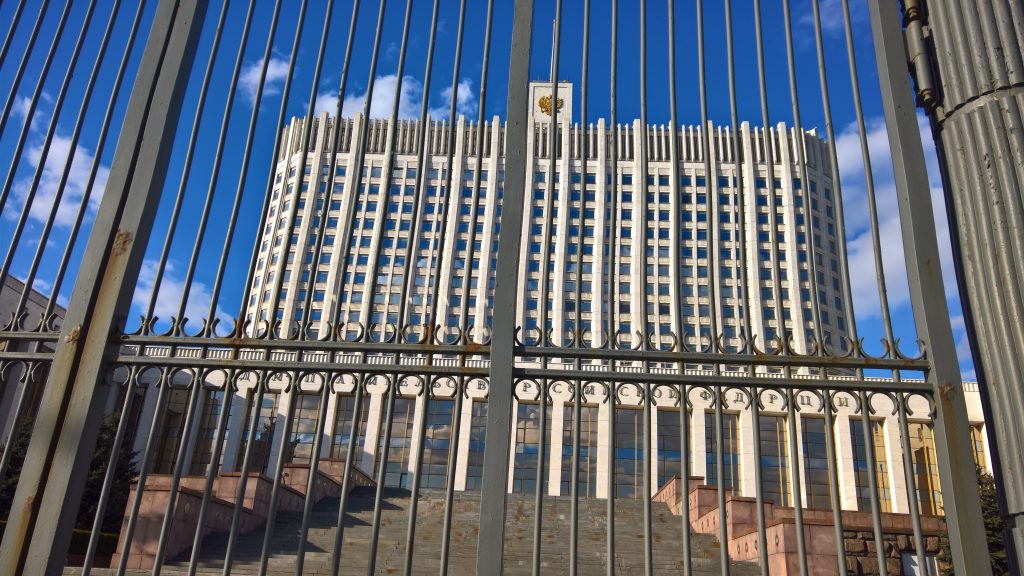
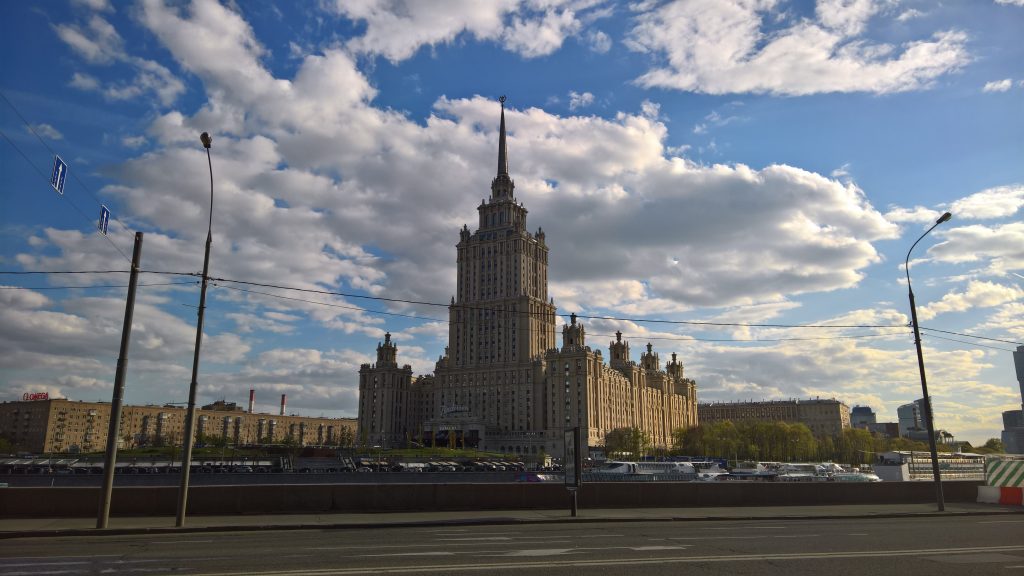
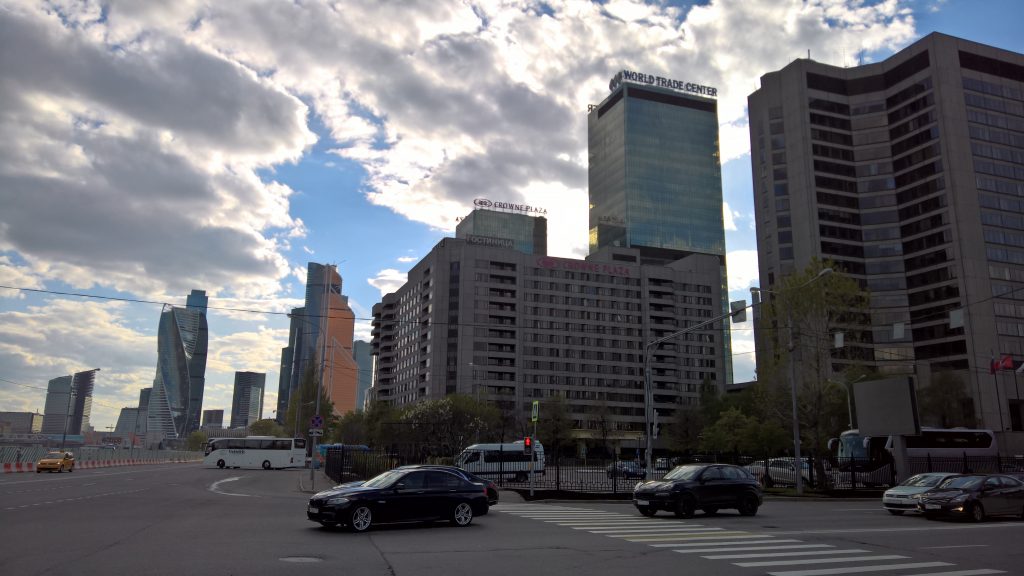
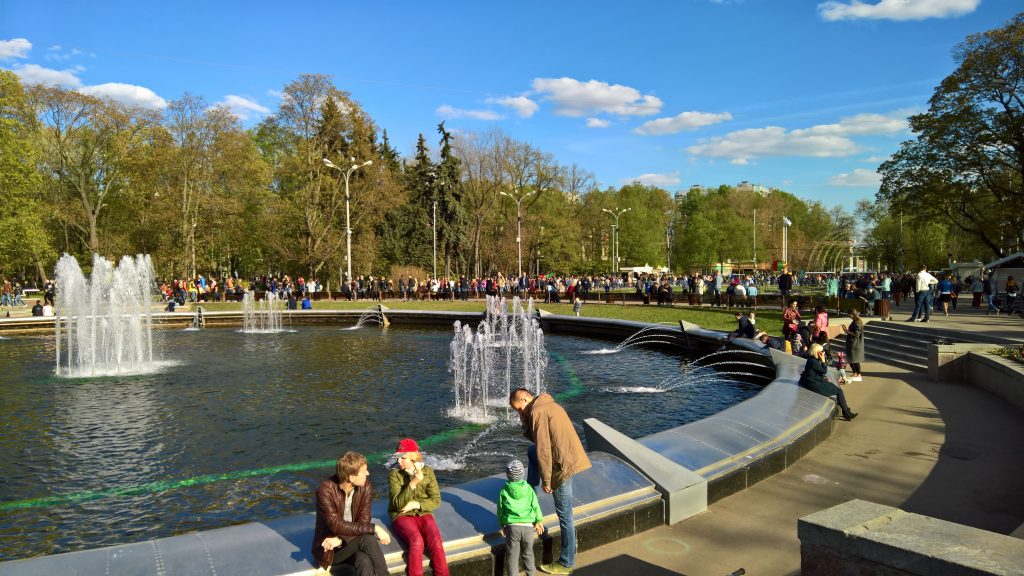
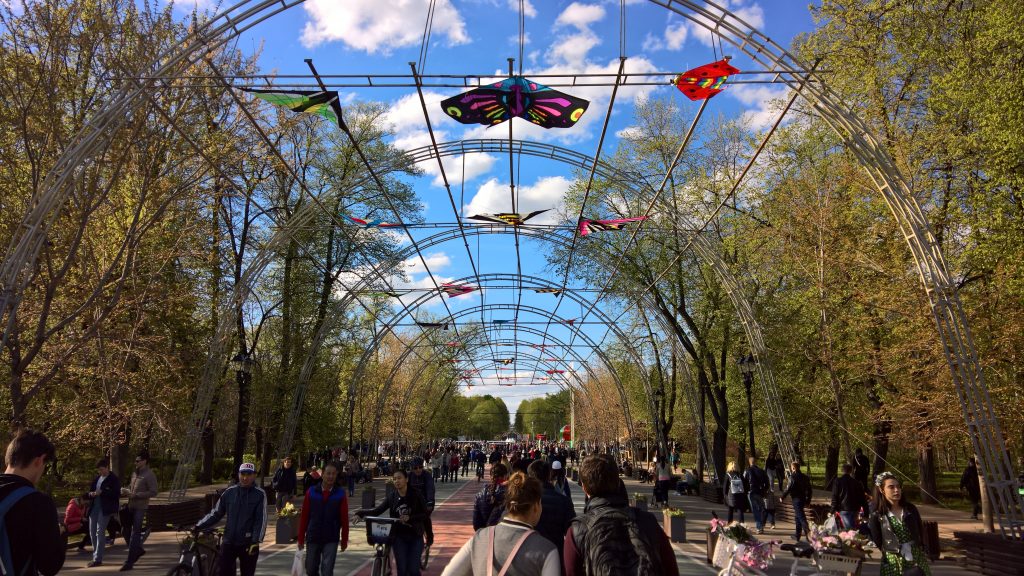
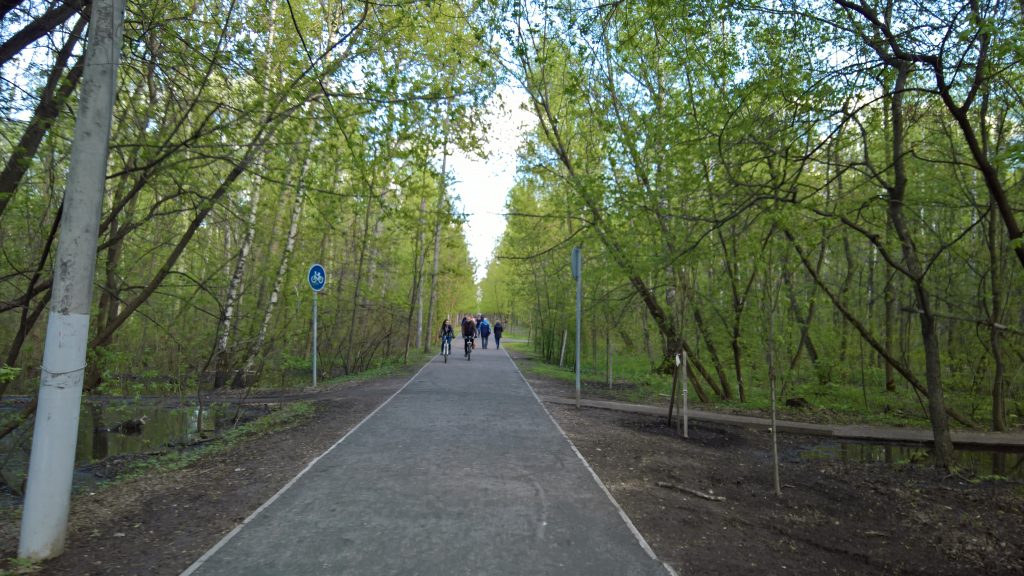
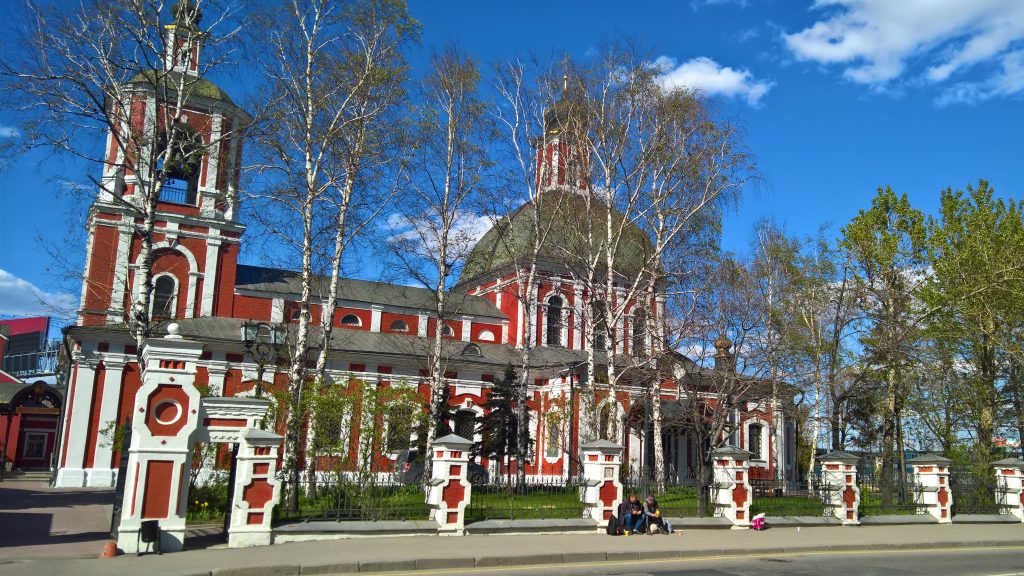
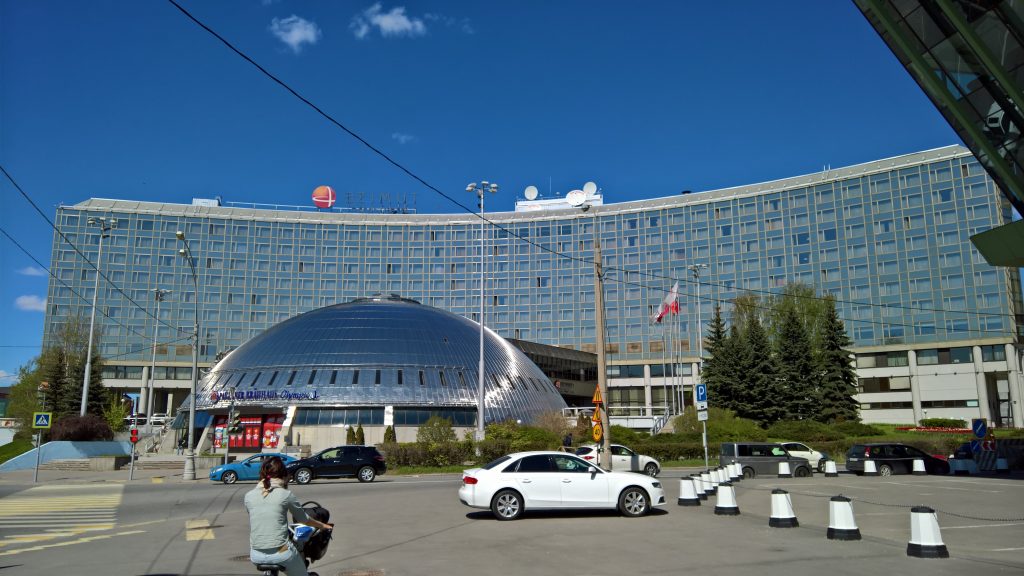
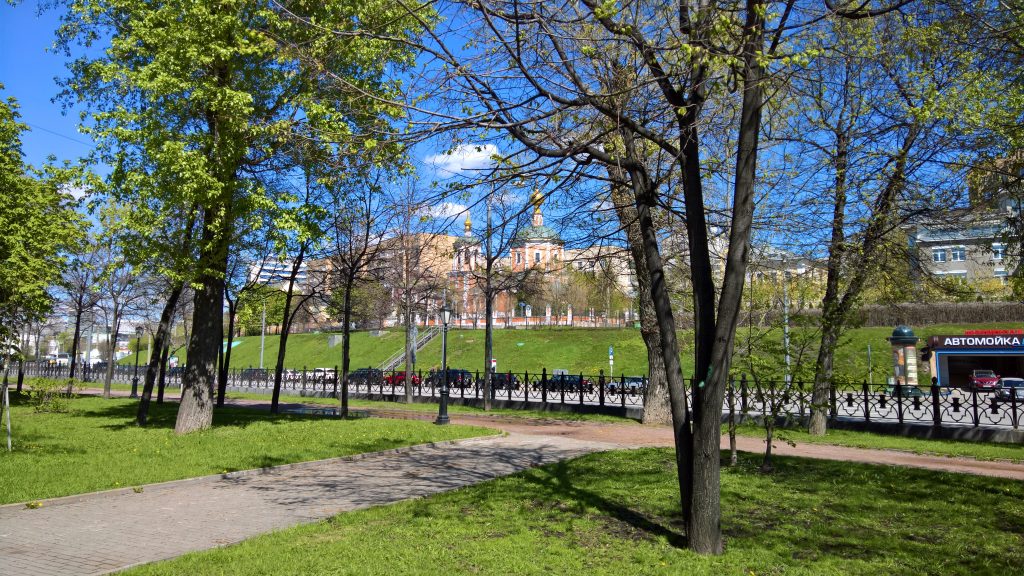
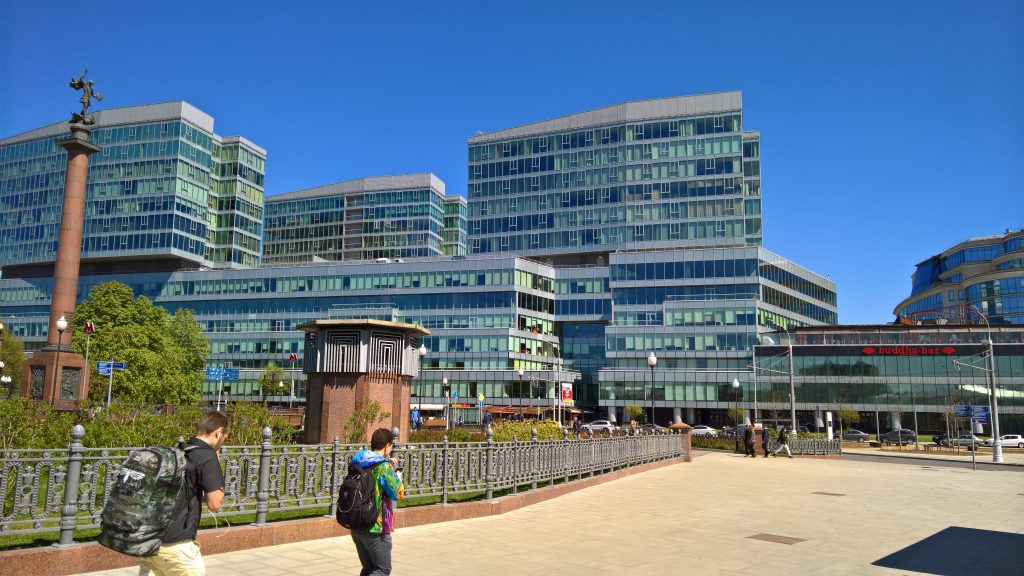
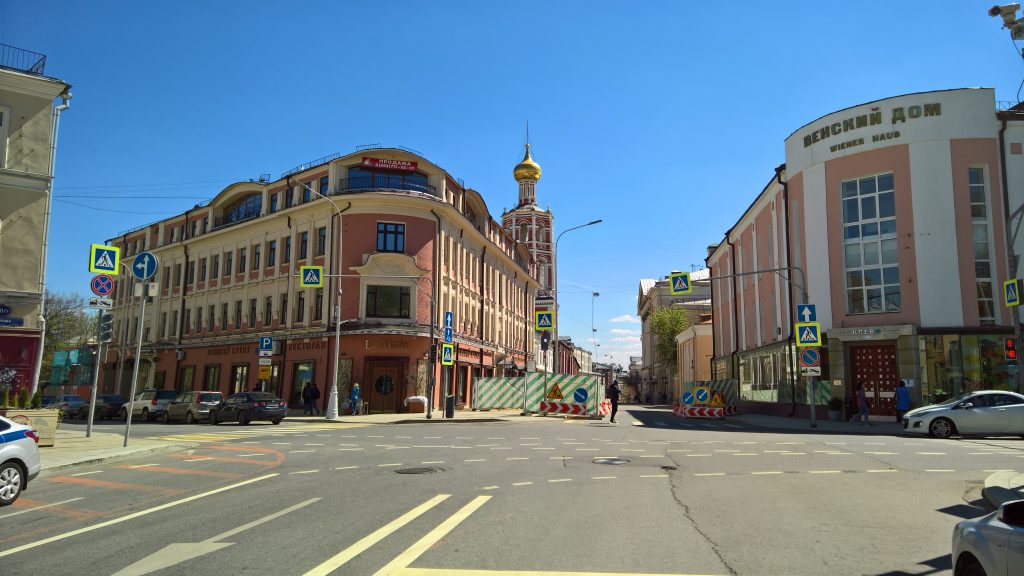
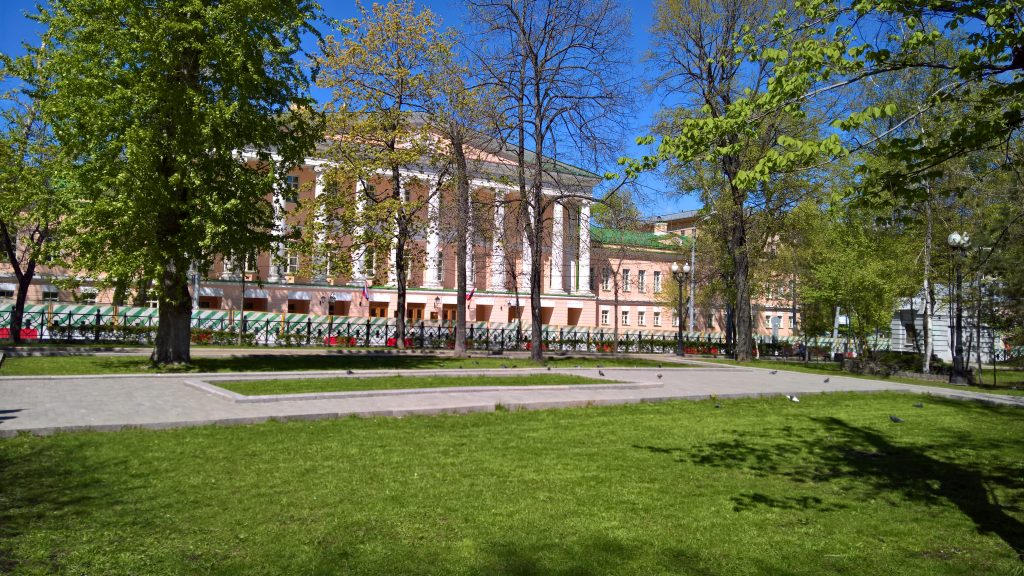
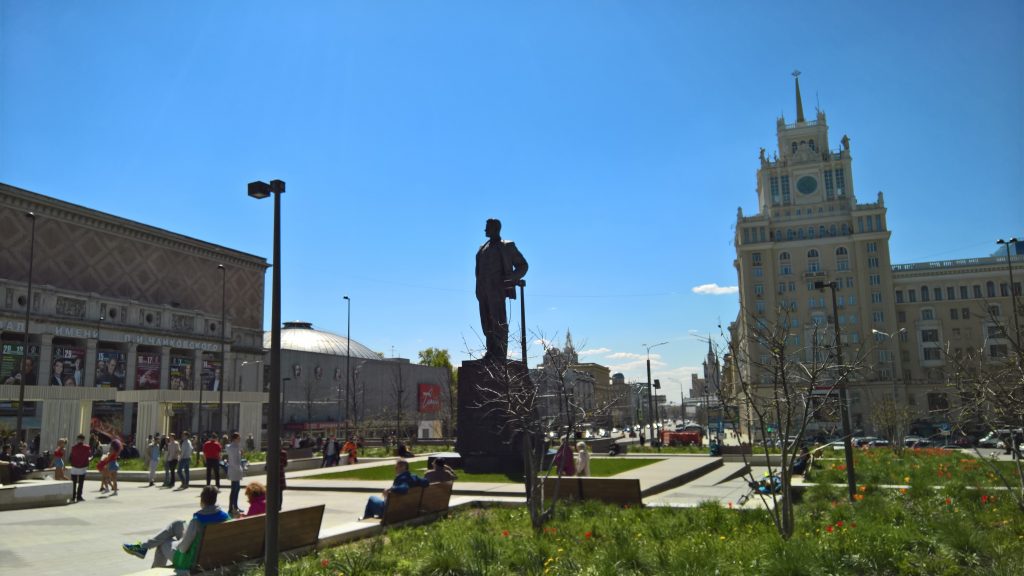
This was our nicest “holiday” yet for a number of reasons. First, the weather was amazing. Second, the city is very impressive. Third, discovering it by bike is amazing and my Swabian heart beats higher every time I reset the timer of the bike not to pay more. Fourth, there was no travel involved, we saw all of this right in front of our doorsteps. Such are the travels that we have undertaken, the next post summarizes the experiences in Russia and compares the experiences made here with what I know about the UK and Germany.
20/05/2017 Discovering Russia – part 2:
This is the second of four “Discovering Russia” posts respectively describing journeys I undertook with a travel companion that end in a last post comparing Russia with other countries. My state of sun ecstasy is only getting more serious: the weather feels amazing now and not at all like the Moscow I know from winter. Plus, the sun shines from early morning until late in the evening, longer than Europe in summer. Our second trip took us to the capital of an autonomous region called Tatarstan. Kazan has 1.15 million inhabitants and is the 8th biggest city in Russia. It is known to be wealthy and therefore very beautiful. We found out that going there for 3 days over a long weekend was maybe too long.
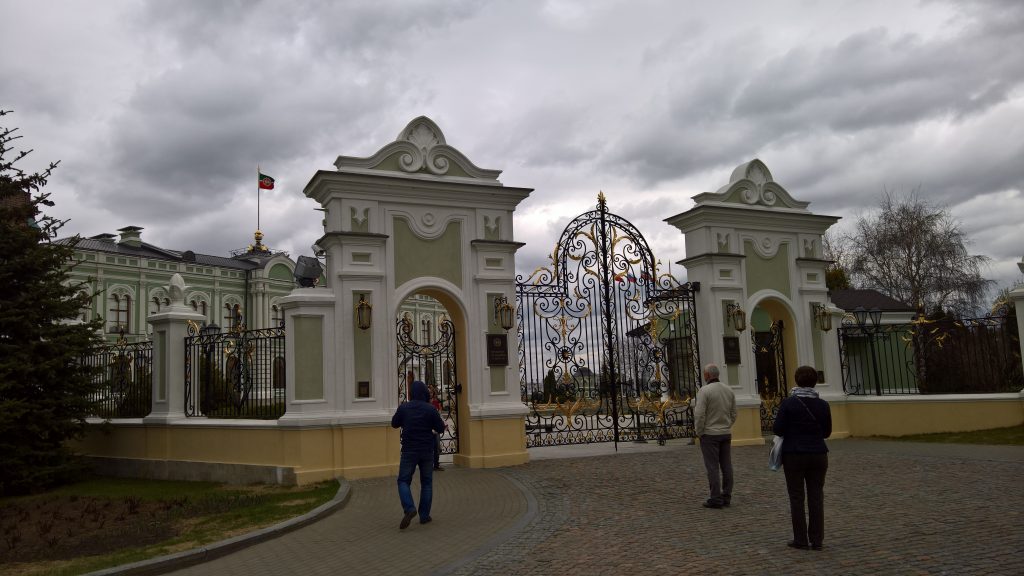
After arriving in the morning on Saturday we went to the main attraction in Kazan: The Kremlin. It was crowded by Russian tourists, somehow understandably because the mosque and church in the Kremlin, joined by some museums and the seat of the president of Tatarstan, are all in all quite nice to visit. The rest of the day we spent walking around on Bauman street, the main shopping street of the city. In the evening, we went to a rooftop bar to look on the city from above and then walked through the city centre at night – like every Russian city I have been so far it is stunning at night because the buildings are lit beautifully.
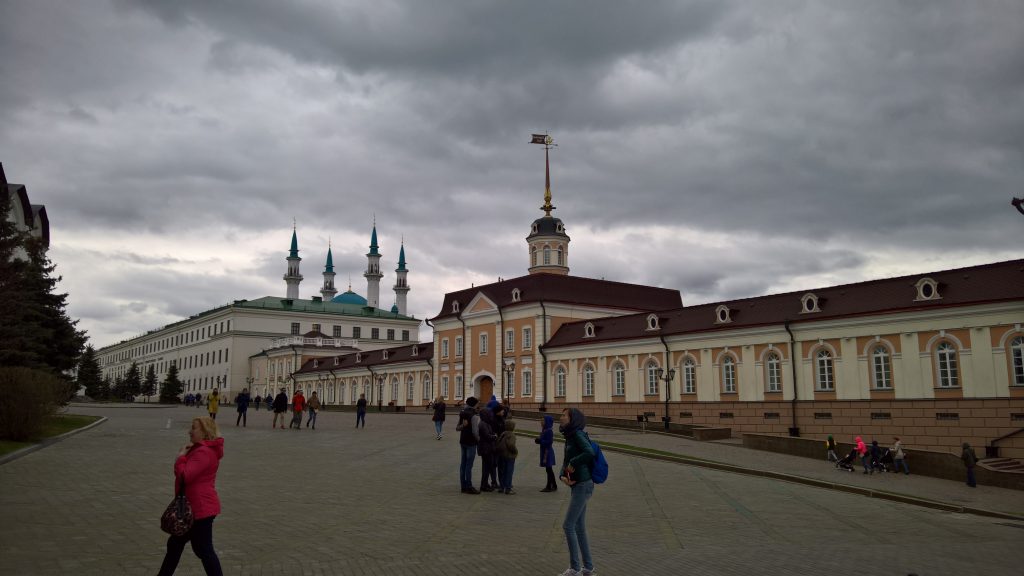
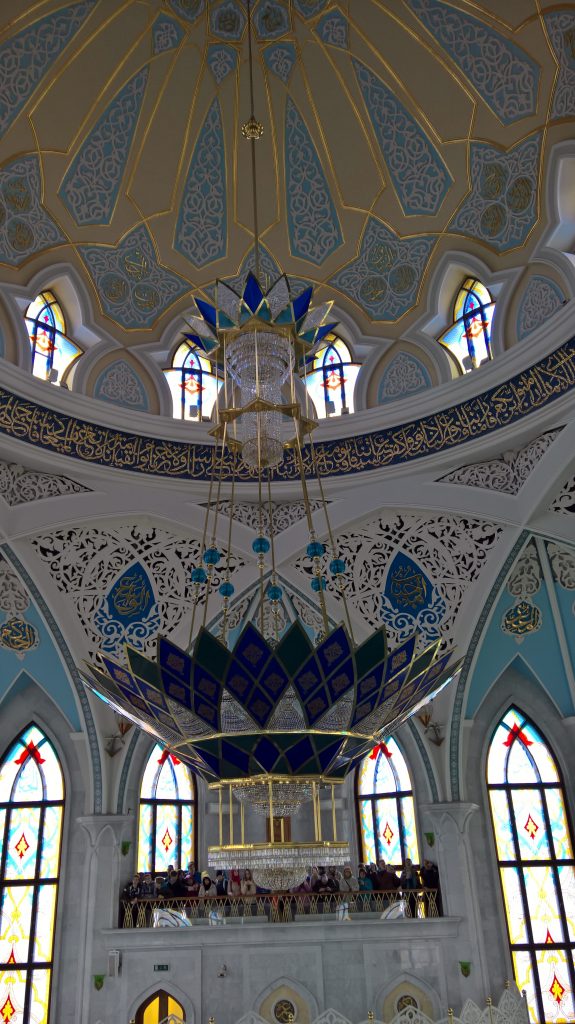
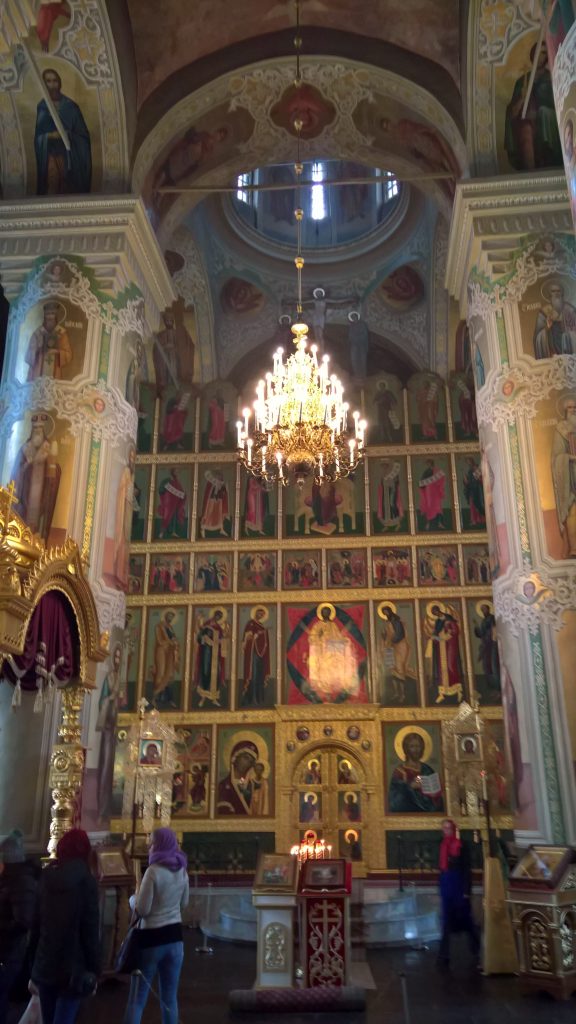
Our second of three days we spent with beautiful sunshine visiting an old village just outside the city centre and rowing on the city’s inner lake. We also visited a friend’s apartment near our hostel and saw his region of town. In the evening, we walked to the Kremlin again, where the mosque is amazing at night. If poetic: streetlamps were shining bright and clear along the street as if each was marking a day of the year abroad in Russia. That night, the Kremlin also looked down on the locals holding their rehearsal of the Kazan Victory Day parade the day before Victory Day.
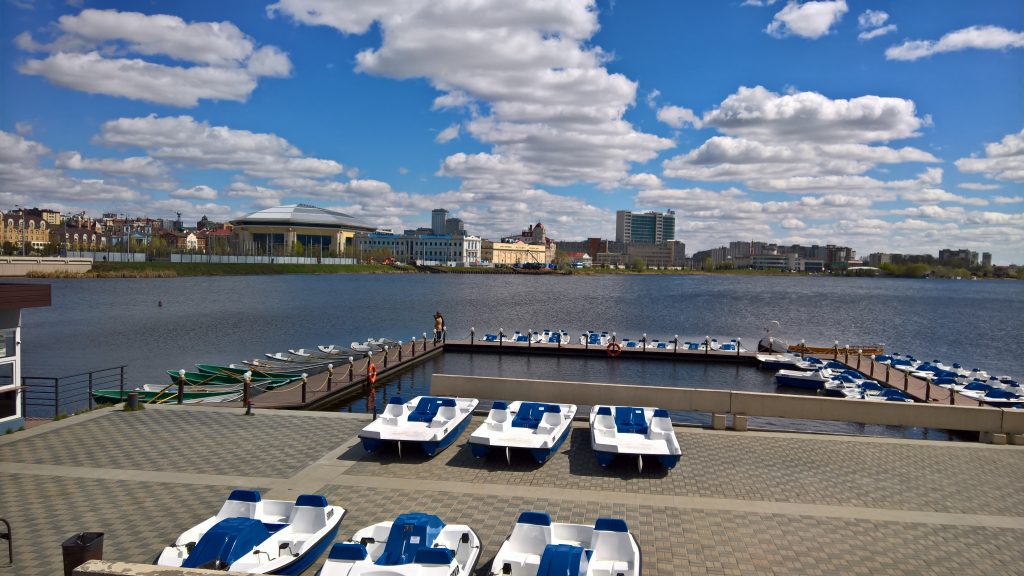
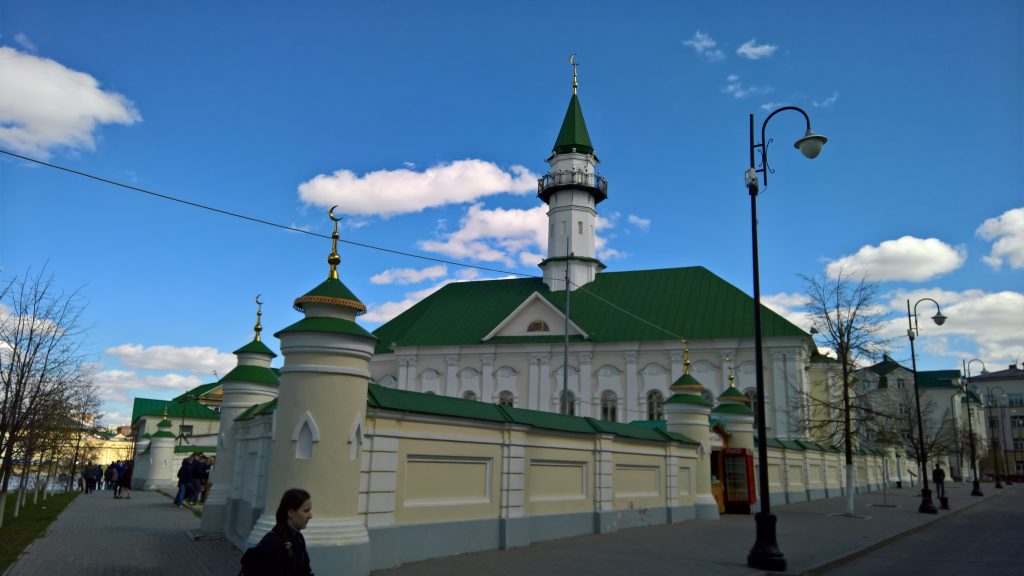
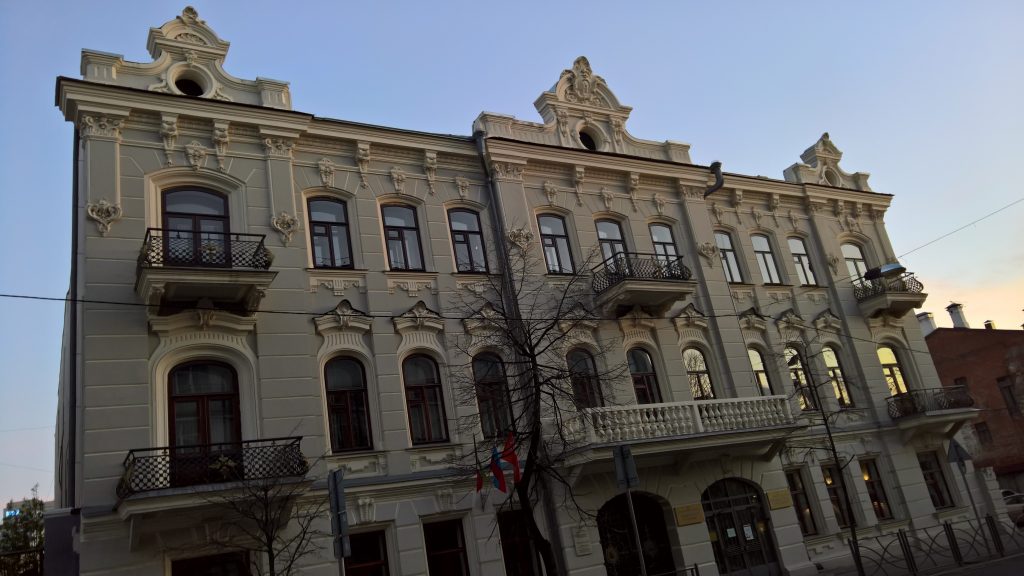
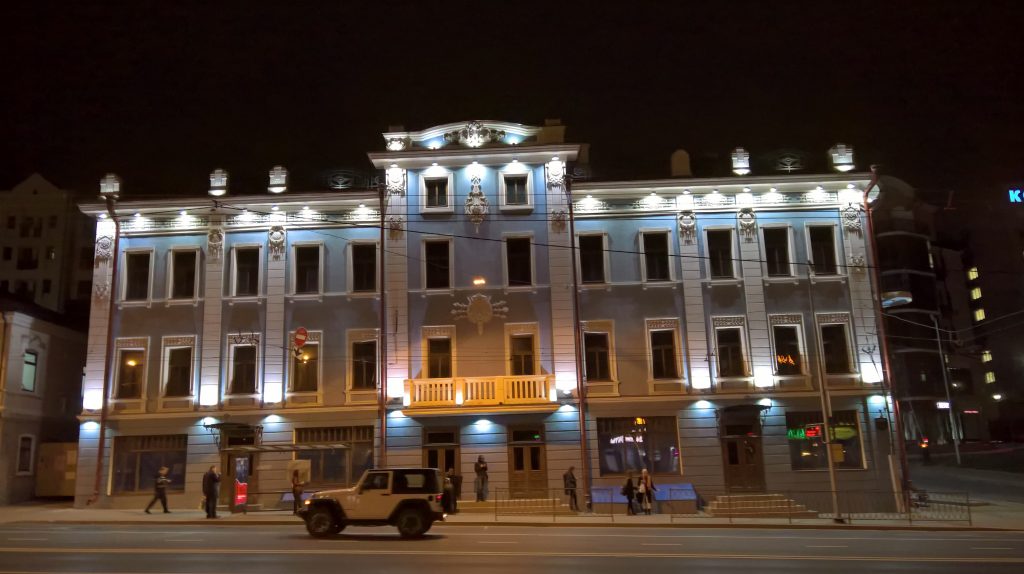
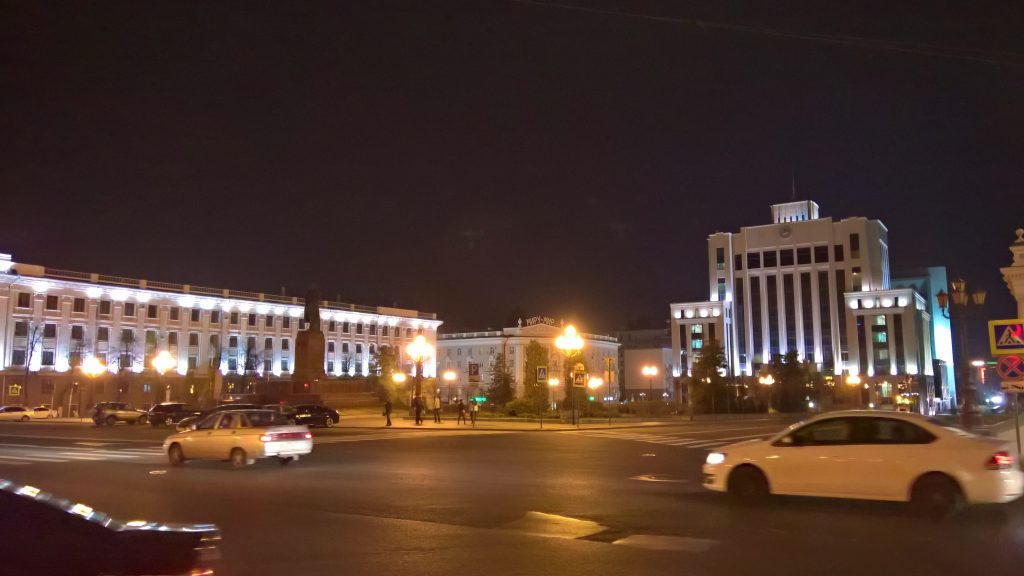
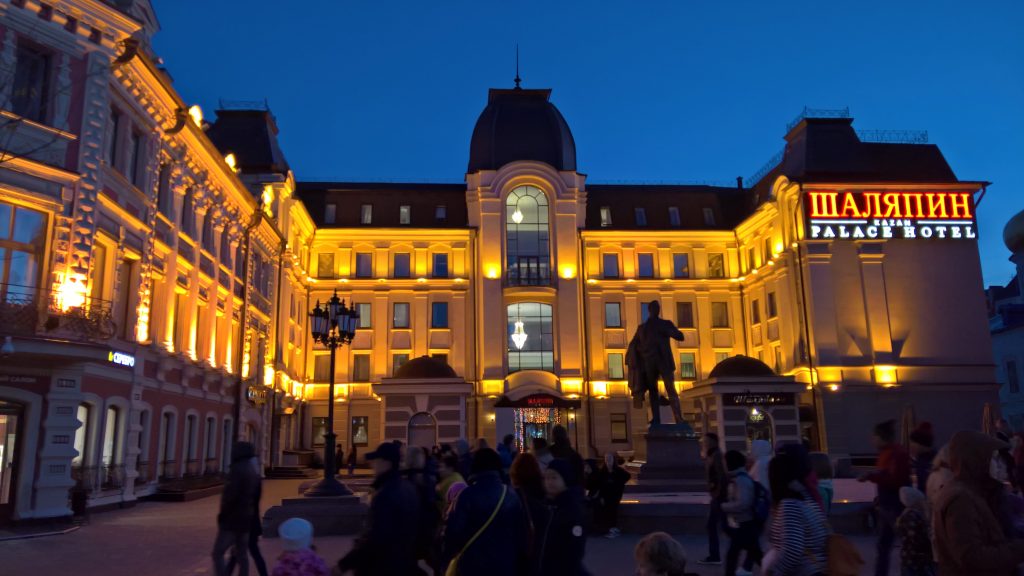
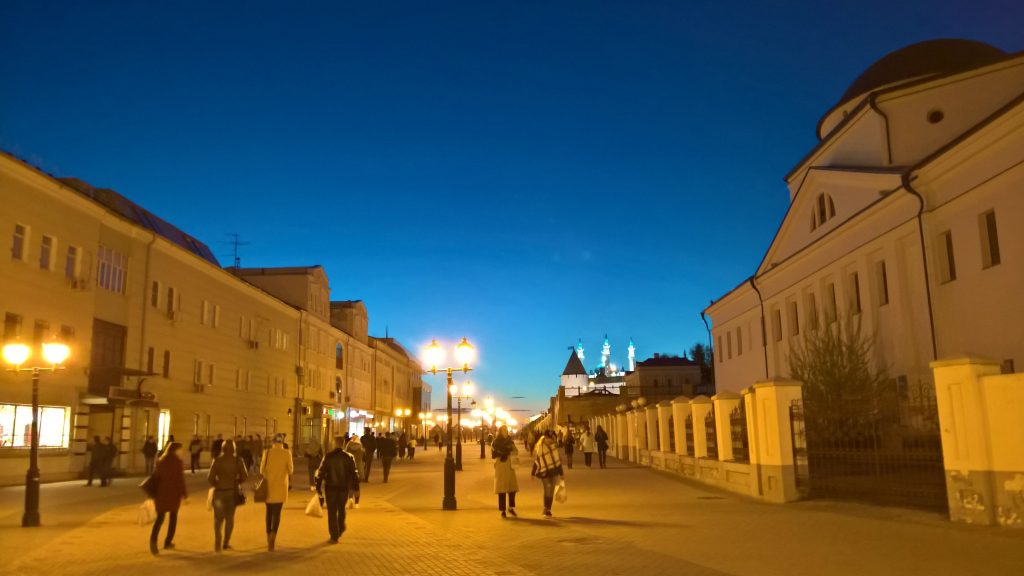
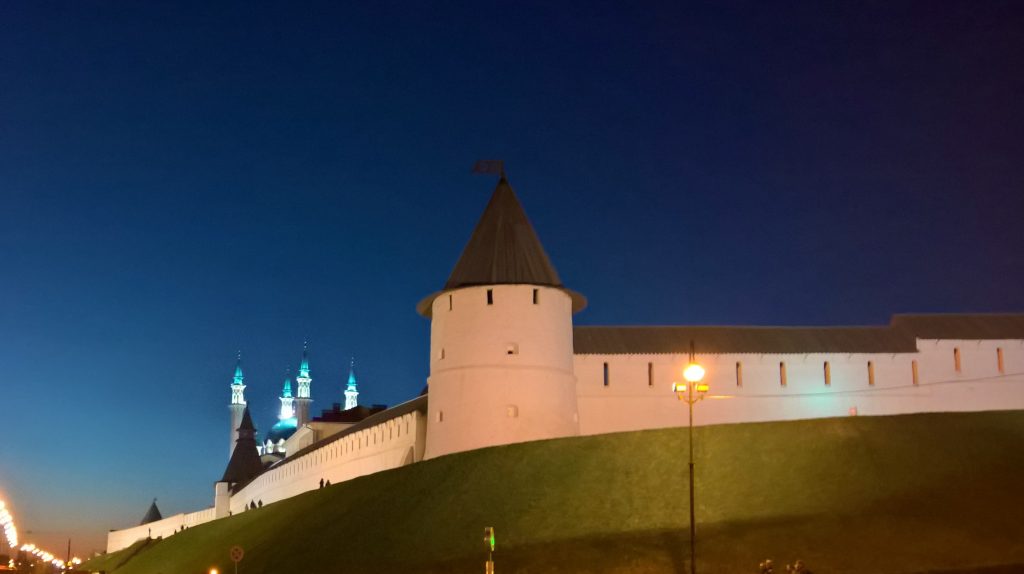
The last day began with heavy rain. Luckily, a taxi costs you less than the bus fare for two people and above so we ordered one to meet our friend in town with whom we had lunch. Food was generally very good by the way. After spending our afternoon shopping in town, we played pool and then met some friends from the UK before heading back to the hostel. Such are the travels that we have undertaken, the next post will be about a day we spent discovering Moscow.
15/05/2017 Discovering Russia – part 1:
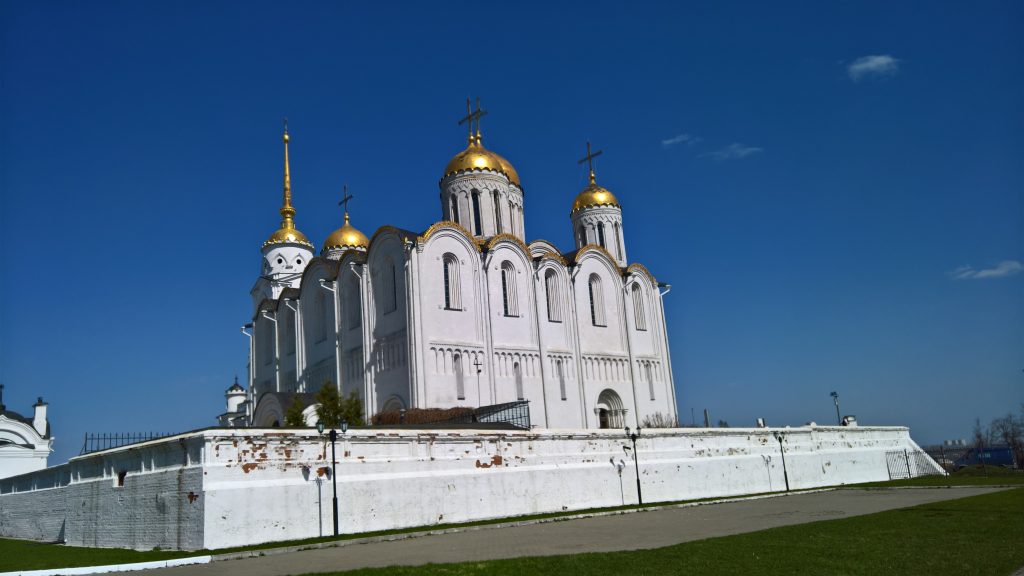
This is the first of four “Discovering Russia” posts respectively describing journeys I undertook with a travel companion that end in a last post comparing Russia with other countries. In general, I am currently in a state of sun ecstasy because the weather has finally turned a little better here in Russia so that the last snow stopped now (in the middle of May). Below is a picture showing how Moscow was covered by snow just a few days ago.
![IMG_20170511_202342[2779]](http://karloverdick.com/wp-content/uploads/2017/05/IMG_20170511_2023422779-768x1024.jpg)
The first trip was a long weekend I went to Vladimir for with a travel companion that I had only told about the trip 30 minutes before we left as a surprise. Vladimir is a small town, 1.5 hours by fast and 3 hours by slow train away from Moscow (I took the slow train of course because it is so slow it is simply funny to be on it).
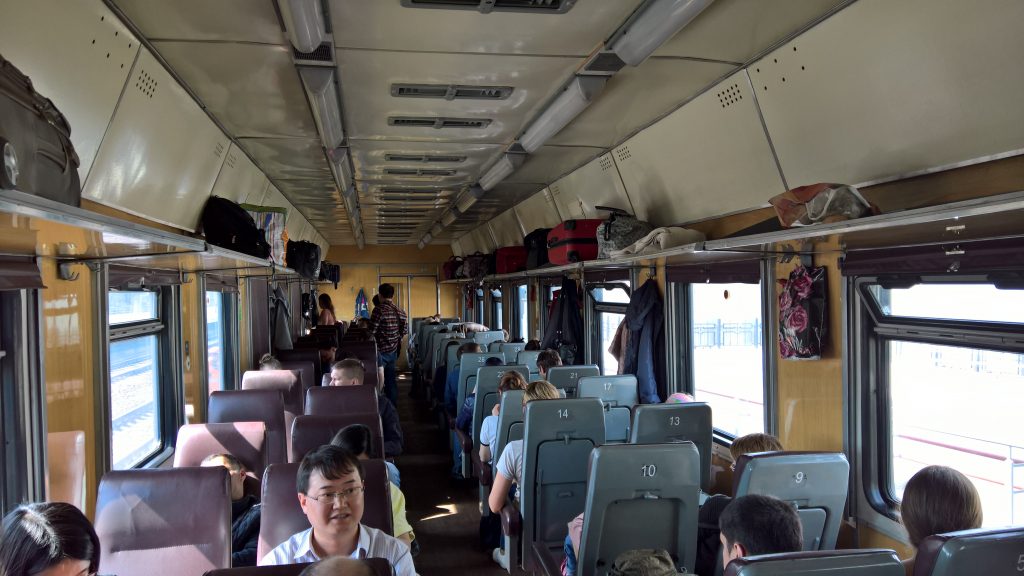
We started our first day in Vladimir by going to two of the most famous places in Vladimir called ‘Dormition Cathedral’ and ‘ St. Demetrius’ Cathedral’. There was a beautiful park surrounding them and the sun was shining in the bright sky above us.
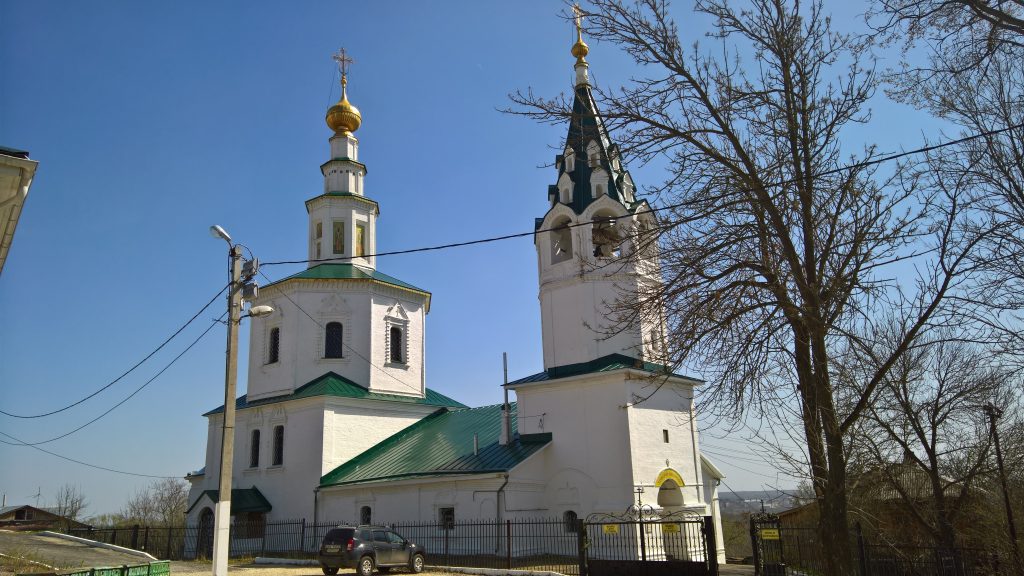
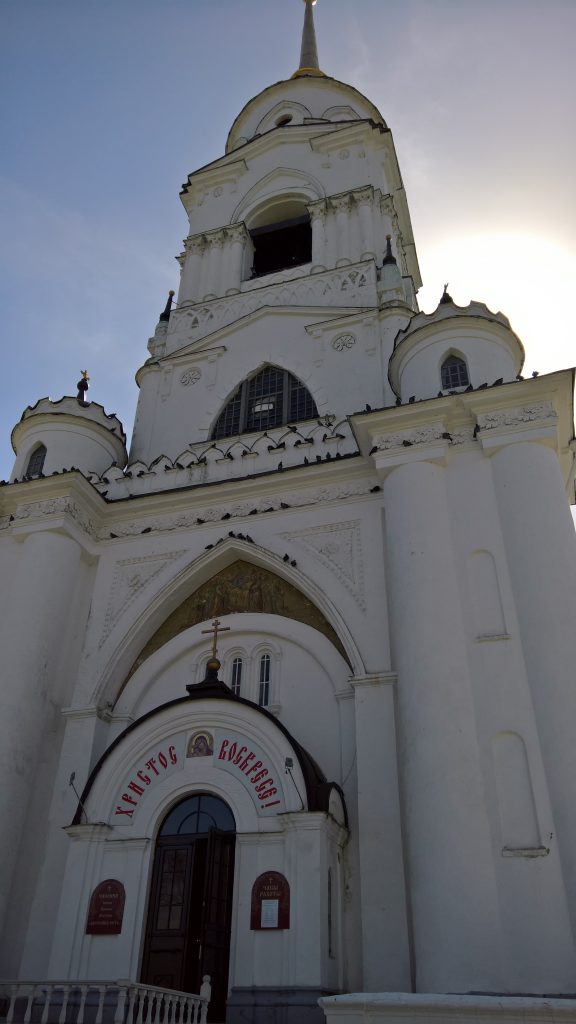
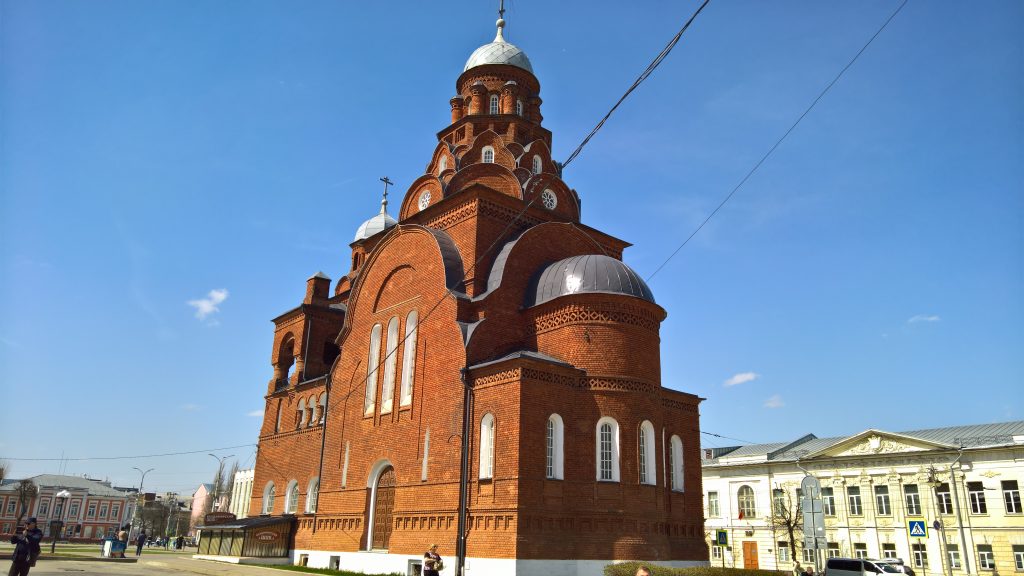
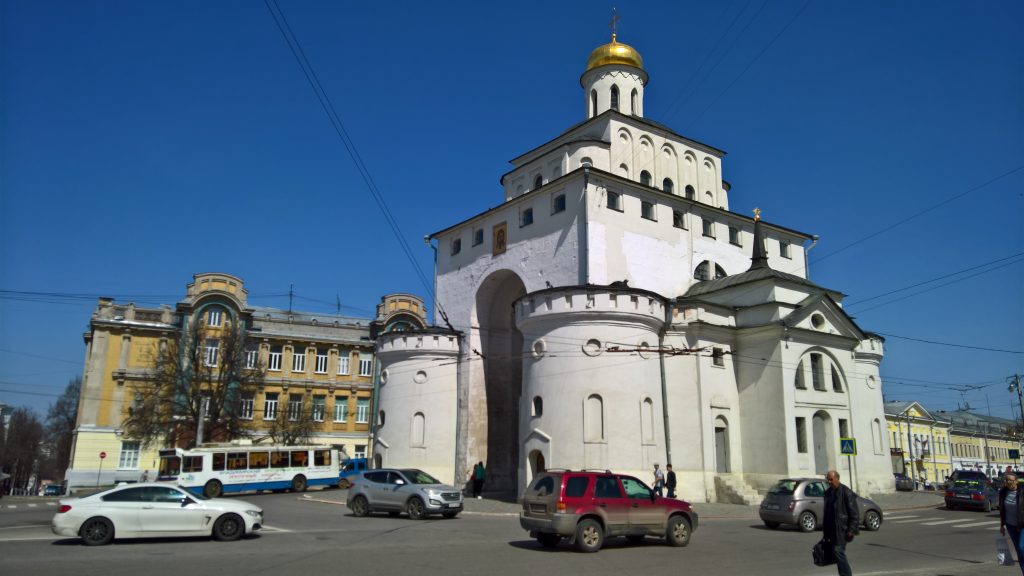
How nice! After a brief rest, we went along the main street next to them. The street was calm and peaceful enough to make us think this is not like Russia that we’ve known so far from the busy streets in Moscow, until we went through an alley. It went into some of the living areas in Vladimir and as such was not in that good of a shape.
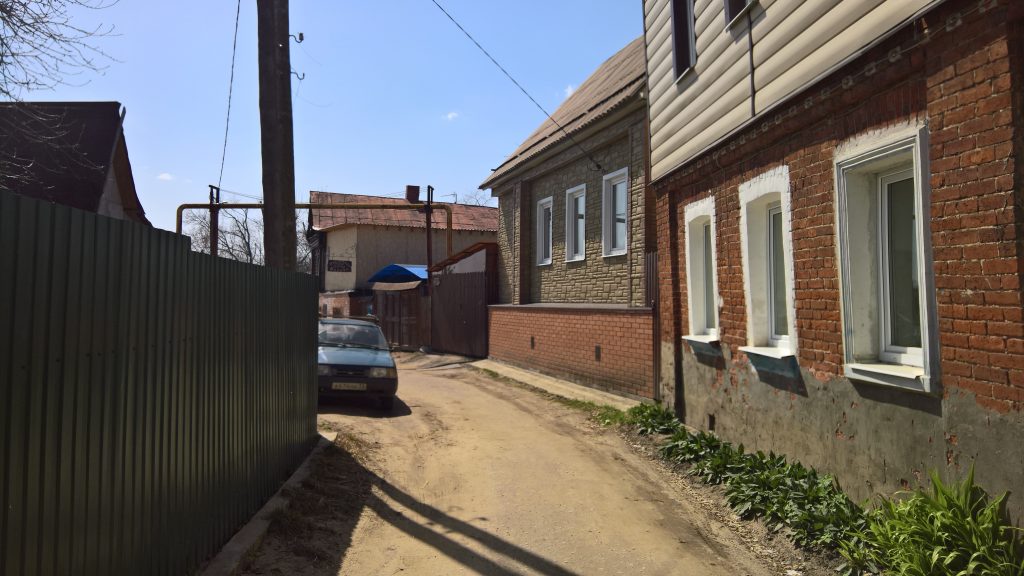
Generally, Moscow is a lot more advanced in terms of infrastructure and appears more European. The differences begin with the cars in the cities and extend to public transport that is mostly relying on old buses in Vladimir. However, that of course has its very own charm and the air in Vladimir was simply amazing. In addition, the prices are also lower in Vladimir by roughly 30%. And, Vladimir even has its very own chocolate museum that we visited. This was not the only surprise Vladimir had for us. It also has an English Pub that could easily compare to any of the pubs I visited in London.
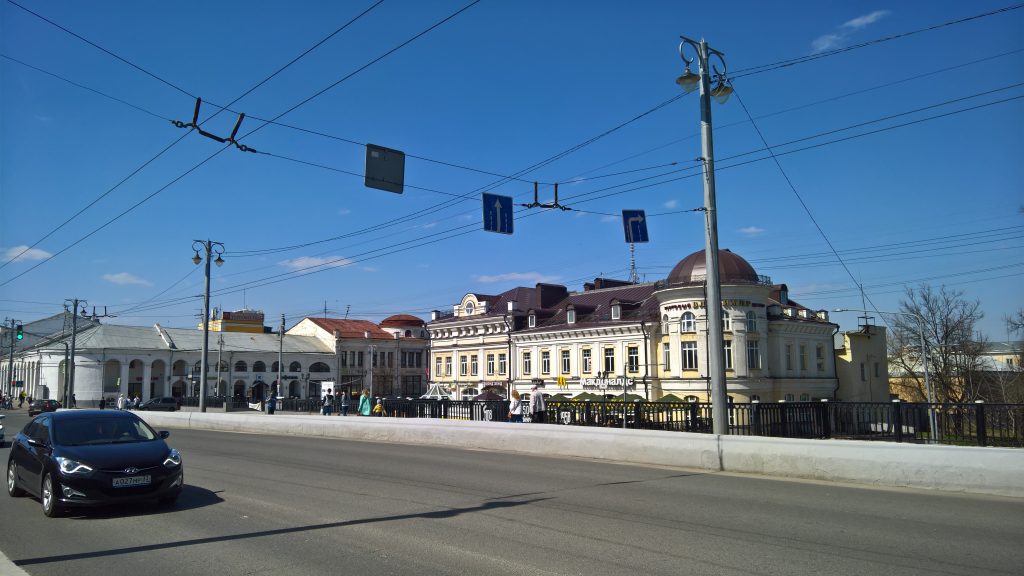
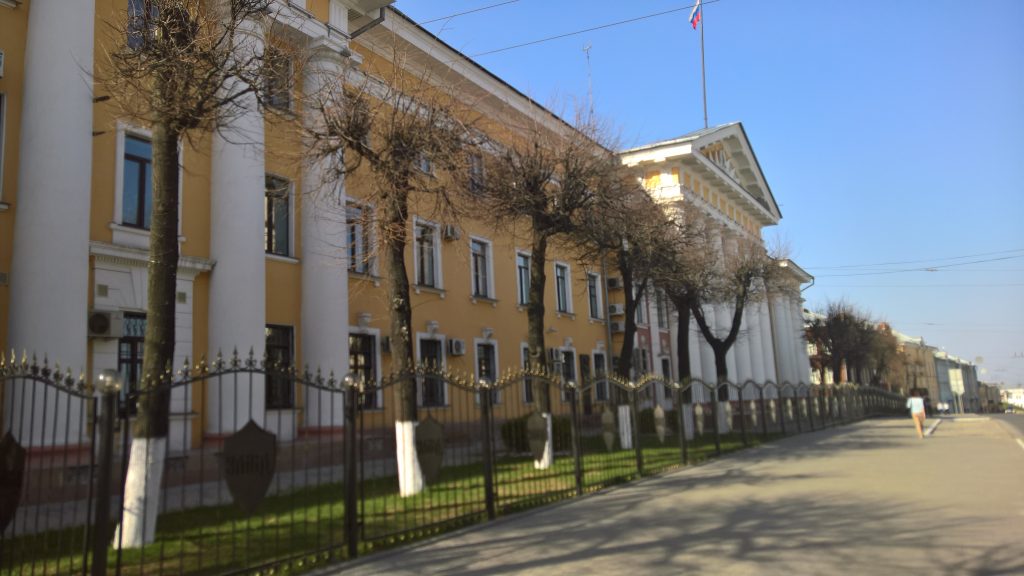
The next two posts will be about a trip to Kazan (a city in Tatarstan closer to Siberia to the east of Moscow) and about the weekend we spent exploring Moscow more.
09/02/2017 Cooool times abroad
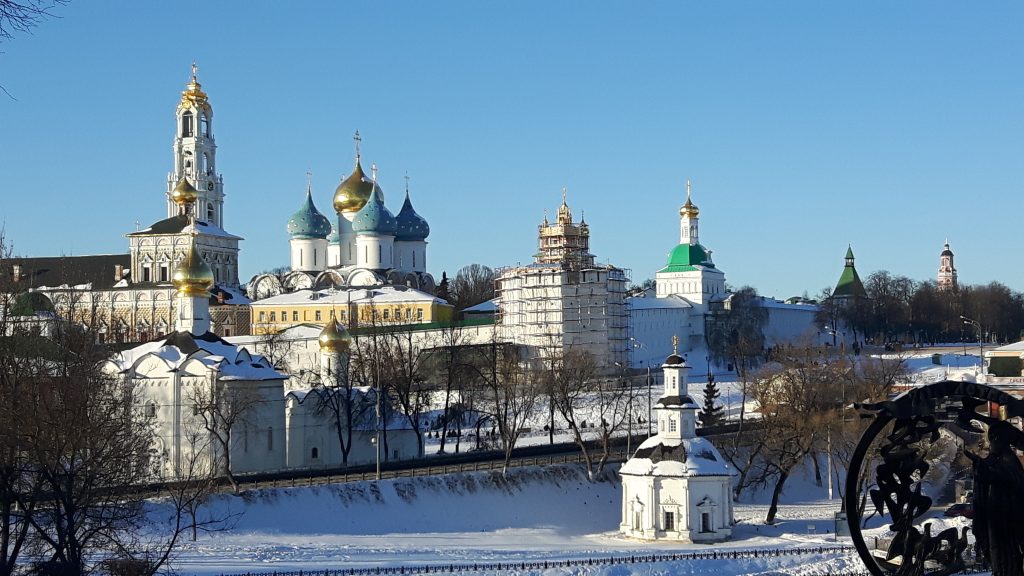
A friend asked me why have I been writing this blog ? I think it shows a few thinks that are worth encouraging: 1. Open world-view 2. Understanding between different people 3. Going beyond your comfort-zone and so on 🙂 The reason why I initially built the website was that I am still working on a larger project that involves a website so I was interested in seeing how it works. Lastly, it also just keeps everyone up to date and I am fascinated by the number of people one can reach with one post, it would take so much longer to update everyone individually.Let’s move on to what has been happening since the last post. I had a very interesting few months and will now talk about each of them in turn: 1. November: This month and the next didn’t have much to do with Russia and Moscow because I was mostly studying. The aim I had was digitalising all my notes for uni, meaning being able to study completely without paper. To that end, November was a lot about setting up the new devices I had acquired with that aim in mind. The reason that is interesting in the context of Russia is because internet is comparatively cheap. I now have limitless LTE internet on my 2 in 1 device that costs me roughly 10 Euros a month. In Germany and the UK I am not even sure whether an option like this exists, if it does it is way more expensive. Great side effect of having limitless internet everywhere on your laptop is being able to work a lot and everywhere you are, which would come in handy in December, maybe one of the busiest months in my life as a student so far. 2. December: The peak in terms of exam craziness was writing 2 exams on one day, going to a party that evening and then holding a presentation the next day. I could of course not have gone to the party but I felt it was important to go because it was organized by a friend who manages a company and promised to bring many new and interesting acquaintances from the Russian business scene. It ended up being very interesting and confirmed some of the stereotypes we have around how Russians do business. At university, I had 7 exams overall I think and they all went reasonably well. HSE is a little more relaxed when it comes to how exams take place: you sit next to others and getting some extra time upon request was also possible for fellow students. This is a stark contrast to what I have heard about universities in Europe, at least in the UK and in Germany. I also took the time to attend the meeting of DAAD scholarship students in Russia (students who are receiving a scholarship by the German Academic Exchange Service). Among others, we had dinner together in the former embassy of the German Democratic Republic (GDR) that is now the Goethe Institut (Germany’s “language school association”). It made me experience history with its architecture and also wonder what decisions had been taken in these rooms before Germany’s reunification. Our host told us about how he found a rifle in his closet when moving into his flat that formerly belonged to a diplomat of the GDR; what was its use in those times? Finally, a traumatic christmas (abroad on the 24th for the first time) was brightened up by some green, a few cookies and a candle my grandmother had given to me (what would we do without them). 3. January: It always feels weird to come back to a place that you know and see completely different people. Most of my friends only stayed for half a year and had thus left already. Therefore, it was time to make new friends (interesting btw how everyone is stressed about doing so at the beginning when coming to a new place). Another aspect I had to renew was my course choice. I did something similar to what was just introduced in Harvard; shopping week for courses. That meant just looking into all kinds of interesting courses, sometimes just for a lesson or two and sometimes for longer. It has also gotten so cold in the meantime that it is important to leave indoors with a smile on your face, so that your frozen face expression outside is a positive one. For example, during one run outside my eyelids froze together at the outer ends while I was running. One of my highlights this month was the first dance lesson this year. Dancing is one of the things I would like to improve on during my year abroad, which is why I visit the dance lesson offered by my university. This time we really learned a lot and it is starting to get interesting. Movements are no longer just standard but actually challenging for the first time. 4. February: This has been my “holiday month” in the first week. I finally went to the biggest ice rink in the country in an exposition area in North Moscow called VDNKH. Amaaazing, It’s incredibly big. One round takes you several minutes with reasonable speed and there are several different routes, so it was completely different from the small rink we are used to in Europe. I also went on my first day-trip with the local student organisation to a city called Sergiyev Posad. That is the “spiritual center” of Russia where you can see lots of churches in one of the biggest monasteries in the country. Almost as interesting as the destination is the trip itself on the train. First, Russians heat very well generally, in case of trains so well that you get a sore throat because of the heat coming up from the heating under your seat. Second, trains in Russia “walk”, both literally in the Russian language and speed-wise, so that a trip within the borders of Moscow took 1.25 hours. I mean Moscow is big but not that big. Such were the last few months I have lived here in Moscow. Just recently, I realised how different my time here is from my life in London. London is full of international and exceptional people that have taught me so much. Here, I am the coolest and nobody can teach me anything (*disclaimer* this is a German making an ironic joke). Joking aside, students here are incredibly nice and because my Russian is getting there it is more and more fun to converse with them in their native language. I guess the main difference I am alluding to is that uni is different and people are too, although by no means less interesting. It was also interesting to watch as an “insider” (I can still remember how I struggled when I arrived) how international students face a sometimes massive culture shock when arriving here. For example, I calmed a few new students that were devastated by Russians being completely direct with them. I explained that that doesn’t mean that Russians would not forget about their temporary mood and complaints after a few hours (and sometimes minutes). All in all, very exciting times that make me look forward to spring time here.
16/11/2016 Second month in, and…
I still did not turn into a frozen snowman standing alone somewhere out in this snow desert, even after a week of discovering Saint Petersburg and Moscow actively on foot. Maybe I am exagerating and it’s just me but it is really cold outside (minus range already) and we have been seeing serious snow since the end of October now. Besides being a proof that I am still doing well despite the cold, this post is also a response to what a friend from China asked me: what’s happening and what are you eating? What’s happening: Generally, I am mostly studying for uni and preparing my plans for next summer. However, last week my family came to visit and therefore we were out and about almost every day for the last 7 days. Therefore, I was able to collect a few more impressions from Moscow and Saint Petersburg that you can try and grasp in the pictures below: Moscow:
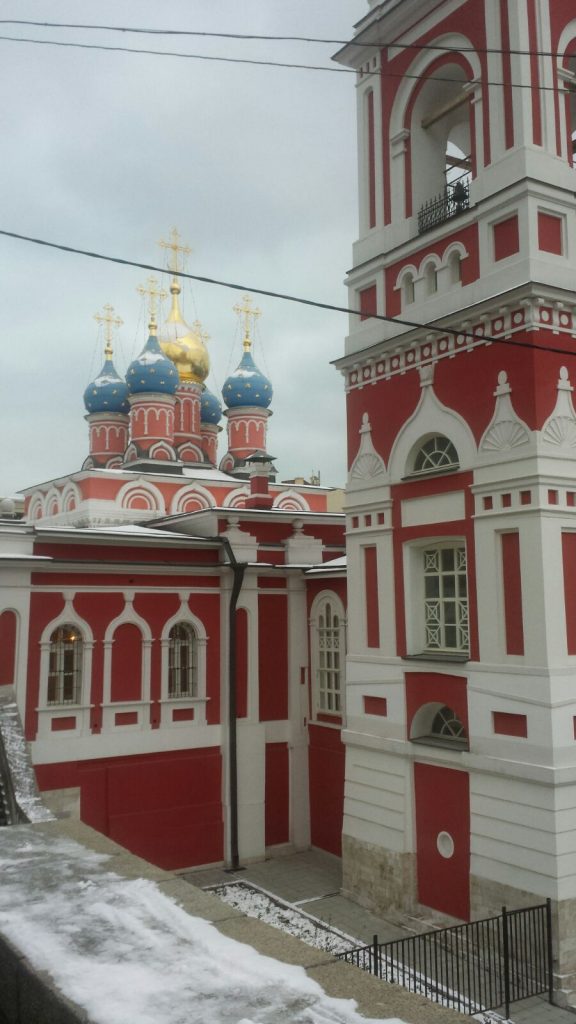
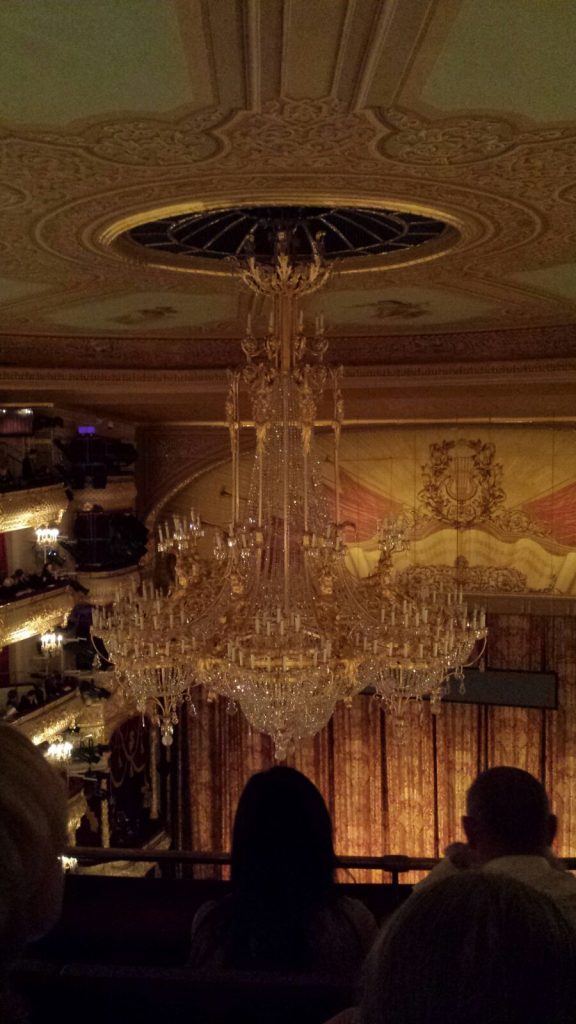
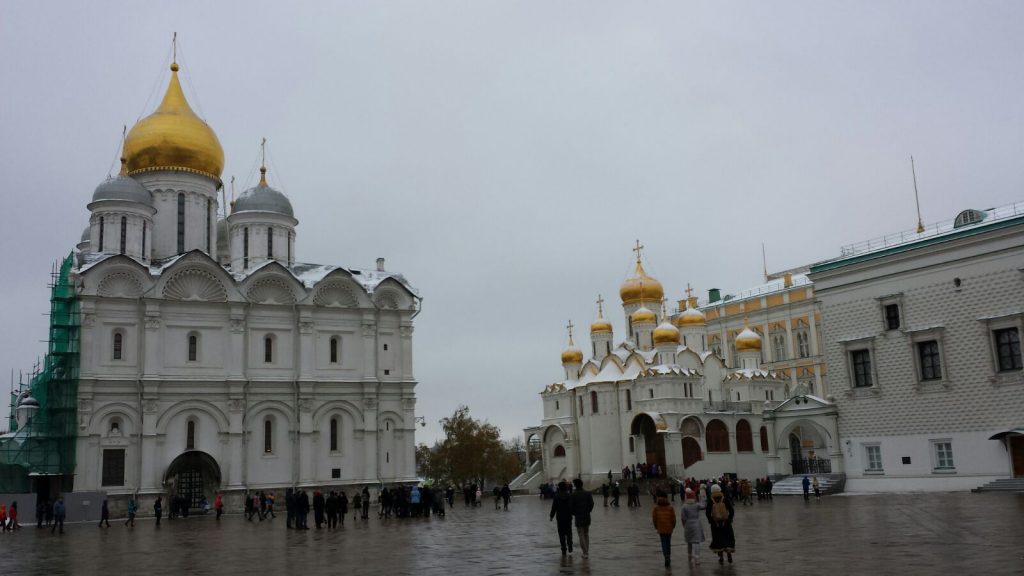
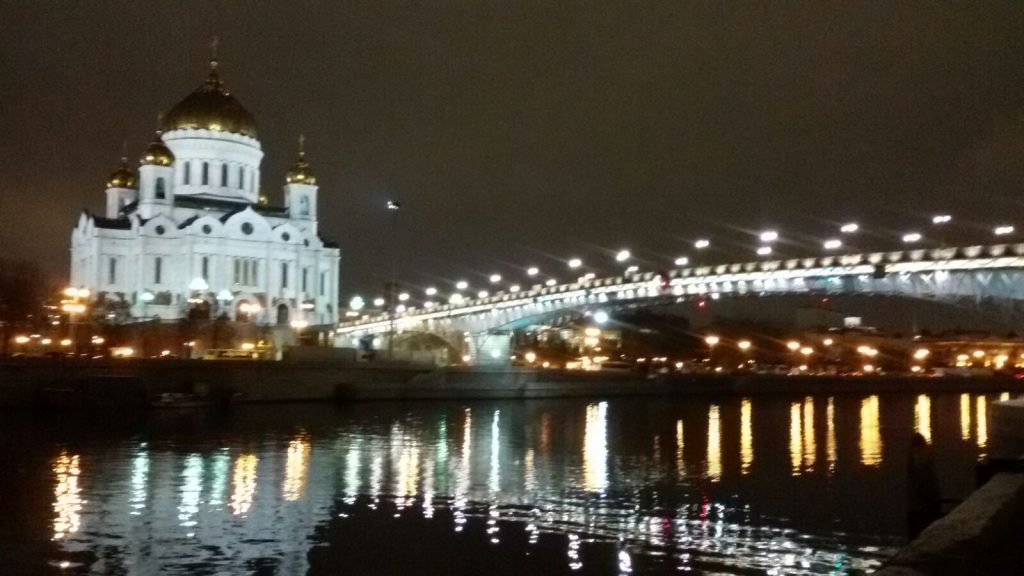
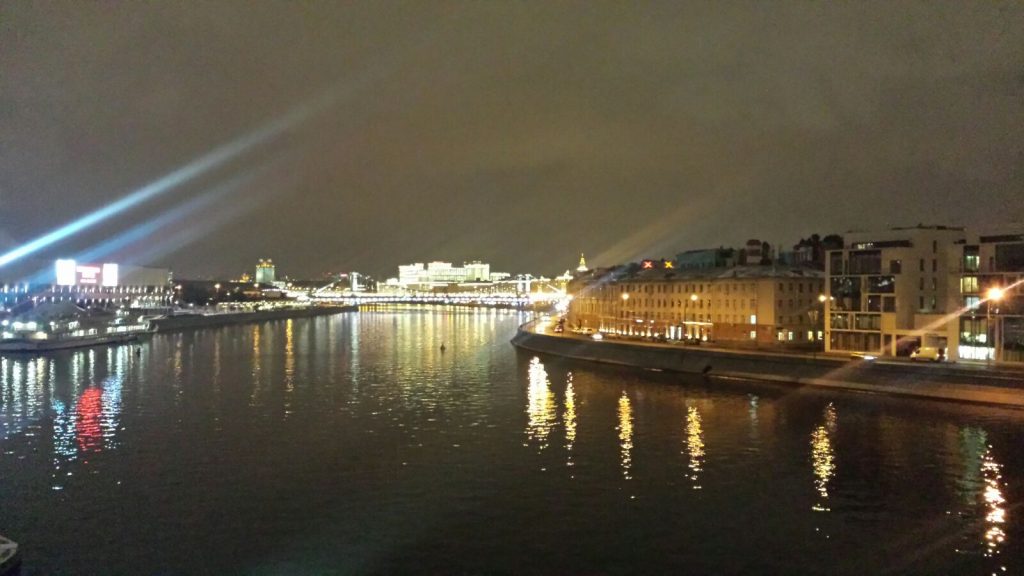
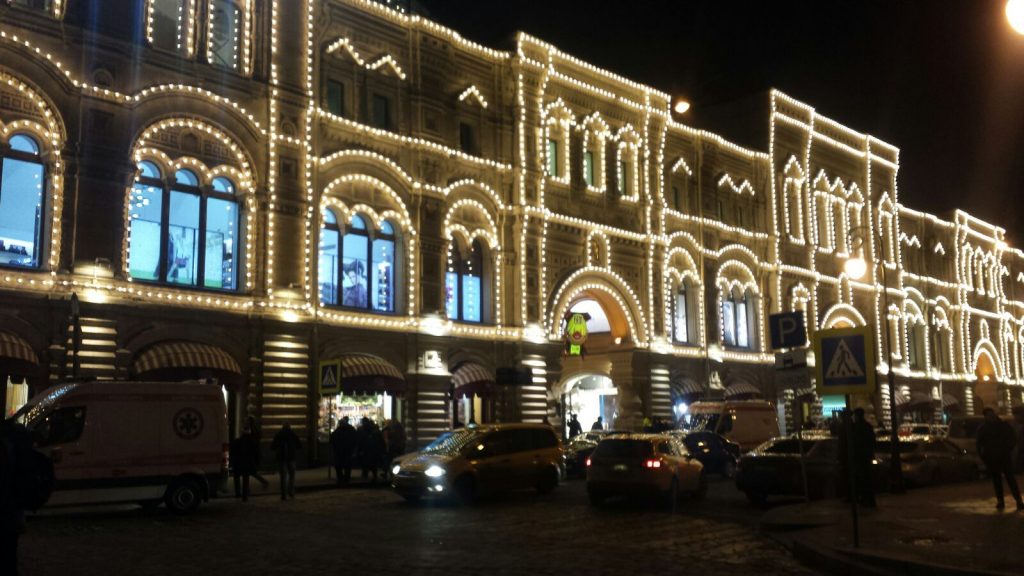
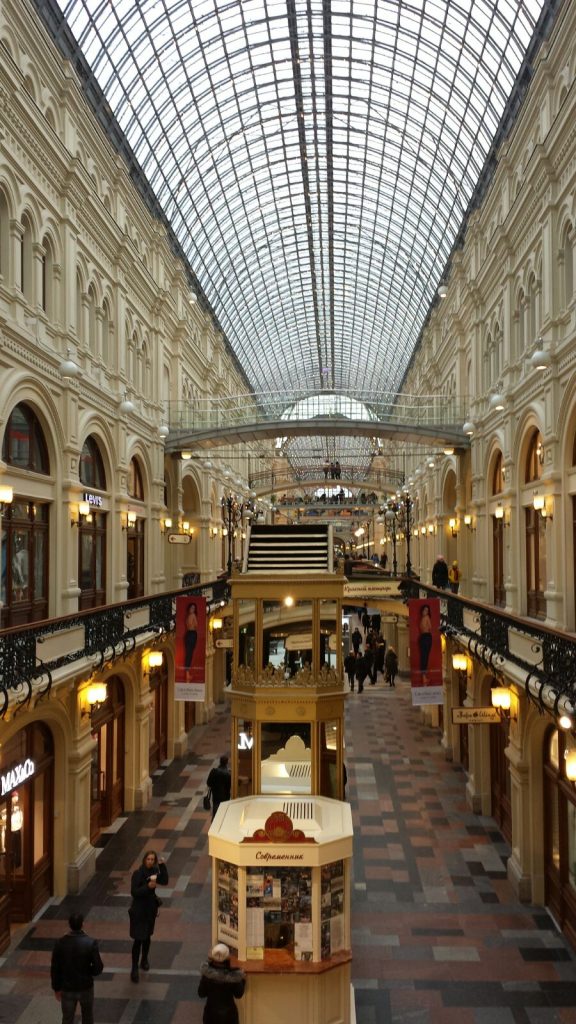
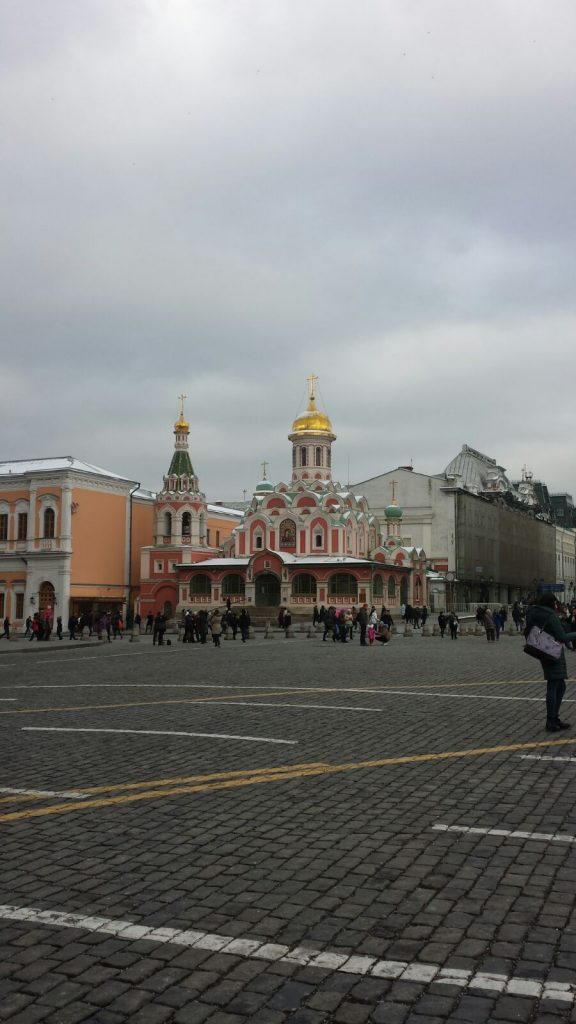
Saint Petersburg:
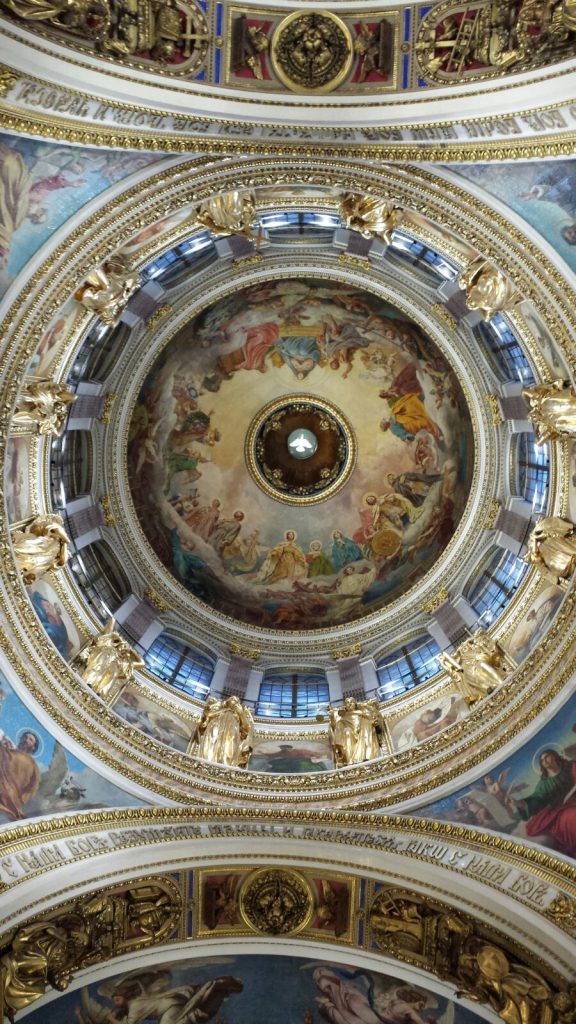
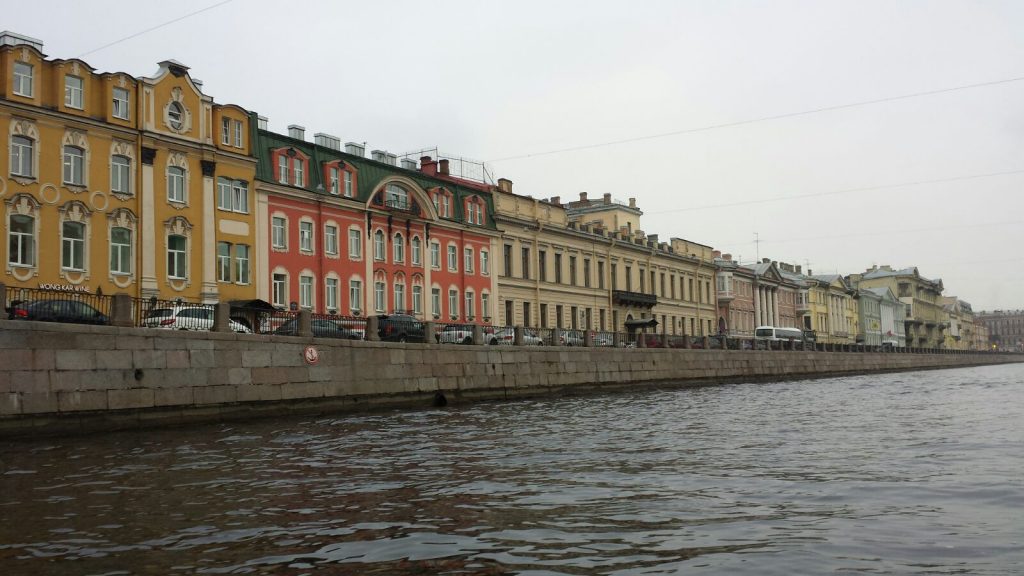
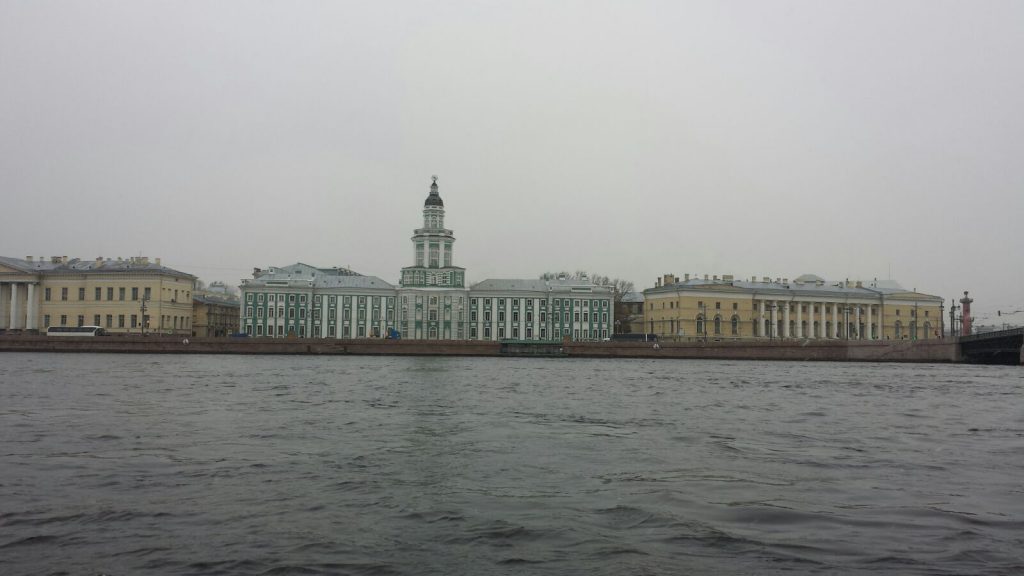
The weather is not very pleasing as you might imagine (and see on these pictures) and I guess I knew what I signed up for. At the end of October, it seemed like I would mostly stay inside for the next few months. However, in the meantime, Moscow has really turned into a snowy winter wonderland during the last few days because snow is not melting that strongly anymore. Or maybe I have also just become more accustomed to the cold. What am I eating? A lot of different things. Although Russian “cuisine” is in my experience not always the healthiest, it can be very tasty, especially its soups and its bakery. When trying, one can also successfully avoid getting a mountain of mayonnaise onto a salad or whatever else one orders as a sauce replacement. Still, the mayonnaise section has its own little area in the supermarket, which shows how important it is here. When it comes to bakery, Russians seem to love to stuff rolls with all sorts of things, cabbage for example, which is called pirozhki. Unlike generally, last week I also ate out more with my family, so here are some pictures of food that we enjoyed last week:
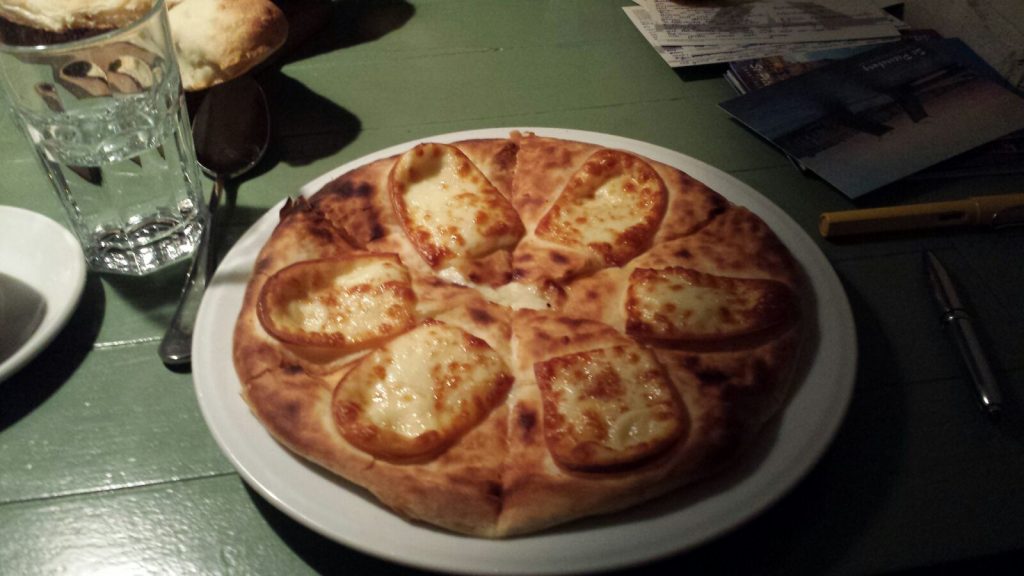
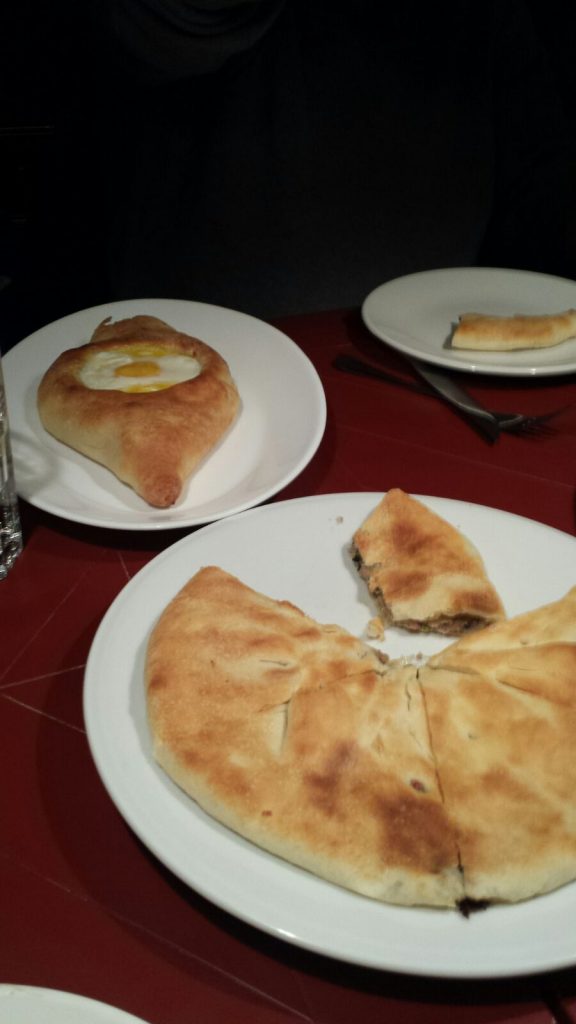
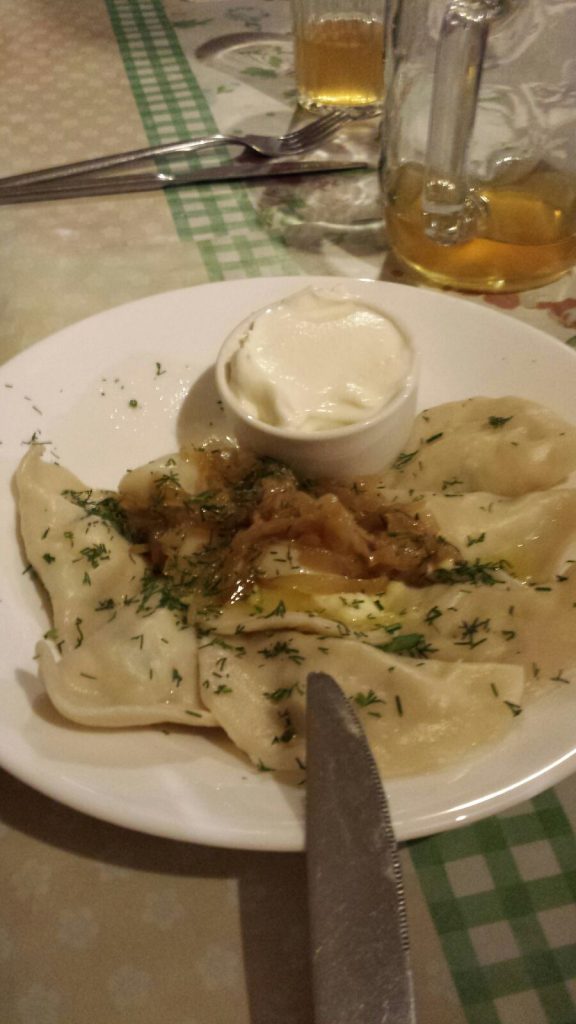
I do not want to say that the bakery stuff above is exclusively Russian but it is often sold around Moscow. What you see in the lowest picture is the Russian equivalent to bao tse (dumplings), it is called pelmeni and sold in all kinds of variations. I hope this was a good answer to your question JP. Generally, this will be my last post for a while and I look forward to hearing from all of you to see hear about what I am missing while in Moscow.
30/09/2016 Year Abroad in Russia – First Month gone by Structure:
- Intro: Why go to Russia?
- Organising life
- Starting at uni
- Impressions and highlights
- Some pictures from Moscow
- Conclusion and preview
1. Why go to Russia? Who has ever been to Russia and lived there for a number of months? Very few people. I guess the number of people that speak fluent Russian in addition to other languages is even lower. But those were not the only reasons for my decision to pursue exactly that. For me, another reason to pursue Russian was also the choice I faced at the beginning of my studies. My program at UCL combines Economics with a language from Europe. I think I would have chosen Chinese above Russian if given the choice, but since I was limited to Europe I thought Russian would be interesting for two main reasons. First, that I had not really gotten to know Russia at all. Second, that the language is sufficiently difficult and thus worth being studied for 4 years. Spanish, French, Italian and others can be learned in a much shorter time period. All this is not to say that I was completely sure that I would enjoy my year abroad and learning Russian, especially considering that I will be here for a long time until June next year. Looking back however, I absolutely didn’t regret my choice; here is what I think now after having lived here for a month. 2. Organising life in Moscow Living in Moscow is nice and easy. If there was not my uni that is spread all over the city. I spend an average of 45 minutes getting to classes and the same on the way back. Moscow metro stations are extremely beautiful as you can see below, but that is not enough of an incentive to spend an hour and more in them every day. But apart from that, everything else is nice: the supermarket is close, we live in a nice dorm and although we are in double rooms my roommate is really cool so that it works out well. Furthermore, living costs are reasonable and my monthly rent amounts to less than I would pay in London for a day (although that is because it is subsidised I think). Lastly, the people I have met here are all extremely nice. I have met two kinds of people mainly. First, the dorm is full of international students that come from Europe above all others. Second and even more interesting: the Russian students at my uni are all very nice and interested in hearing from foreigners. I speak with them in Russian in the most cases, which is great practice on top of being great fun. When you find out more details of a language and understand more you discover more features of a country and its culture. 3. Starting at uni I study at the Higher School of Economics and at the New Economic School. Both of them were founded just a couple of decades ago to provide western high quality education to Russians. When arriving on the 1st of September, I had a very hard time choosing courses for several reasons. First, the number of possible courses was very high. Second, there was no way to know how the courses would be like and whether they would fit to my preferences. Third, the process of choosing and visiting courses involved a lot of difficulties with finding classes and others. Therefore, the first 2 weeks at Uni were a hectic time full of prioritisation and trying out. Of course, that was also exciting in that I had the chance to go “shopping” in some way and tried out a number of courses. For example, basics of mobile app development was already too advanced for me but I found a different programming course instead. Moreover, I also changed my Econometrics course from one faculty to another, where I now have lectures more similar to UCL and in Russian to practice listening and speaking skills (although all the material is in English). In general, the courses I take now range from Behavioral Economics to Statistical Learning Theory. In addition, I also take private lessons to improve my Russian. Overall, studying works really well here and the things I learn are fun and interesting. I am looking forward to seeing how the further experiences compare to what I know from University College London. So far, UCL seems far more international and organised to me, while uni in Moscow is more flexible and more innovative when it comes to assessment: we do not only have one exam at the end but also have other tasks during the year. 4. Impressions and highlights My highlights so far have all been connected to people I have met here and the opportunities I have enjoyed with them. Here is a very small overview over some of them. First, my professor in Economic Growth is really good, which makes the course and the academic development in it challenging and rewarding. Second, I met some old friends I had already gotten to know during my first visit to Russia. Third, me and some newly gained Russian friends were at a concert by a very famous Russian band called Sveri. Fourth, I have been participating in student societies for banking, finance and consulting where I have met very motivated students that where all happy to help me get settled. Fifth, I visited ultimate frisbee once and had great fun there, I even know how to throw a frisbee properly now. Sixth, I enjoyed talking to students interested in studying abroad on the open day of my university, where I was helping the uni’s year abroad team. Seventh, I volunteered at a 5k run helping with the organisation and everything. My personal highlight there was someone thinking that I am Russian even after I had talked to him. Eigth, I have just enjoyed being very busy: I leave in the morning, experience lots of interesting things and then come back in the evening. The only quite time I have is usually from 5:30 to when I leave in the morning. This has meant that I have been using my time very carefully in order to manage to do everything on the list. In order to prepare for more highlights, I have already applied for opportunities this summer and have also organised some other the activities I want to develop in: swimming starts tonight. 5. Some pictures from Moscow:
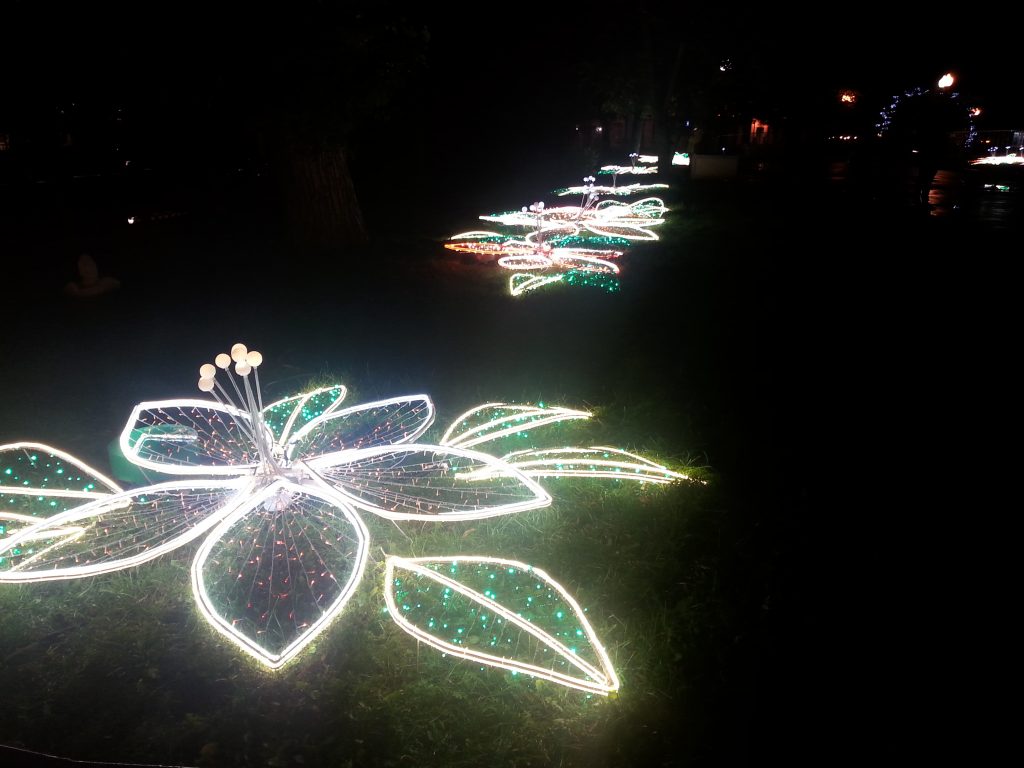
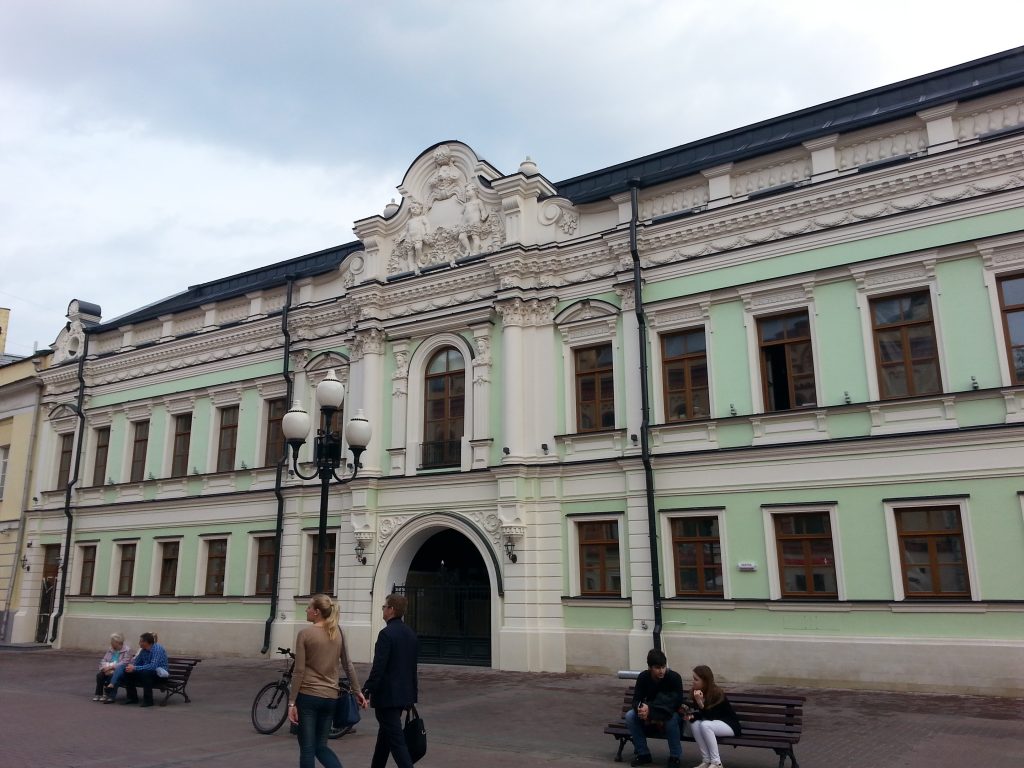
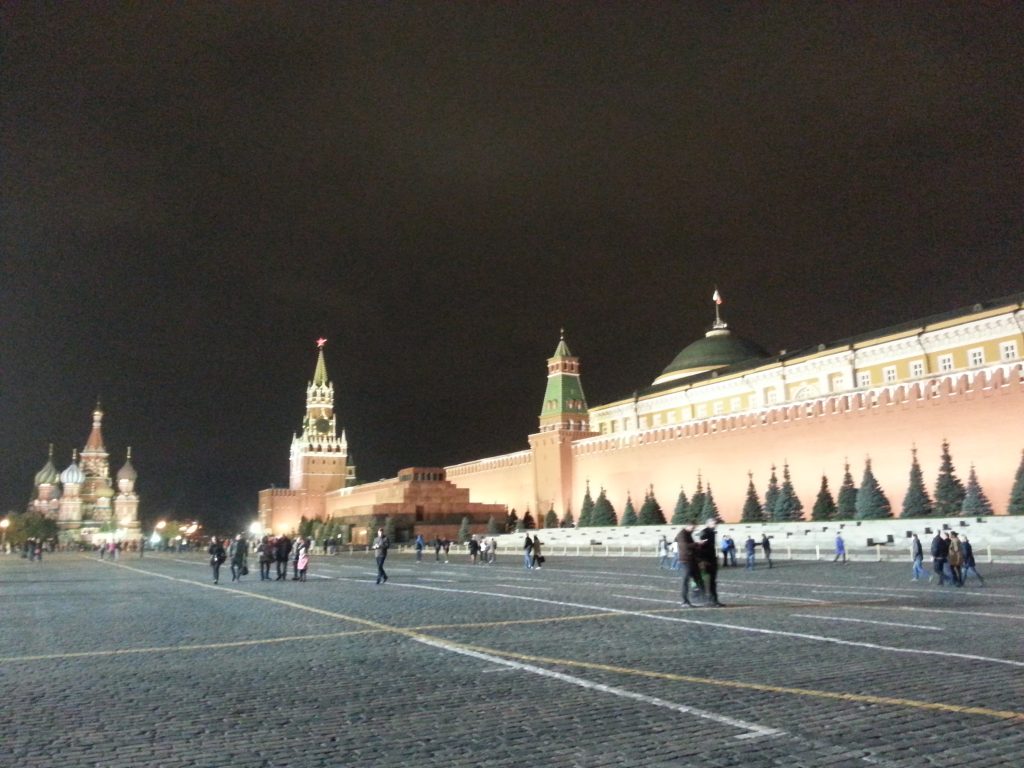
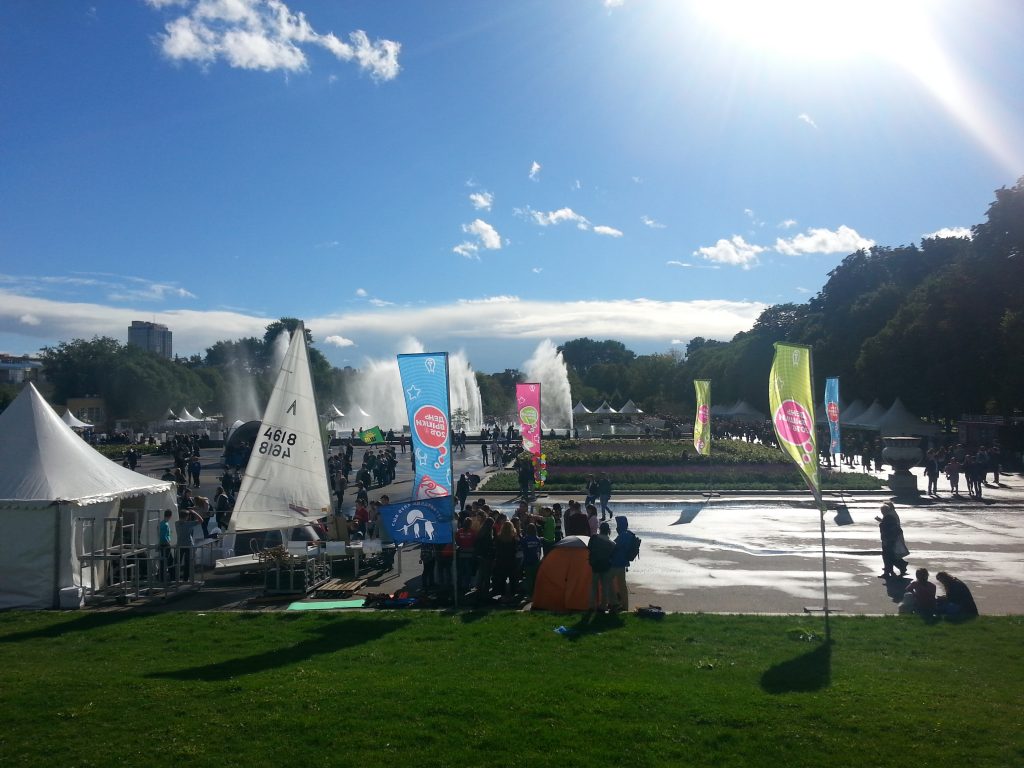
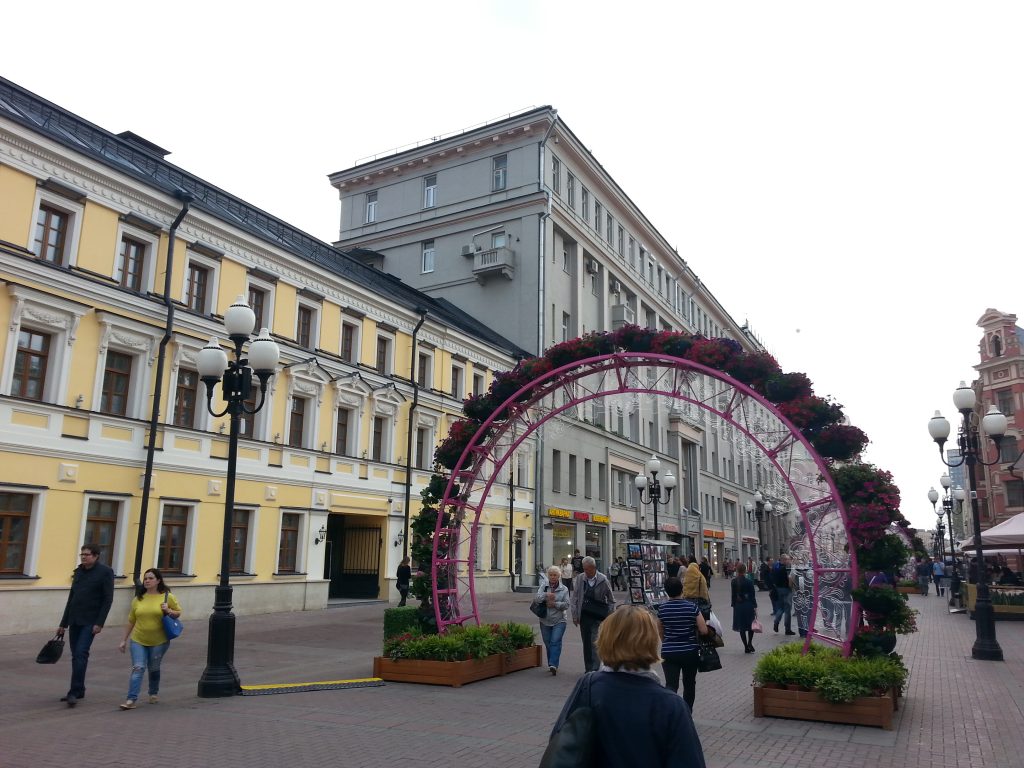
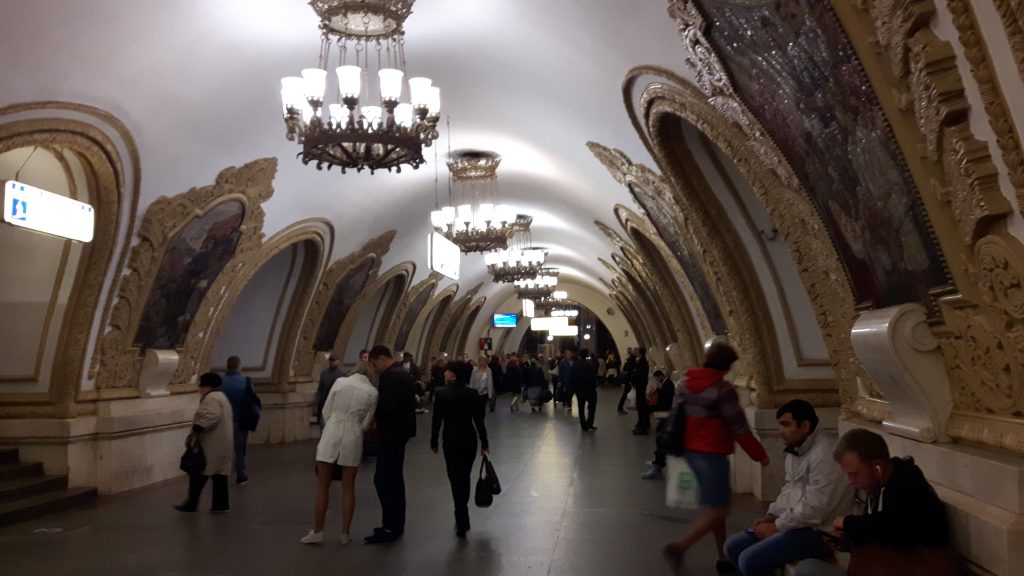
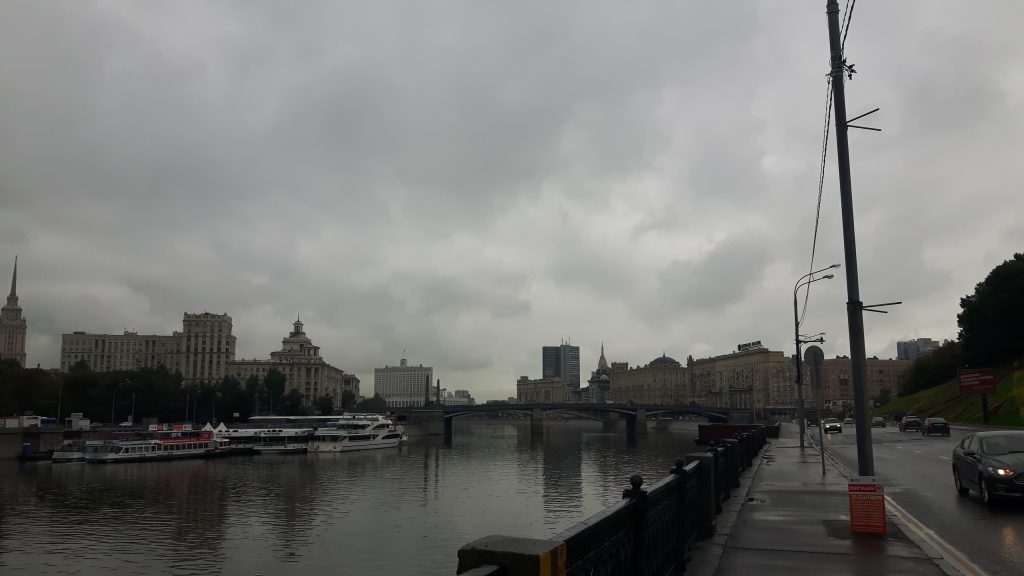
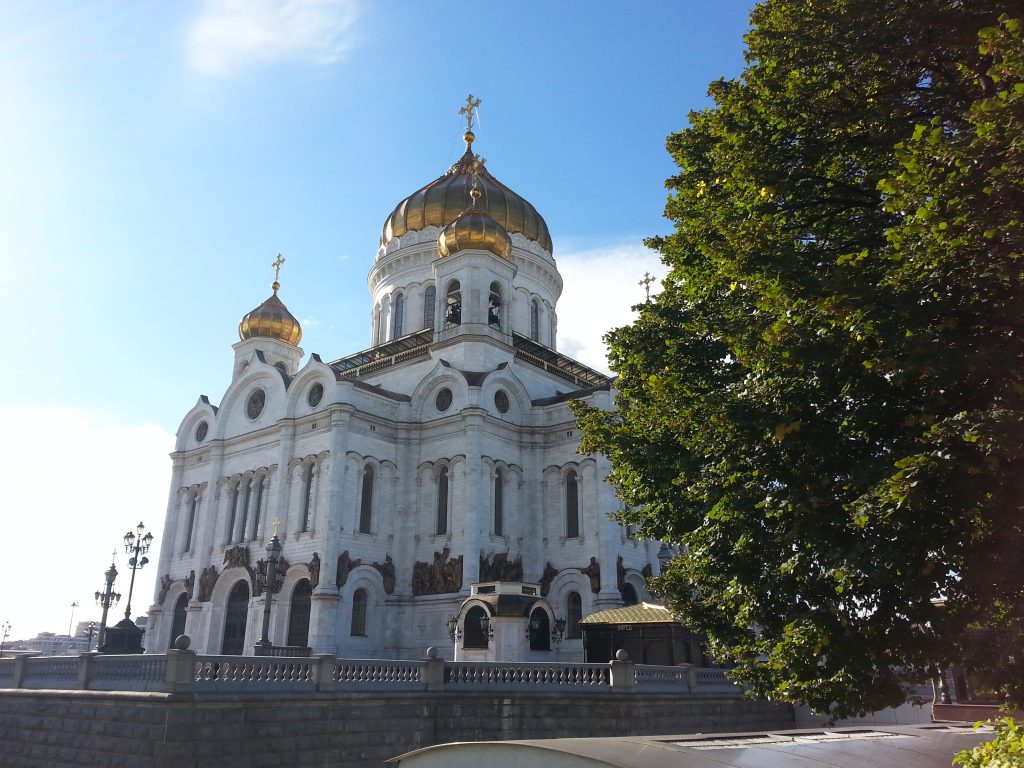
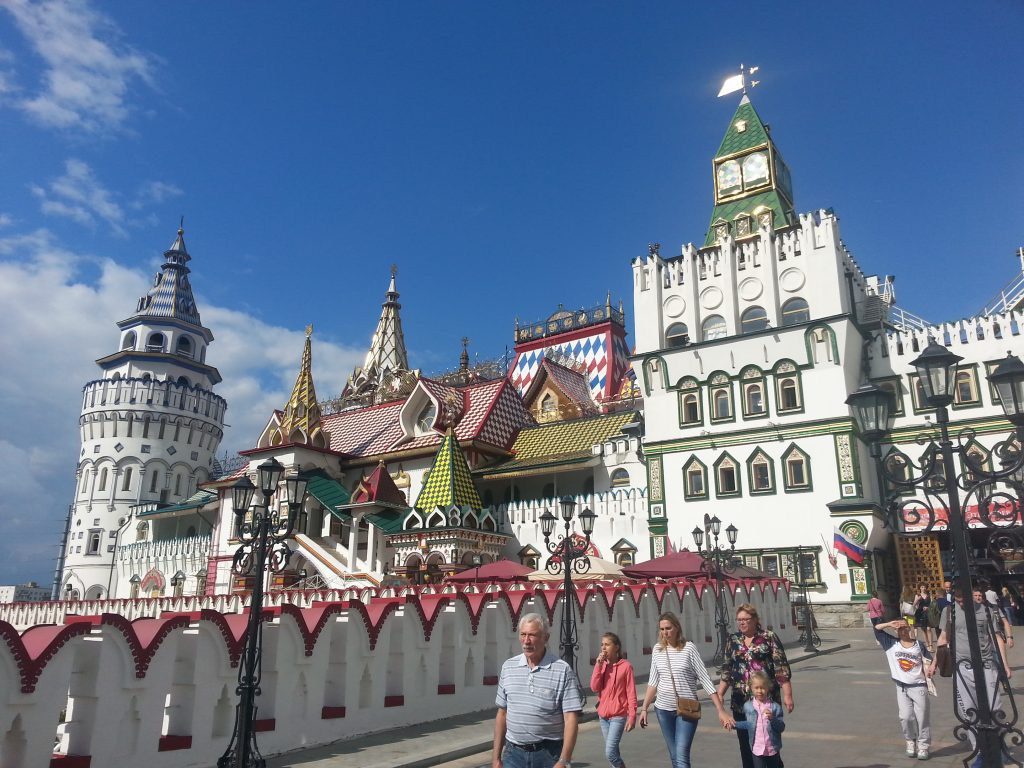
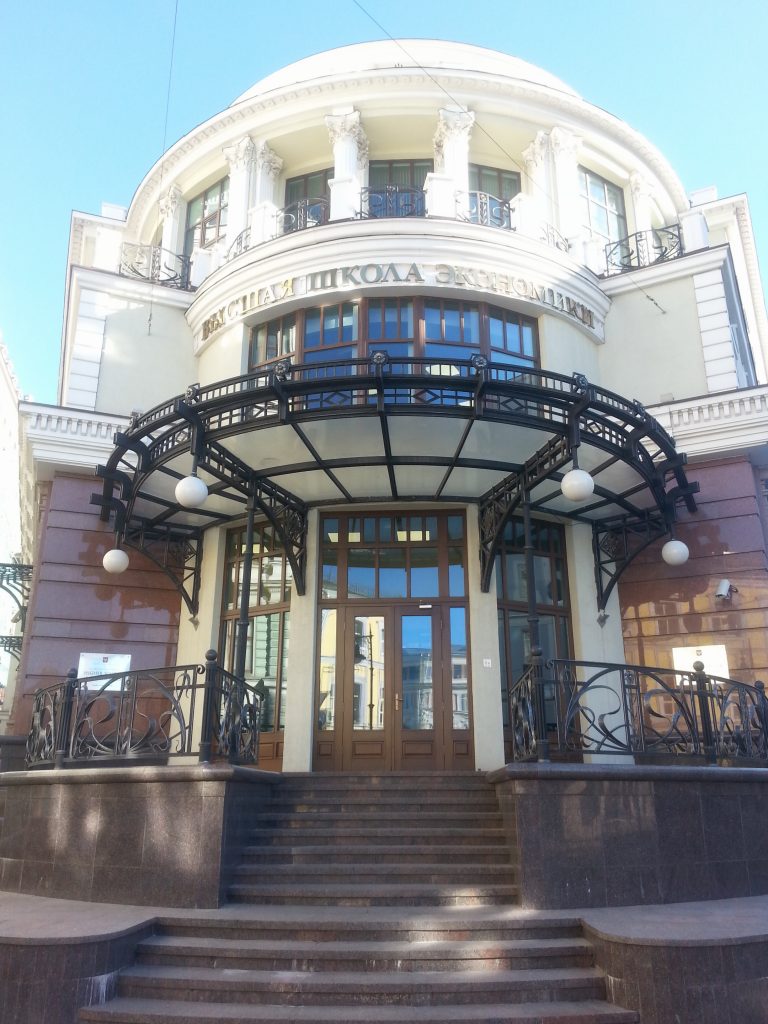
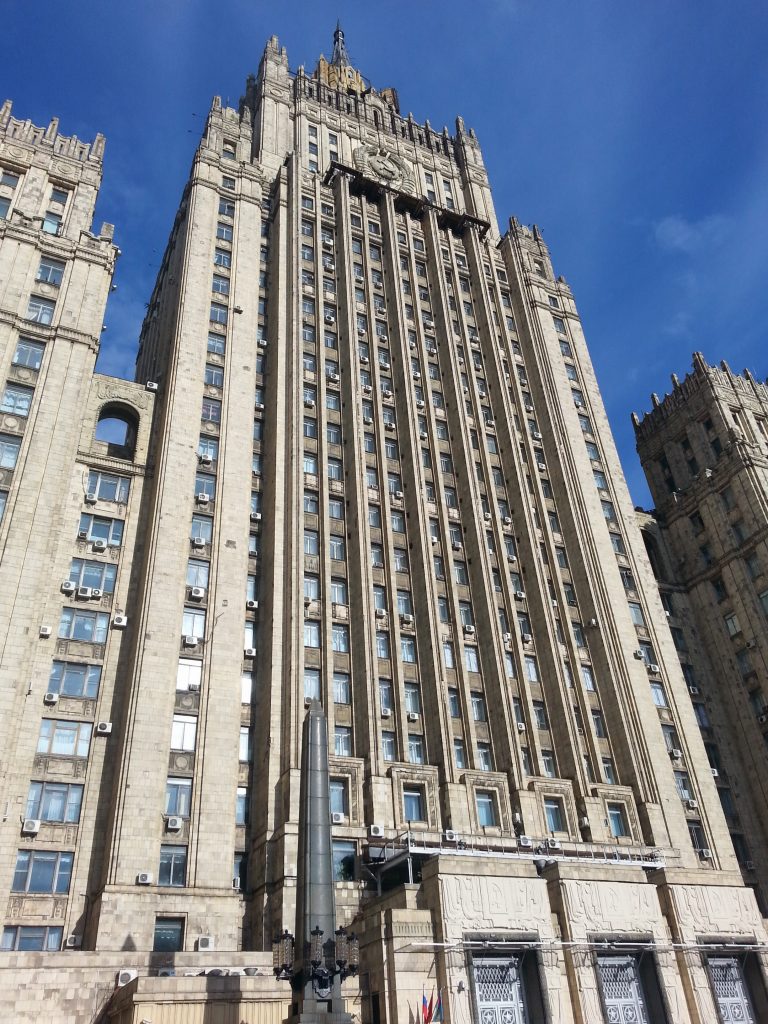
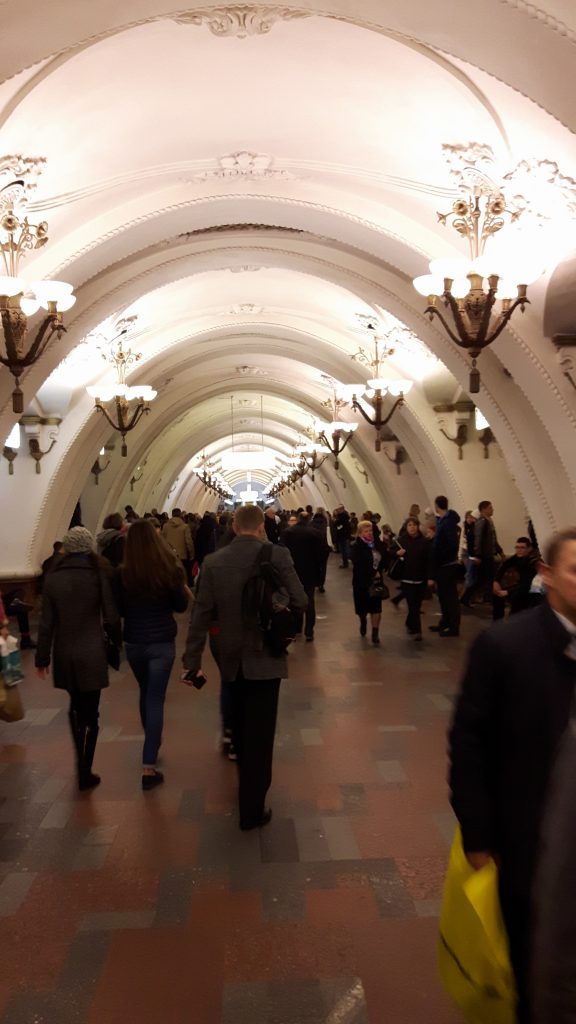
6. Conclusions and preview All in all, the end of this 1st month marks the transmission from the hectic time at the beginning to the actual study phase and some kind of regular weekly schedule. I am looking forward to seeing what I can still fill it with, but if everything works well I would like to catch up on everything at uni, meet as many people as possible, learn some new things (like dancing, which starts on Saturday) and prepare my summer and the 4th year well. The last 4 weeks have shown that I can expect to have a lot of fun along the way.
10/09/2016 Experiencing China and learning Chinese – August in Beijing
- Introduction
- Studying at Tsinghua University
- Learning Chinese
- Living in and discovering Beijing
- Conclusion
1. Introduction: This summer, I flew to Beijing to stay there for a month. In the first two weeks, I joined a summer program called Experiencing China at Tsinghua University in the capital and then took part in a 2-week Chinese language course. I had already been to China once when I was 16 and since then I wanted to come back. Not only to eat more of the delicious food but also to see more than just Zhuhai, the comparatively small south-eastern city that I had been to on my first visit. In addition, the Experiencing China program offered me the opportunity to learn more formally what makes this rising country what it is today and how it will continue to develop in the future. All that, while getting to know nice and ambitious students from all around the world. Lastly, as it turned out, I was also able to take my sisters with me to China. 2. Experiencing China: Tsinghua had organised this program for the first time to broaden its international reach and to enable students to get to know China better. 140 students from 26 countries were selected to live and study on campus from the 1st to the 12th of August. The program consisted of a range of activities. First, morning lectures brought top-class professors to us that spoke about the most important issues facing China and the world today. These ranged from Education to Environment, the History of China its Economic development. Second, afternoon classes split the large groups into sub-groups that dealt with six topics in more detail. These included: Economy, Architecture, Education, Women’s development, Environment and a City. Every student was assigned to a group based on his preference. I was assigned to the Education group and so I got the chance to learn about the History of Chinese Education in the first week classes and then its present and future development in the second week classes. Lastly, we also went on group excursions every other day. These took the Education Group to places such as the Imperial College, the National Library, education start-ups and the headquarters of the Confucius Institute. This all was framed by an opening ceremony in the faculty restaurant and a closing ceremony in a hotel just off campus. The key take-aways for me were overall that China deserves more attention and that I will have to come back to try and understand more and really experience China. To this end, good control of the Chinese language will be imperative. That is why I already started to learn it with two of my sisters in a 2 week language course right after the program at Tsinghua. 3. Learning Chinese To study the language, we went to Global Village School (GVS) just south of Tsinghua University campus. That school was recommended to me by a 4th year student in my course at University College London. I had contacted her because she had gotten into the Schwarzman Program and had already studied at Tsinghua before to learn Chinese. Turned out she could give me great advice; many other people I met at Tsinghua recommended to go to GVS as well. The school was also quite cheap. My sisters and I had our own private teacher and still paid only 9000 yuan for two weeks including accommodation, which is the equivalent of around 800 Euros or 600 Pounds. Classes took place from 9 to 12 in the morning, during which we respectively covered one chapter of an introductory textbook published by Beijing Language and Culture University. At the same time, we learned characters in a character workbook and also had an exercise book. Generally, Chinese is not as hard as its said to be. Especially basic phrases are simple because sentence structure and conjugation are straightforward on a basic level. Therefore, the most tedious part was learning characters, of which we tried to learn around 15 every day. At the end of the two weeks, our level was sufficient to buy certain quantities of simple goods and to have a simple conversation, such as introducing ourselves. Most of the time was spent on practicing how to pronounce words in order to set a good foundation for future study. However, pronunciation is also manageable as there are only 4 tones and pinyin reveals a lot about how a word ought to be pronounced. 4. Living in and discovering Beijing Life in Beijing was not easy but very beautiful, both for a number of reasons. Challenges we faced ranged from ordering food to making our way around in the city, although that was somehow manageable thanks to the good metro system. The main problem we faced with the latter was bing maps (the only site you know as a westerner left without google). It was not precise at all. Therefore, we could only find our accomodation after using baidu. Bing had led us to some completely different place. Ordering food was another issue: it was easy on campus at Uni because you could just point to meals. Yet, as soon as we ate off campus, cards sometimes consisted only of Chinese characters. Therefore, we had to resort to choosing unknown dishes. As time went by, we found the restaurants with pictures on their cards. In addition, our Chinese improved, which made things a lot easier. We also went to a local supermarket to get some basic groceries, which of course also made things easy. Our eventual solution for food were Chinese dumplings for breakfast and then local restaurants for lunch and dinner. Both a Sichuan restaurant and a Peking duck restaurant were our favourites. In the afternoon, we usually went to see a number of different sights, many of which were just breathtakingly beautiful: Sunday, Behai Park
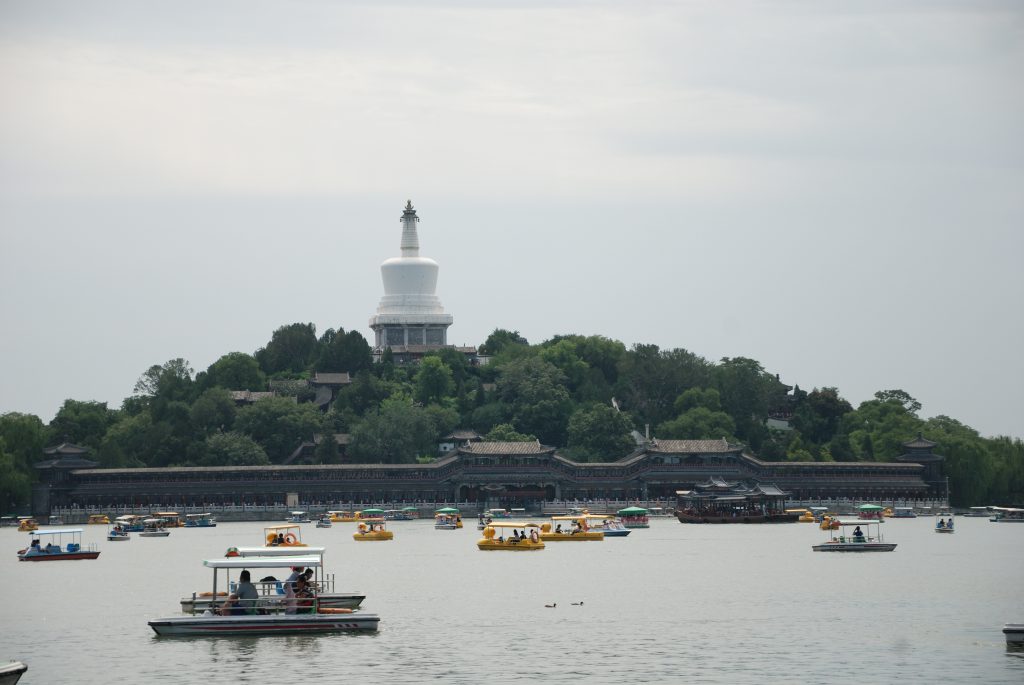
Tuesday, Oriental Plaza
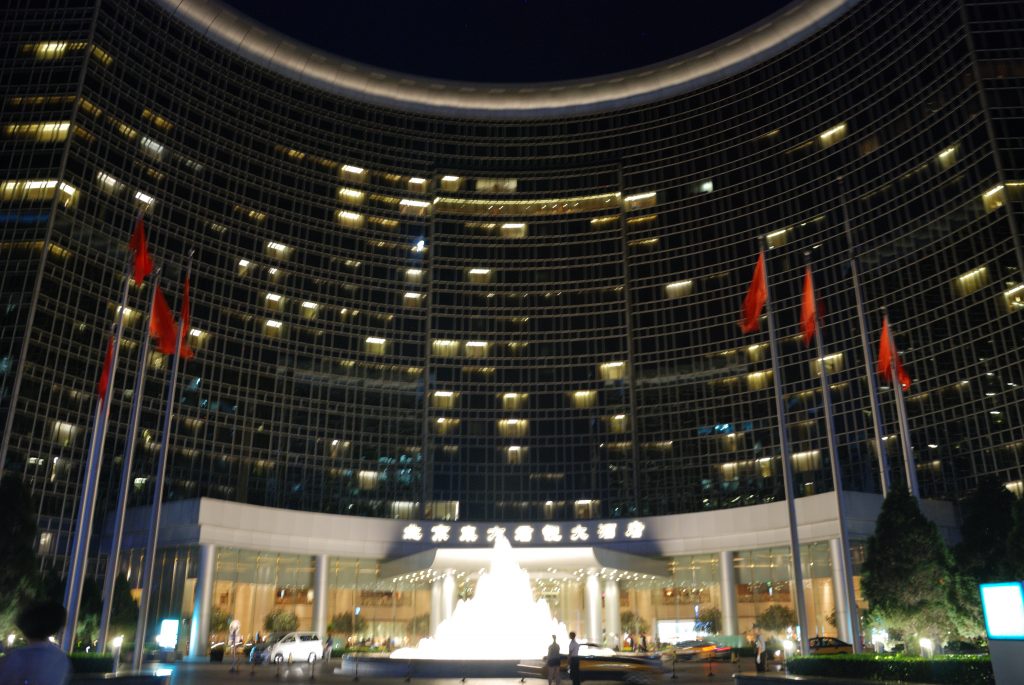
Wednesday, Temple of Earth
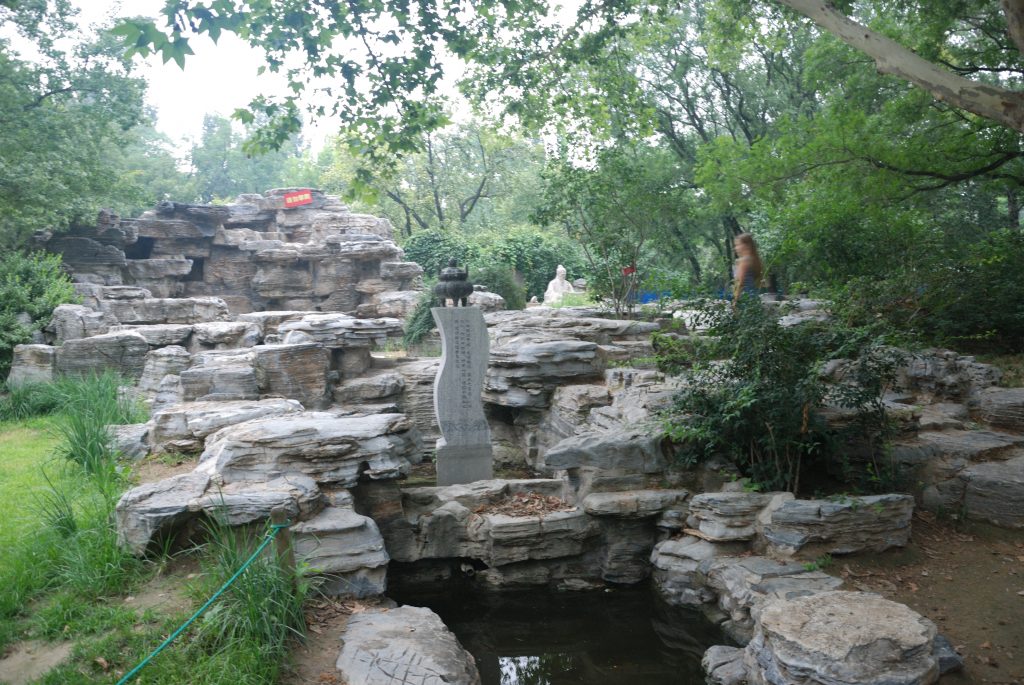
Friday, Temple of Heaven
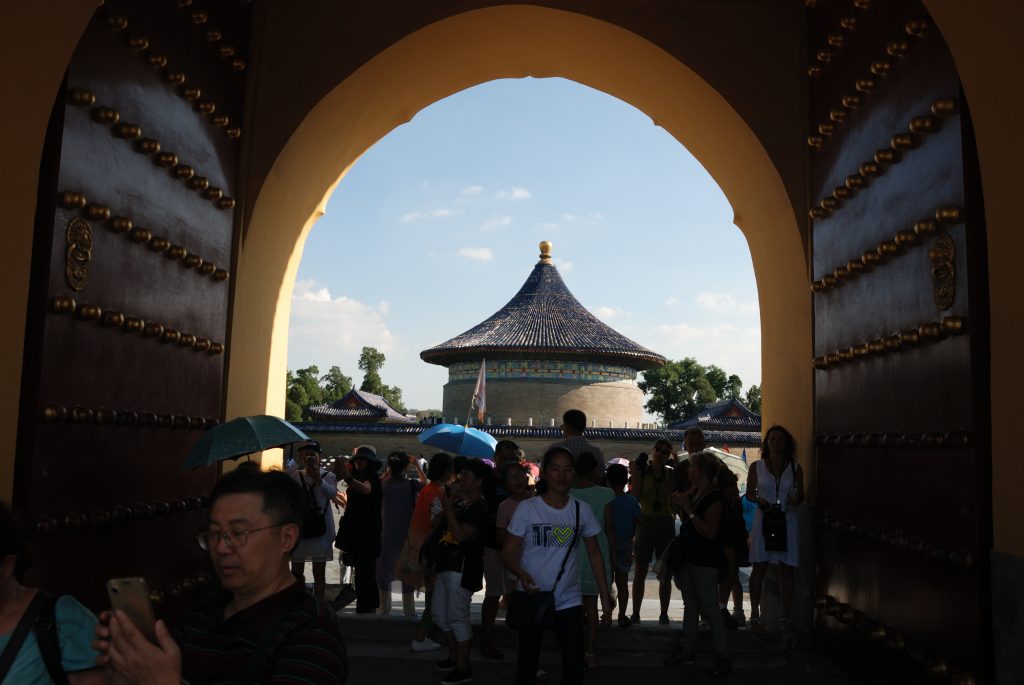
Saturday, Forbidden City and Coal Hill
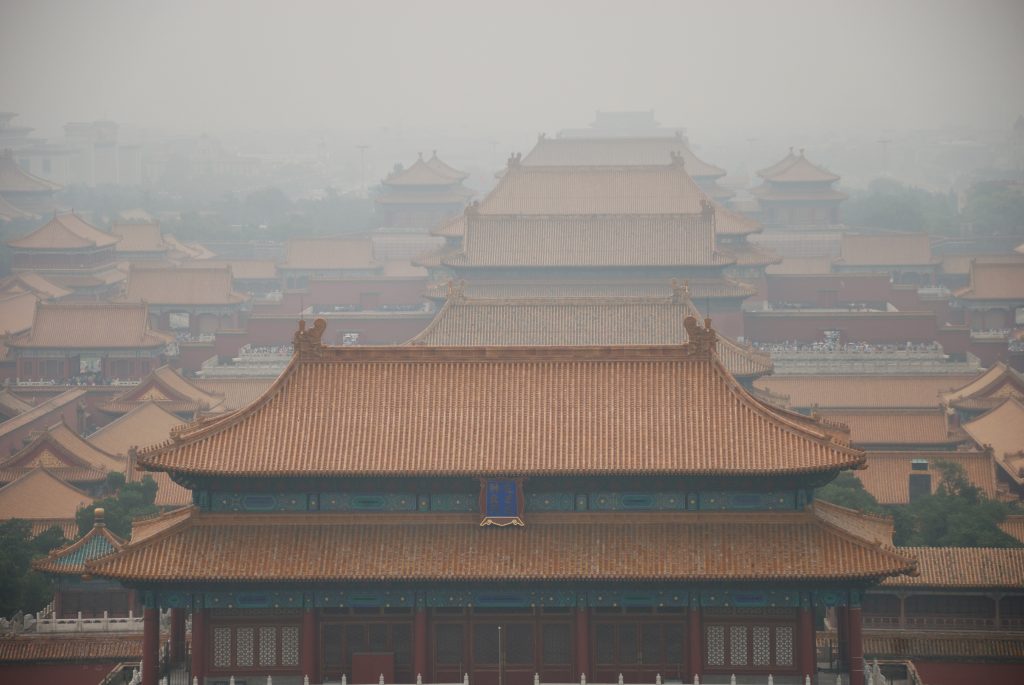
Monday, Beijing Dongyue Temple and City Wall
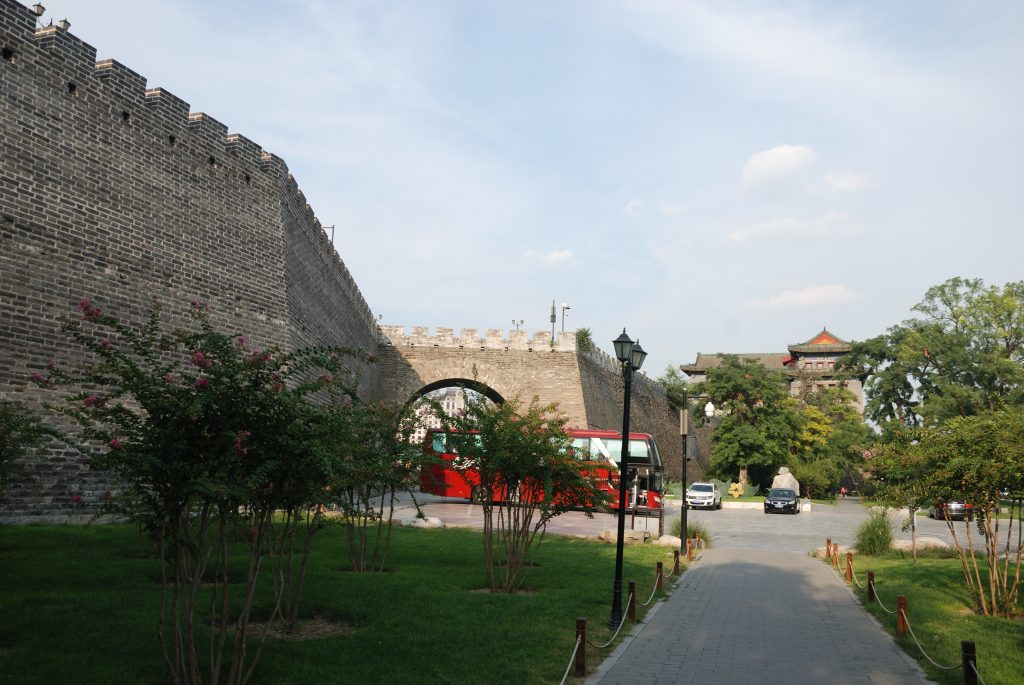
Tuesday, Monastery of the White Clouds
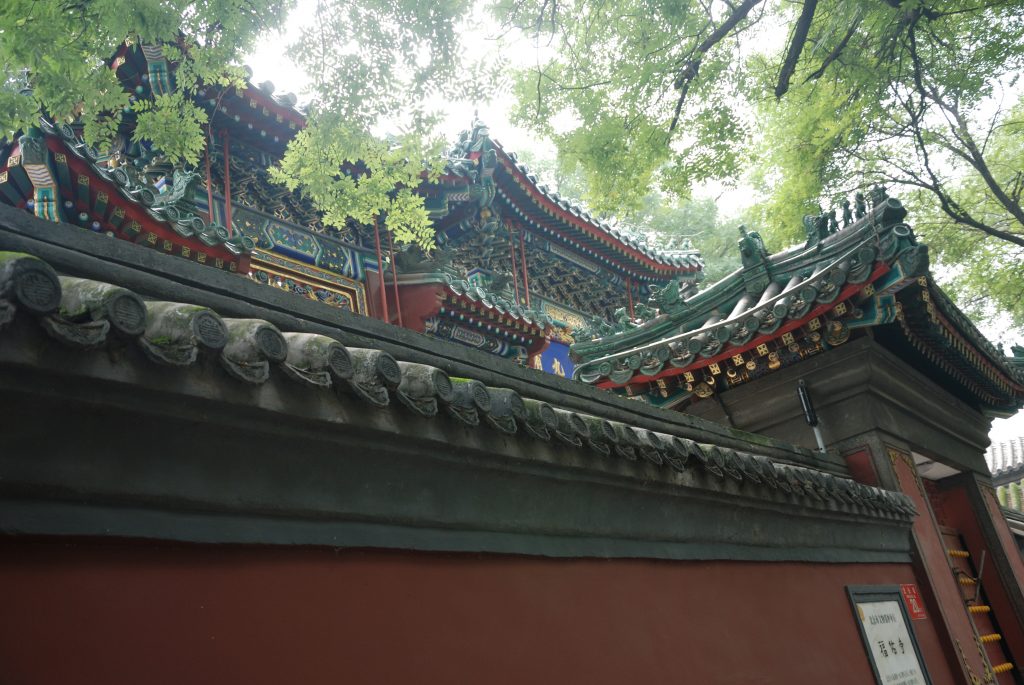
Wednesday, Museum of stone architecture and Indian temple
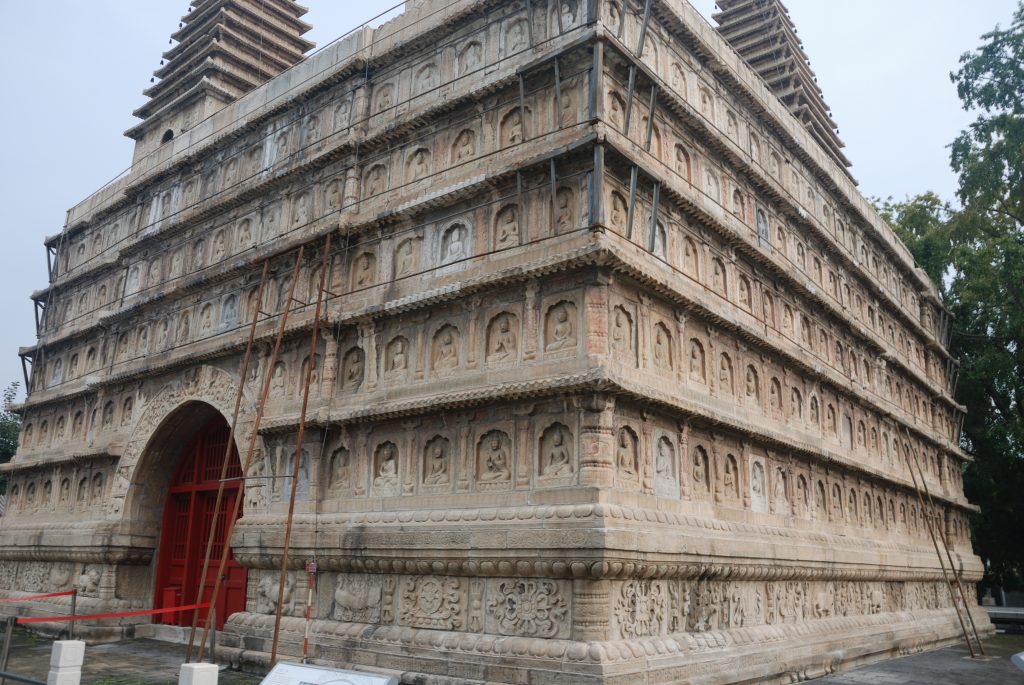
Thursday, Souvenir streets
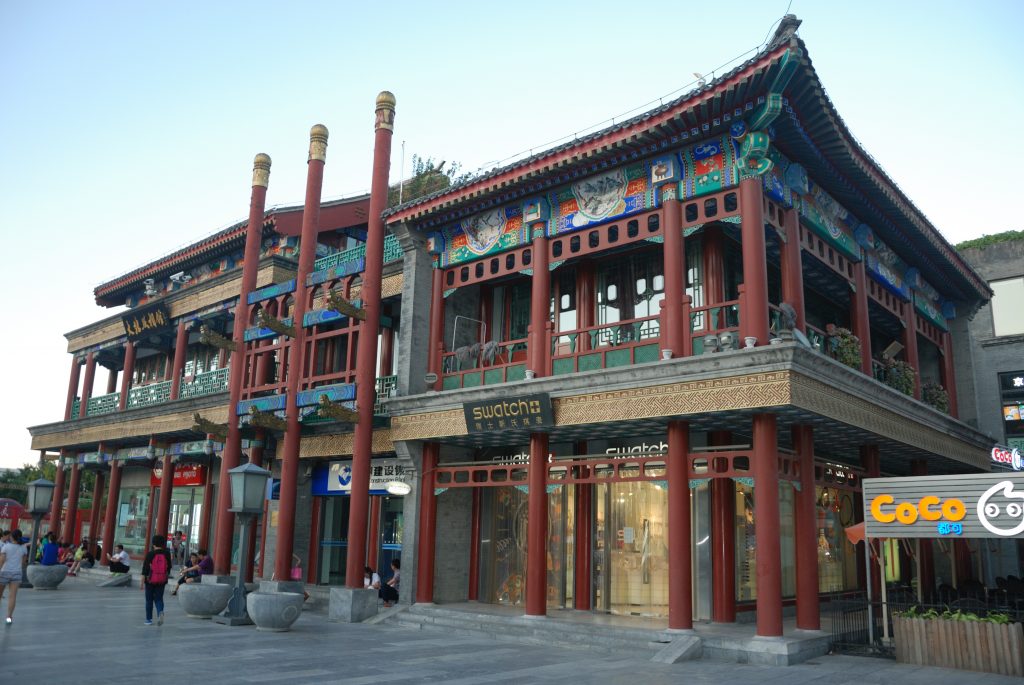
Friday, Summer Palace and Old Summer Palace
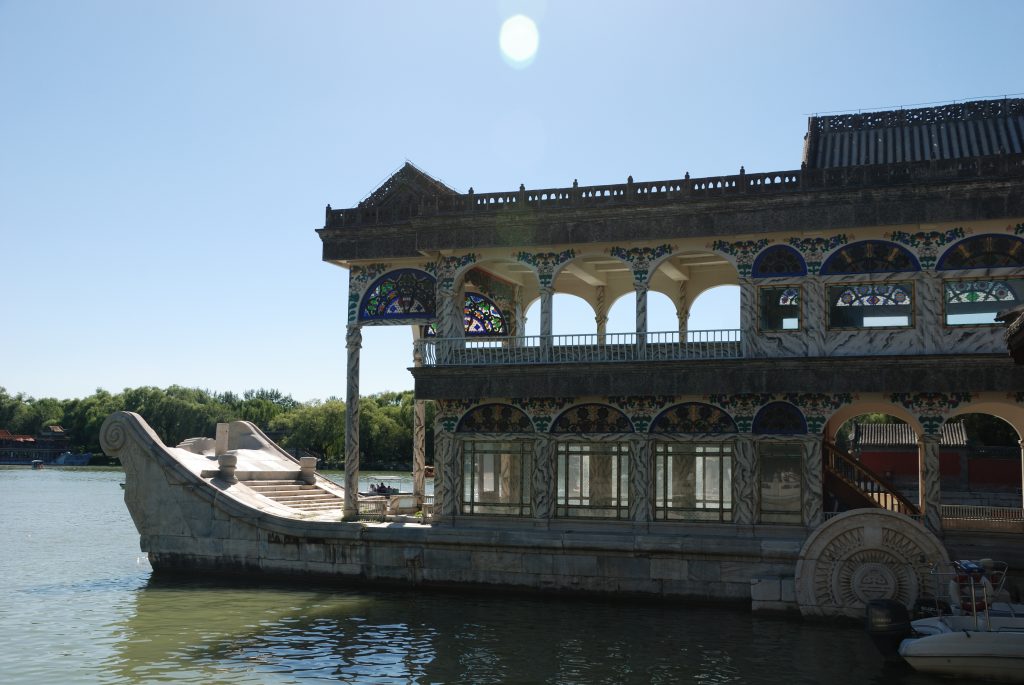
Saturday, Central Television Tower
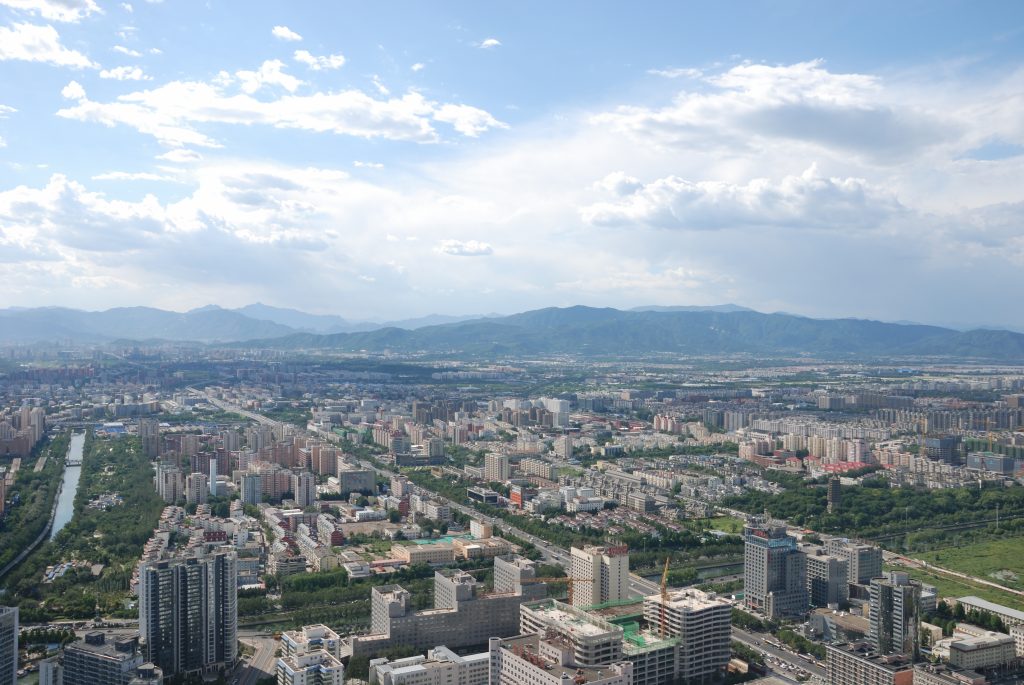
5. Conclusion This was a huge challenge in many ways and it was very much worth it. It showed and reinforced a few very important beliefs. First, that China is incredibly important. Second, that Chinese is doable and will still keep my sisters and me busy for a while. Third, that it can absolutely be recommended to go and discover China. It is a safe country with nice people and incredibly big differences to many western countries that you can try and begin to grasp. However, really understanding and experiencing China, will require a lot more time and effort. I guess no matter how hard you try, there will always be more to discover in that vast and diverse country in the east.
